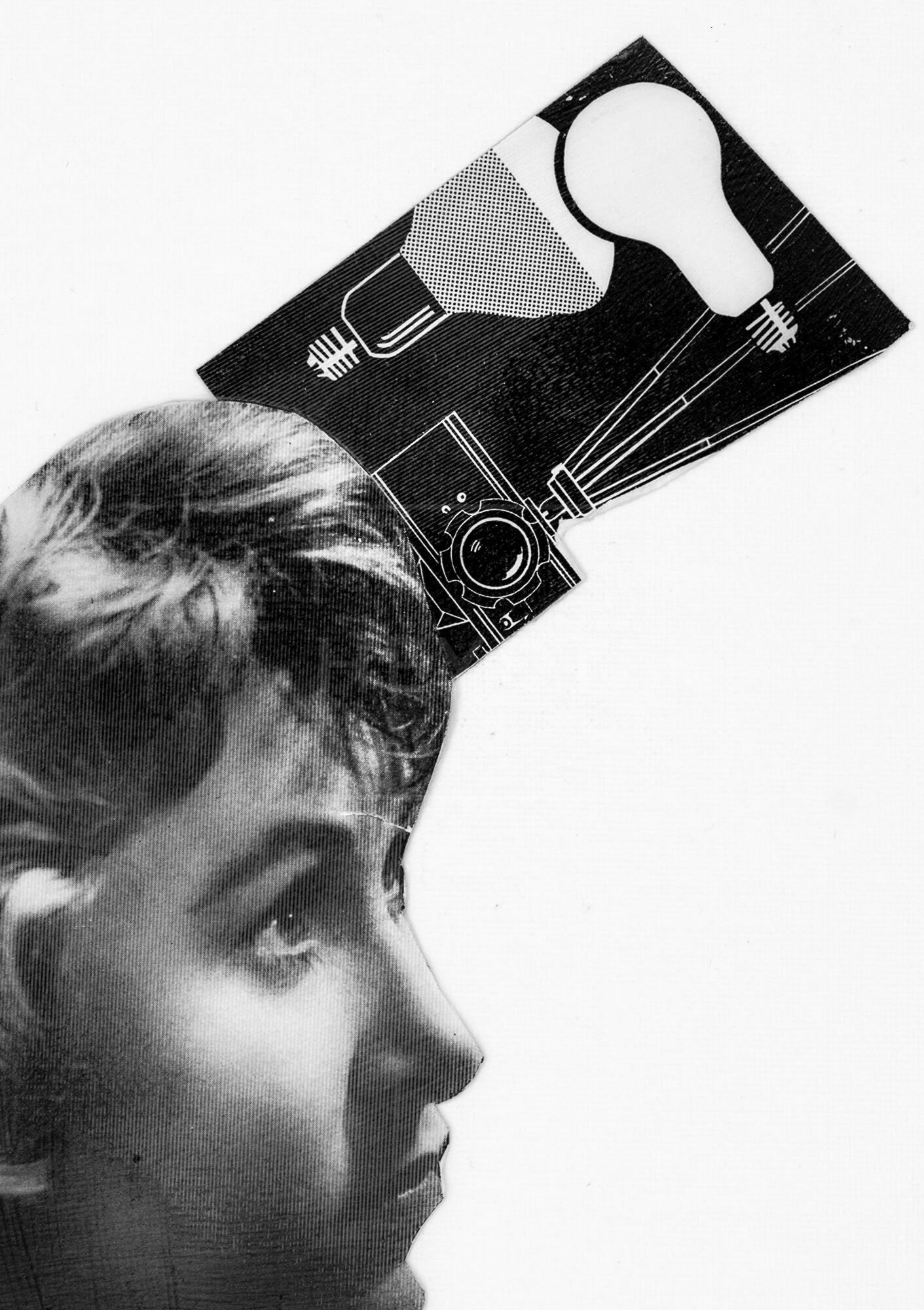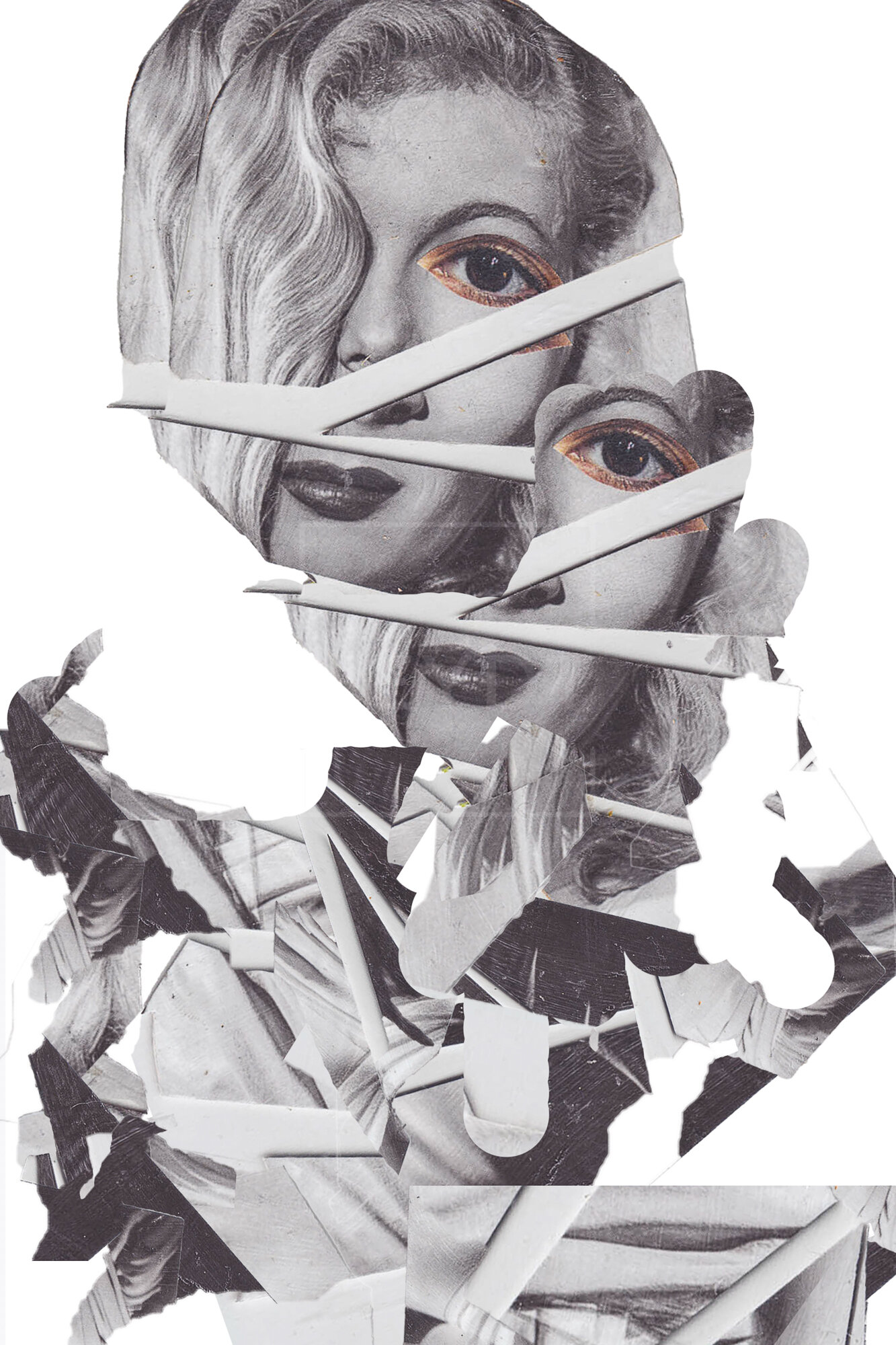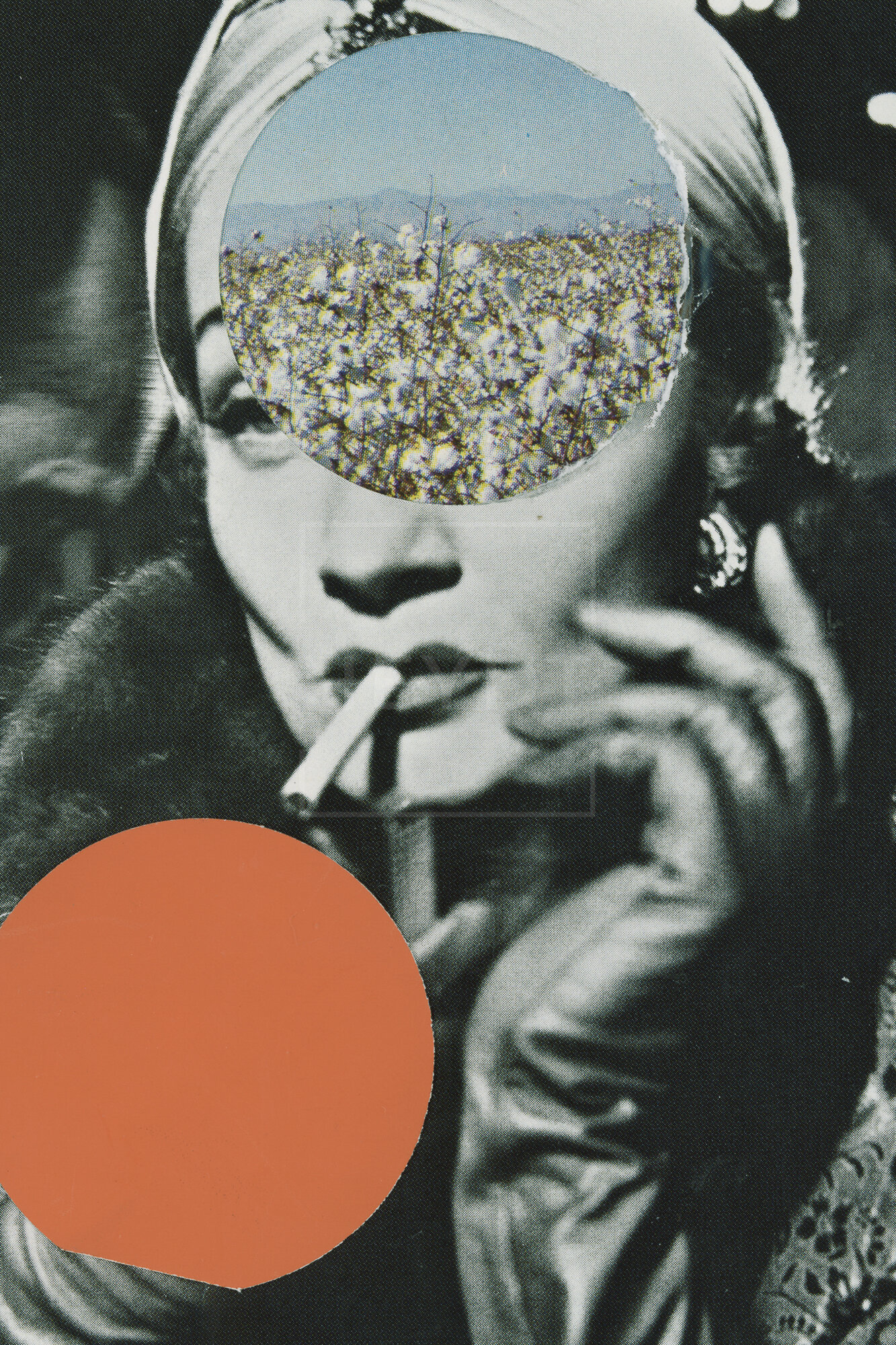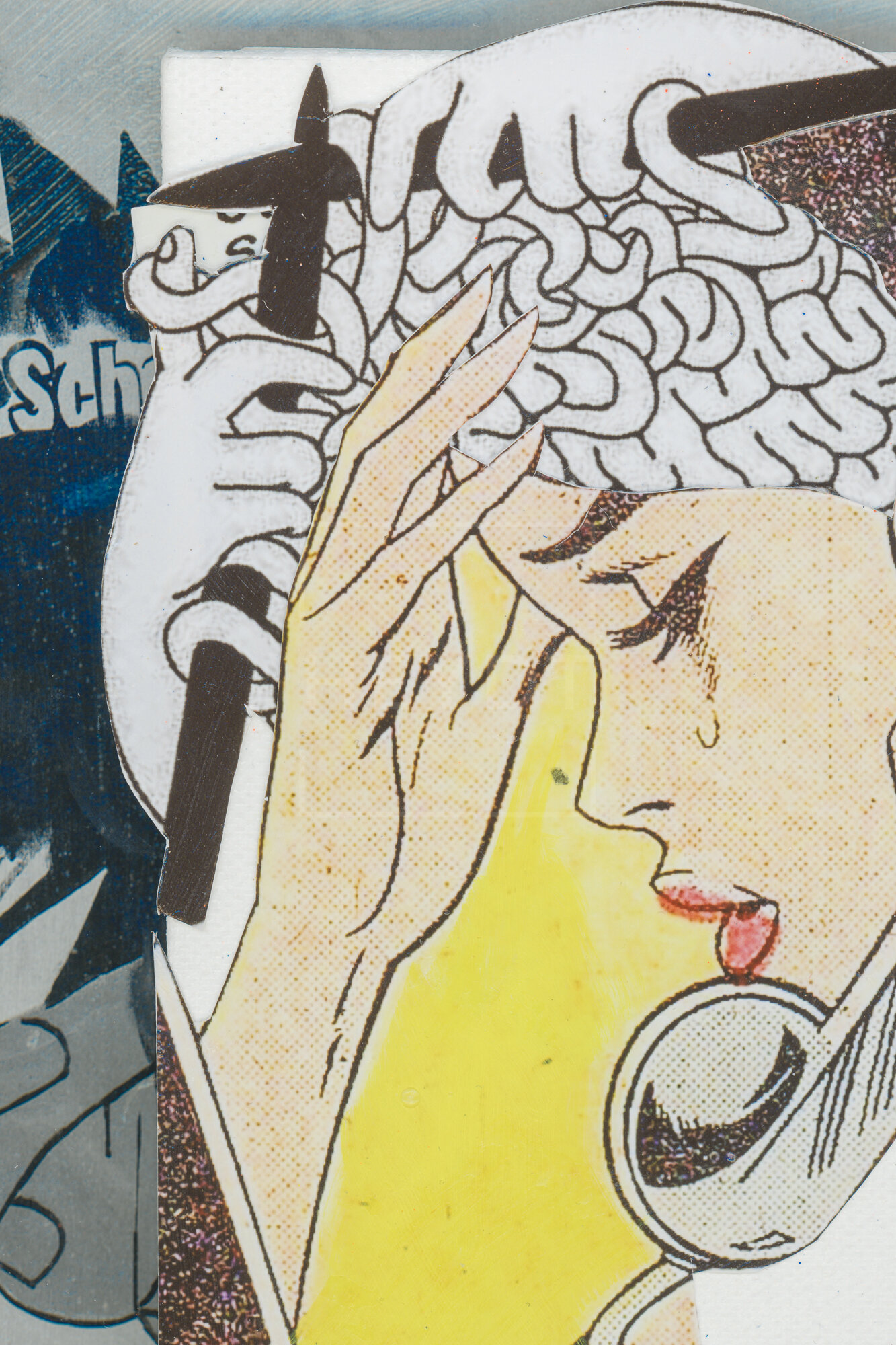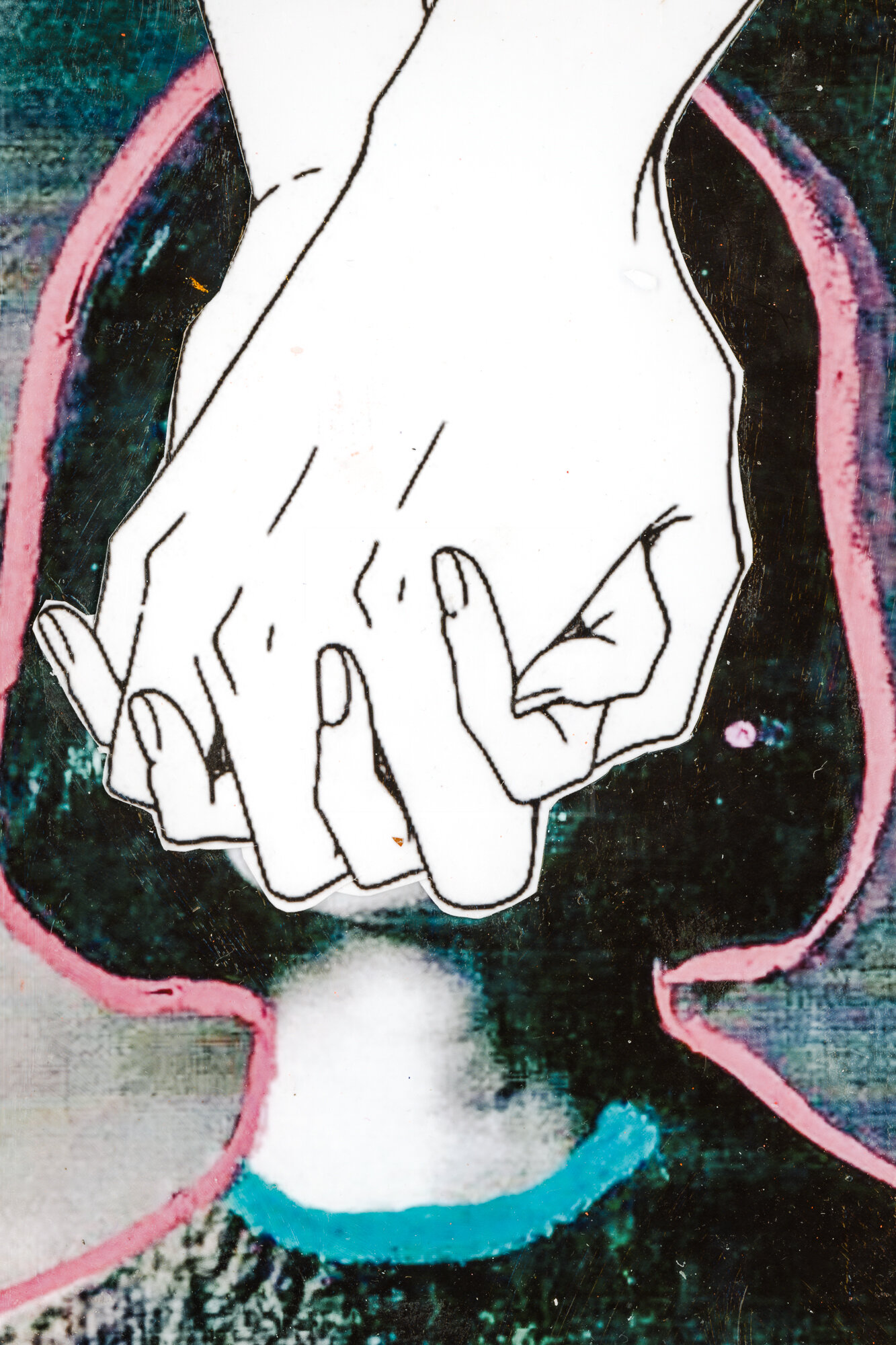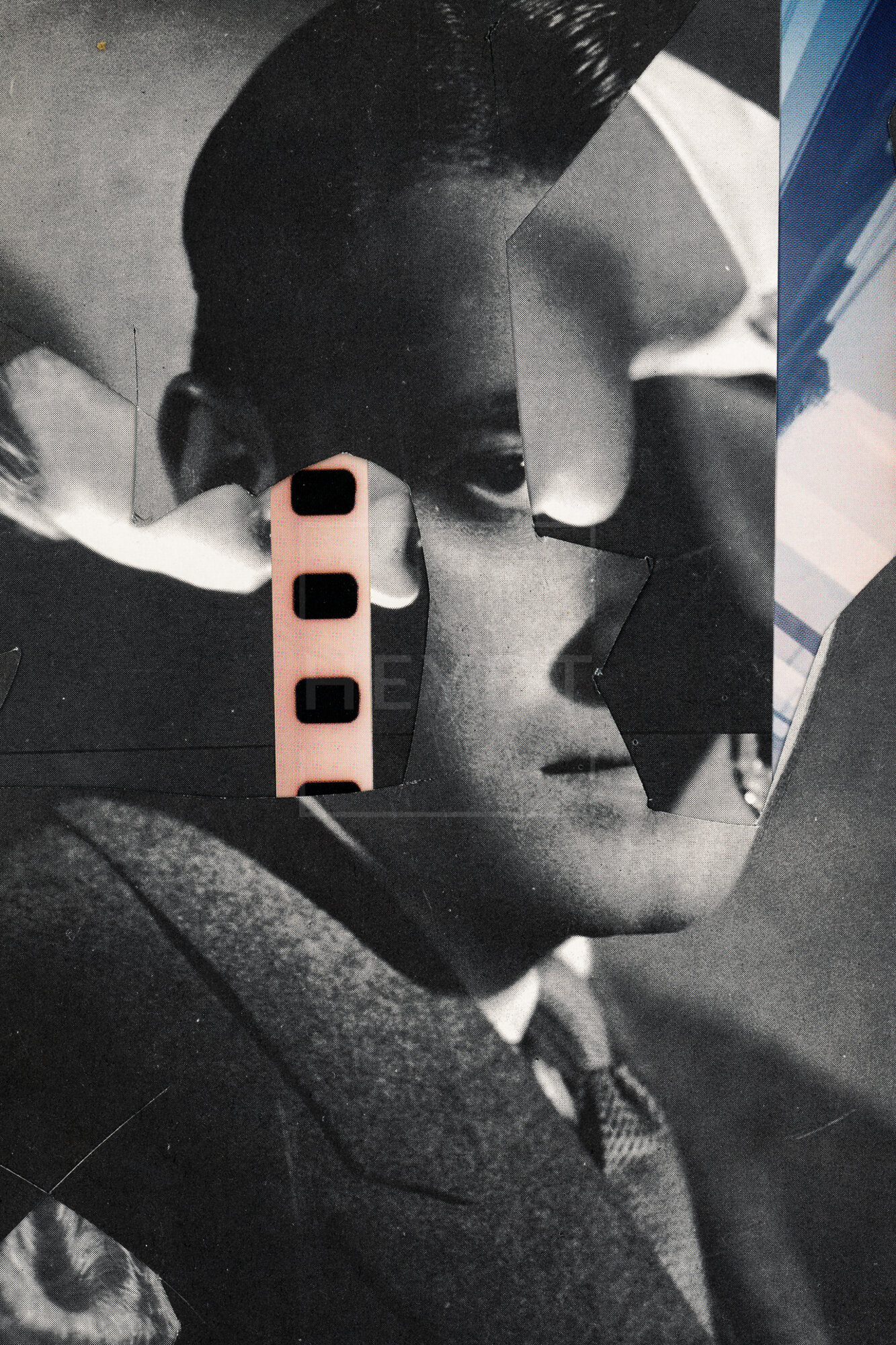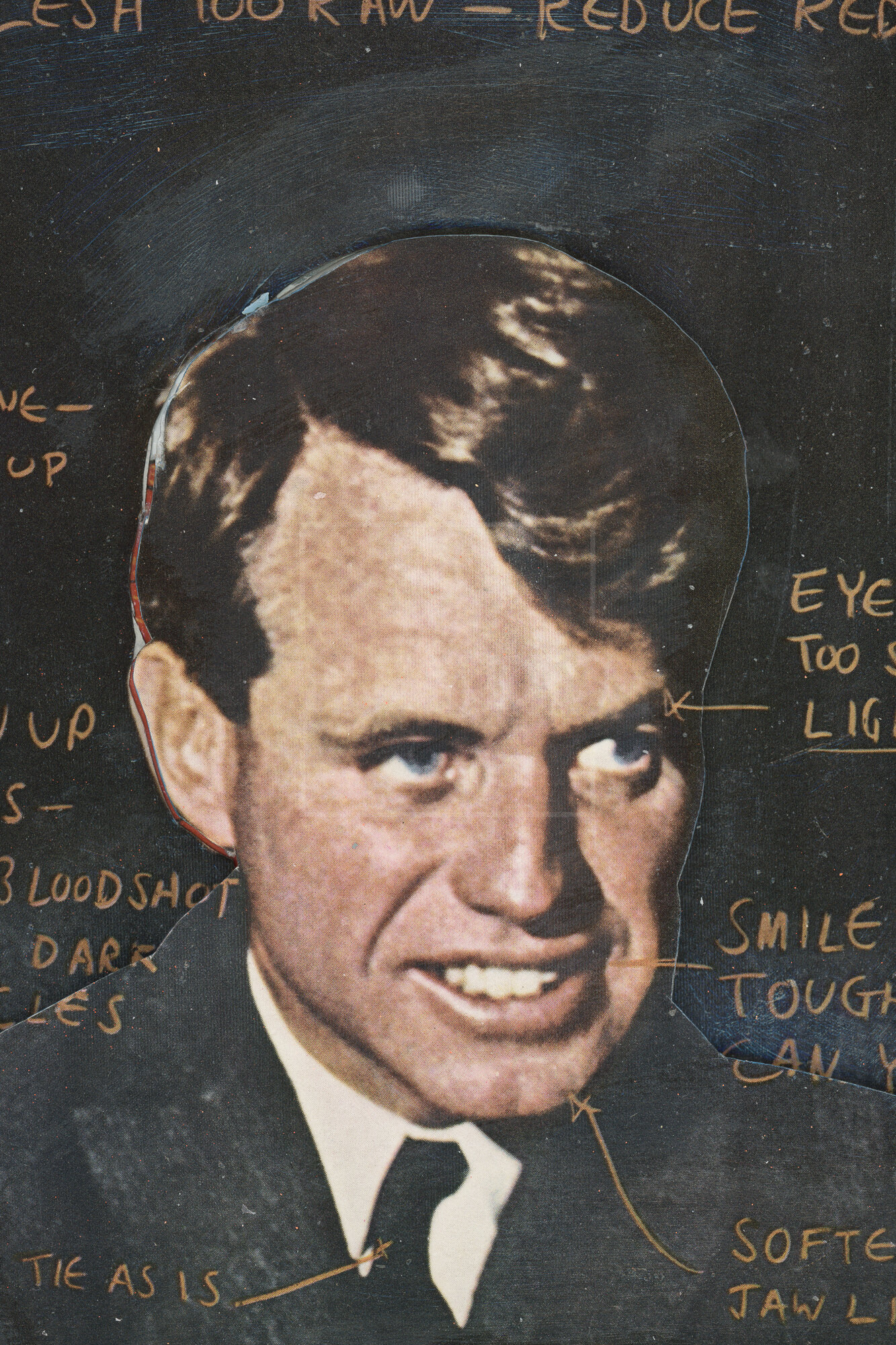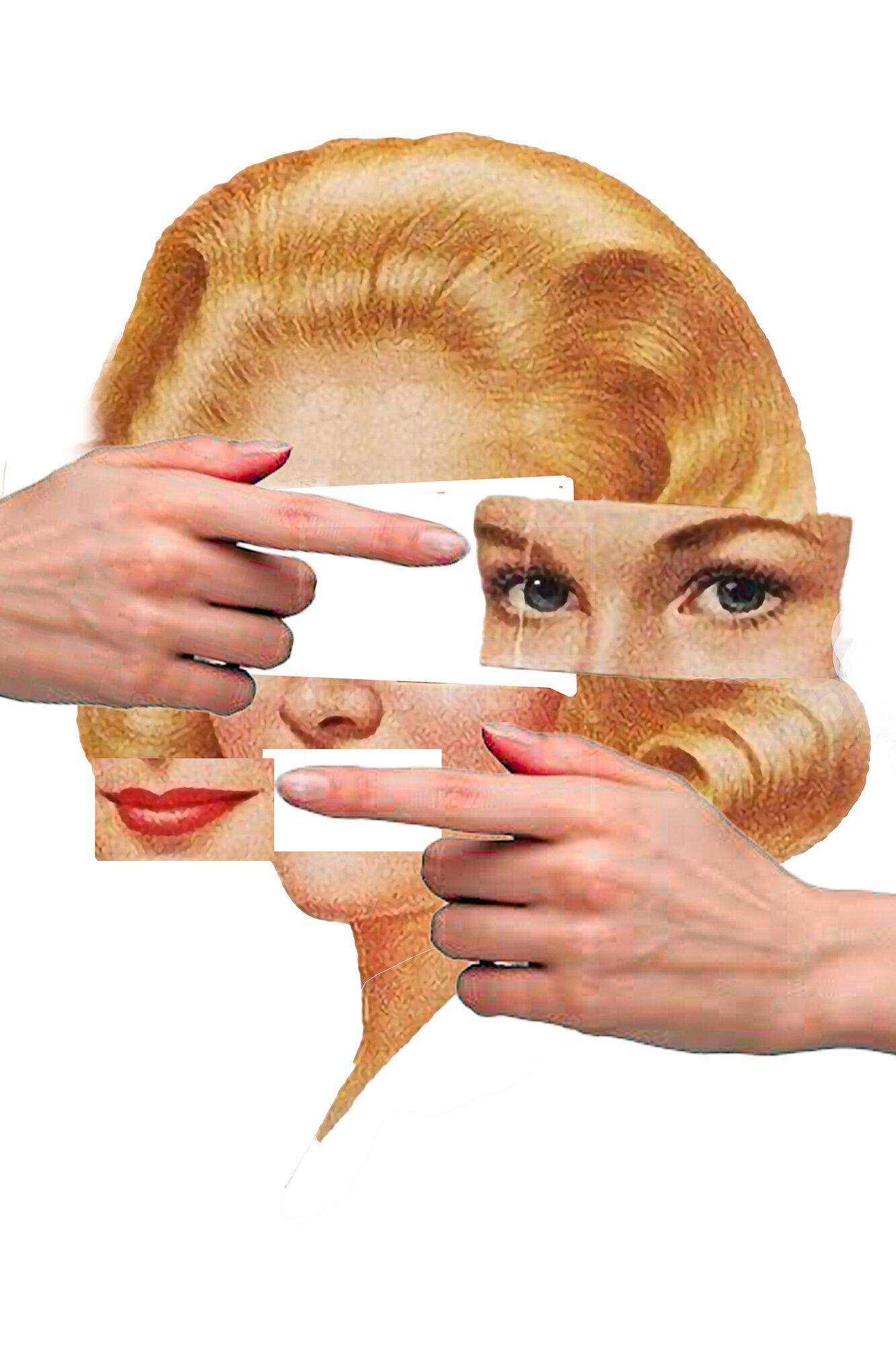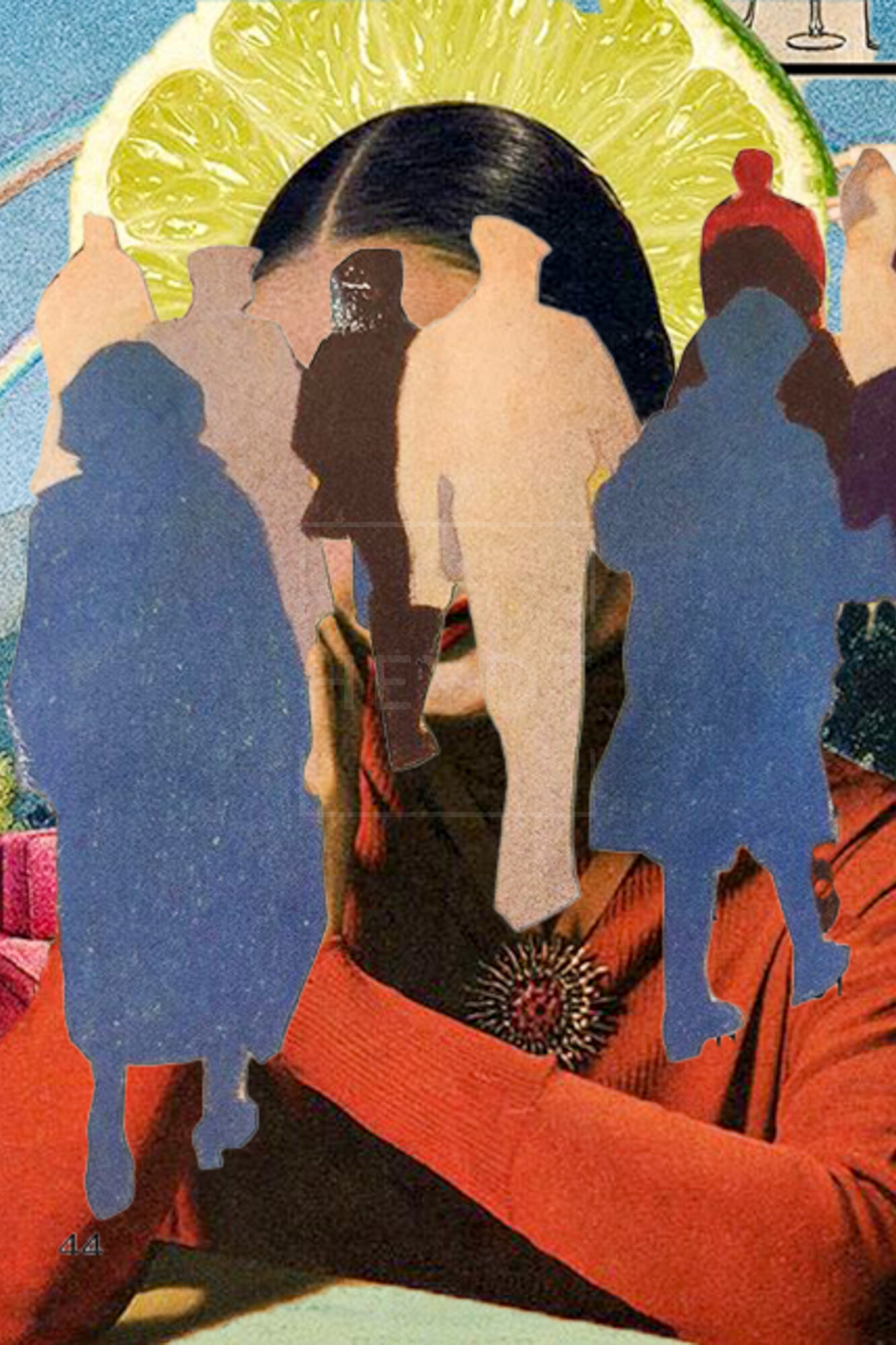
Your Face In Mine | HEYDT | 2020 | Analog Assemblage | 20in x 30in | Edition: $1500 | Original: $10,000

Your Face In Mine | HEYDT | 2020 | Analog Assemblage | 24in x 36in | Edition: $4200 | Original: $10,000
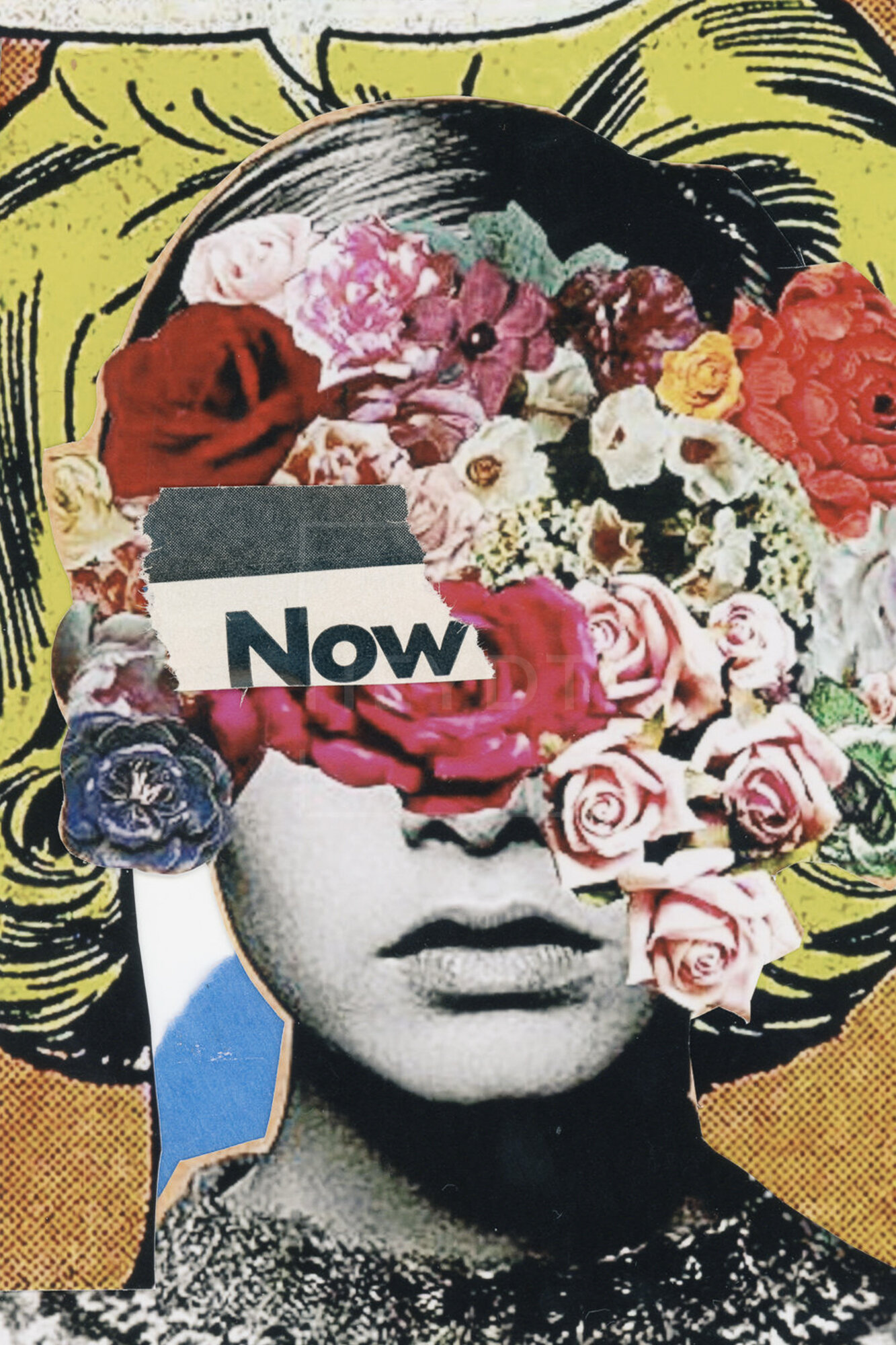
Your Face In Mine | HEYDT | 2020 | Analog Assemblage | 20in x 30in | Edition: $1500 | Original: $10,000
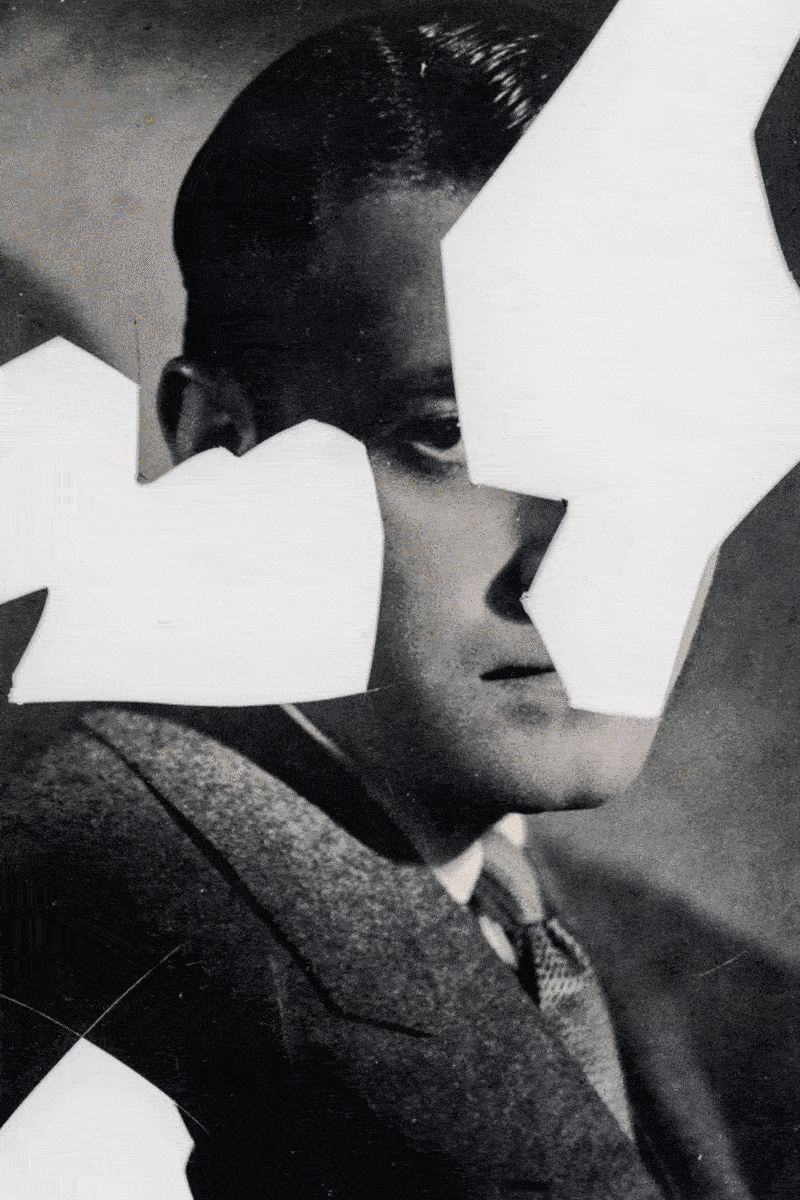
Your Face In Mine | HEYDT | 2020 | Analog Assemblage | 20in x 30in | Edition: $1500 | Original: $10,000
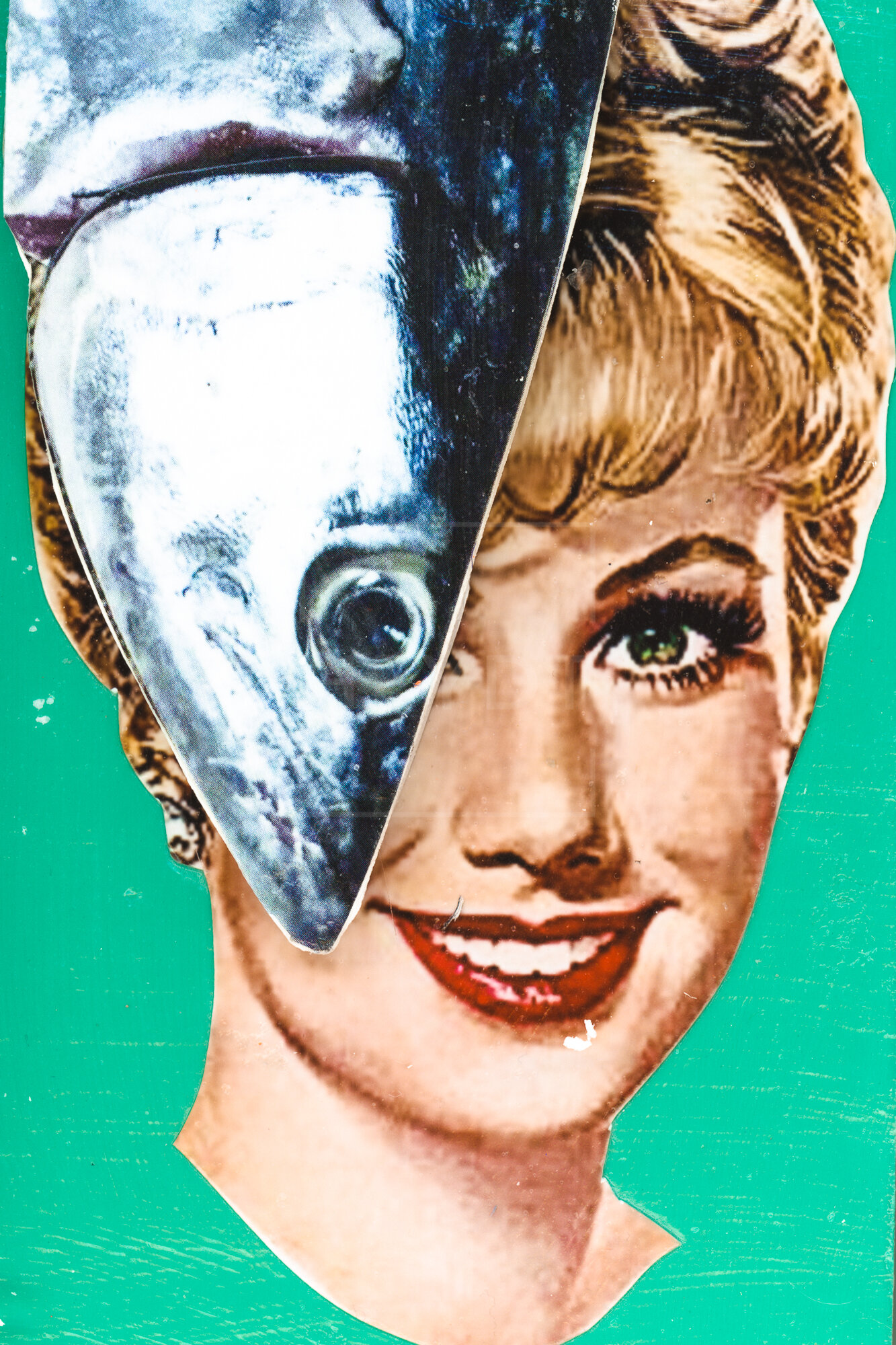
Your Face In Mine | HEYDT | 2020 | Analog Assemblage | 20in x 30in | Edition: $1500 | Original: $10,000

Your Face In Mine | HEYDT | 2020 | Analog Assemblage | 20in x 30in | Edition: $1500 | Original: $10,000
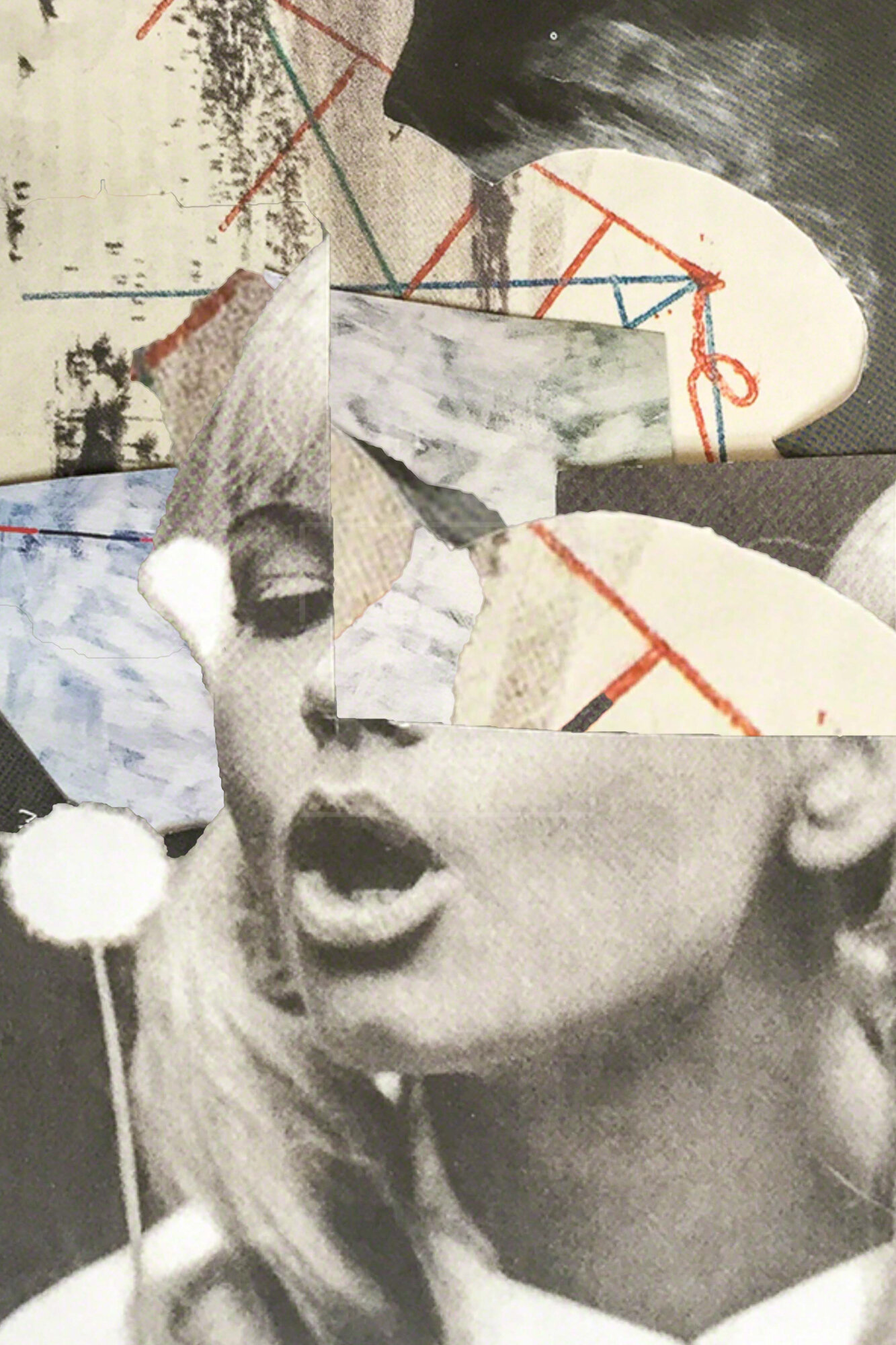
Your Face In Mine | HEYDT | 2020 | Analog Assemblage | 20in x 30in | Edition: $1500 | Original: $10,000
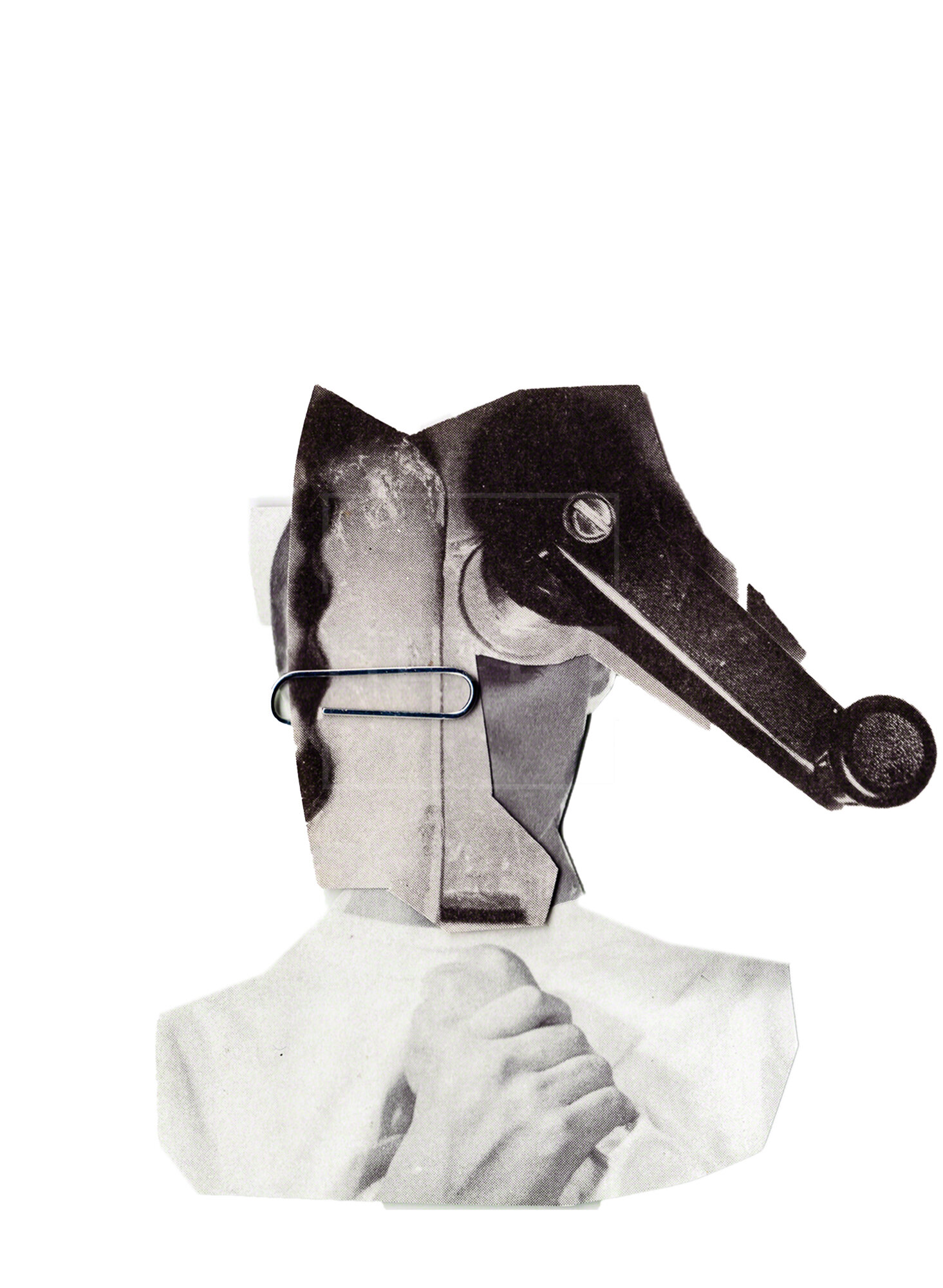
Your Face In Mine | HEYDT | 2020 | Analog Assemblage | 20in x 30in | Edition: $1500 | Original: $10,000
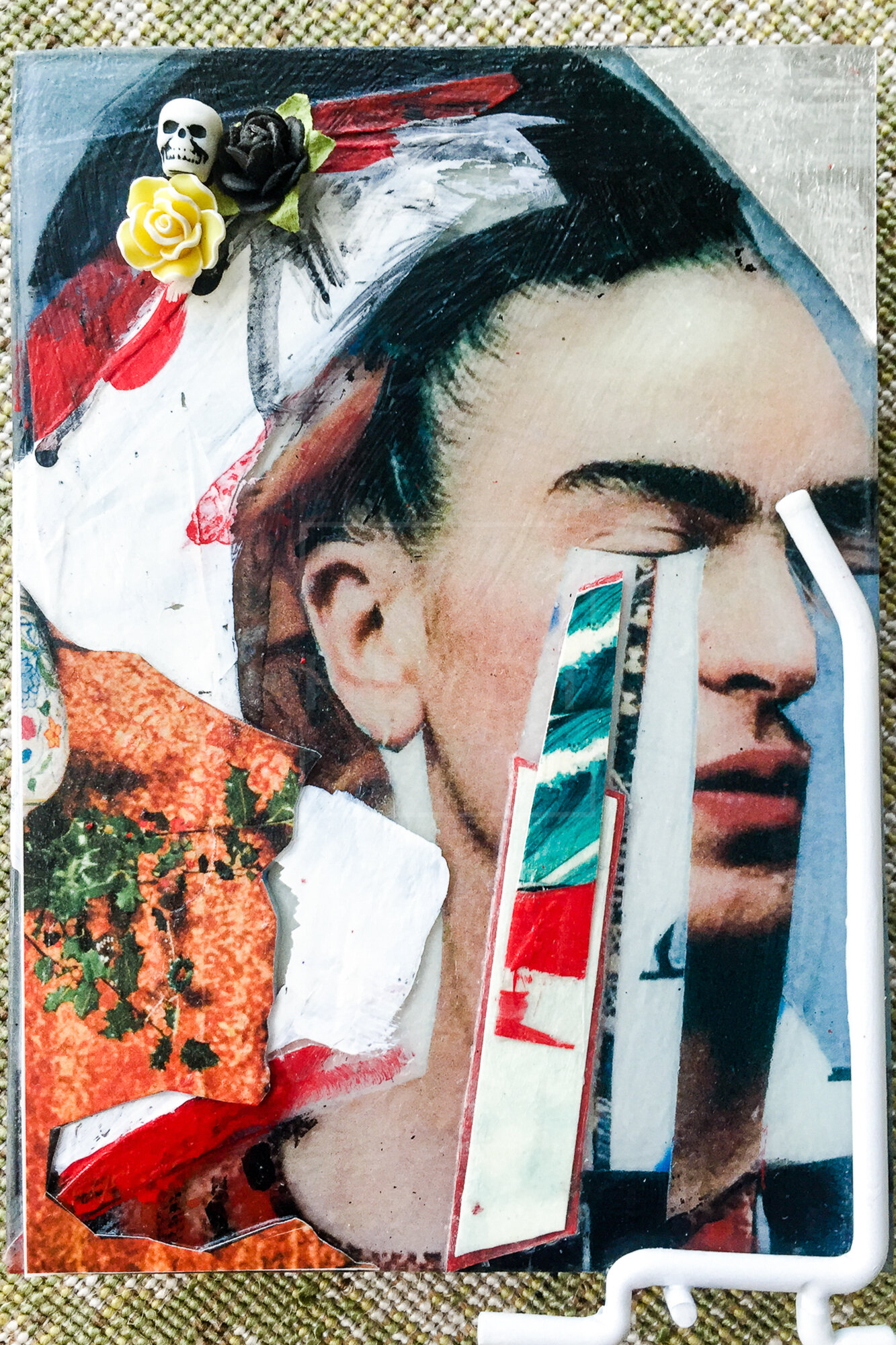
Your Face In Mine | HEYDT | 2020 | Analog Assemblage | 20in x 30in | Edition: $1500 | Original: $10,000
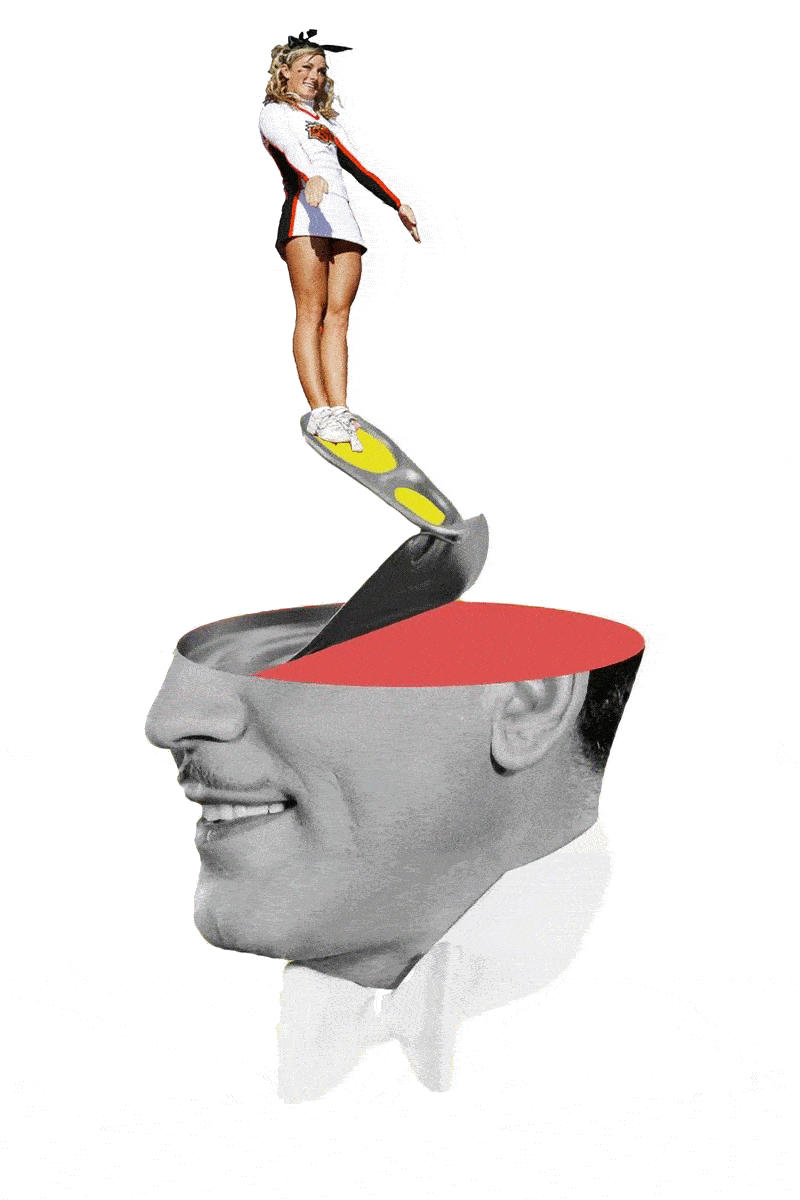
Your Face In Mine | HEYDT | 2020 | Analog Assemblage | 20in x 30in | Edition: $1500 | Original: $10,000
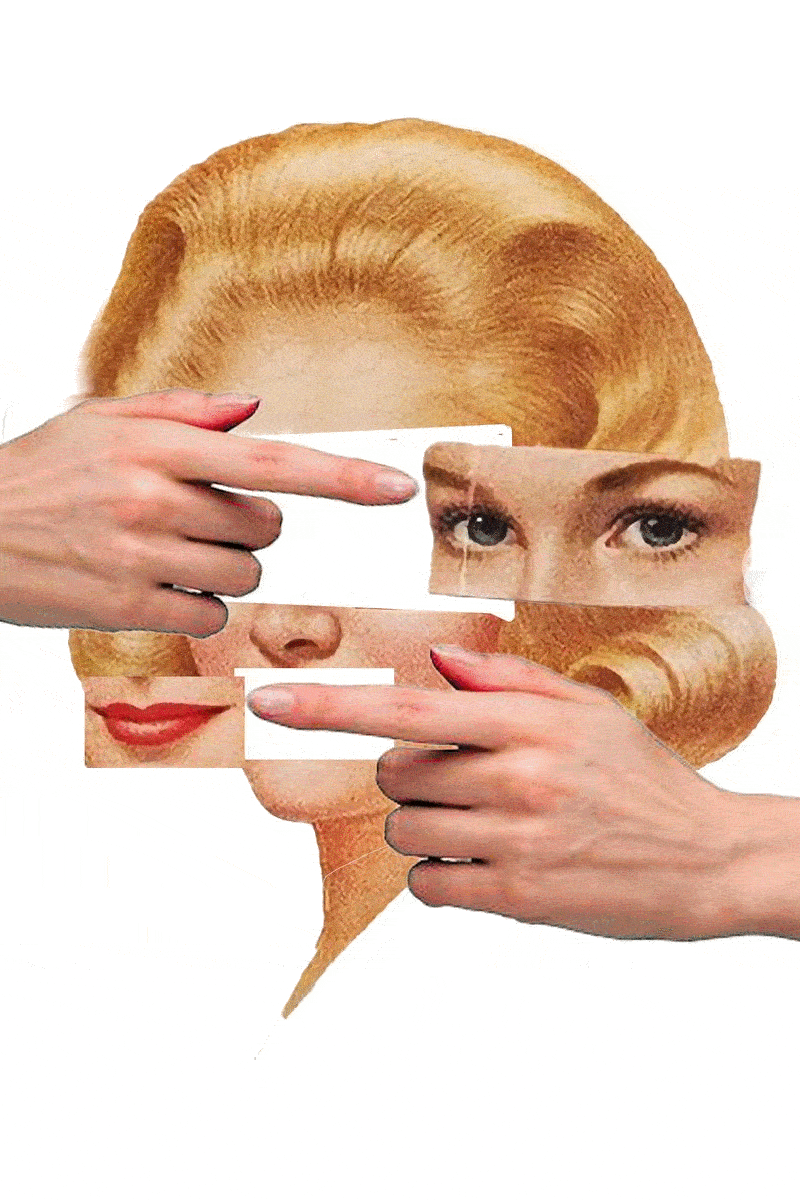
Your Face In Mine | HEYDT | 2020 | Analog Assemblage | 20in x 30in | Edition: $1500 | Original: $10,000

Your Face In Mine | HEYDT | 2020 | Analog Assemblage | 20in x 30in | Edition: $1500 | Original: $10,000
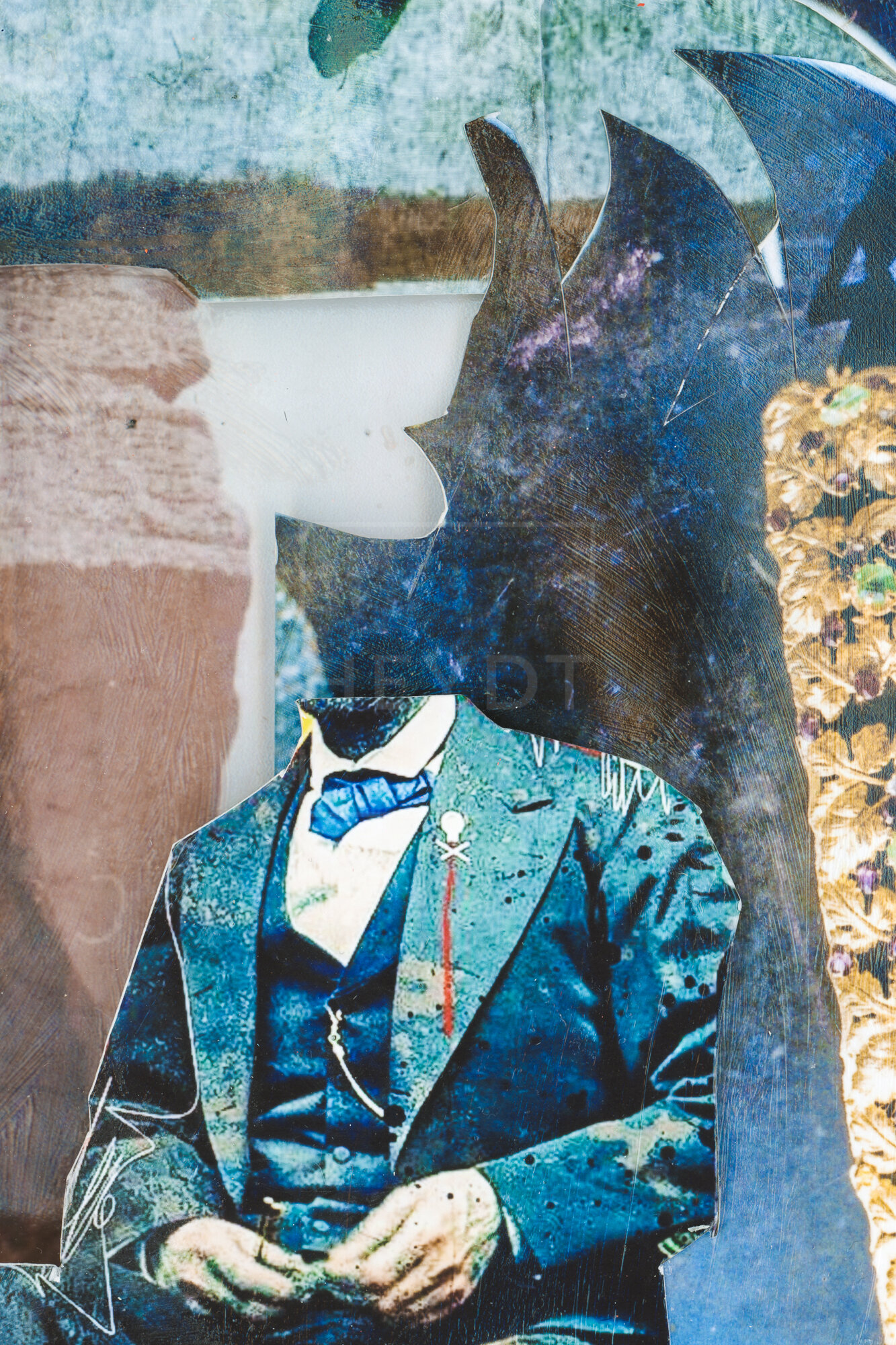
Your Face In Mine | HEYDT | 2020 | Analog Assemblage | 20in x 30in | Edition: $1500 | Original: $10,000
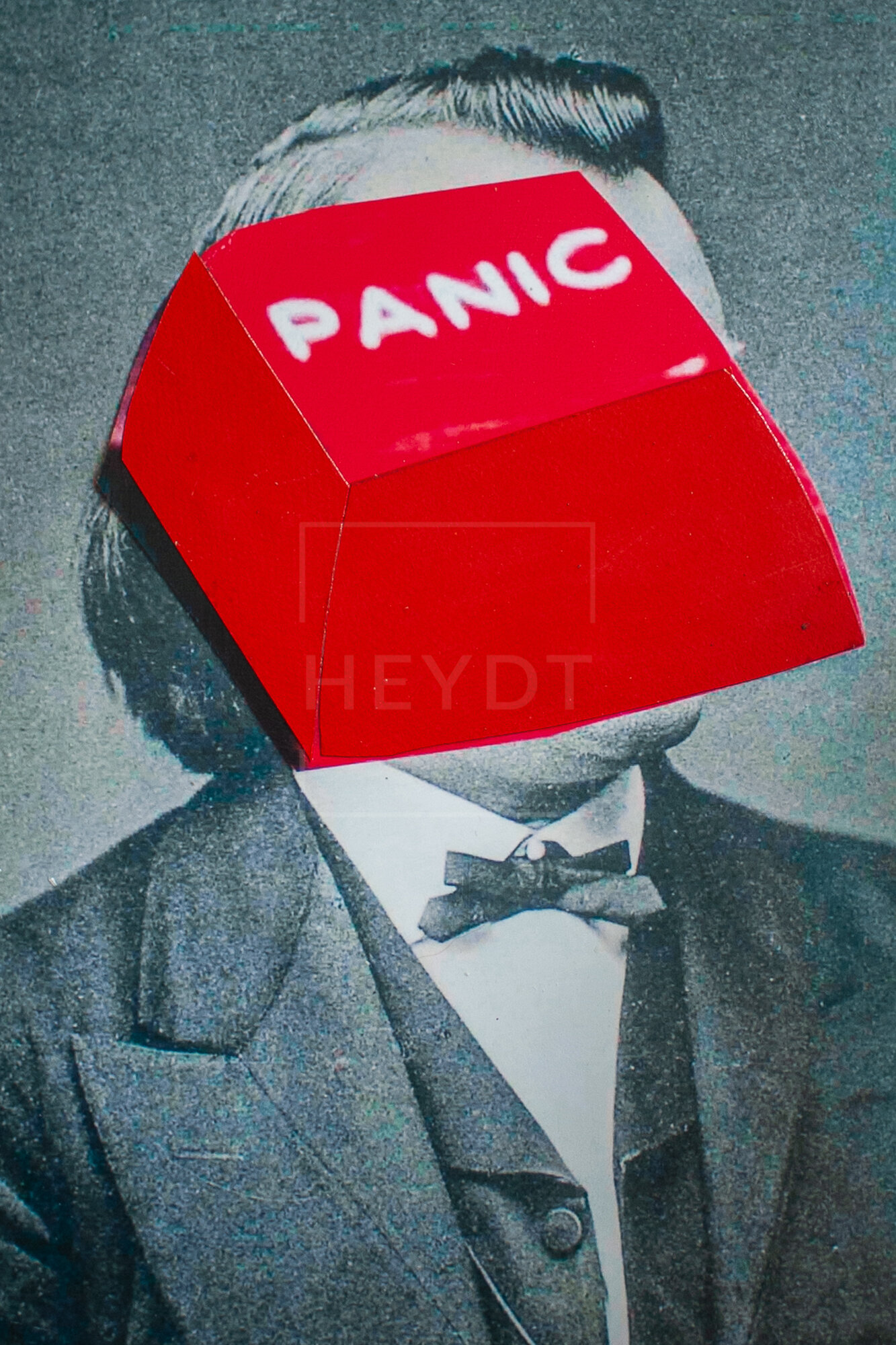
Your Face In Mine | HEYDT | 2020 | Analog Assemblage | 20in x 30in | Edition: $1500 | Original: $10,000

Your Face In Mine | HEYDT | 2020 | Analog Assemblage | | Edition: $5x7in -$700 | Original: 20in x 30in - $10,000
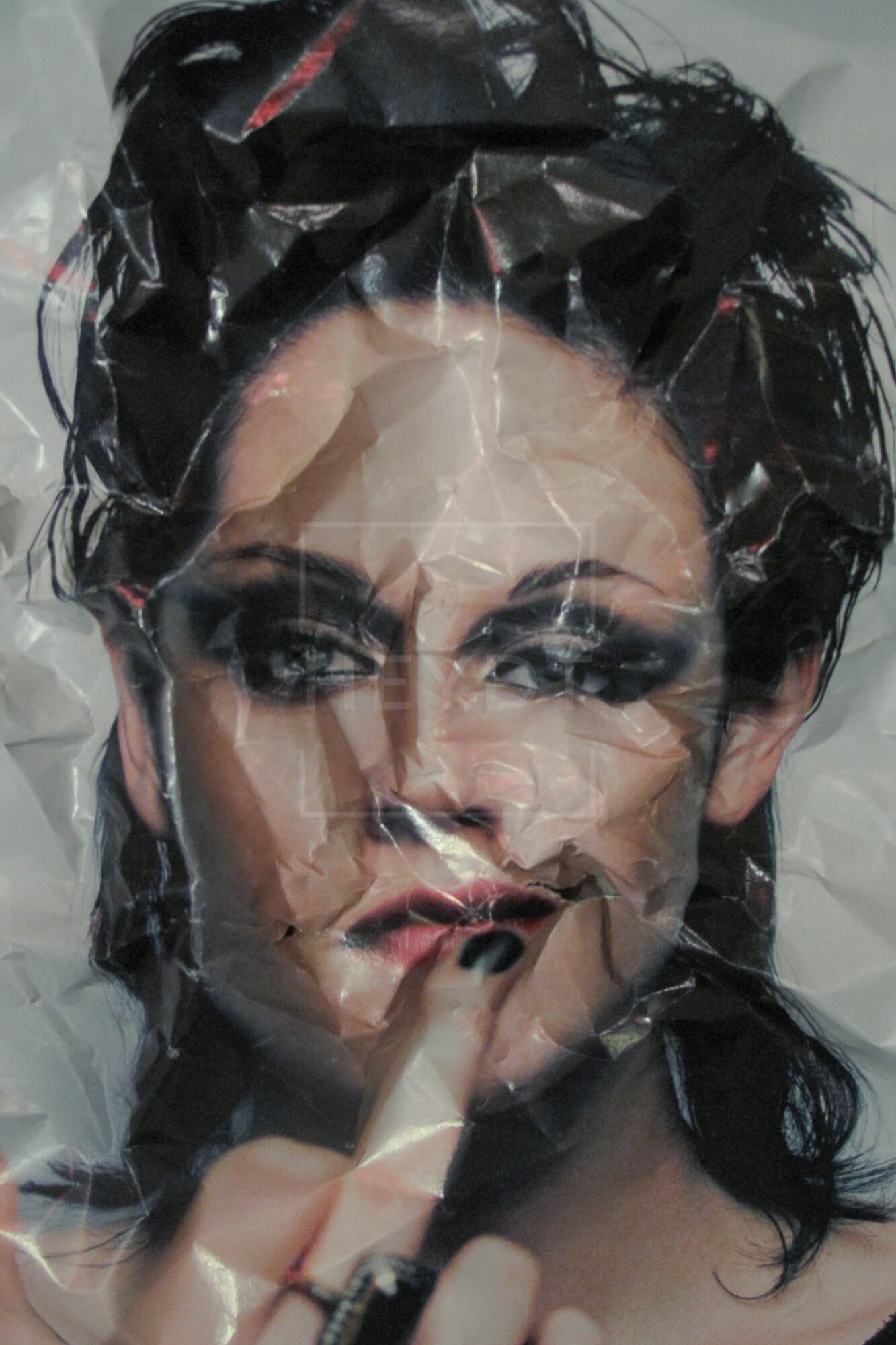
Your Face In Mine | HEYDT | 2020 | Analog Assemblage | 20in x 30in | Edition: $1500 | Original: $10,000
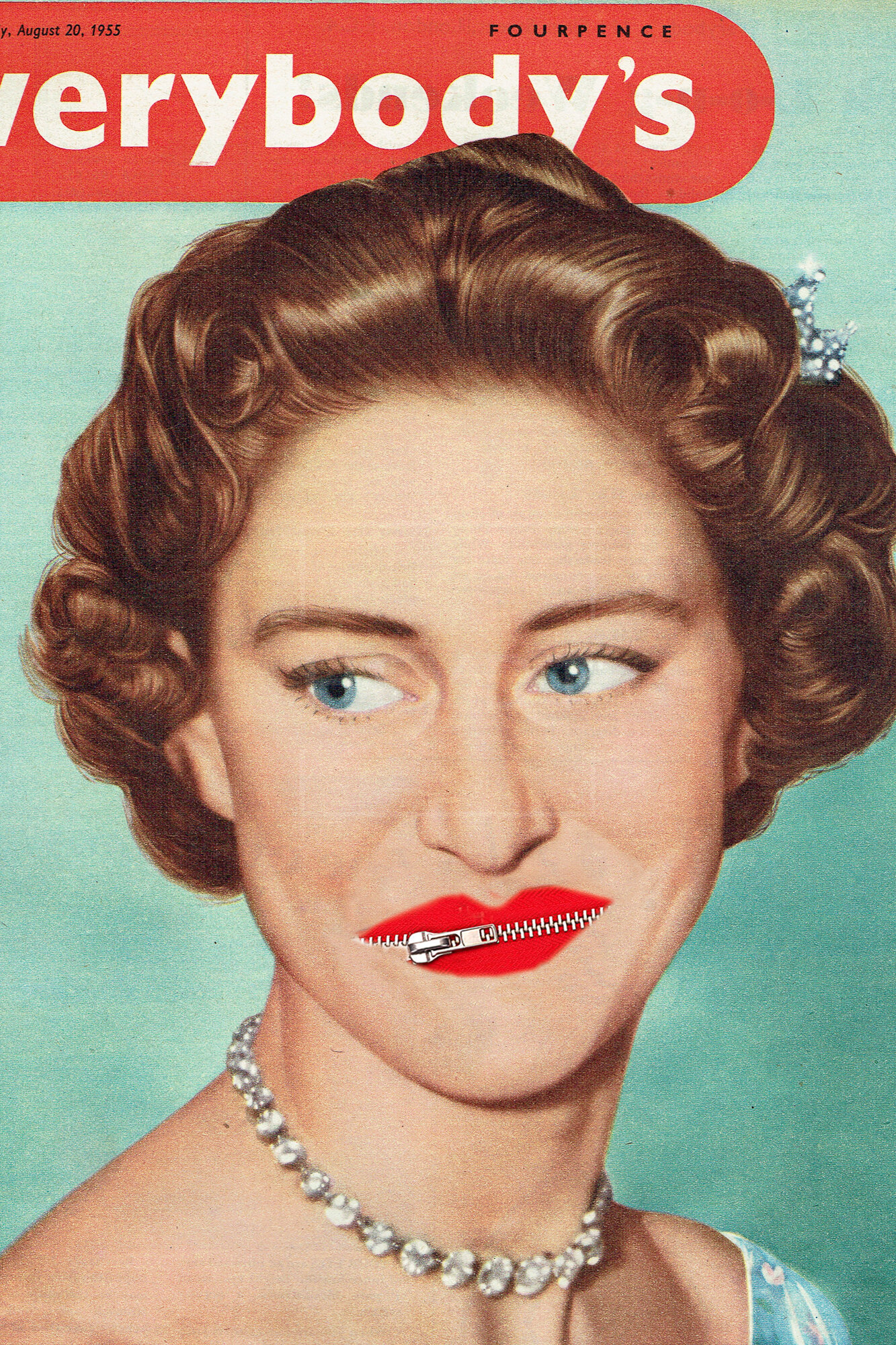
Your Face In Mine | HEYDT | 2020 | Analog Assemblage | 20in x 30in | Edition: $1500 | Original: $10,000
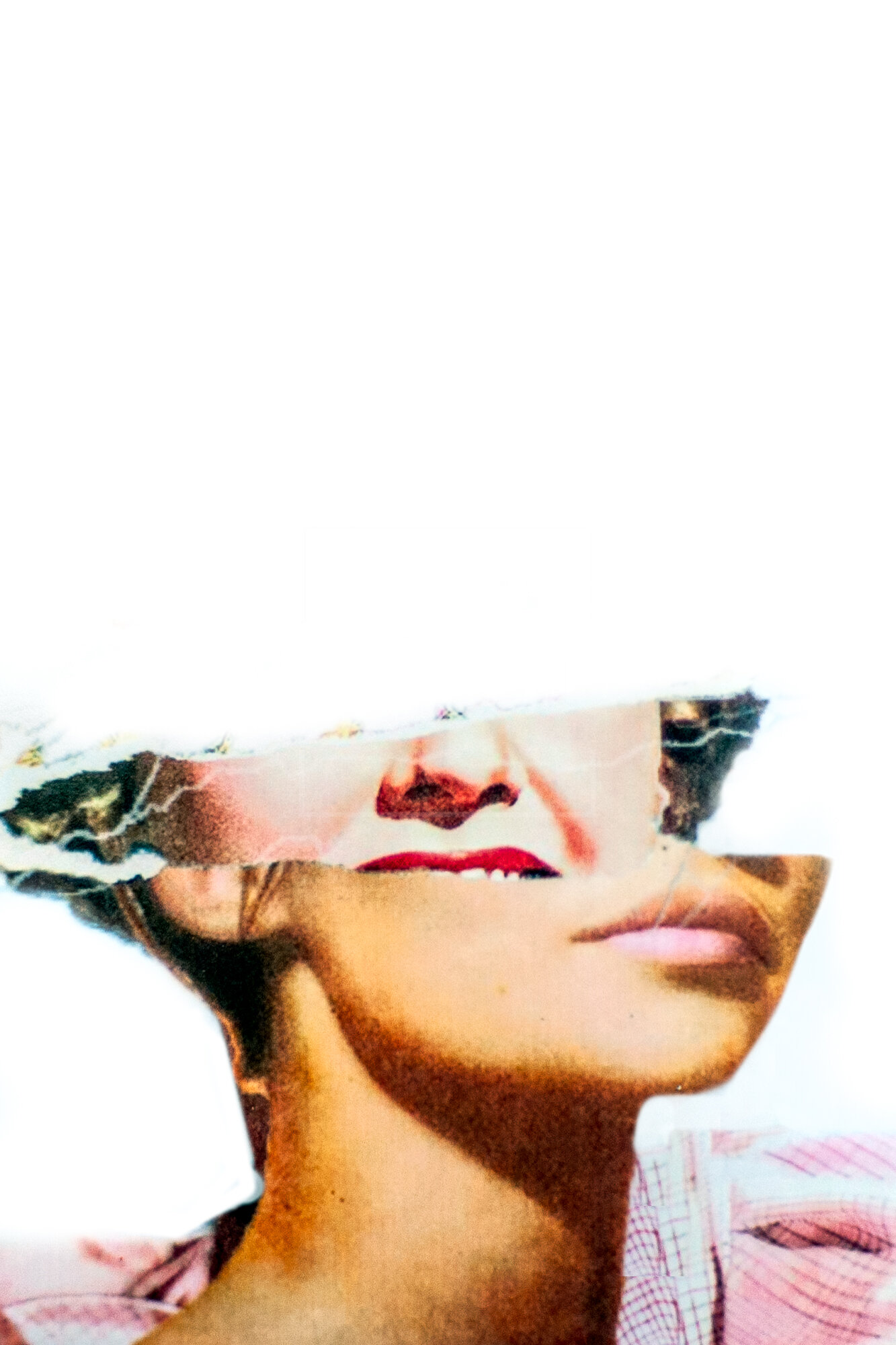
Your Face In Mine | HEYDT | 2020 | Analog Assemblage | 20in x 30in | Edition: $1500 | Original: $10,000
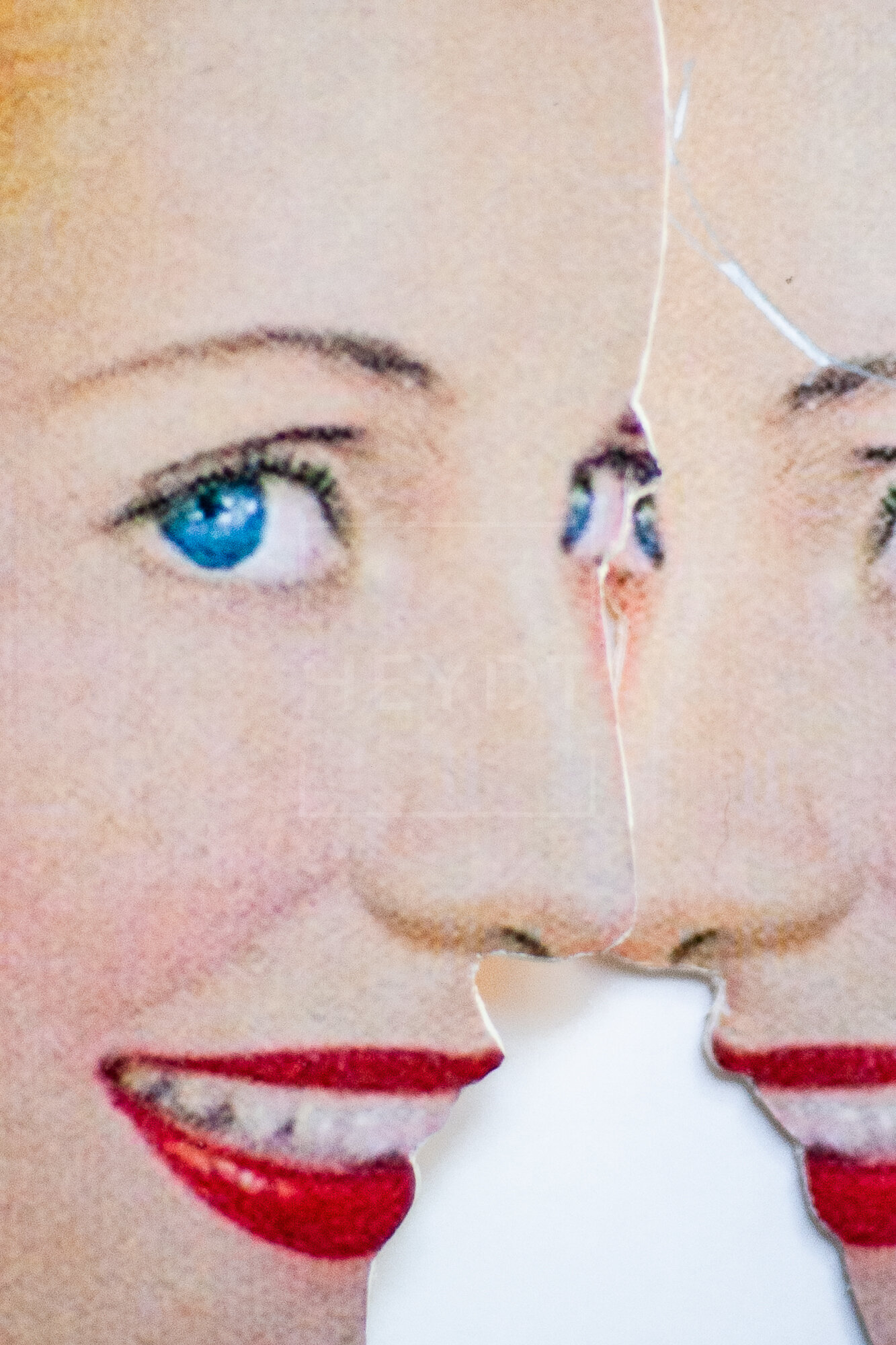
Your Face In Mine | HEYDT | 2020 | Analog Assemblage | 20in x 30in | Edition: $1500 | Original: $10,000
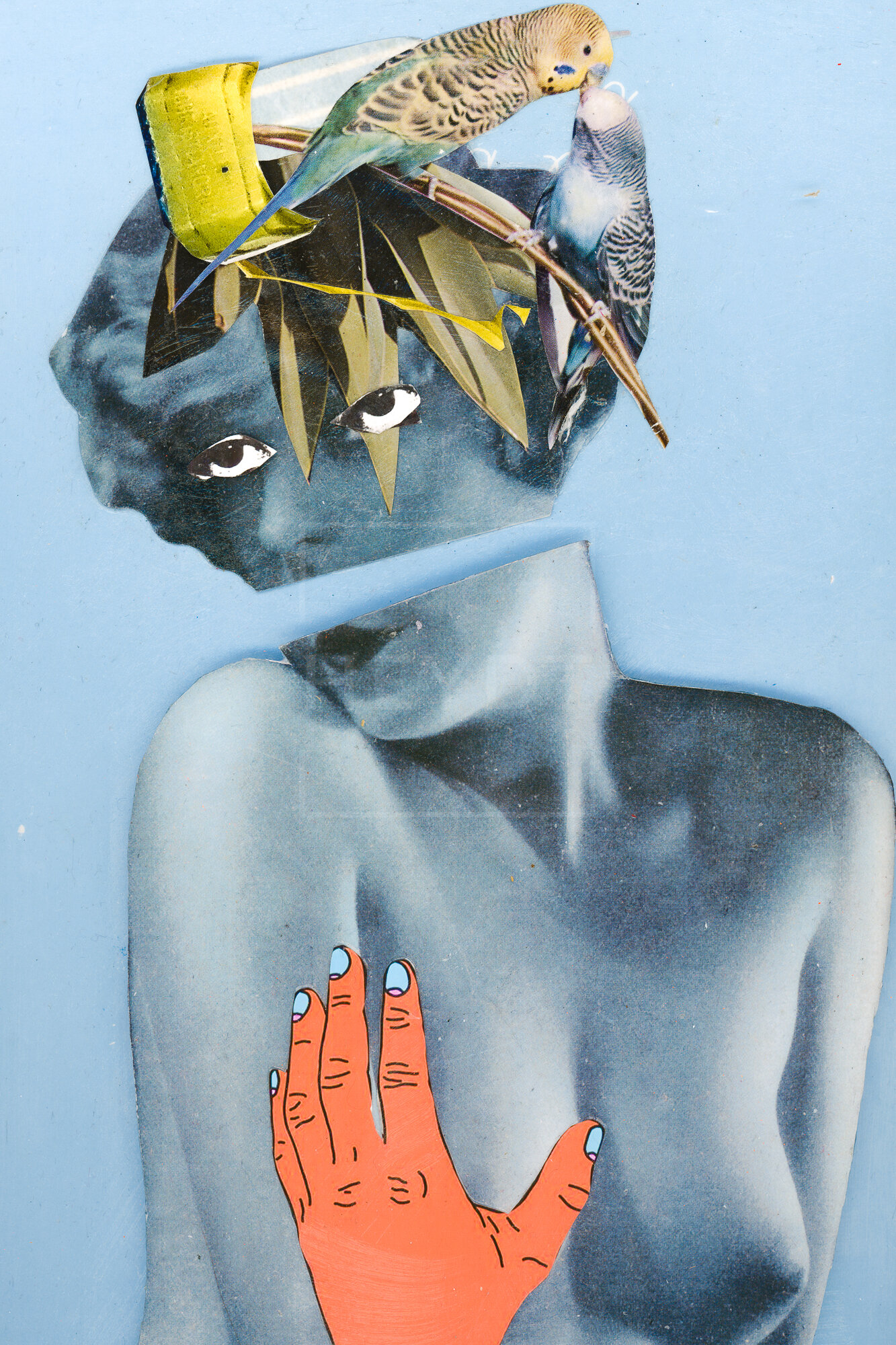
Your Face In Mine | HEYDT | 2020 | Analog Assemblage | 20in x 30in | $10,000 | 9in x 12in | $2100
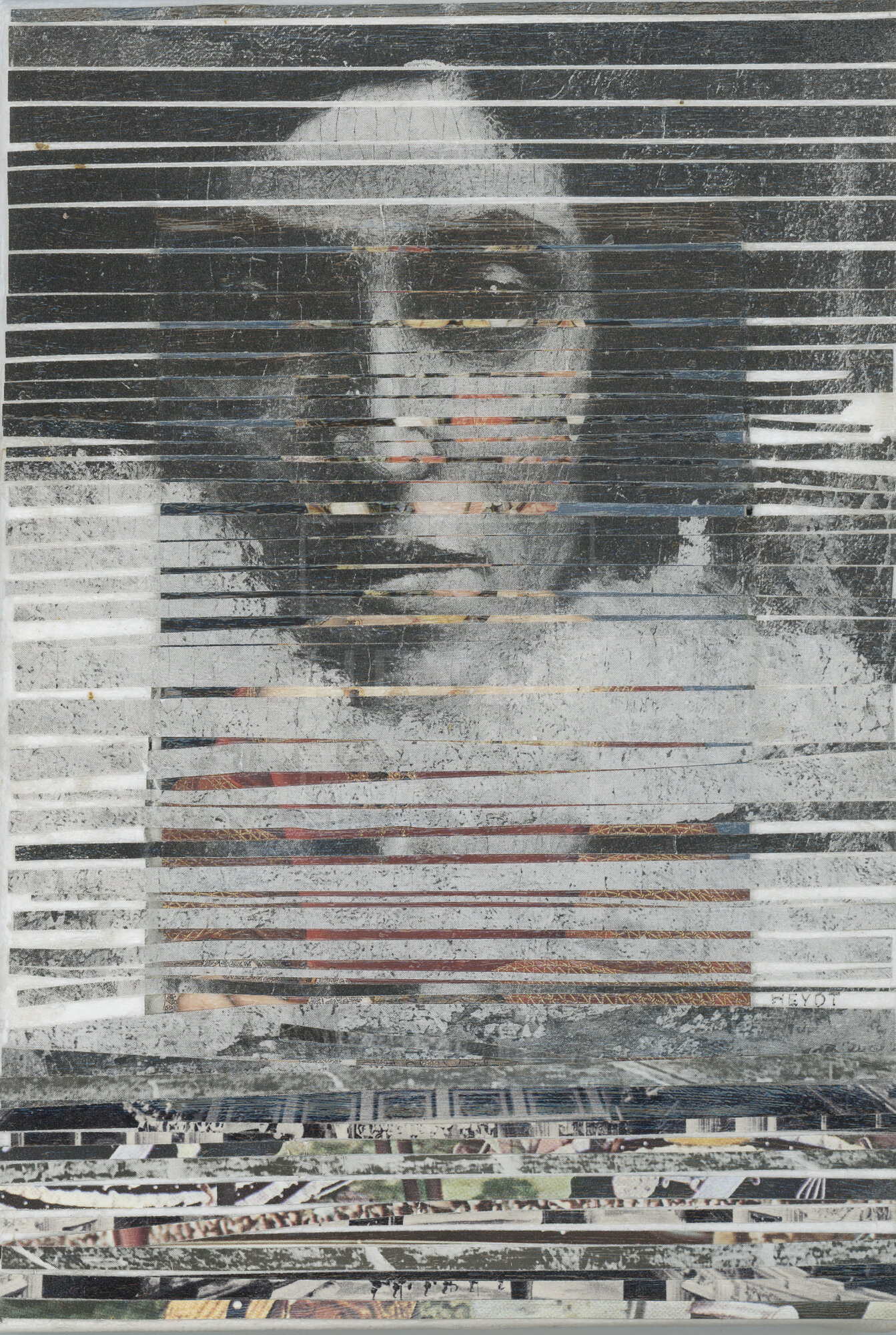
Your Face In Mine | HEYDT | 2020 | Analog Assemblage | 20in x 30in | Edition: $3000 | Original: $10,000
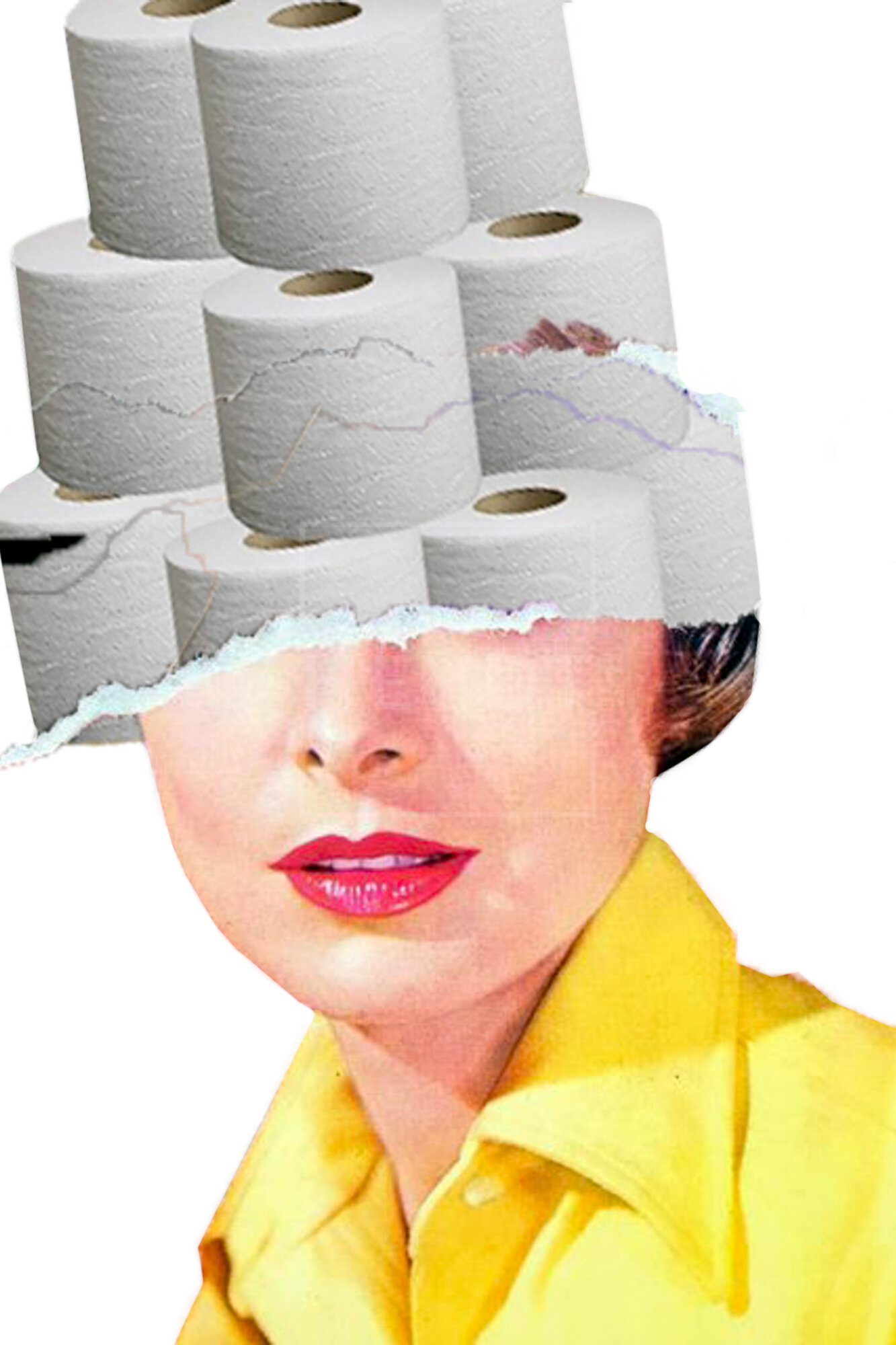
Your Face In Mine | HEYDT | 2020 | Analog Assemblage | 20in x 20in | Edition: $2100 | Original: $10,000
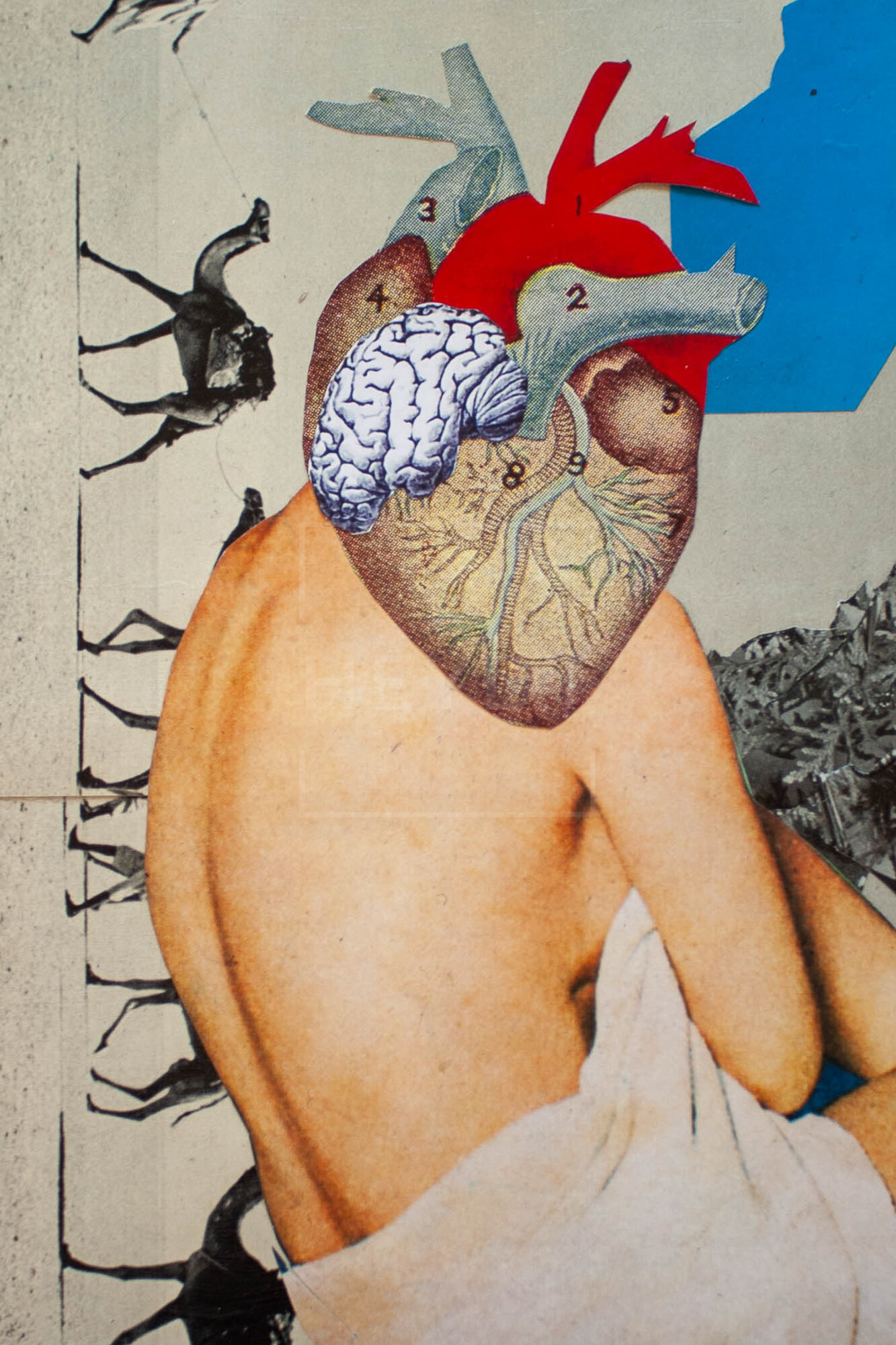
Your Face In Mine | HEYDT | 2020 | Analog Assemblage | 20in x 30in | Edition: $1500 | Original: $10,000

Your Face In Mine | HEYDT | 2020 | Analog Assemblage | 20in x 30in | Edition: $1500 | Original: $10,000
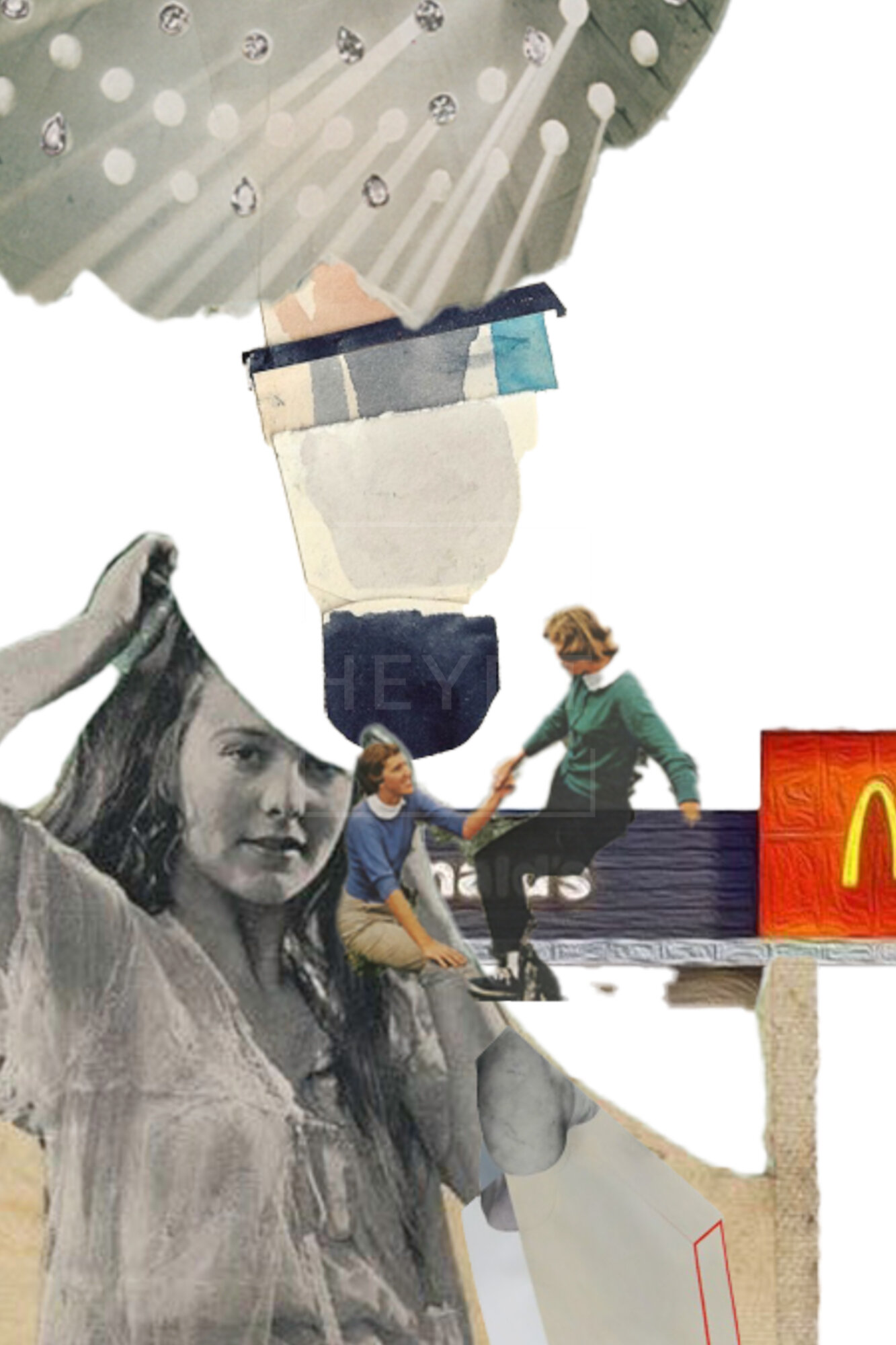
Your Face In Mine | HEYDT | 2020 | Analog Assemblage | 20in x 30in | Edition: $1500 | Original: $10,000

Your Face In Mine | HEYDT | 2020 | Analog Assemblage | 20in x 30in | Edition: $1500 | Original: $10,000

Your Face In Mine | HEYDT | 2020 | Analog Assemblage | 20in x 30in | Edition: $1500 | Original: $10,000
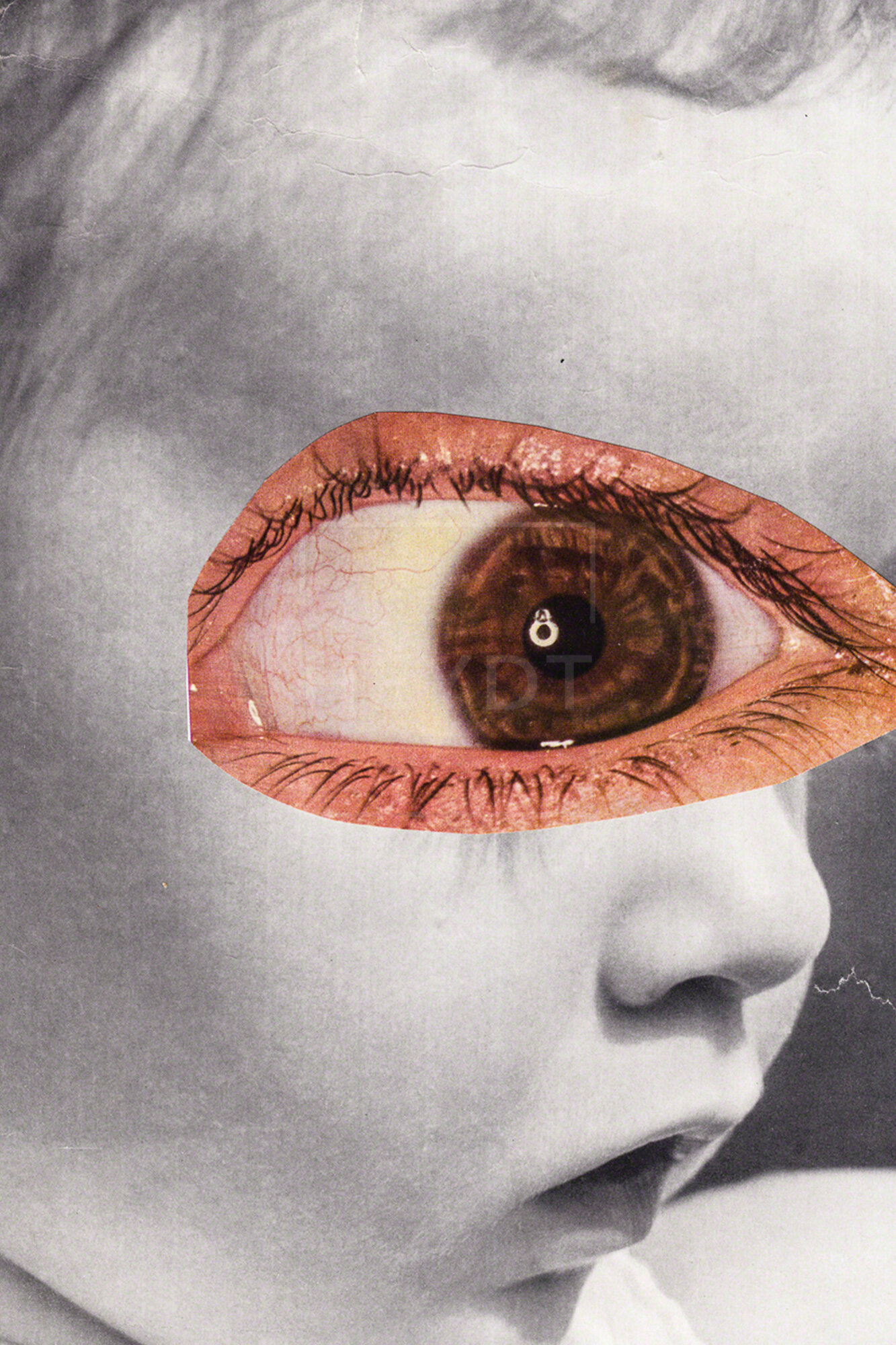
Your Face In Mine | HEYDT | 2020 | Analog Assemblage | 20in x 30in | Edition: $1500 | Original: $10,000

Your Face In Mine | HEYDT | 2020 | Analog Assemblage | 20in x 30in | Edition: $1500 | Original: $10,000
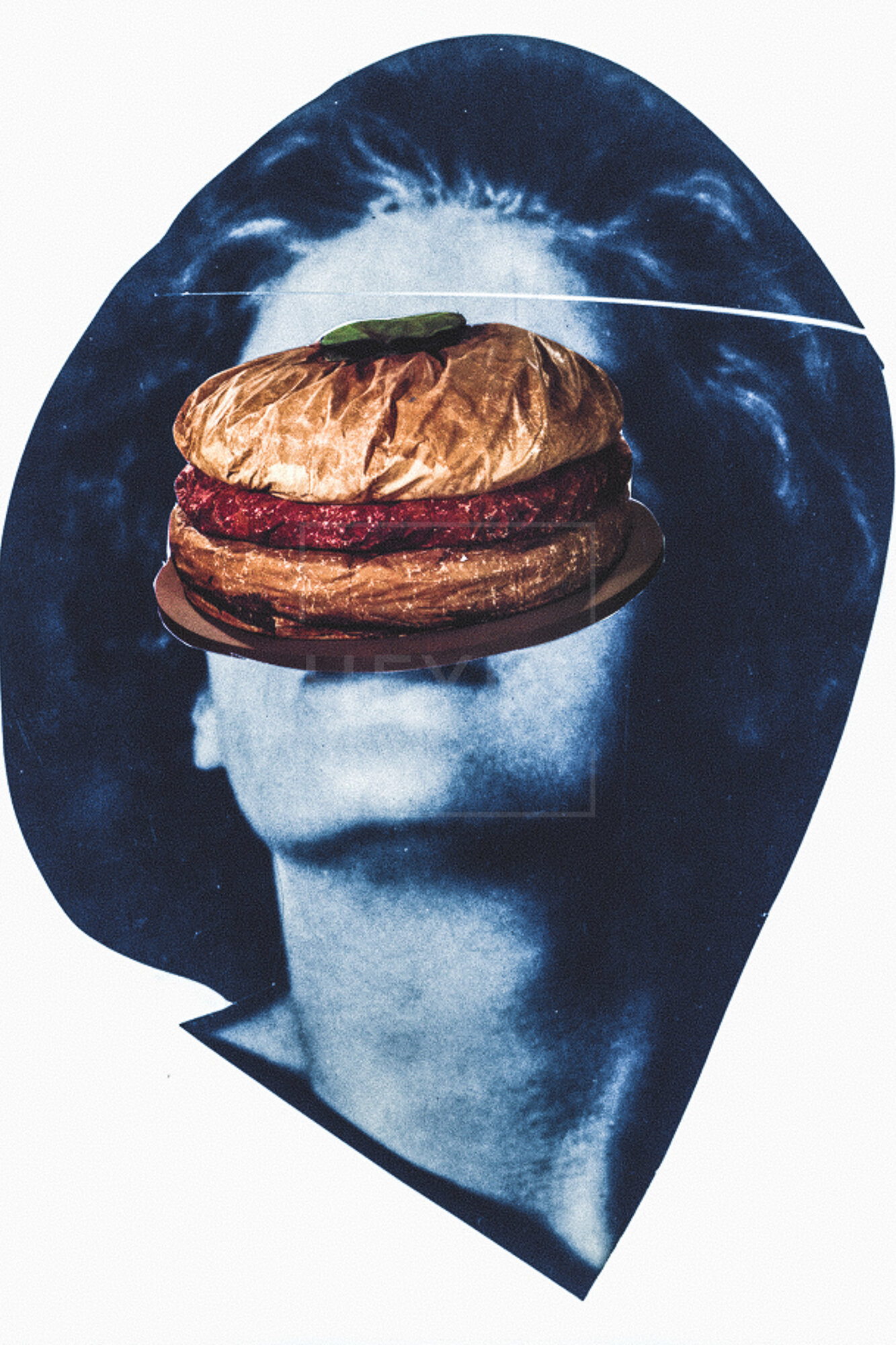
Your Face In Mine | HEYDT | 2020 | Analog Assemblage | 20in x 30in | Edition: $1500 | Original: $10,000
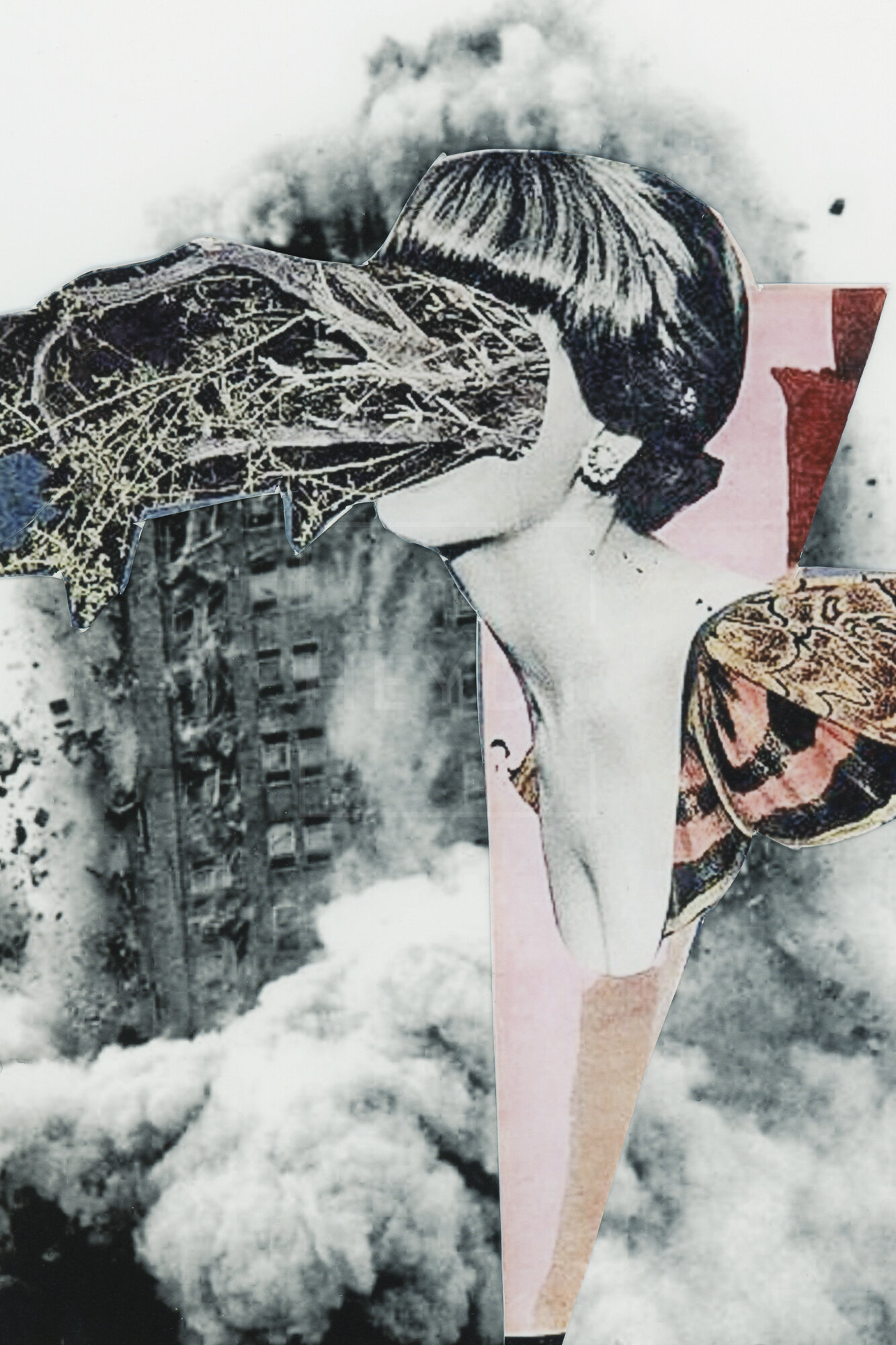
Your Face In Mine | HEYDT | 2020 | Analog Assemblage | 20in x 30in | Edition: $1500 | Original: $10,000
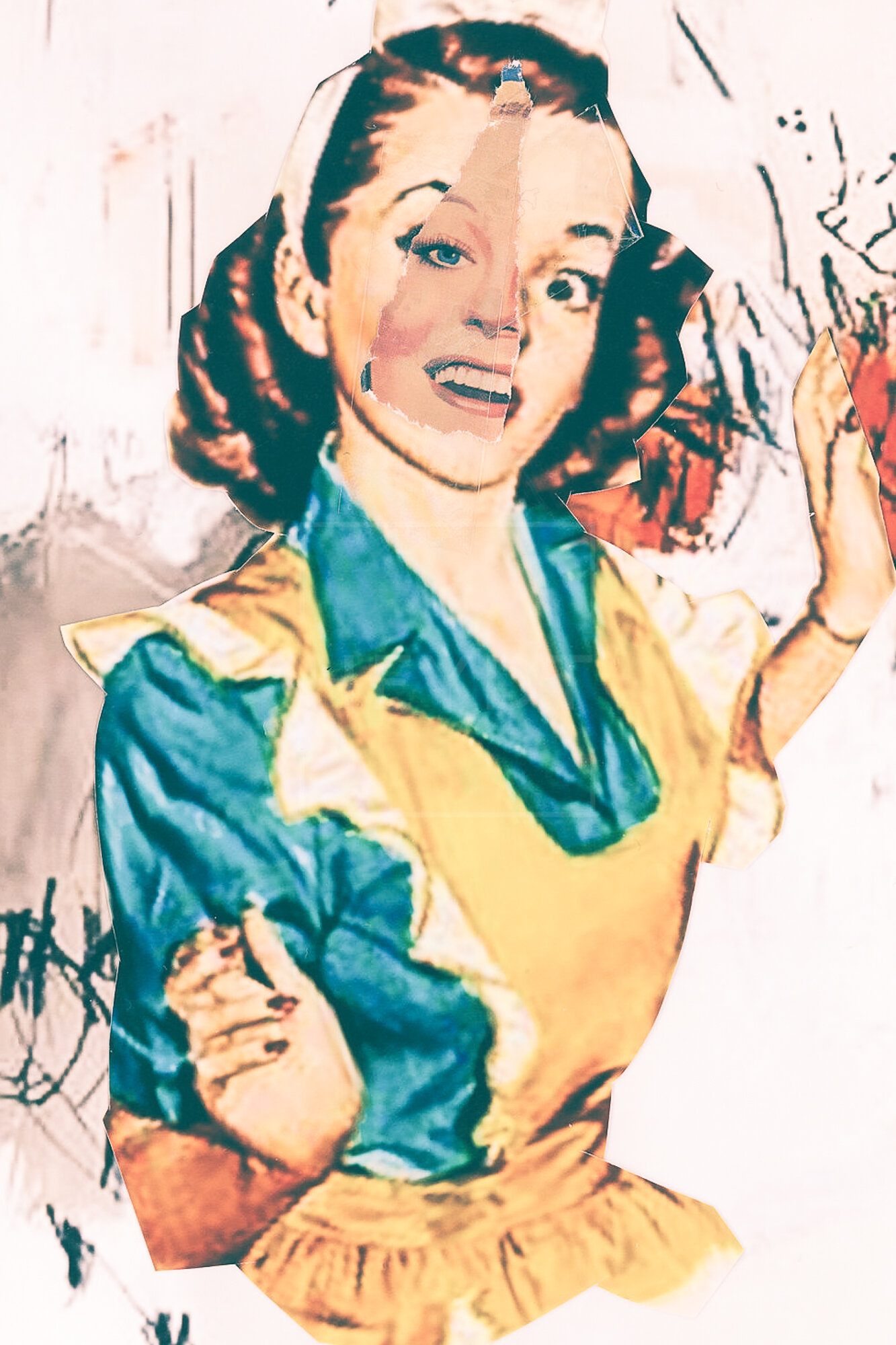
Your Face In Mine | HEYDT | 2020 | Analog Assemblage | 20in x 30in | Edition: $1500 | Original: $10,000
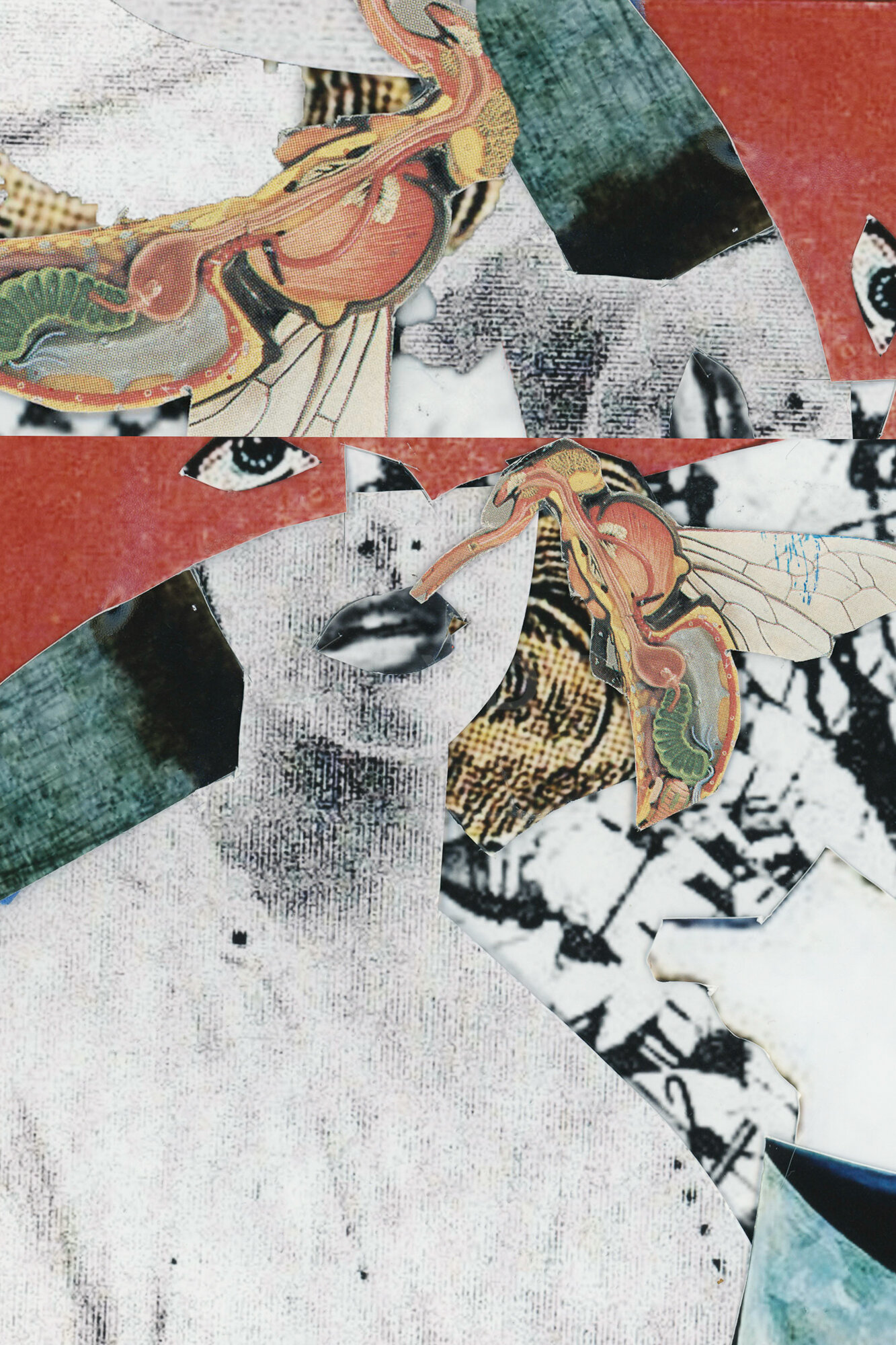
Your Face In Mine | HEYDT | 2020 | Analog Assemblage | 20in x 30in | Edition: $1500 | Original: $10,000
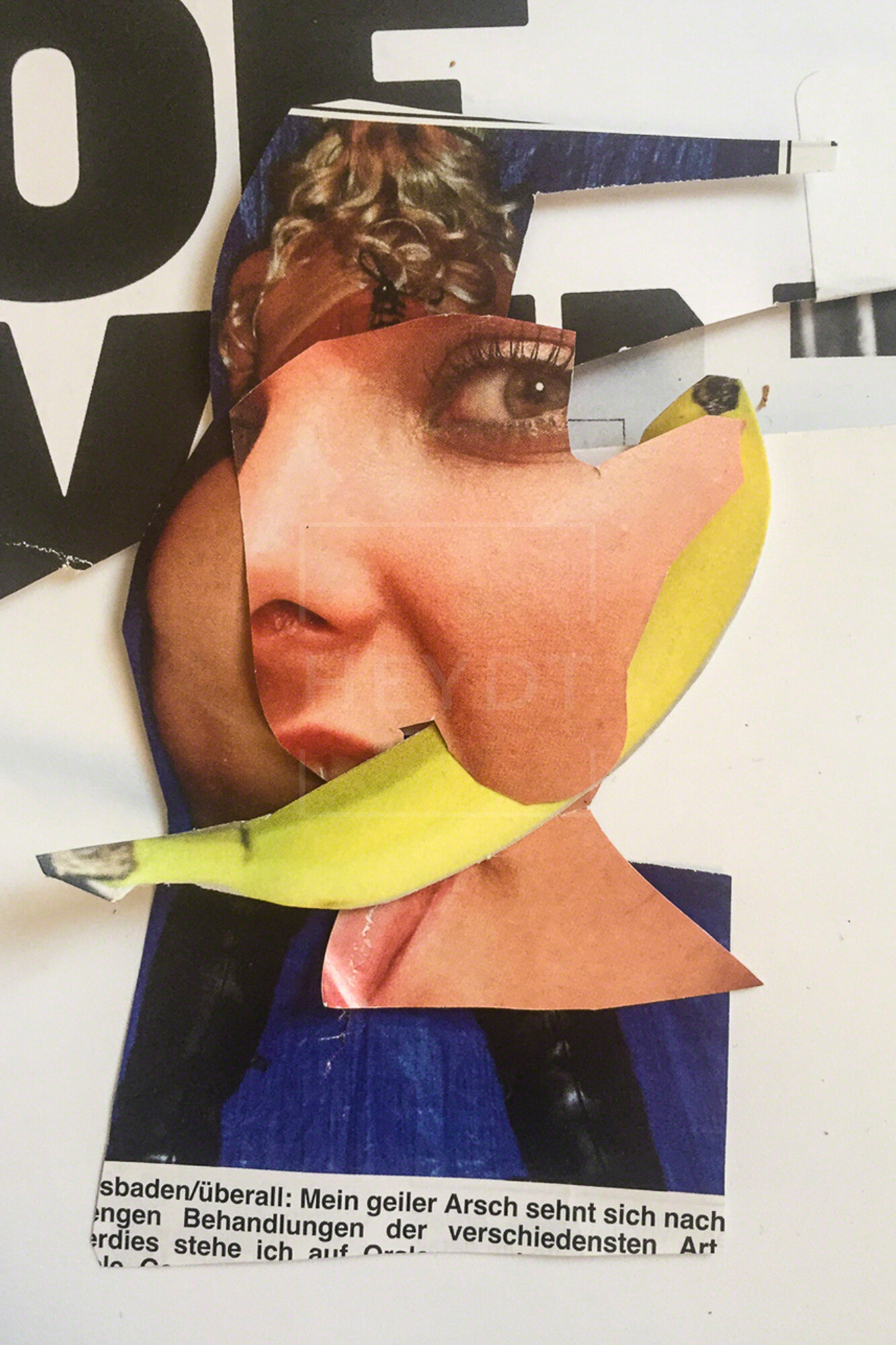
Your Face In Mine | HEYDT | 2020 | Analog Assemblage | 20in x 30in | Edition: $1500 | Original: $10,000
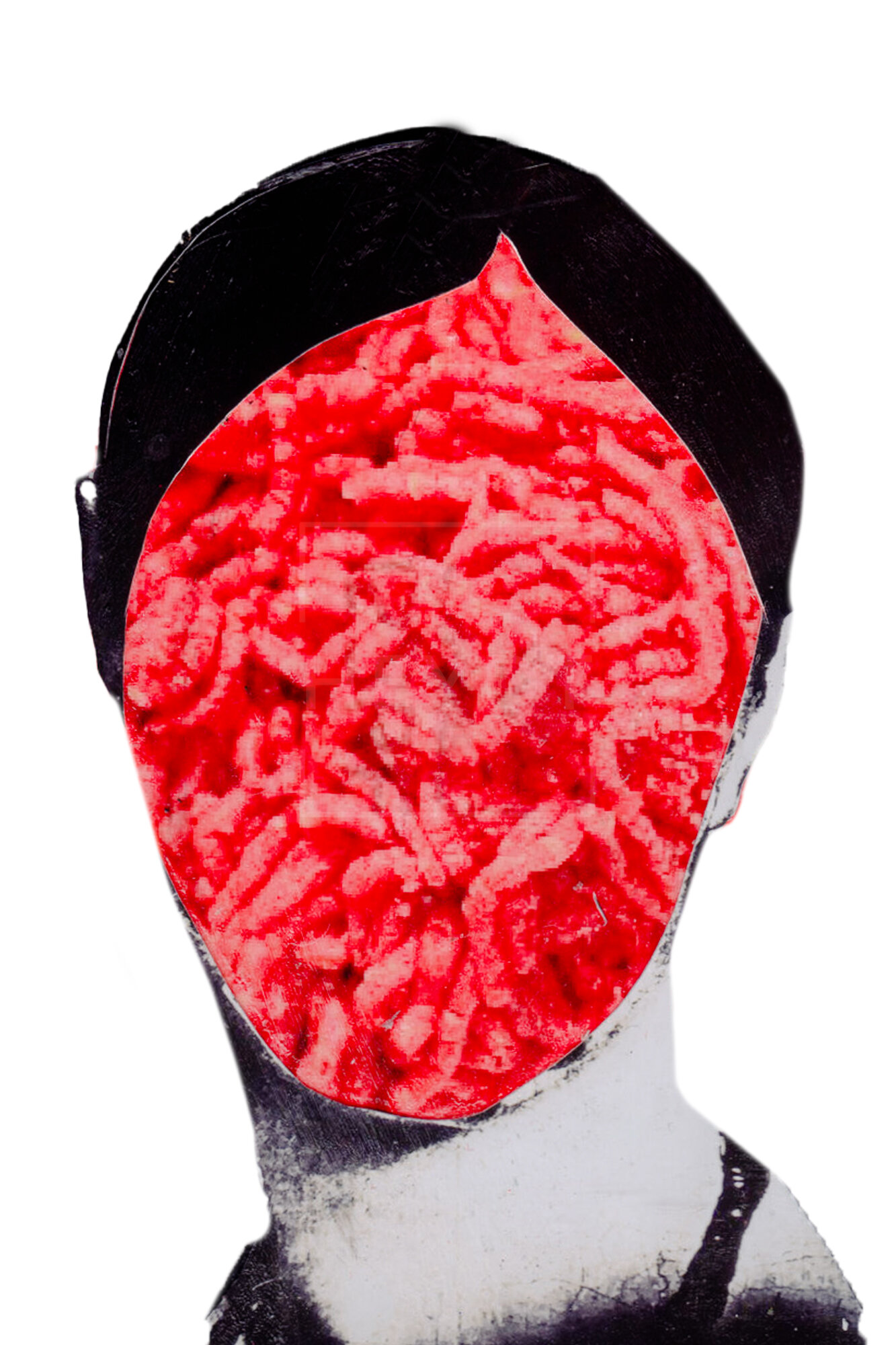
Your Face In Mine | HEYDT | 2020 | Analog Assemblage | 20in x 30in | Edition: $1500 | Original: $10,000
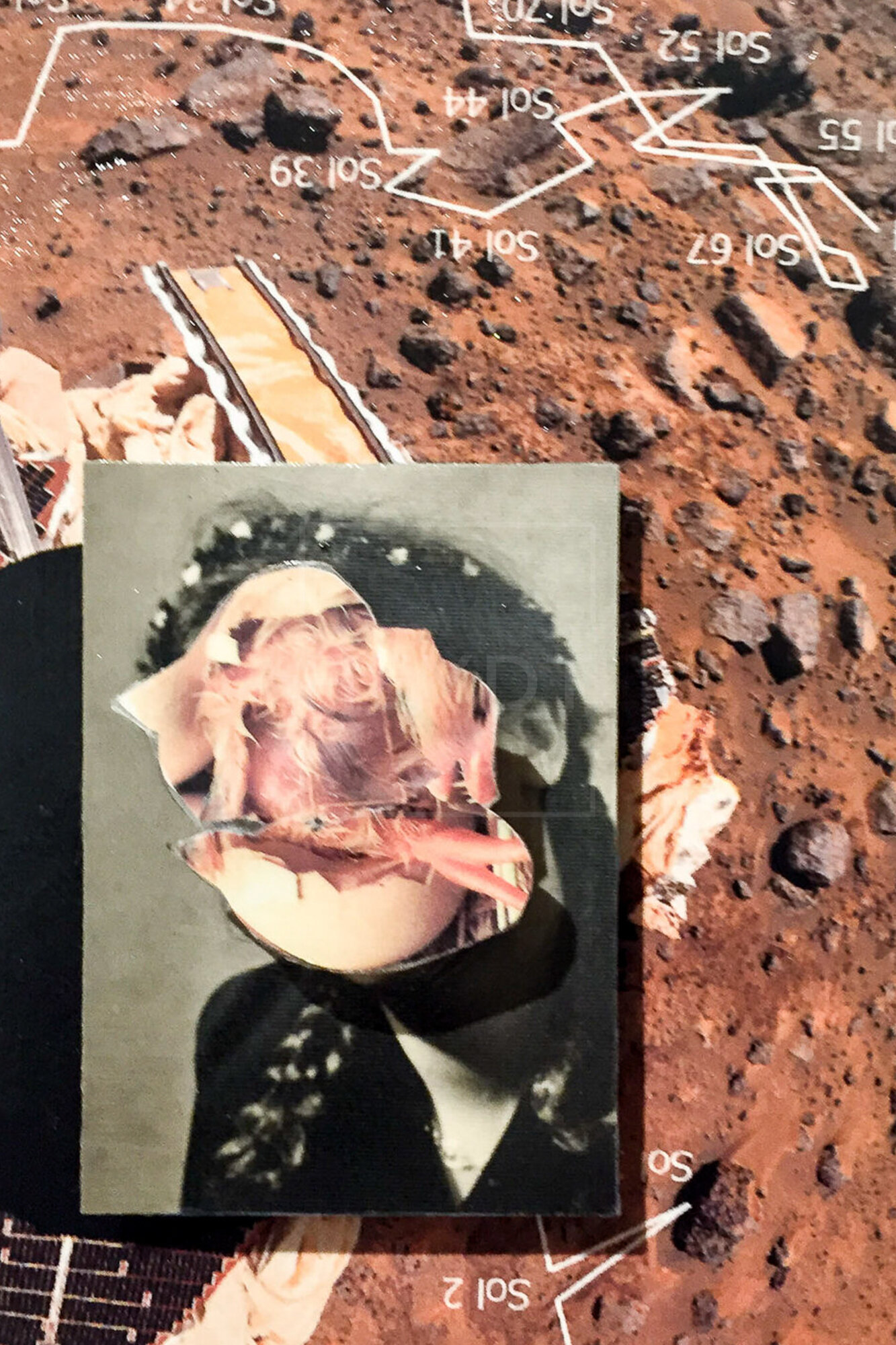
Your Face In Mine | HEYDT | 2020 | Analog Assemblage | 20in x 30in | Edition: $1500 | Original: $10,000

Your Face In Mine | HEYDT | 2020 | Analog Assemblage | 20in x 30in | Edition: $1500 | Original: $10,000
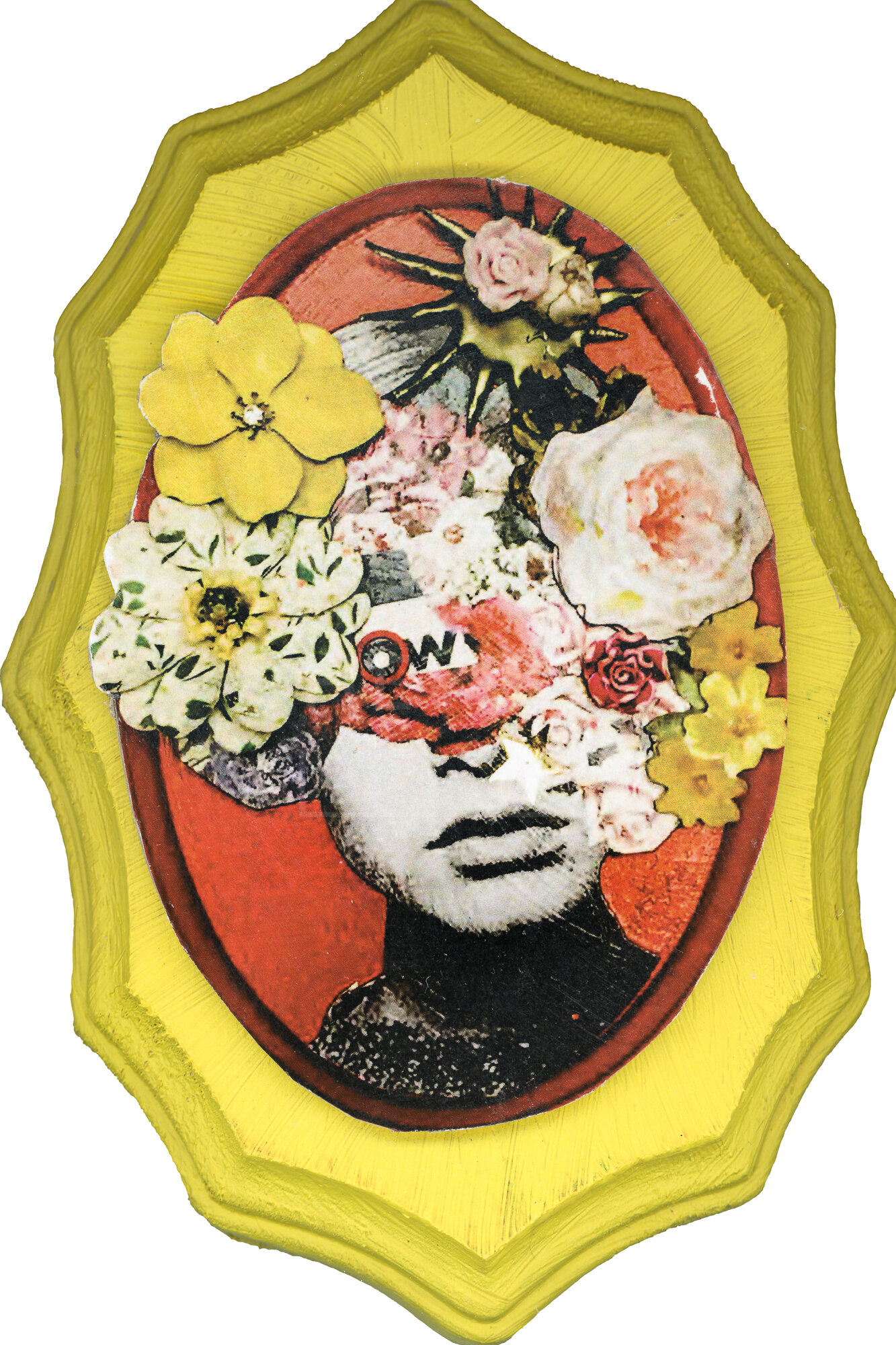
Your Face In Mine | HEYDT | 2020 | Analog Assemblage | 20in x 30in | Edition: $1500 | Original: $10,000

Your Face In Mine | HEYDT | 2020 | Analog Assemblage | 20in x 30in | Edition: $1500 | Original: $10,000
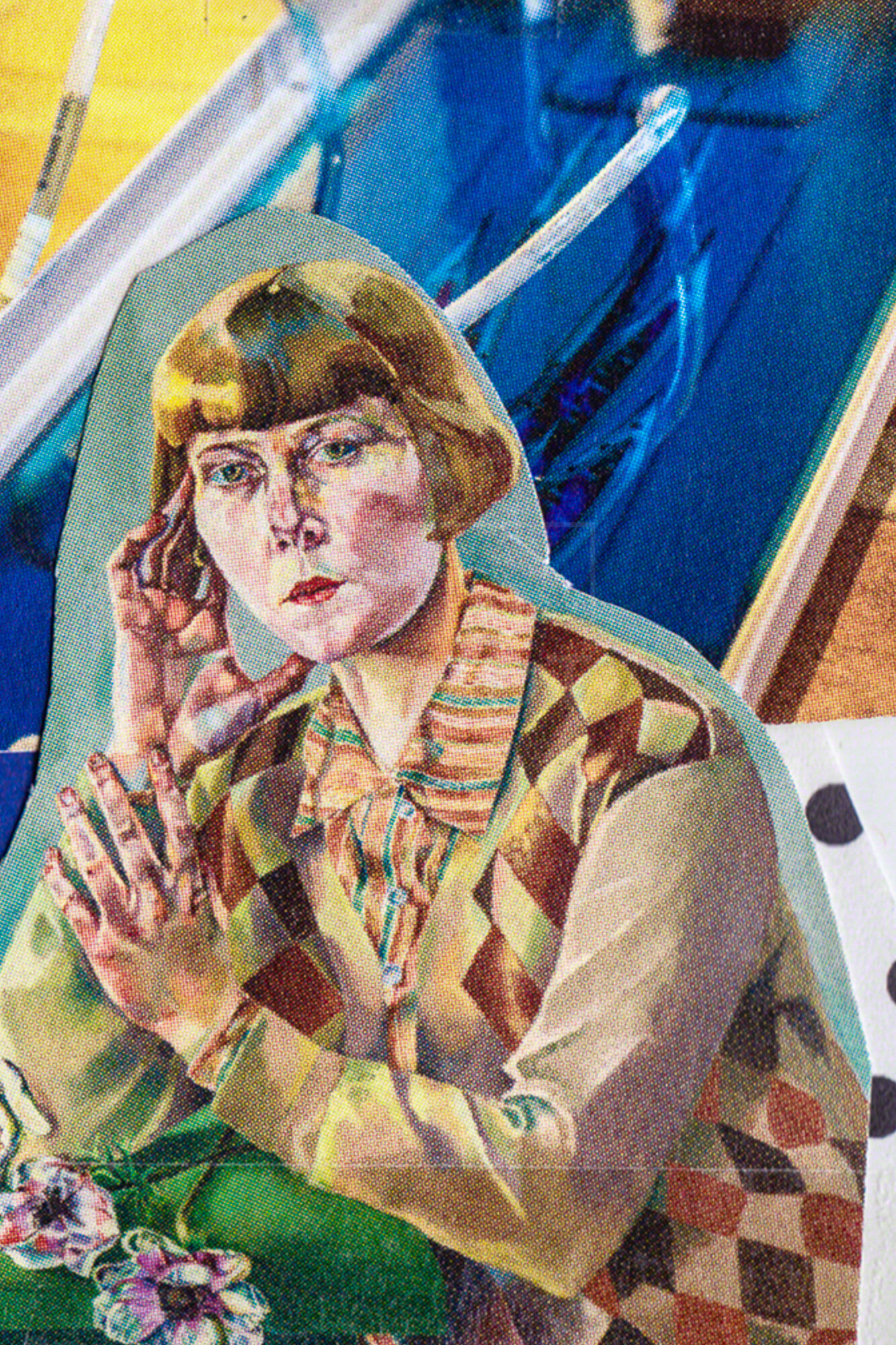
Your Face In Mine | HEYDT | 2020 | Analog Assemblage | 20in x 30in | Edition: $1500 | Original: $10,000

Your Face In Mine | HEYDT | 2020 | Analog Assemblage | 20in x 30in | Edition: $1500 | Original: $10,000
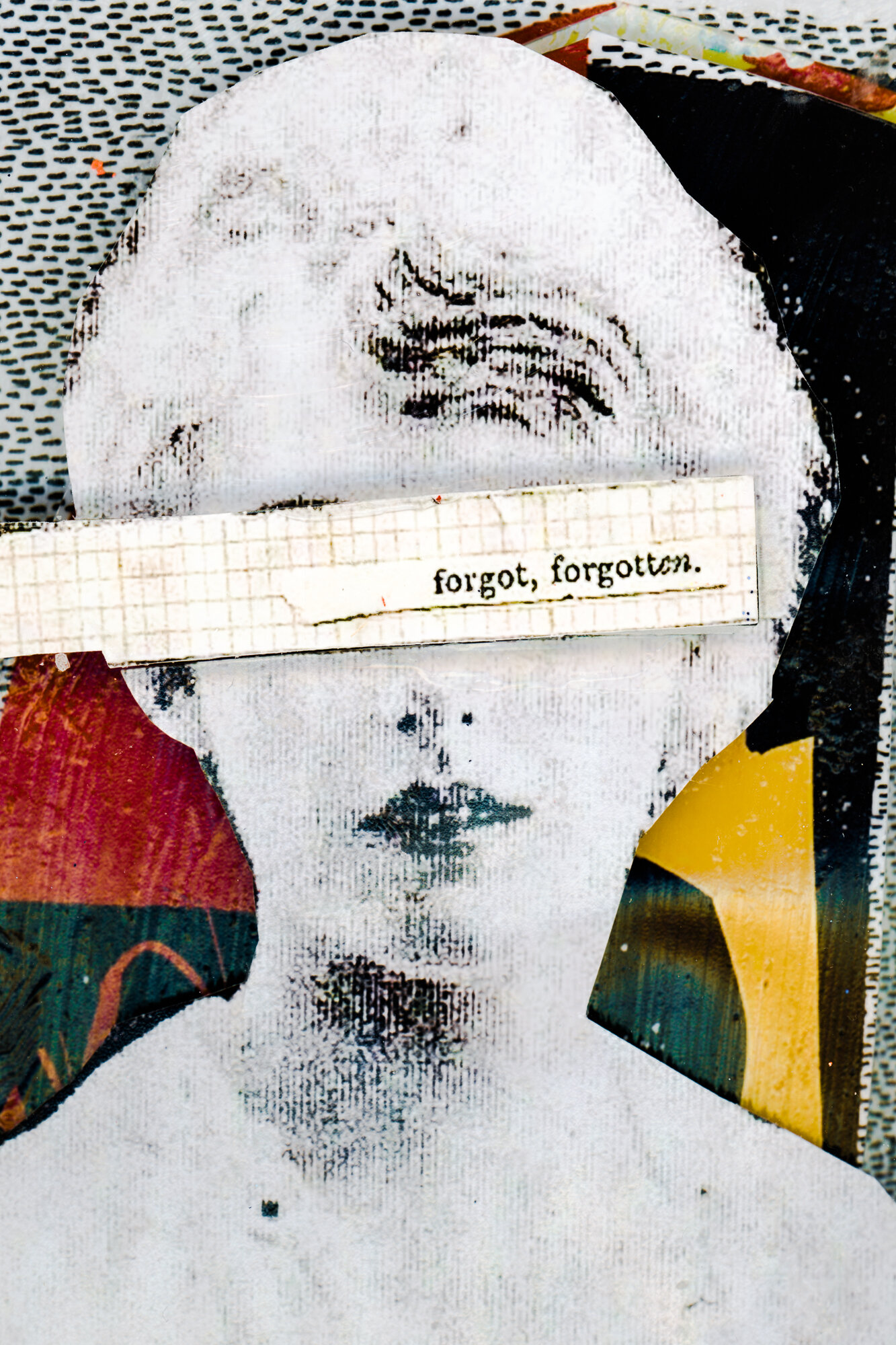
Your Face In Mine | HEYDT | 2020 | Analog Assemblage | 20in x 30in | Edition: $1500 | Original: $10,000
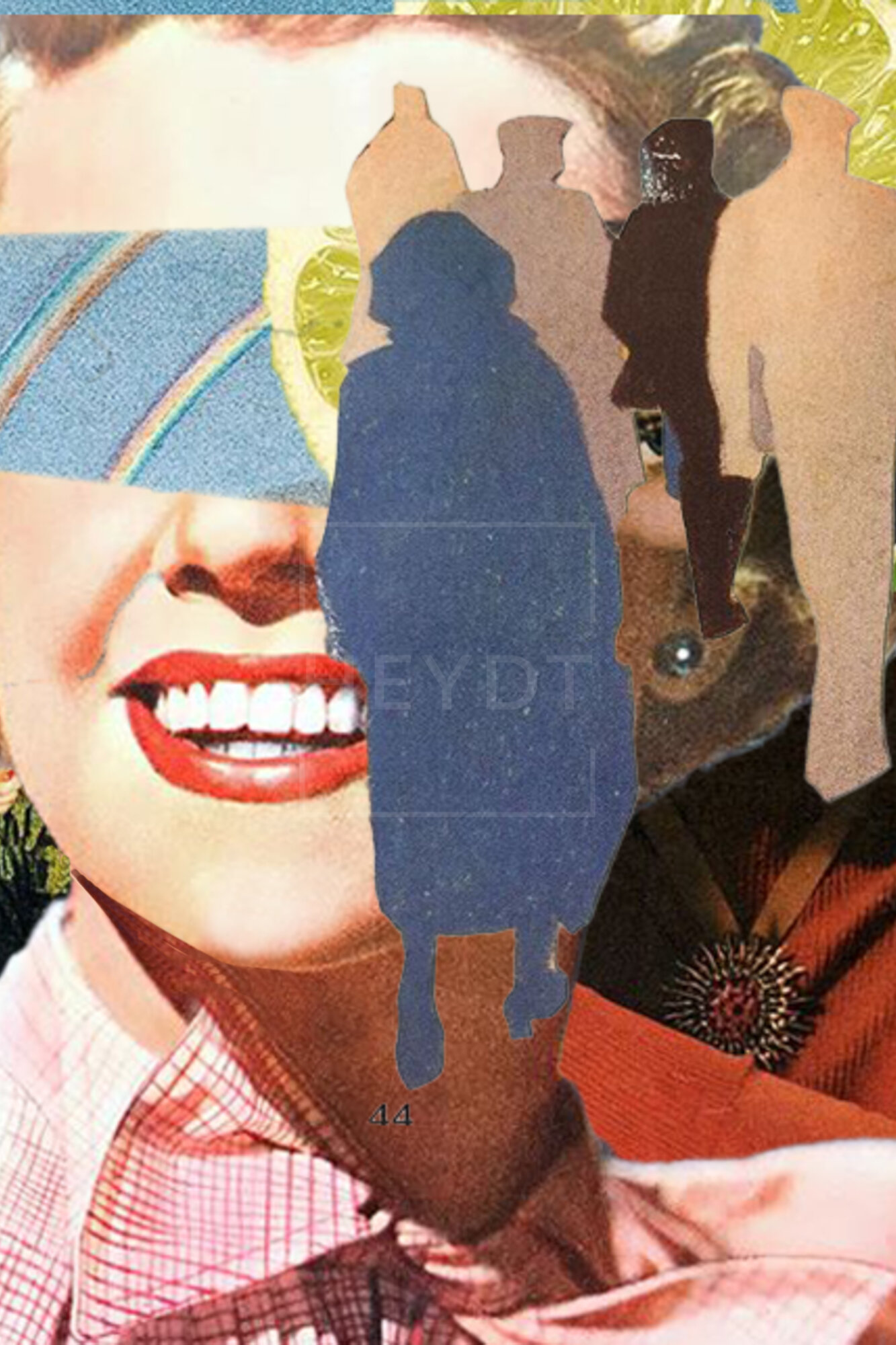
Your Face In Mine | HEYDT | 2020 | Analog Assemblage | 20in x 30in | Edition: $1500 | Original: $10,000

Your Face In Mine | HEYDT | 2020 | Analog Assemblage | 20in x 30in | Edition: $1500 | Original: $10,000
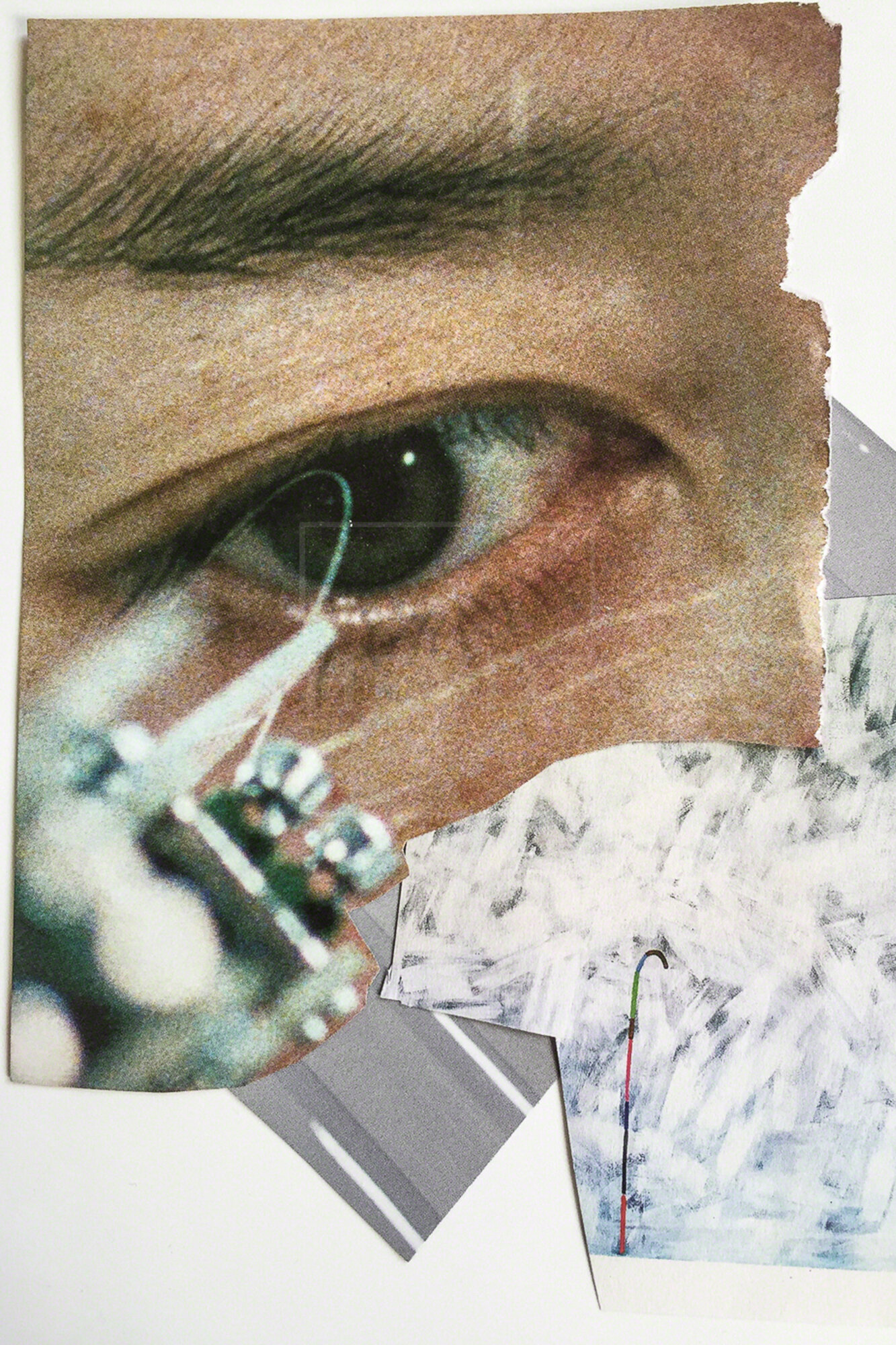
Your Face In Mine | HEYDT | 2020 | Analog Assemblage | 20in x 30in | Edition: $1500 | Original: $10,000
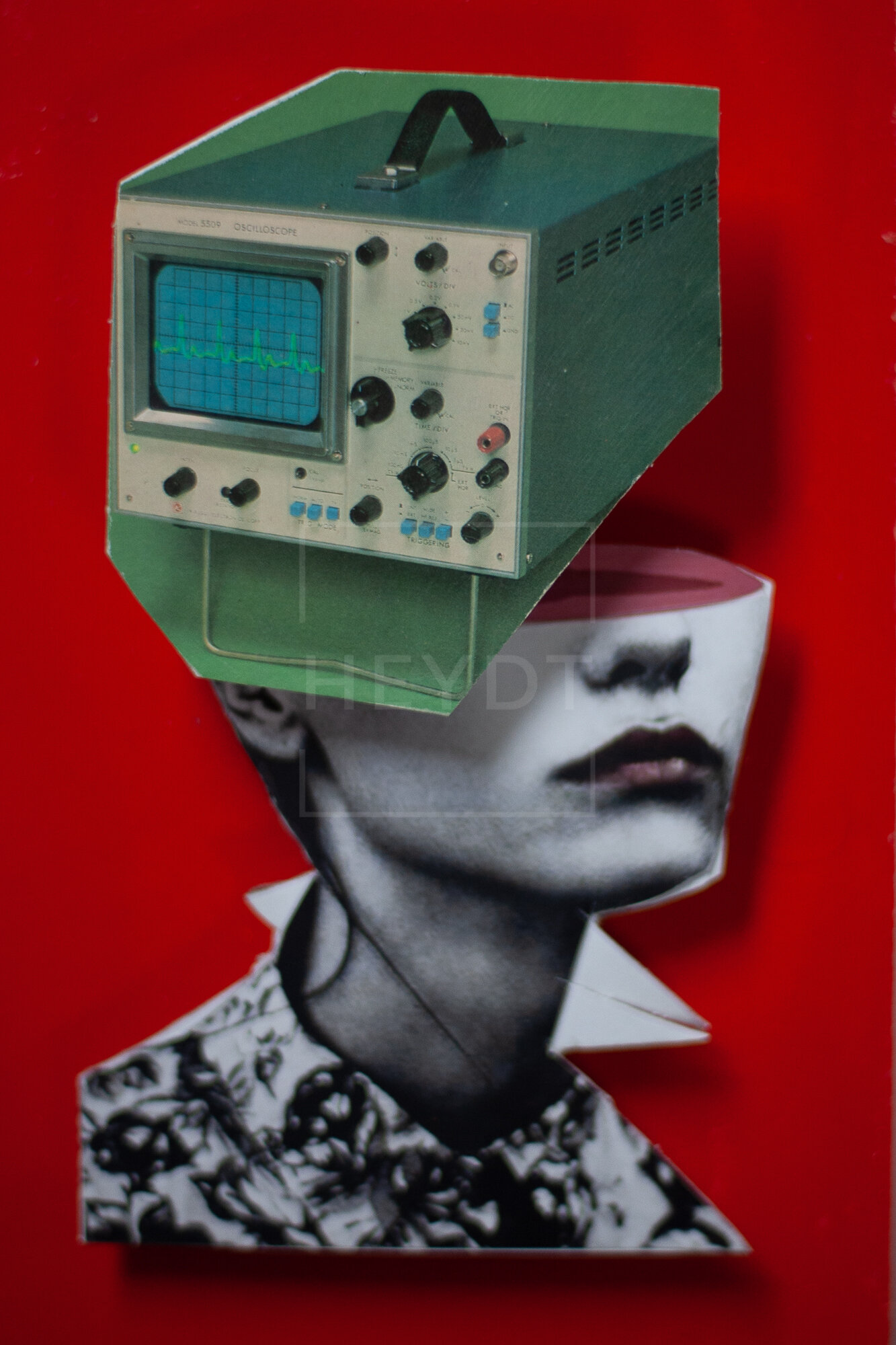
Your Face In Mine | HEYDT | 2020 | Analog Assemblage | 20in x 30in | Edition: $1500 | Original: $10,000
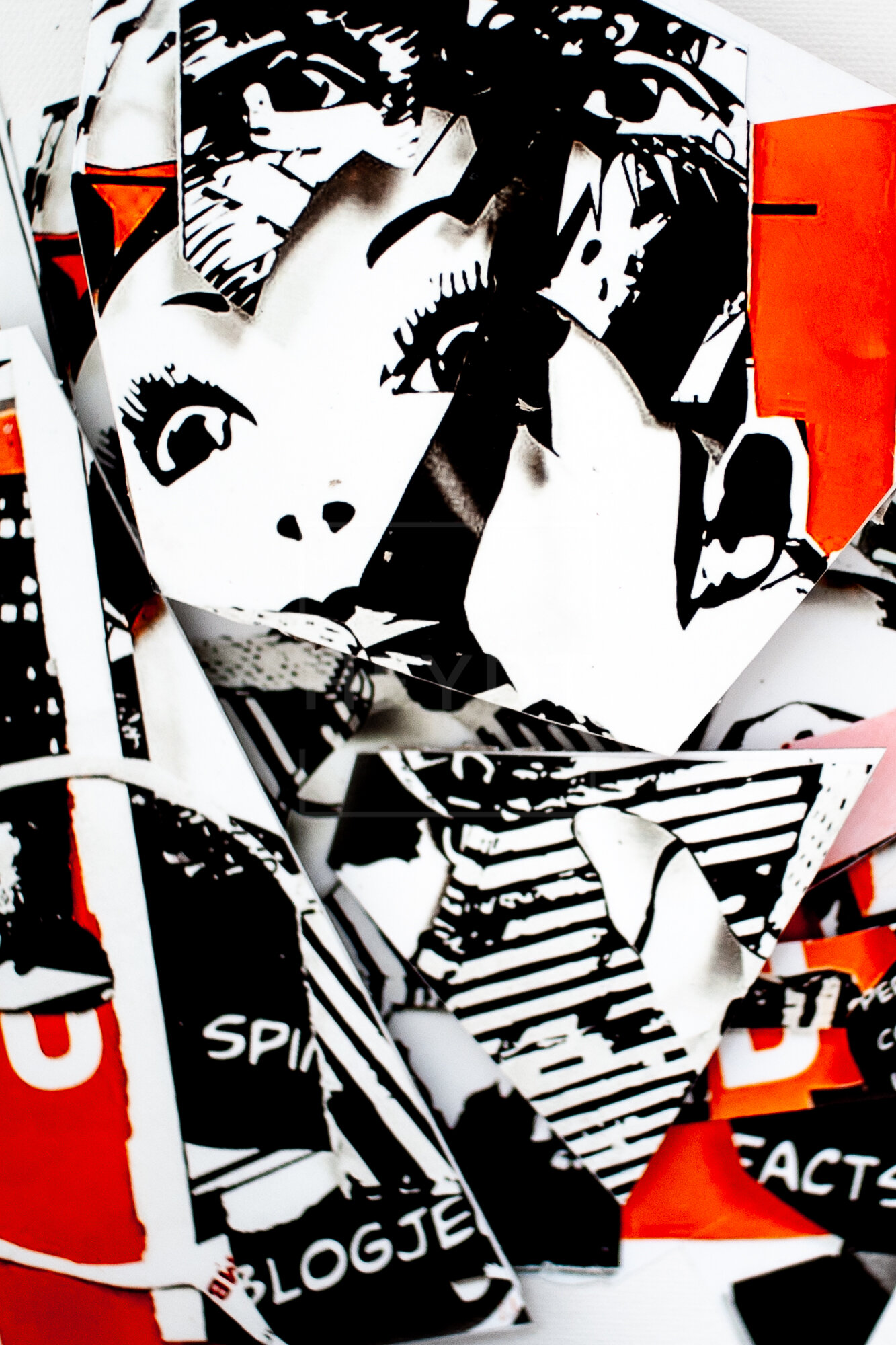
Your Face In Mine | HEYDT | 2020 | Analog Assemblage | 20in x 30in | Edition: $1500 | Original: $10,000
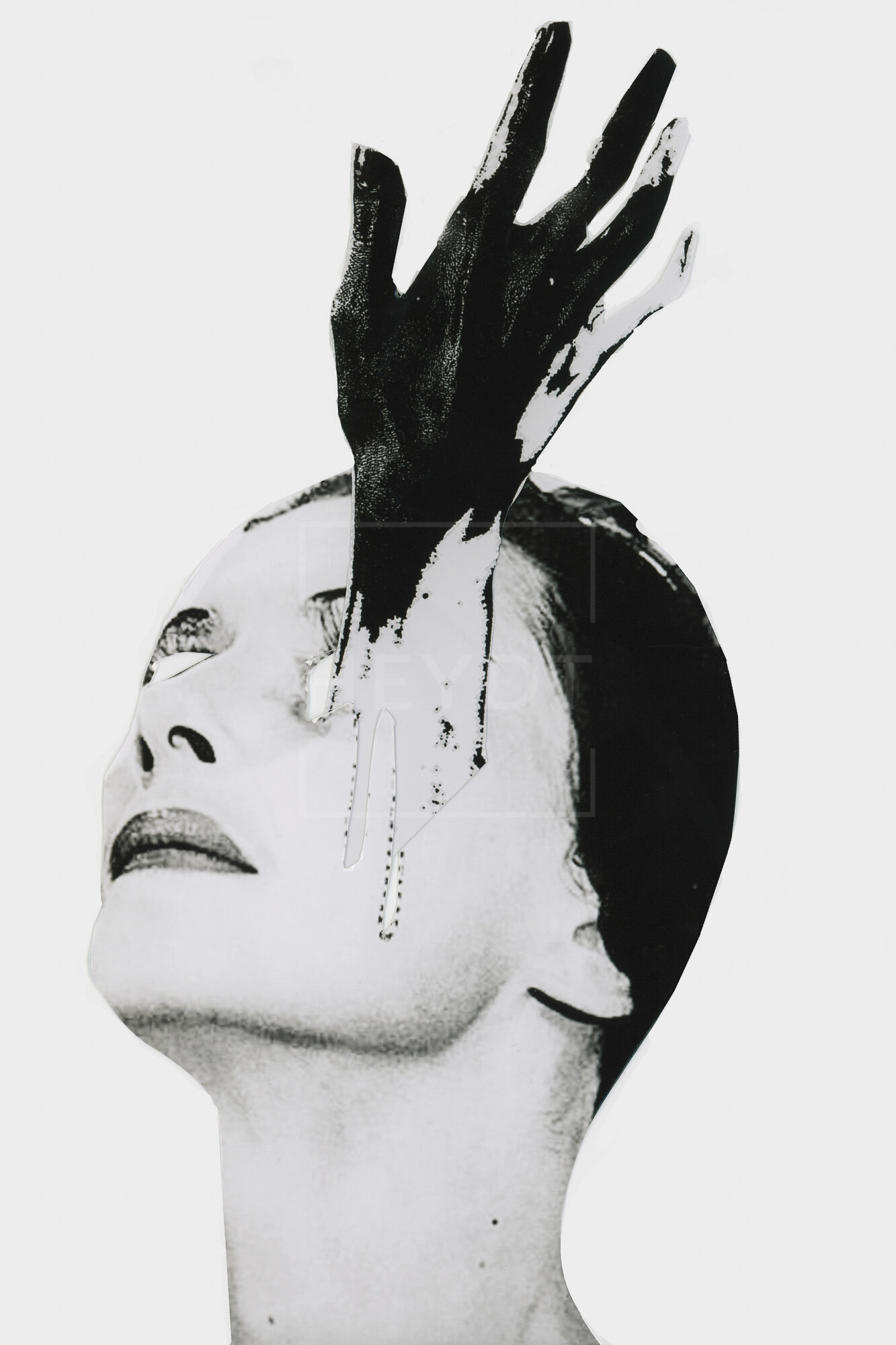
Your Face In Mine | HEYDT | 2020 | Analog Assemblage | 20in x 30in | Edition: $1500 | Original: $10,000
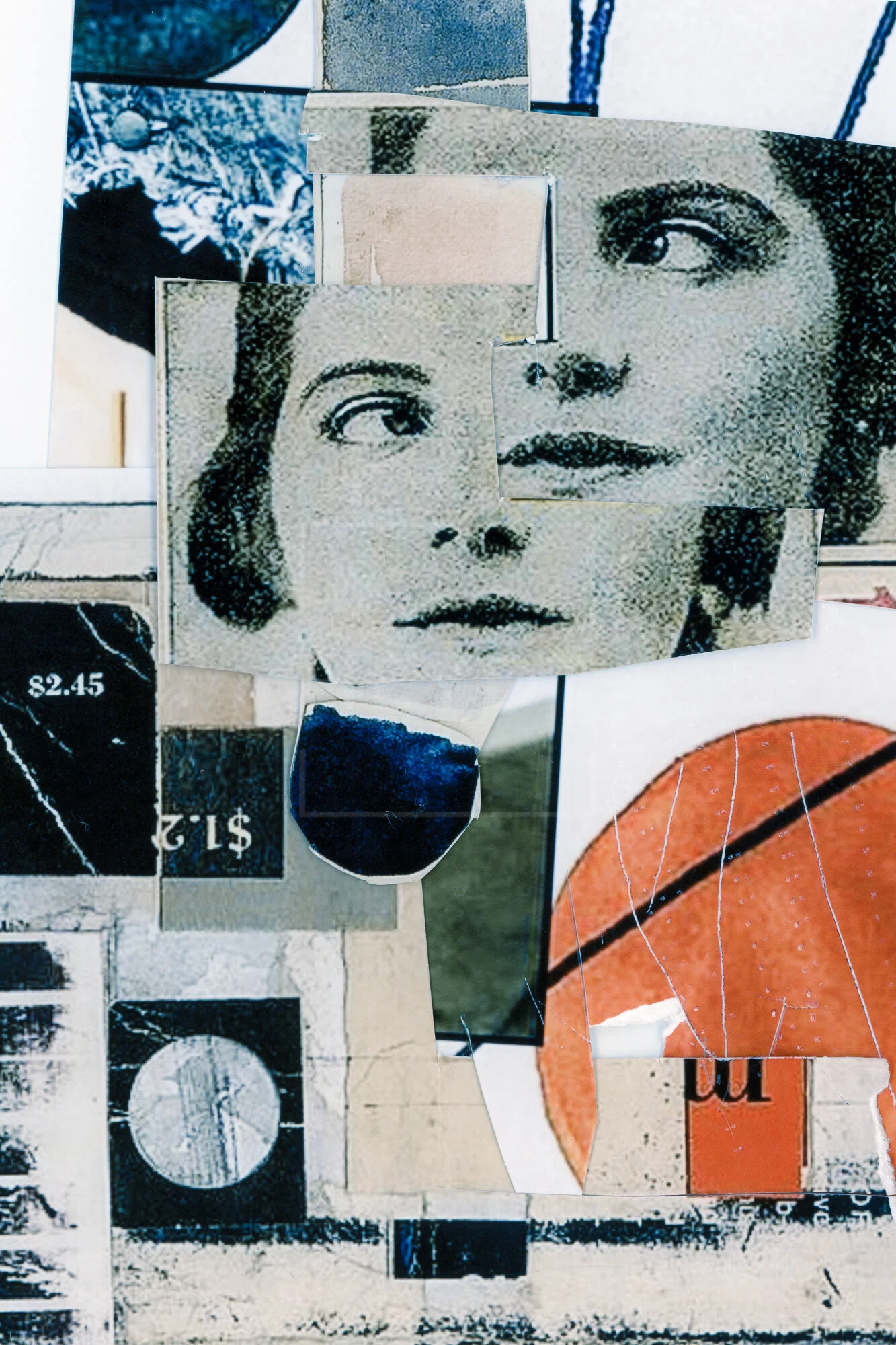
Your Face In Mine | HEYDT | 2020 | Analog Assemblage | | Edition: 20in x 30in - $3500 | Original: 40in x 60in - 6$10,000

Your Face In Mine | HEYDT | 2020 | Analog Assemblage | 20in x 30in | Edition: $1500 | Original: $10,000

Your Face In Mine | HEYDT | 2020 | Analog Assemblage | 20in x 30in | Edition: $1500 | Original: $10,000
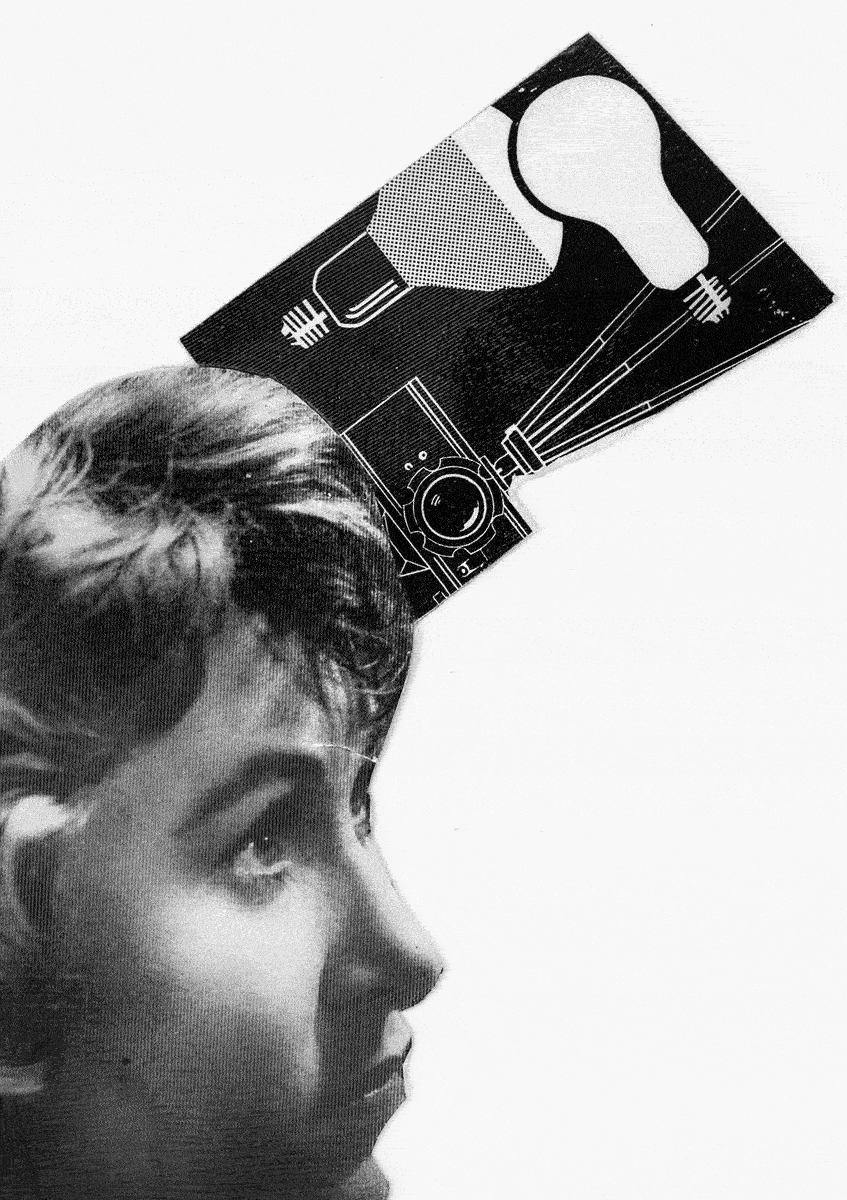
Your Face In Mine | HEYDT | 2020 | Analog Assemblage | 20in x 30in | Edition: $1500 | Original: $10,000

Your Face In Mine | HEYDT | 2020 | Analog Assemblage | 20in x 30in | Edition: $5000 | Original: $10,000
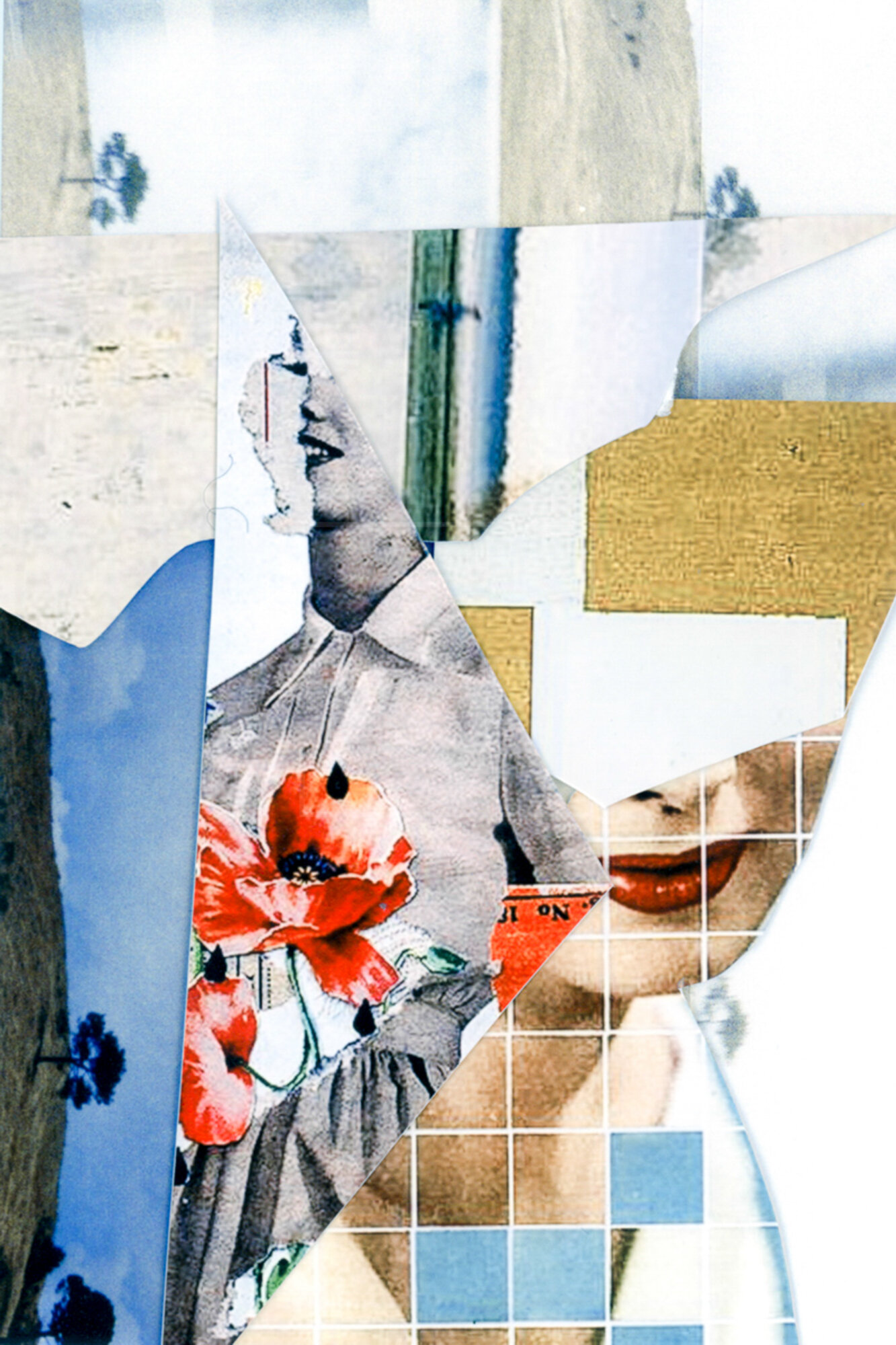
Your Face In Mine | HEYDT | 2020 | Analog Assemblage | 20in x 30in | Edition: $1500 | Original: $10,000
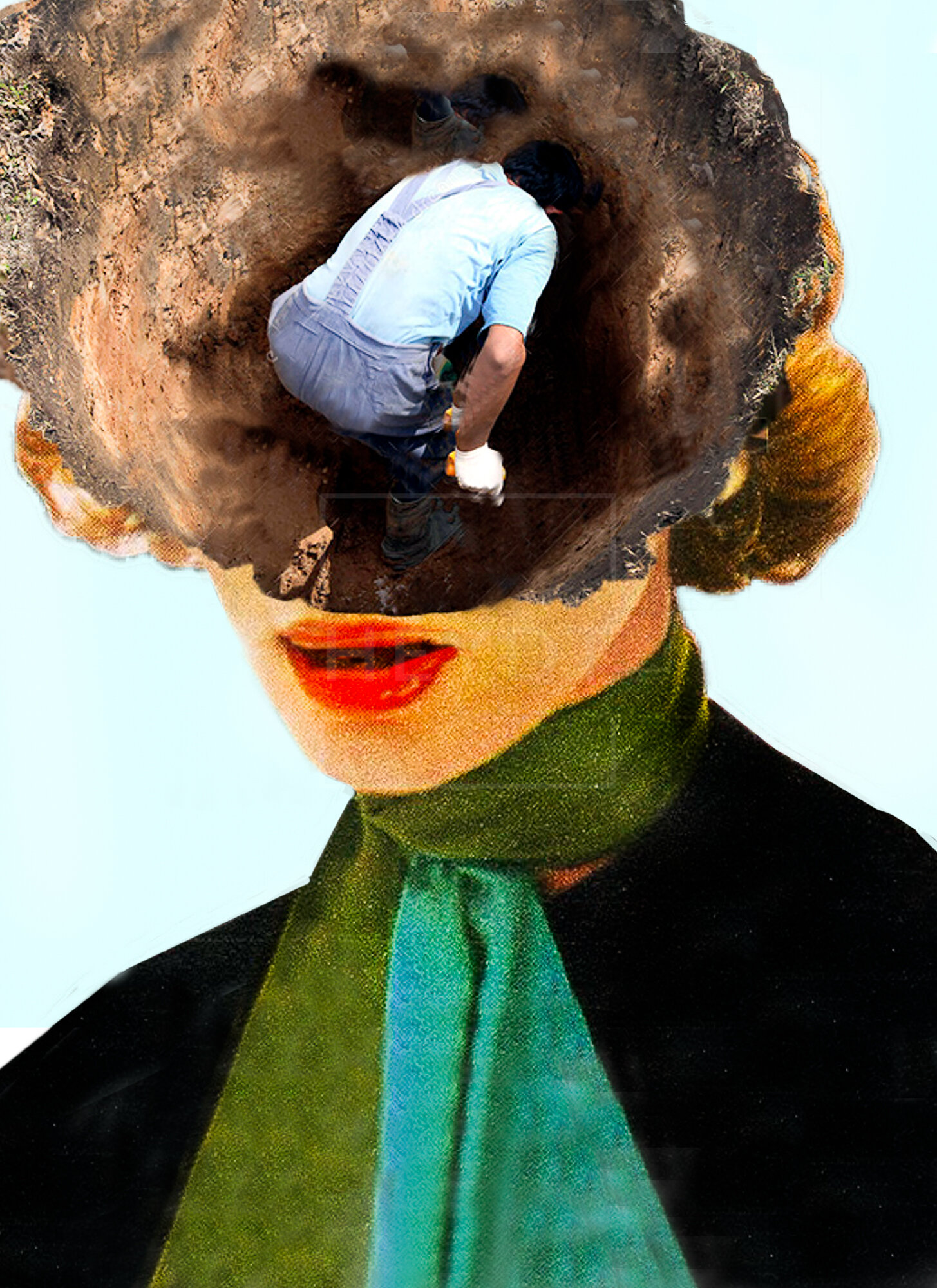
Your Face In Mine | HEYDT | 2020 | Analog Assemblage | 20in x 30in | Edition: 20x20in - $3000 | Original: 60in x 60in -$10,000

Your Face In Mine | HEYDT | 2020 | Analog Assemblage | 20in x 30in | Edition: $1500 | Original: $10,000
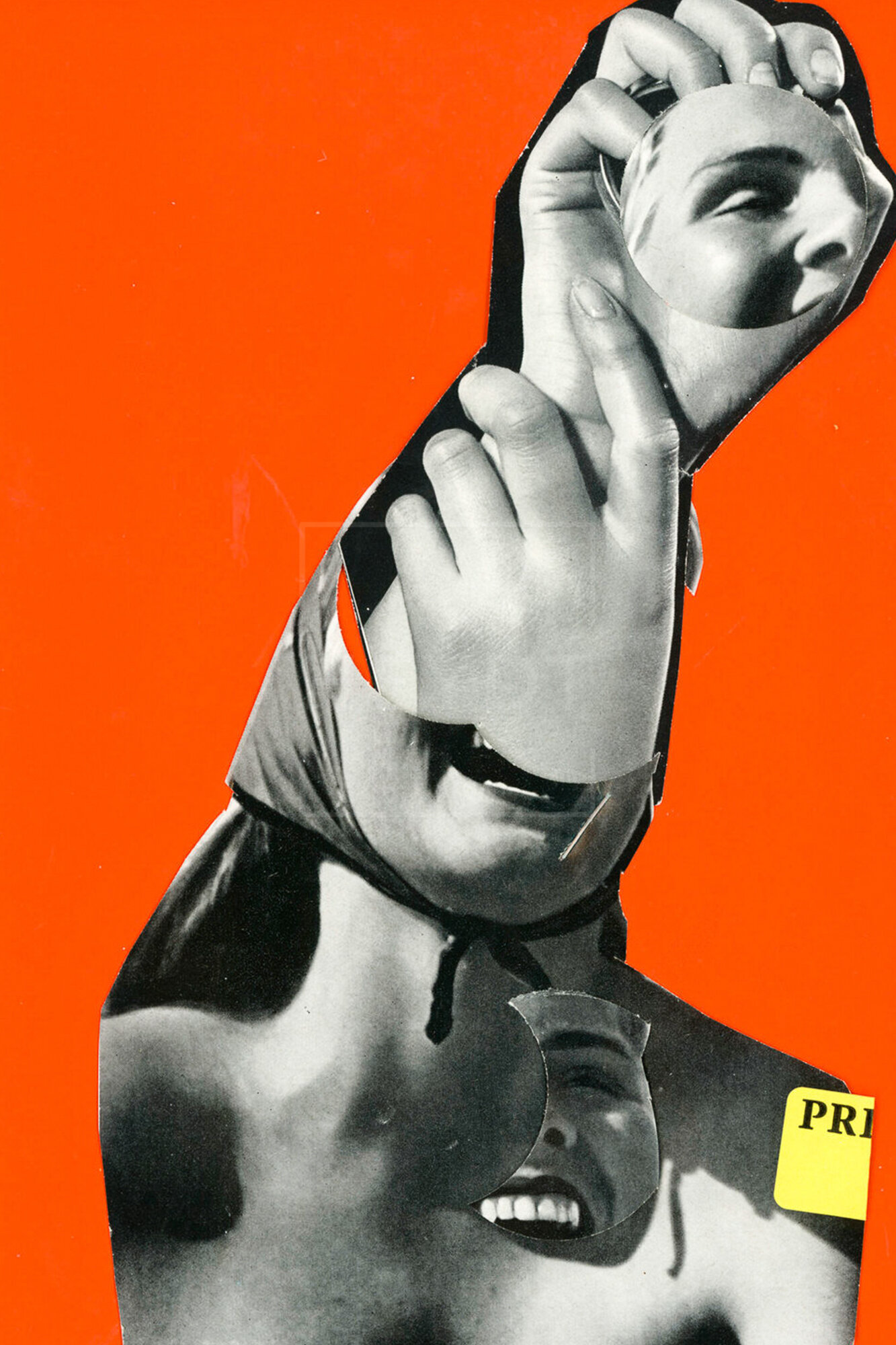
Your Face In Mine | HEYDT | 2020 | Analog Assemblage | | Edition: 10x16in -$1800 | Original: 20in x 30in - $10,000
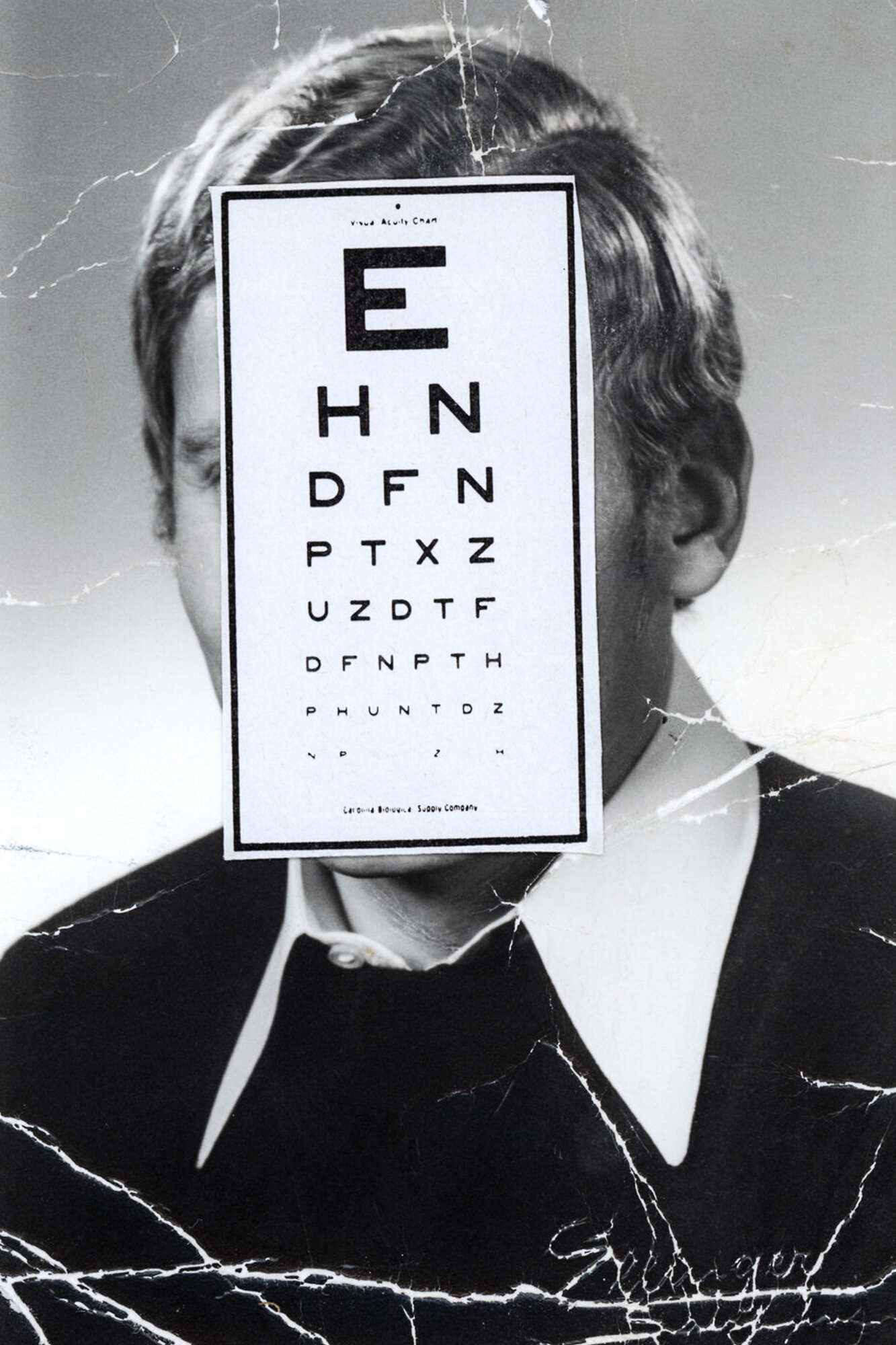
Your Face In Mine | HEYDT | 2020 | Analog Assemblage | 25in x 40in | Edition: $4800 | Original: $10,000

Your Face In Mine | HEYDT | 2020 | Analog Assemblage | 20in x 30in | Edition: $1500 | Original: $10,000

Your Face In Mine | HEYDT | 2020 | Analog Assemblage | | Edition: $5x7in -$700 | Original: 20in x 30in - $10,000

Your Face In Mine | HEYDT | 2020 | Analog Assemblage | 20in x 30in | Edition: $1500 | Original: $10,000

Your Face In Mine | HEYDT | 2020 | Analog Assemblage | 20in x 30in | Edition: $1500 | Original: $10,000

Your Face In Mine | HEYDT | 2020 | Analog Assemblage | 20in x 30in | $10,000 | 9in x 12in | $2100

Your Face In Mine | HEYDT | 2020 | Analog Assemblage | 20in x 20in | Edition: $2100 | Original: $10,000

Your Face In Mine | HEYDT | 2020 | Analog Assemblage | 20in x 30in | Edition: $1500 | Original: $10,000

Your Face In Mine | HEYDT | 2020 | Analog Assemblage | 20in x 30in | Edition: $1500 | Original: $10,000
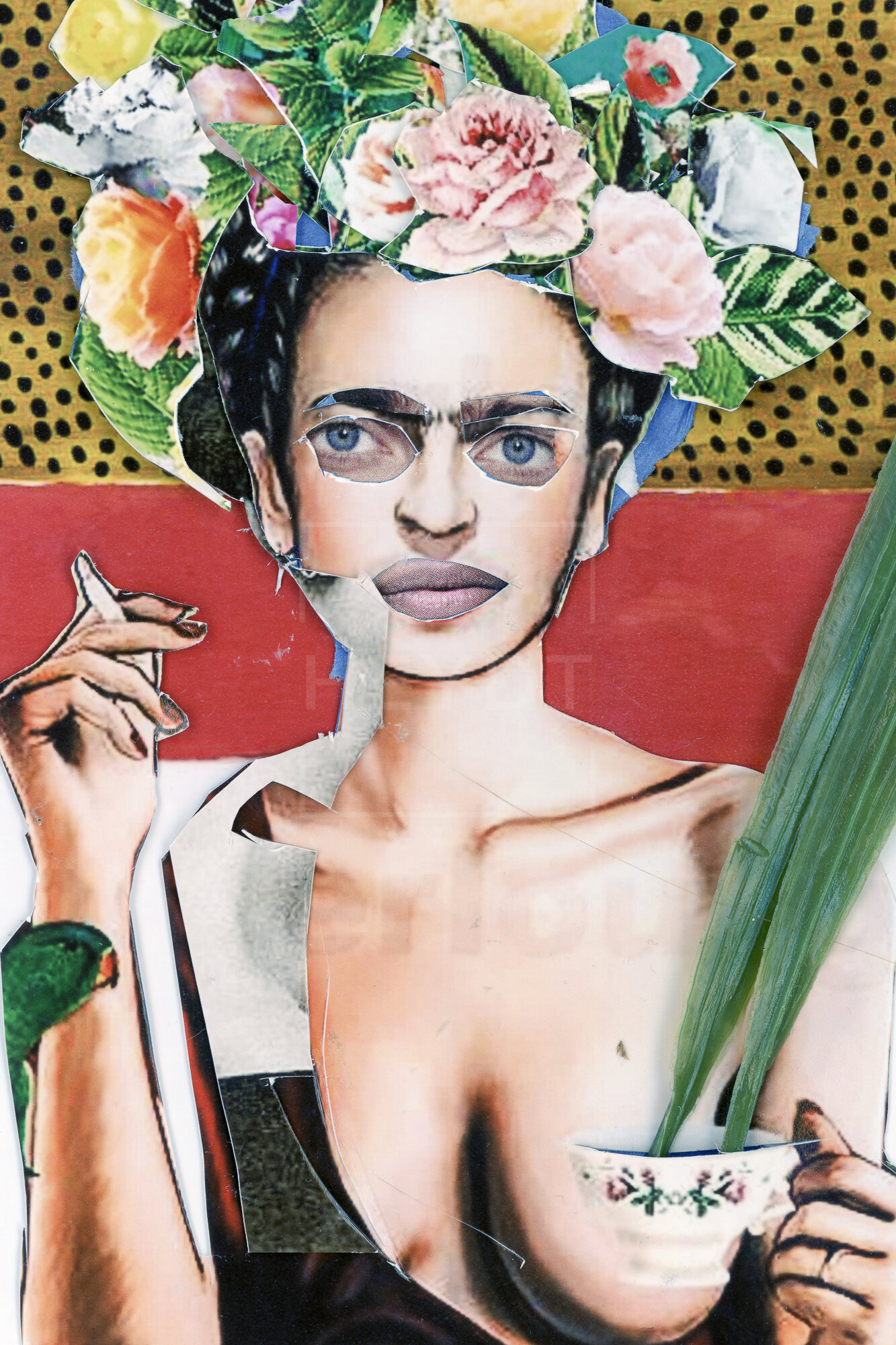
Your Face In Mine | HEYDT | 2020 | Analog Assemblage | 20in x 30in | Edition: $1500 | Original: $10,000
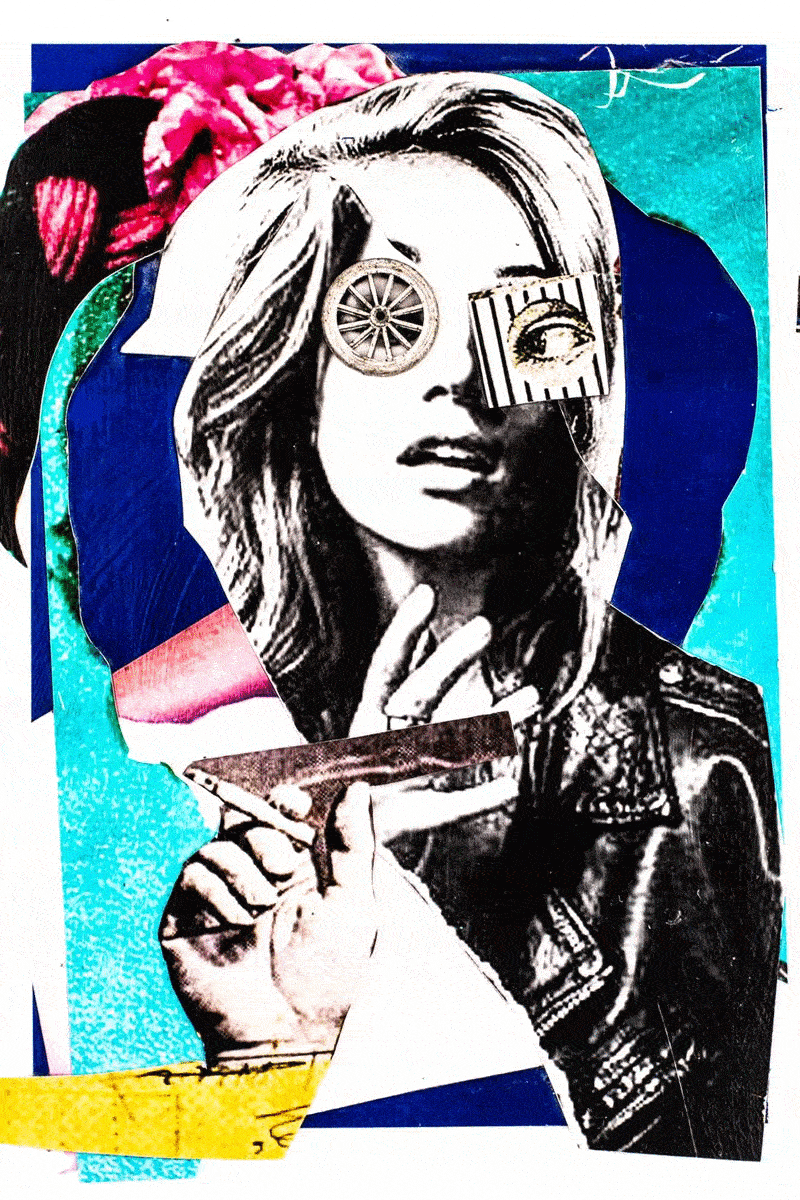
Your Face In Mine | HEYDT | 2020 | Analog Assemblage | 20in x 30in | Edition: $1500 | Original: $10,000

Your Face In Mine | HEYDT | 2020 | Analog Assemblage | 20in x 30in | Edition: $1500 | Original: $10,000
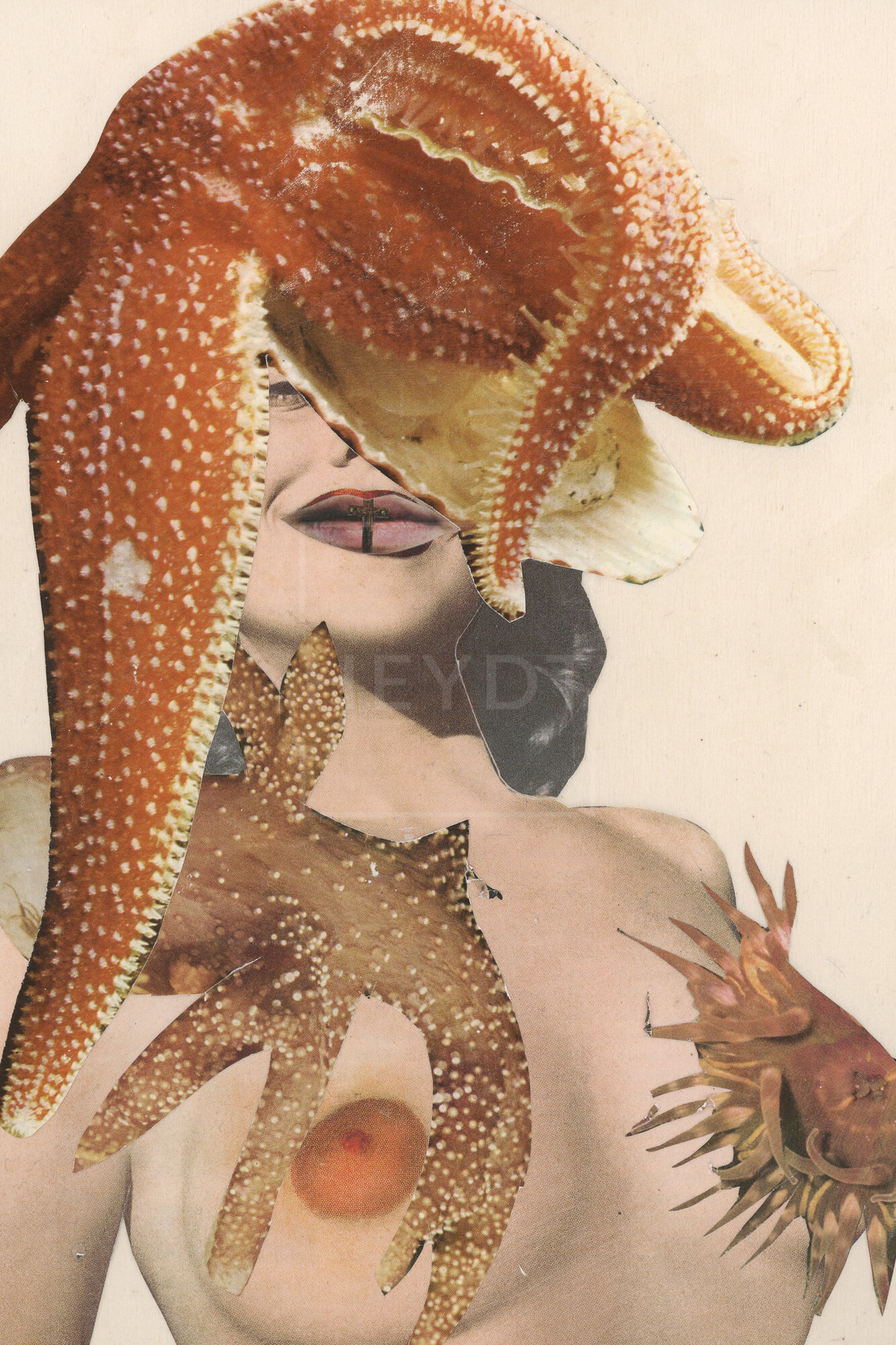
Your Face In Mine | HEYDT | 2020 | Analog Assemblage | 9x12in - $2100 | 20in x 30in - $10,000

Your Face In Mine | HEYDT | 2020 | Analog Assemblage | 20in x 30in | Edition: $1500 | Original: $10,000

Your Face In Mine | HEYDT | 2020 | Analog Assemblage | 20in x 30in | Edition: $1500 | Original: $10,000

Your Face In Mine | HEYDT | 2020 | Analog Assemblage | 20in x 30in | Edition: $1500 | Original: $10,000
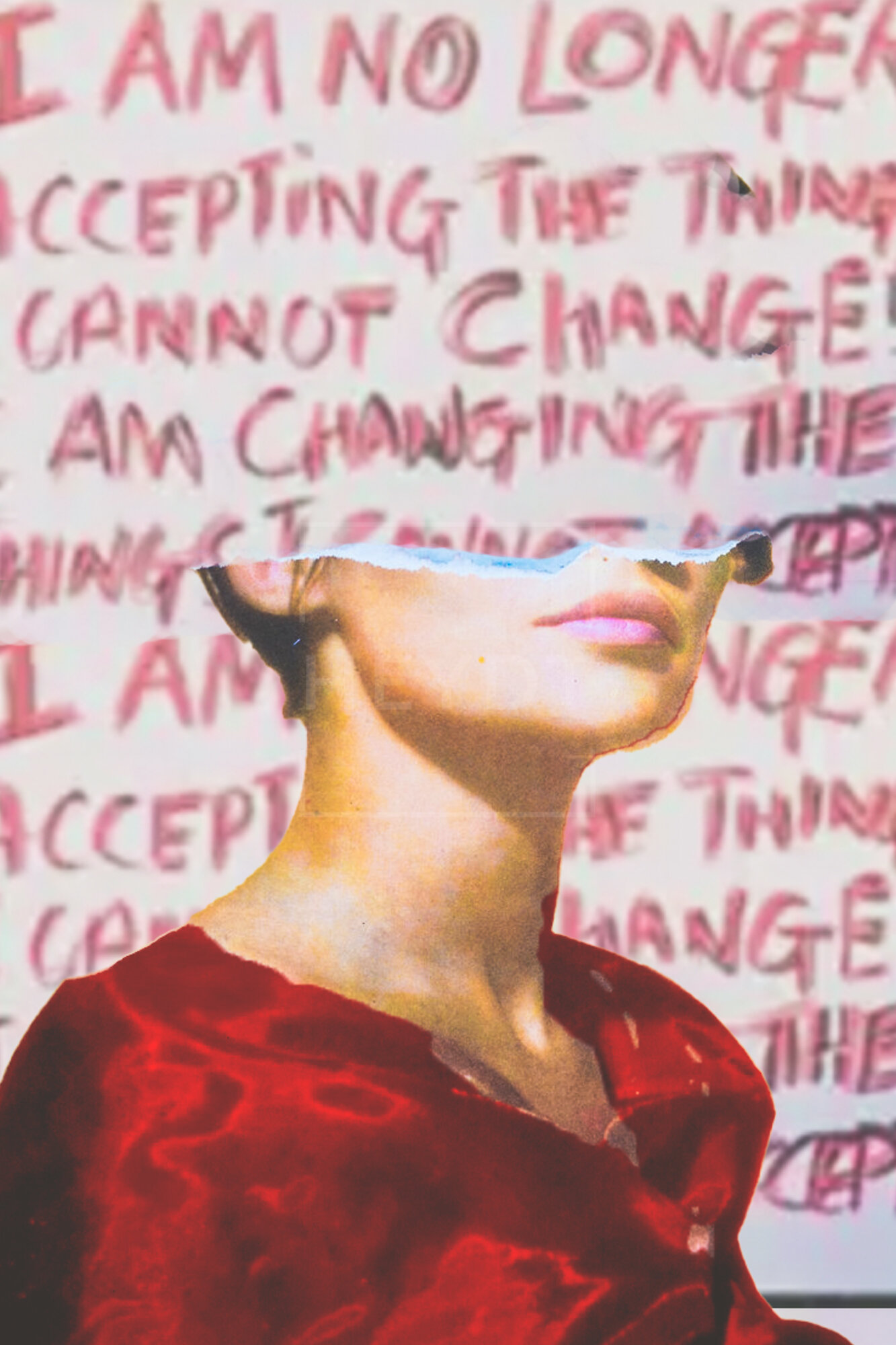
Your Face In Mine | HEYDT | 2020 | Analog Assemblage | 20in x 30in | Edition: $1500 | Original: $10,000
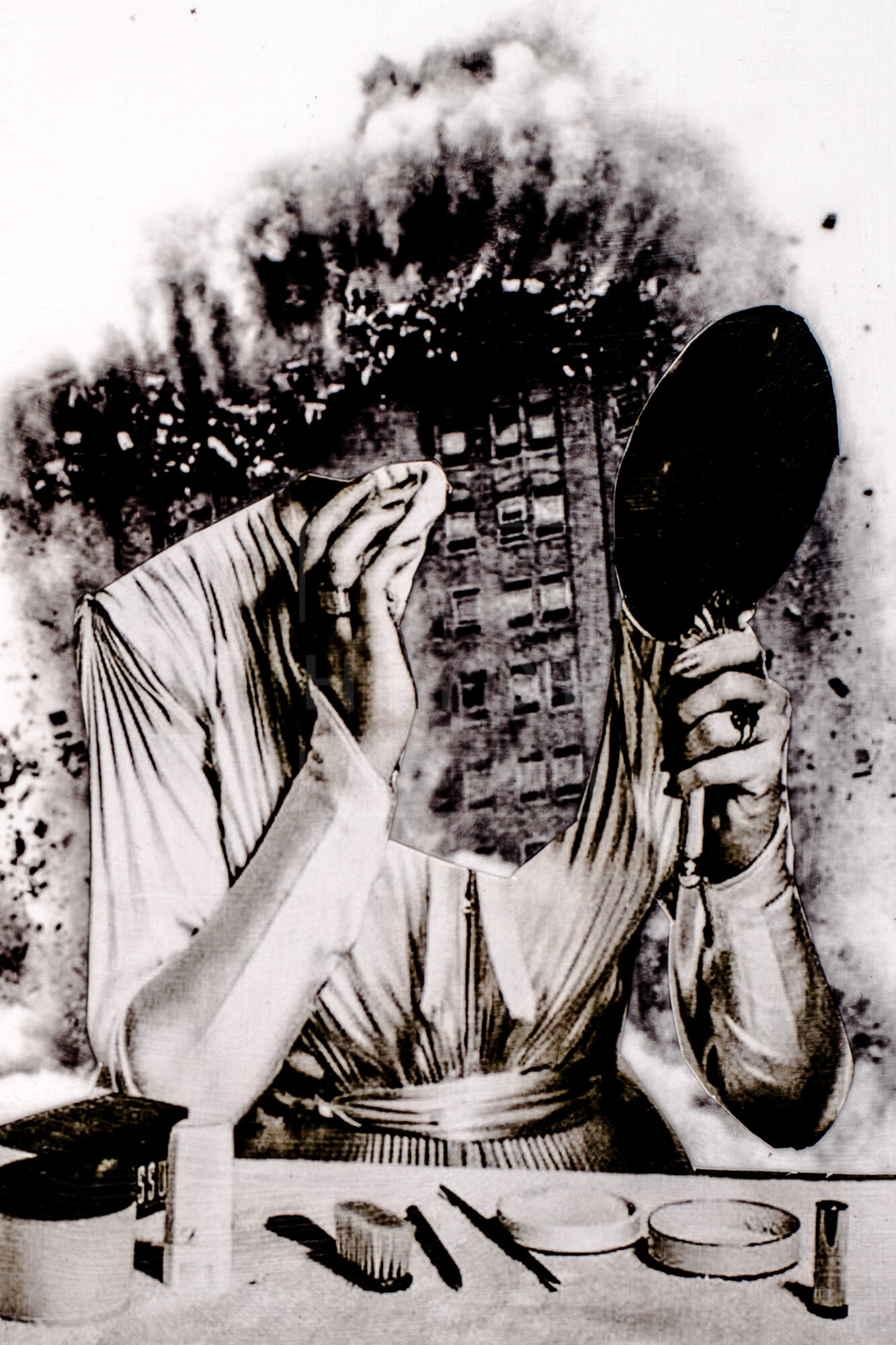
Your Face In Mine | HEYDT | 2020 | Analog Assemblage | 20in x 30in | Edition: $1500 | Original: $10,000
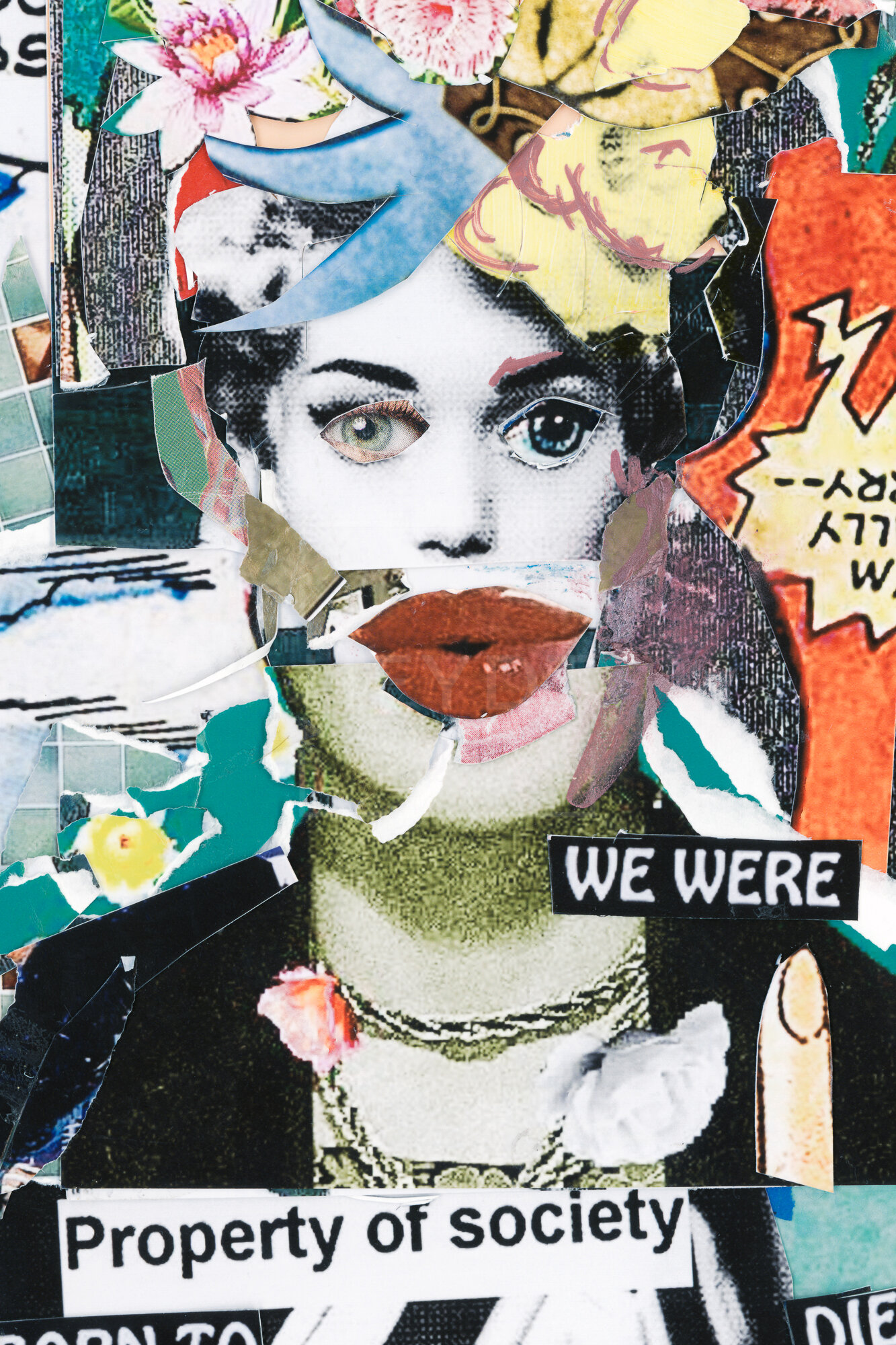
Your Face In Mine | HEYDT | 2020 | Analog Assemblage | 20in x 30in | Edition: $1500 | Original: $10,000
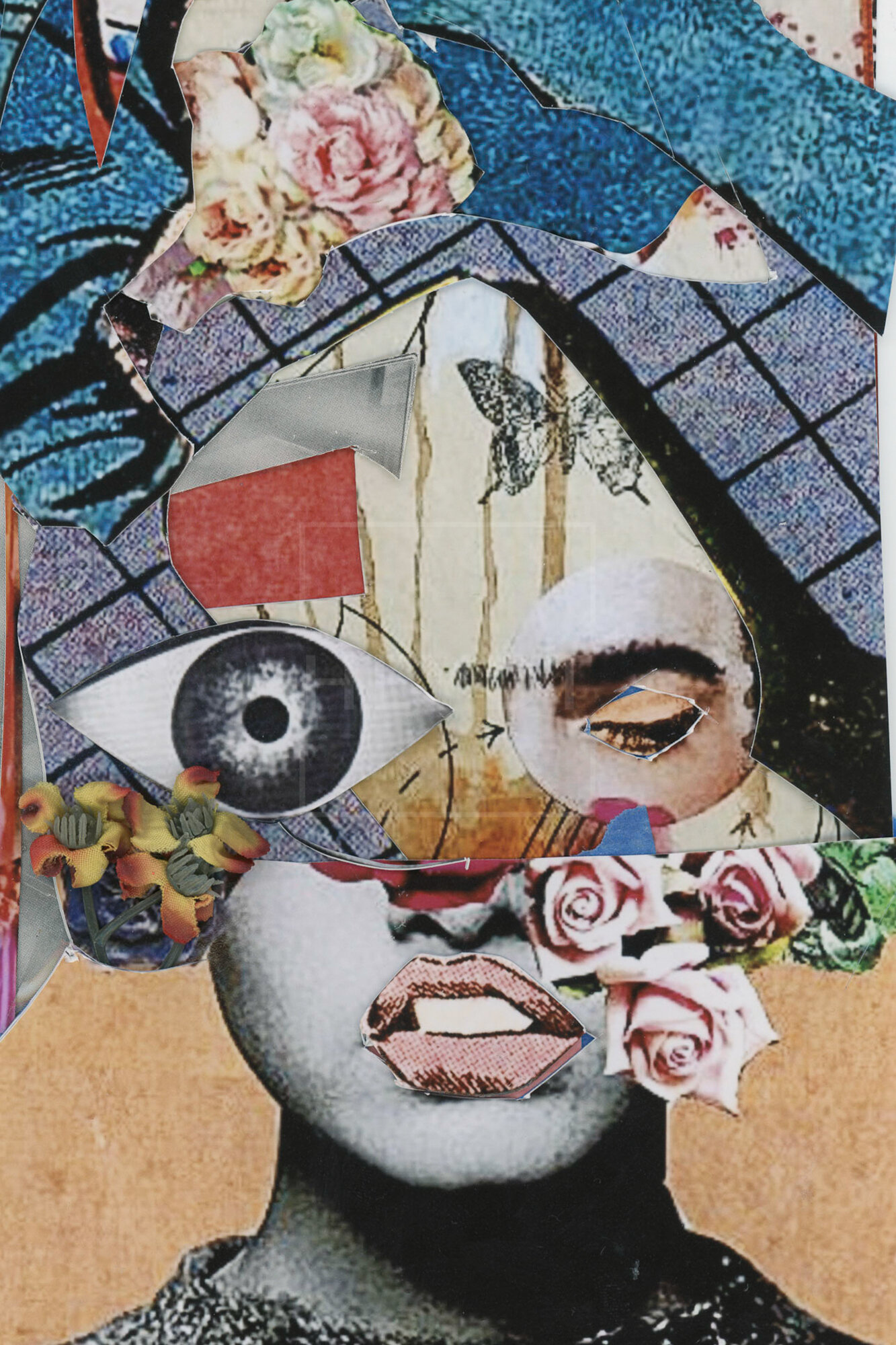
Your Face In Mine | HEYDT | 2020 | Analog Assemblage | 20in x 30in | Edition: $1500 | Original: $10,000
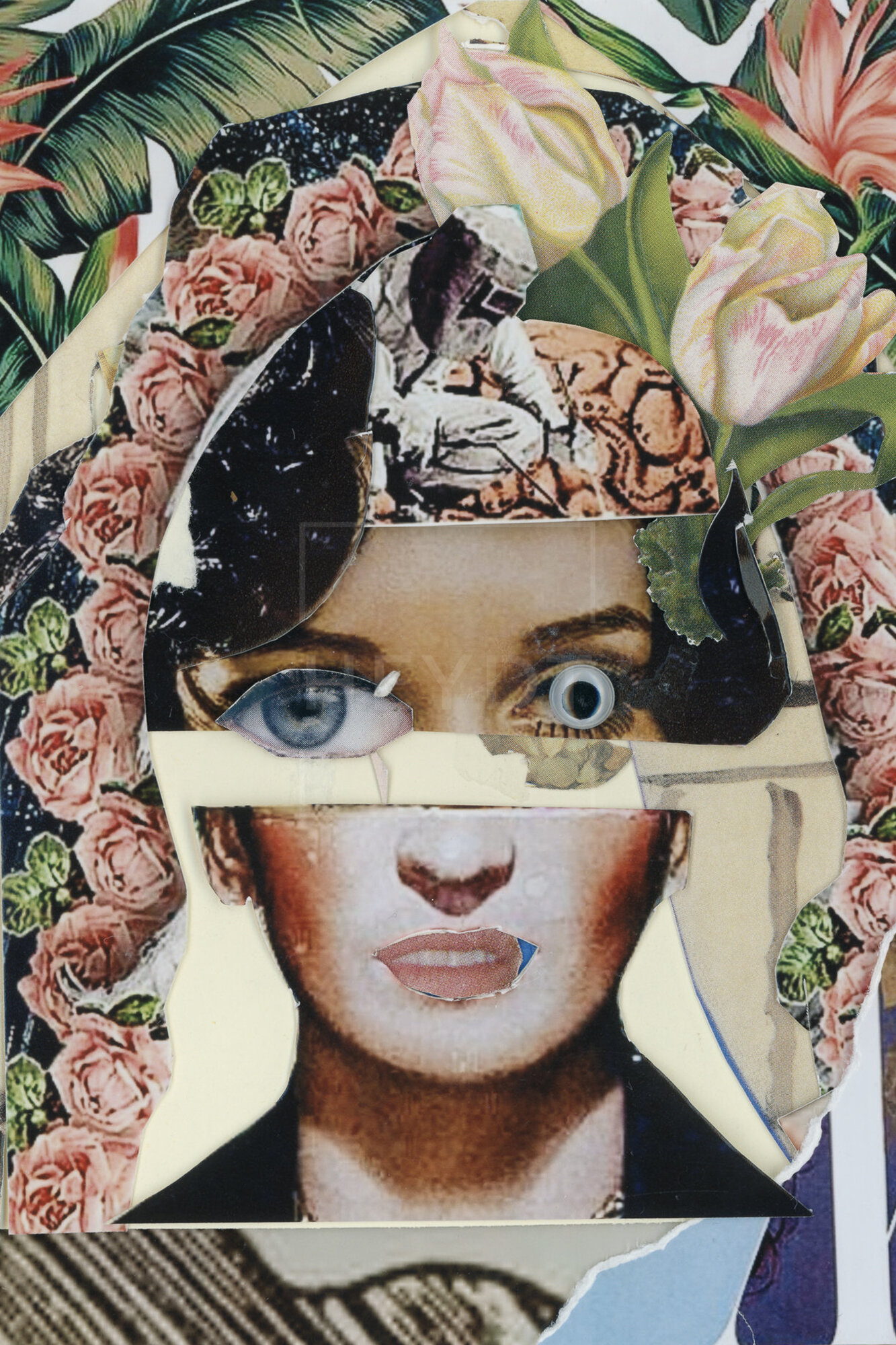
Your Face In Mine | HEYDT | 2020 | Analog Assemblage | 20in x 30in | Edition: $1500 | Original: $10,000
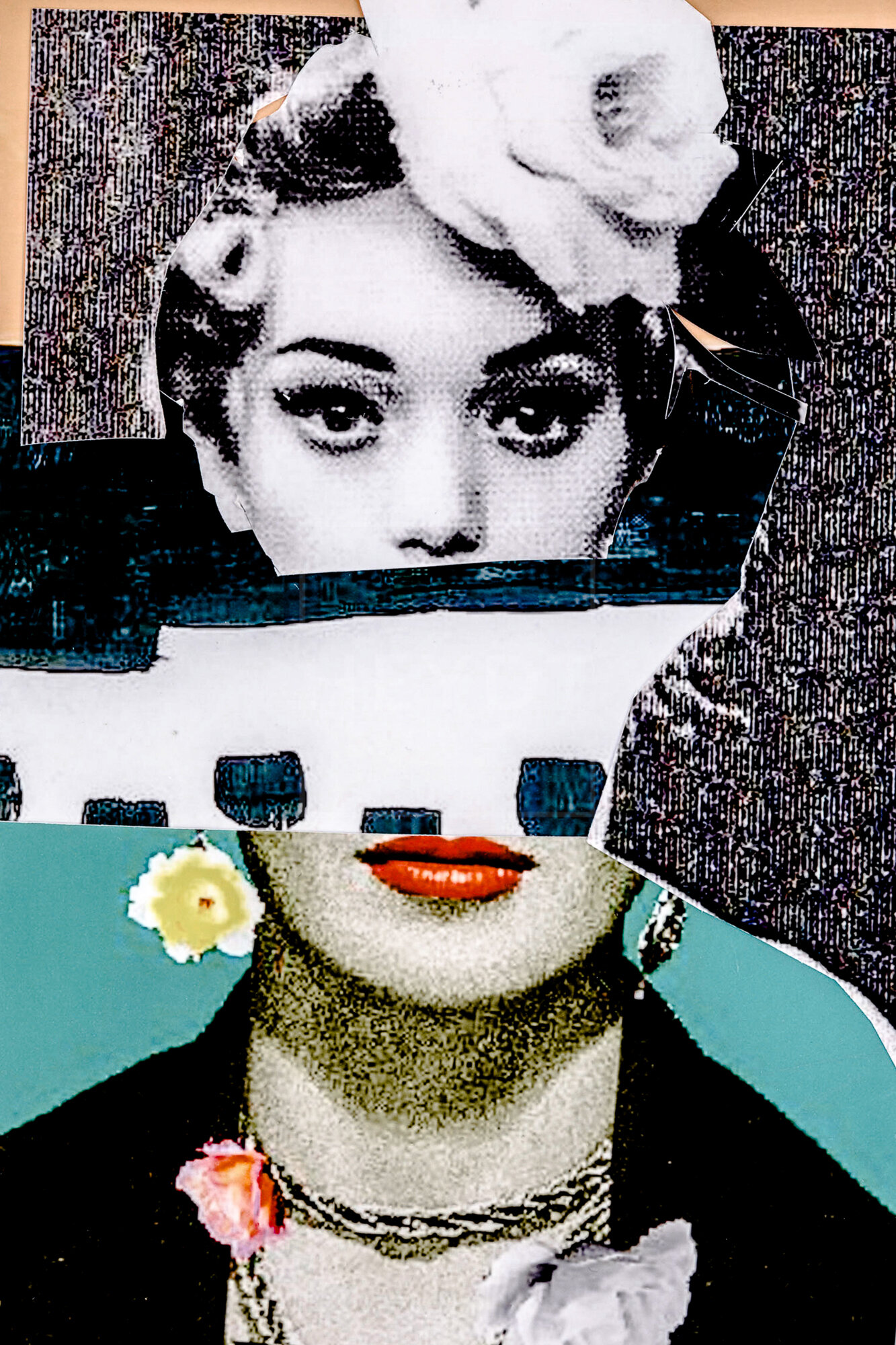
Your Face In Mine | HEYDT | 2020 | Analog Assemblage | 20in x 30in | Edition: $1500 | Original: $10,000

Your Face In Mine | HEYDT | 2020 | Analog Assemblage | 20in x 30in | Edition: $1500 | Original: $10,000
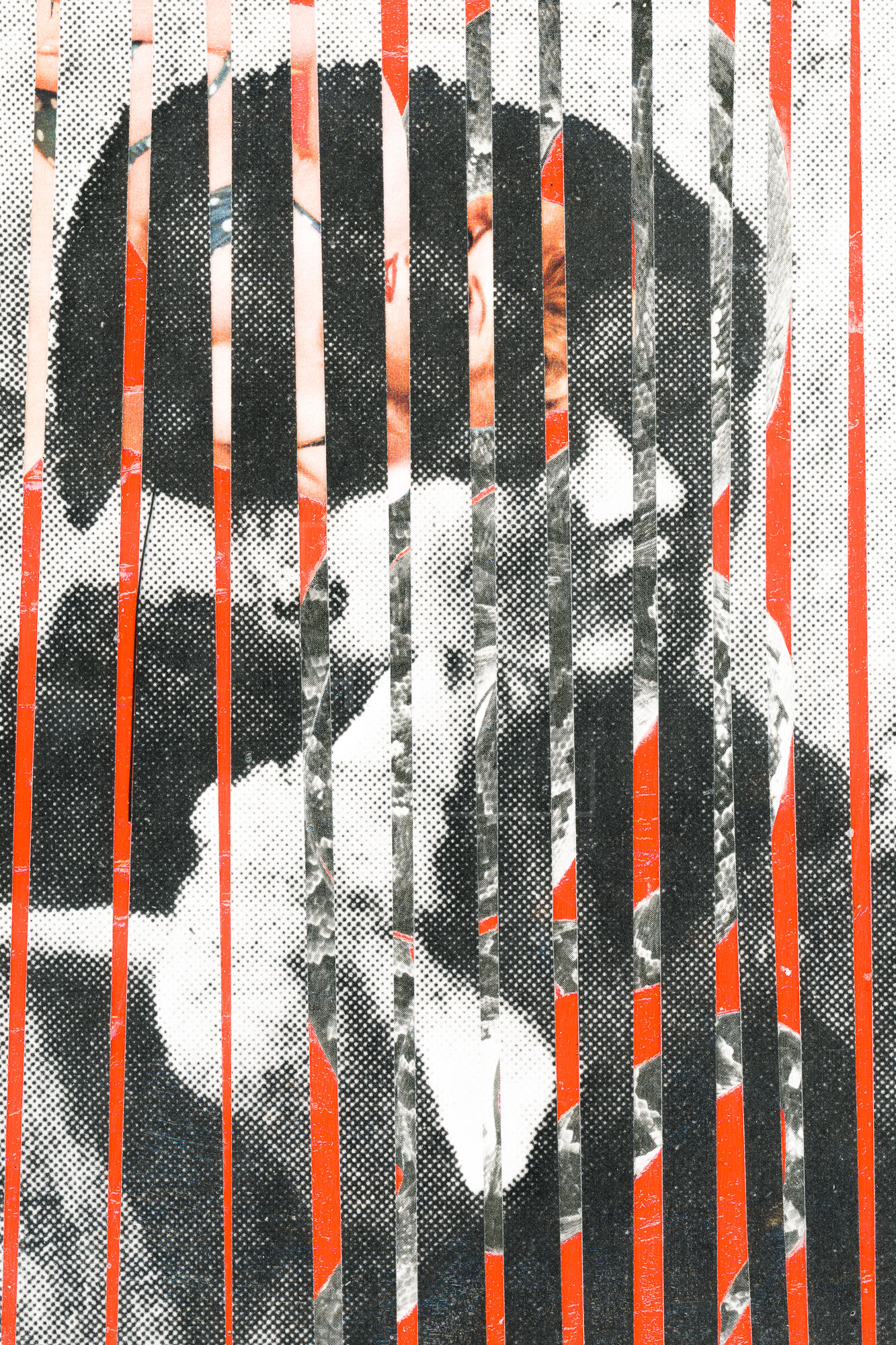
Your Face In Mine | HEYDT | 2020 | Analog Assemblage | 20in x 30in | Edition: $1500 | Original: $10,000

Your Face In Mine | HEYDT | 2020 | Analog Assemblage | 20in x 30in | Edition: $1500 | Original: $10,000
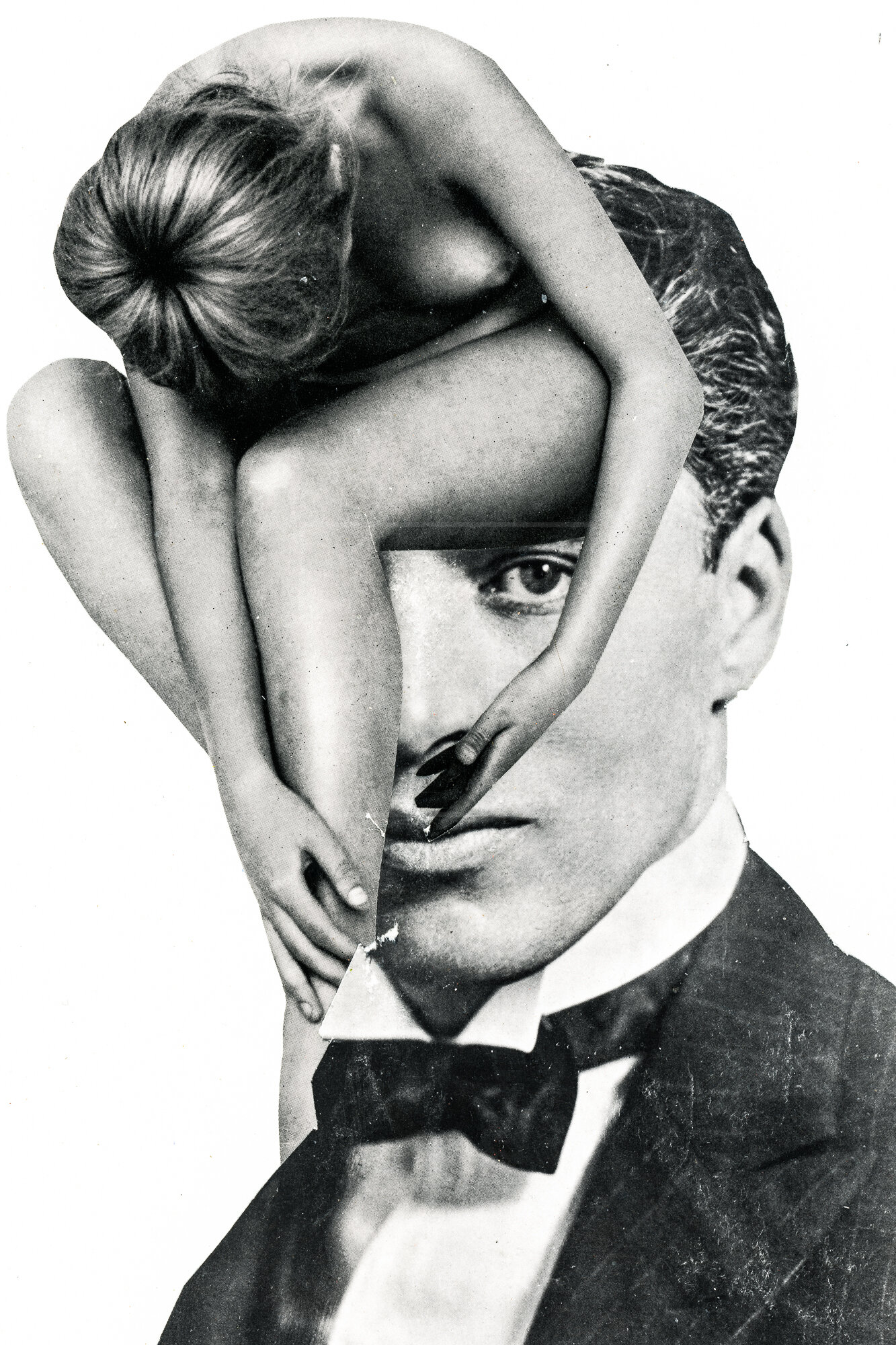
Your Face In Mine | HEYDT | 2020 | Analog Assemblage | 20in x 30in | Edition: $1500 | Original: $10,000
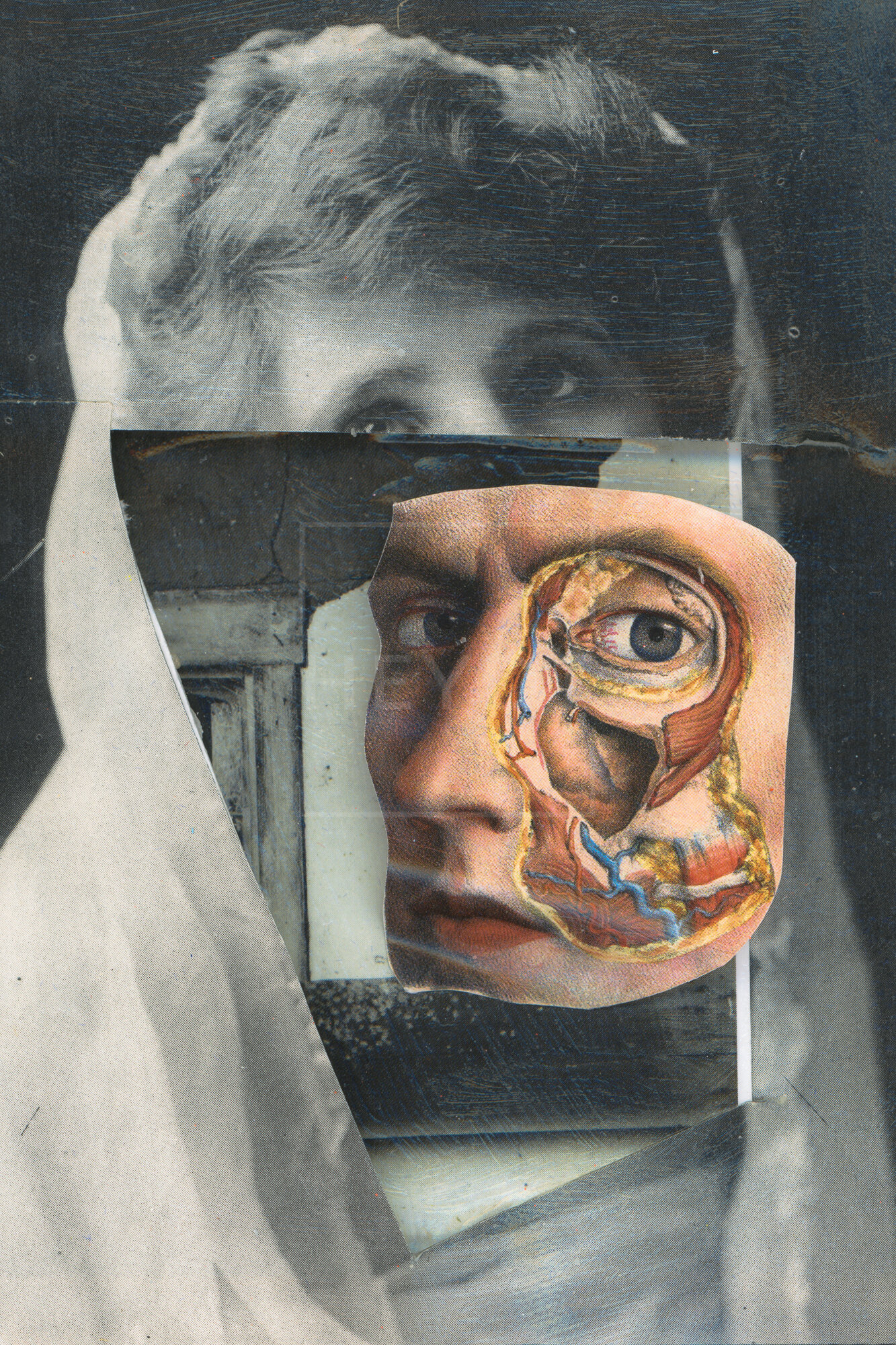
Your Face In Mine | HEYDT | 2020 | Analog Assemblage | 20in x 30in | Edition: $1500 | Original: $10,000

Your Face In Mine | HEYDT | 2020 | Analog Assemblage | 20in x 30in | Edition: $1500 | Original: $10,000

Your Face In Mine | HEYDT | 2020 | Analog Assemblage | 20in x 30in | Edition: $1500 | Original: $10,000
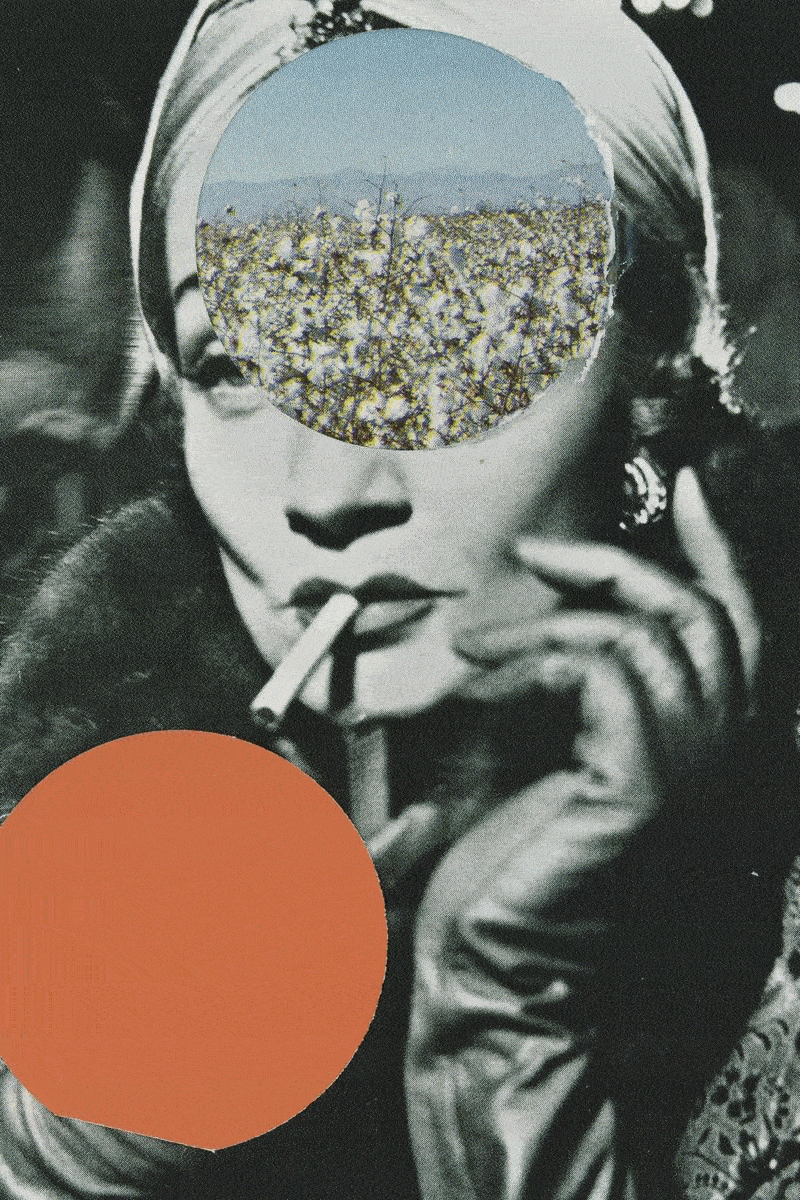
Your Face In Mine | HEYDT | 2020 | Analog Assemblage | 20in x 30in | Edition: $1500 | Original: $10,000
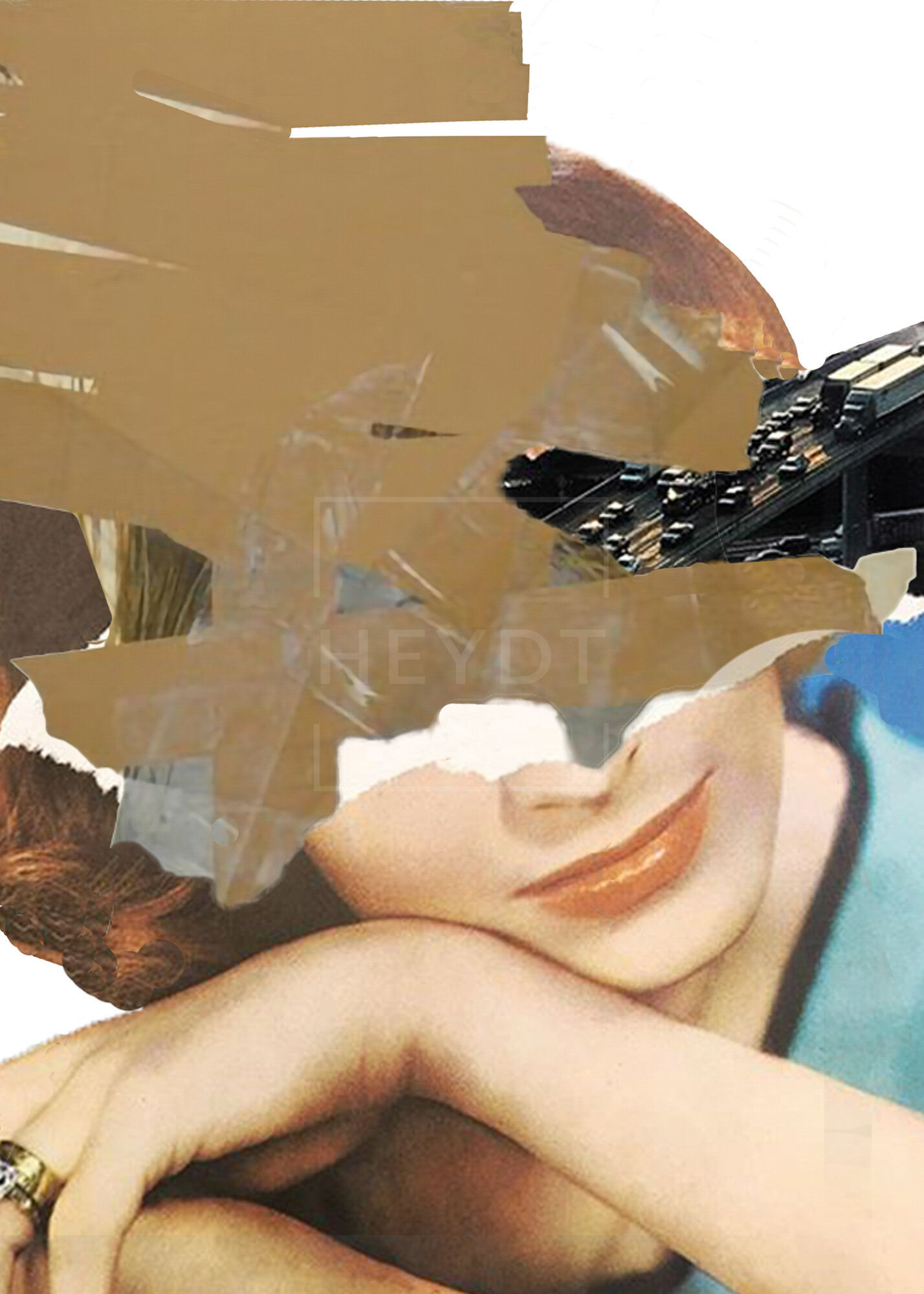
Your Face In Mine | HEYDT | 2020 | Analog Assemblage | 20in x 30in | Edition: $3000 | Original: $10,000

Your Face In Mine | HEYDT | 2020 | Analog Assemblage | 20in x 30in | Edition: $1500 | Original: $10,000
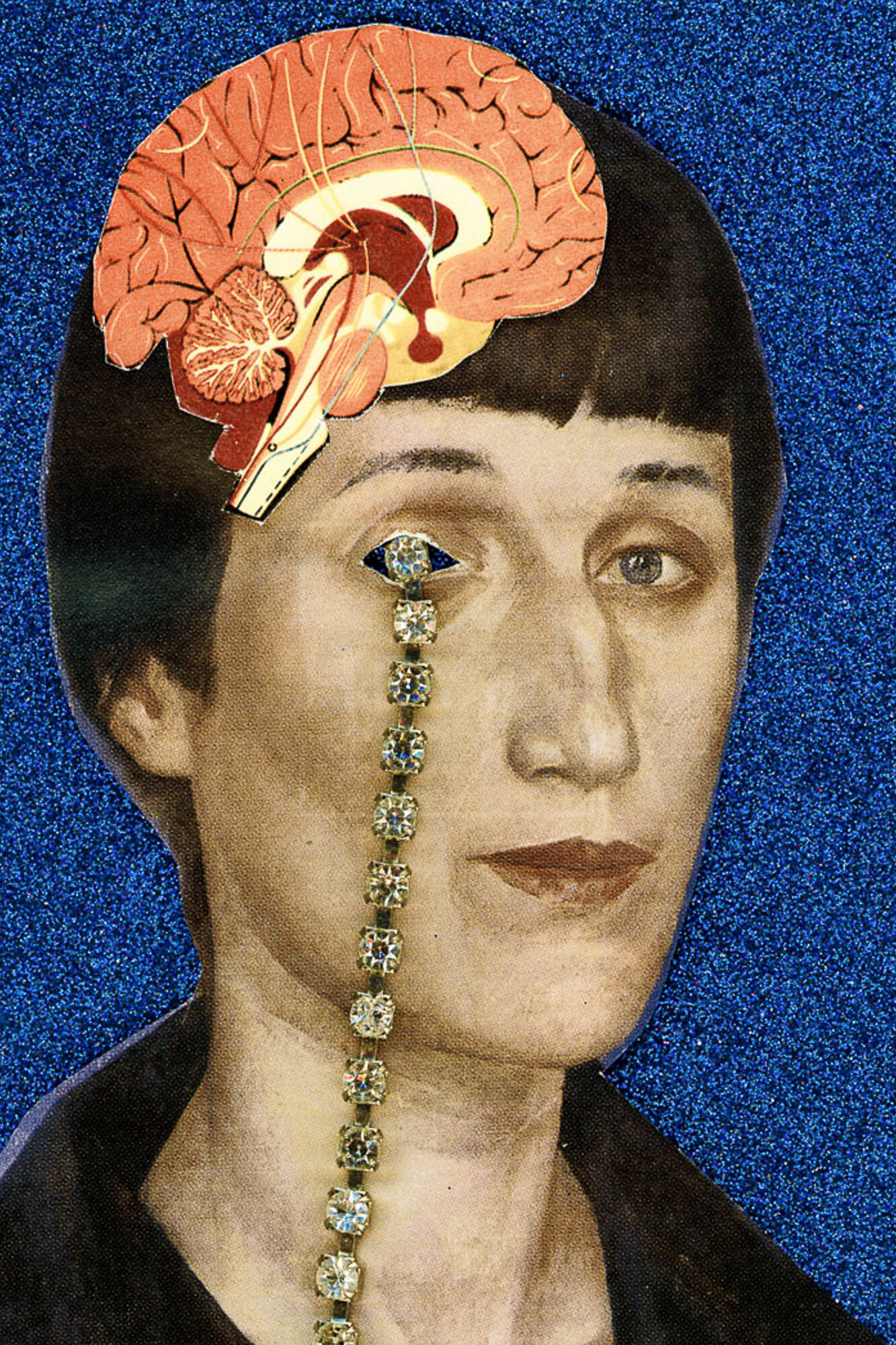
Your Face In Mine | HEYDT | 2020 | Analog Assemblage | 20in x 30in | Edition: $1500 | Original: $10,000

Your Face In Mine | HEYDT | 2020 | Analog Assemblage | 20in x 30in | Edition: $1500 | Original: $10,000
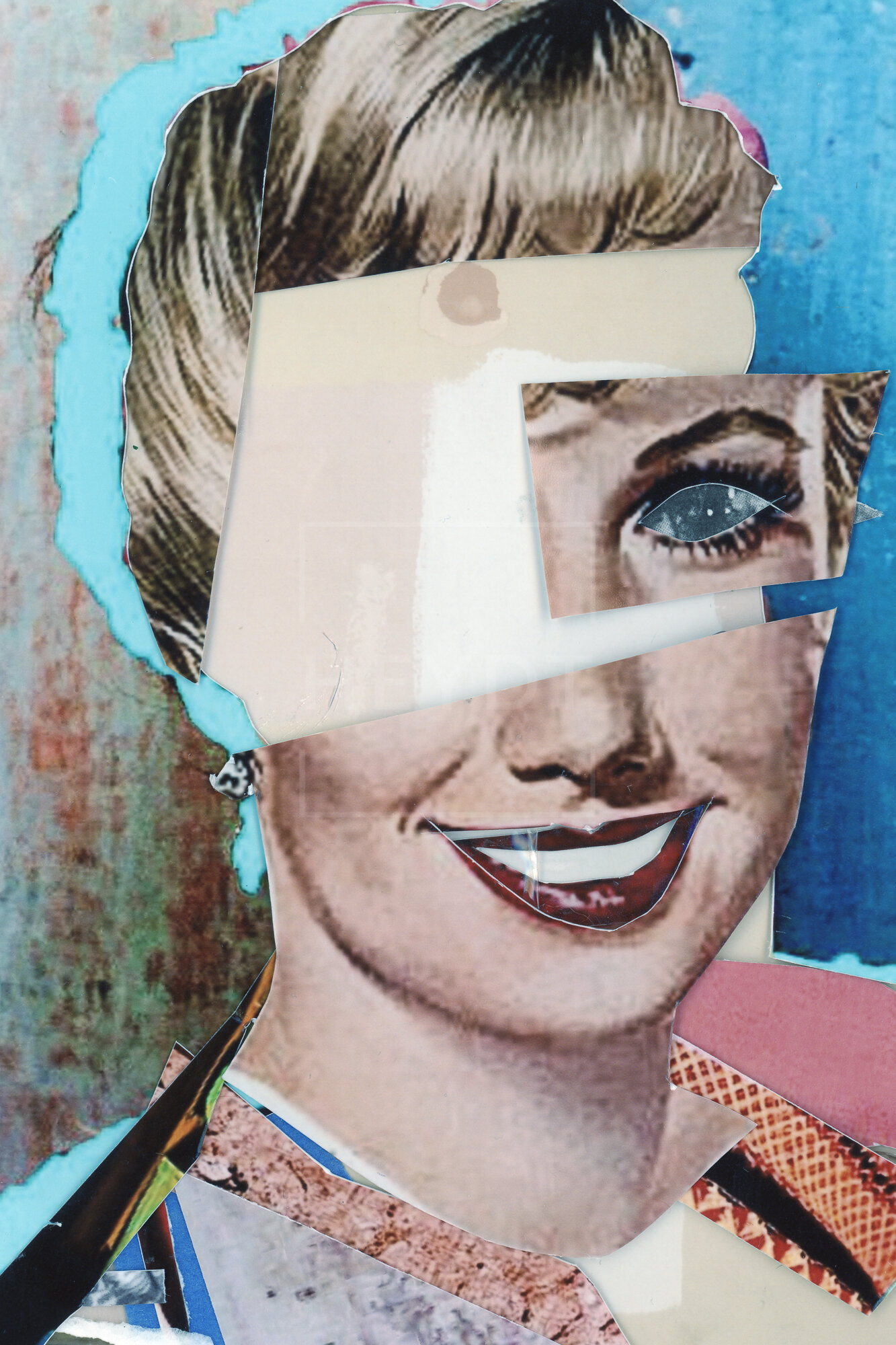
Your Face In Mine | HEYDT | 2020 | Analog Assemblage | 20in x 30in | Edition: $1500 | Original: $10,000
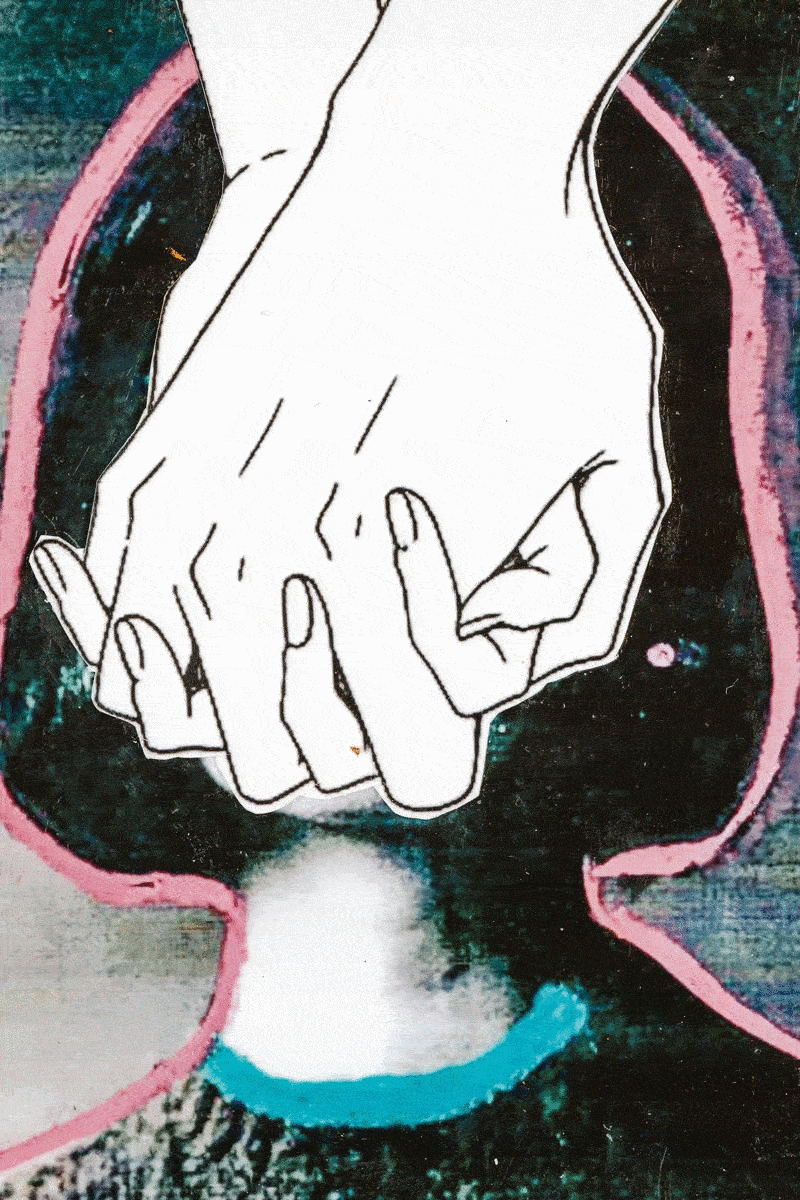
Your Face In Mine | HEYDT | 2020 | Analog Assemblage | 20in x 30in | Edition: $1500 | Original: $10,000

Your Face In Mine | HEYDT | 2020 | Analog Assemblage | 20in x 30in | Edition: $1500 | Original: $10,000

Your Face In Mine | HEYDT | 2020 | Analog Assemblage | 20in x 30in | Edition: $1500 | Original: $10,000

Your Face In Mine | HEYDT | 2020 | Analog Assemblage | 20in x 30in | Edition: $1500 | Original: $10,000

Your Face In Mine | HEYDT | 2020 | Analog Assemblage | 20in x 30in | Edition: $1500 | Original: $10,000

Your Face In Mine | HEYDT | 2020 | Analog Assemblage | 20in x 30in | Edition: $1500 | Original: $10,000

Your Face In Mine | HEYDT | 2020 | Analog Assemblage | 20in x 30in | Edition: $1500 | Original: $10,000

Your Face In Mine | HEYDT | 2020 | Analog Assemblage | 20in x 30in | Edition: $1500 | Original: $10,000

Your Face In Mine | HEYDT | 2020 | Analog Assemblage | 20in x 30in | Edition: $1500 | Original: $10,000
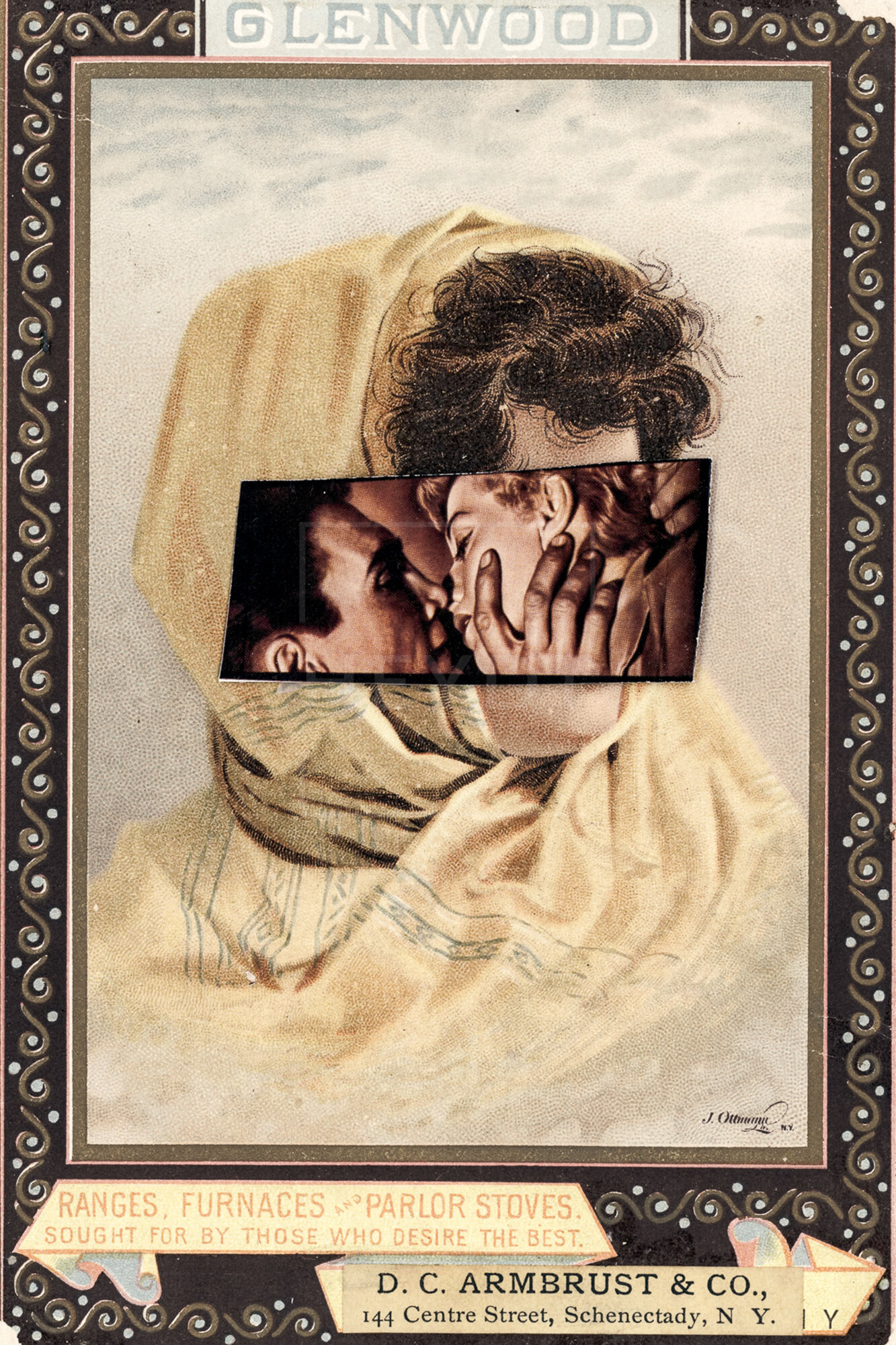
Your Face In Mine | HEYDT | 2020 | Analog Assemblage | 20in x 30in | Edition: $1500 | Original: $10,000
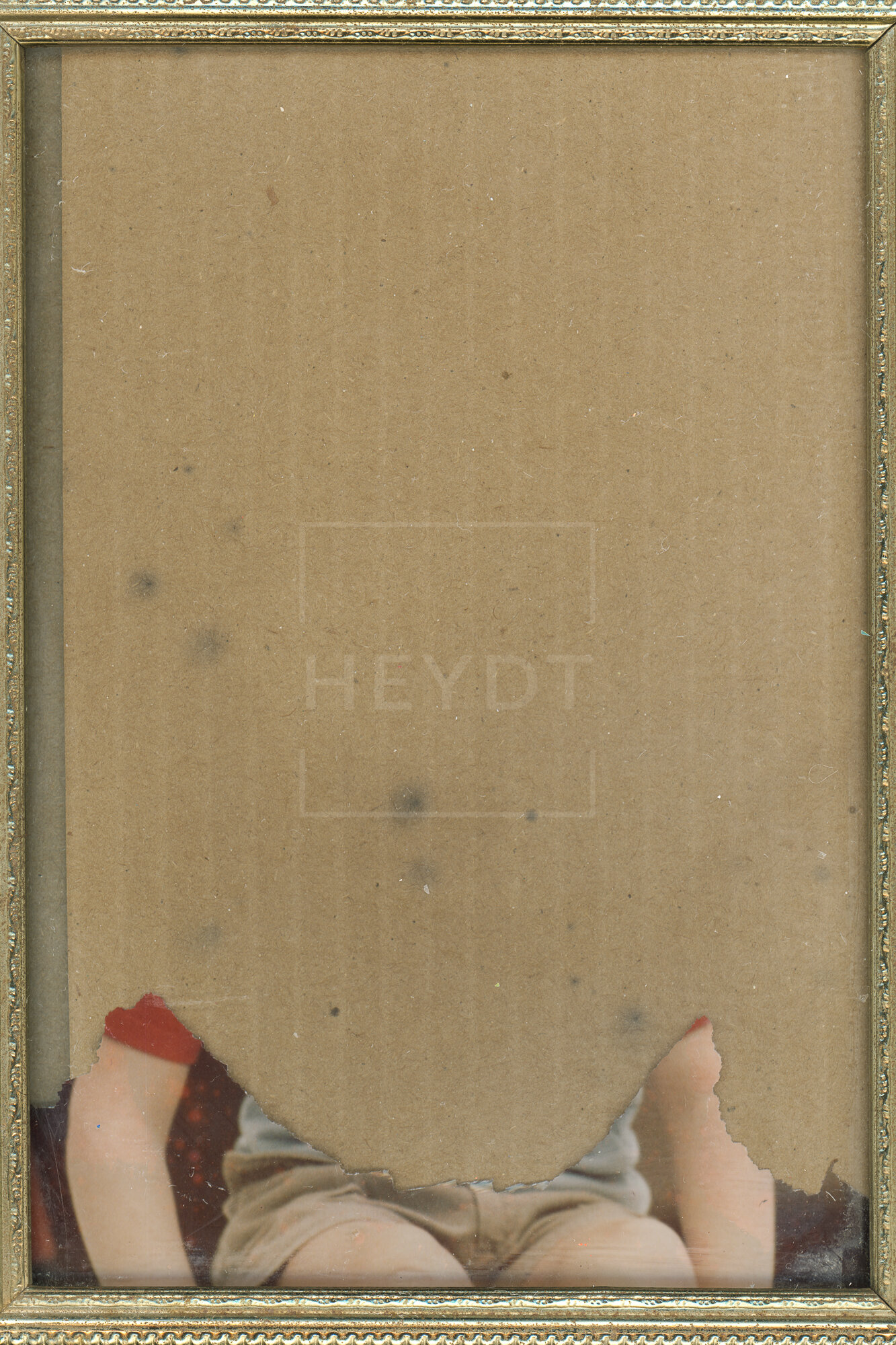
Your Face In Mine | HEYDT | 2020 | Analog Assemblage | 20in x 30in | Edition: $1500 | Original: $10,000
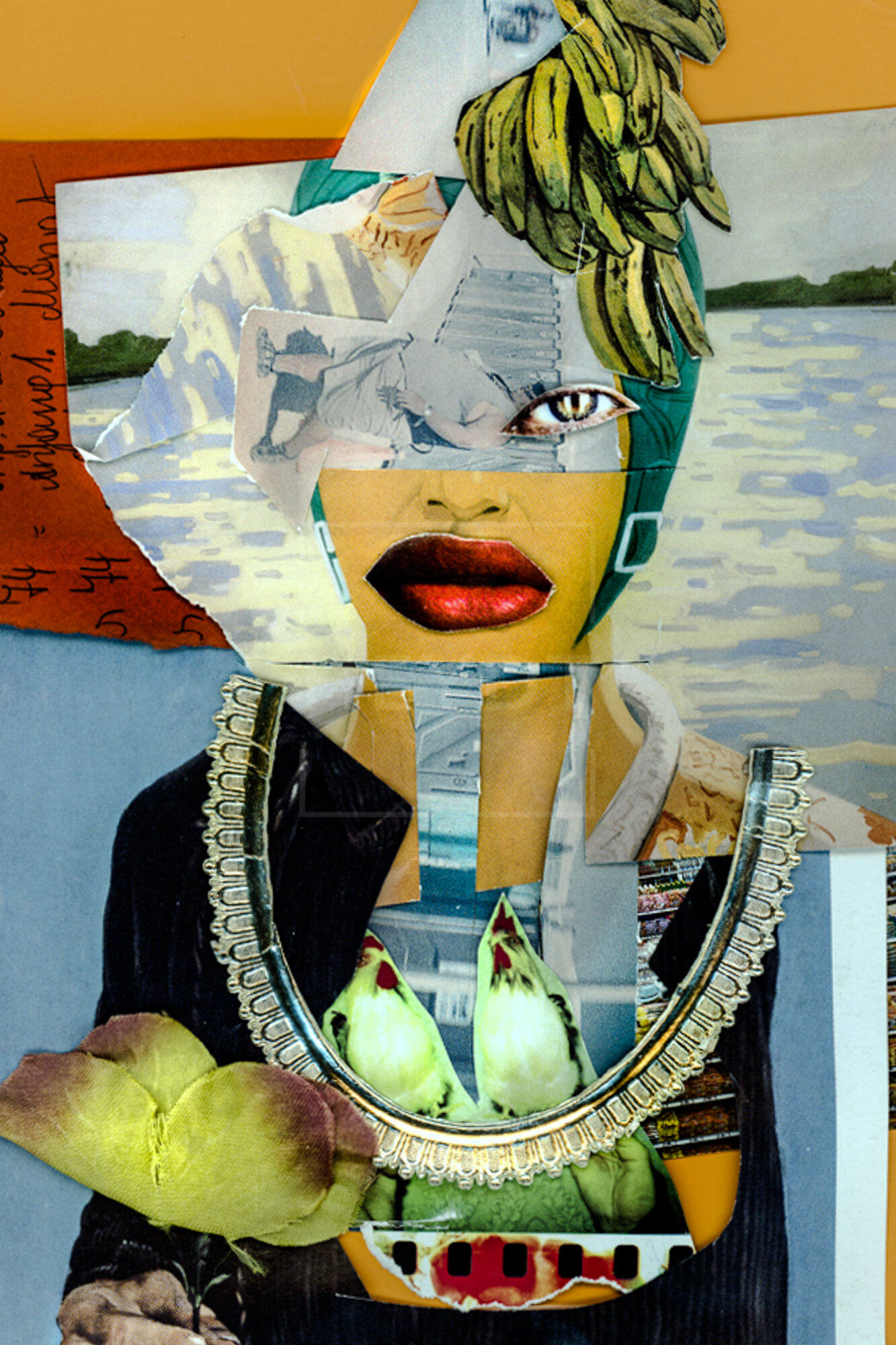
Your Face In Mine | HEYDT | 2020 | Analog Assemblage | 20in x 30in | Edition: $1500 | Original: $10,000
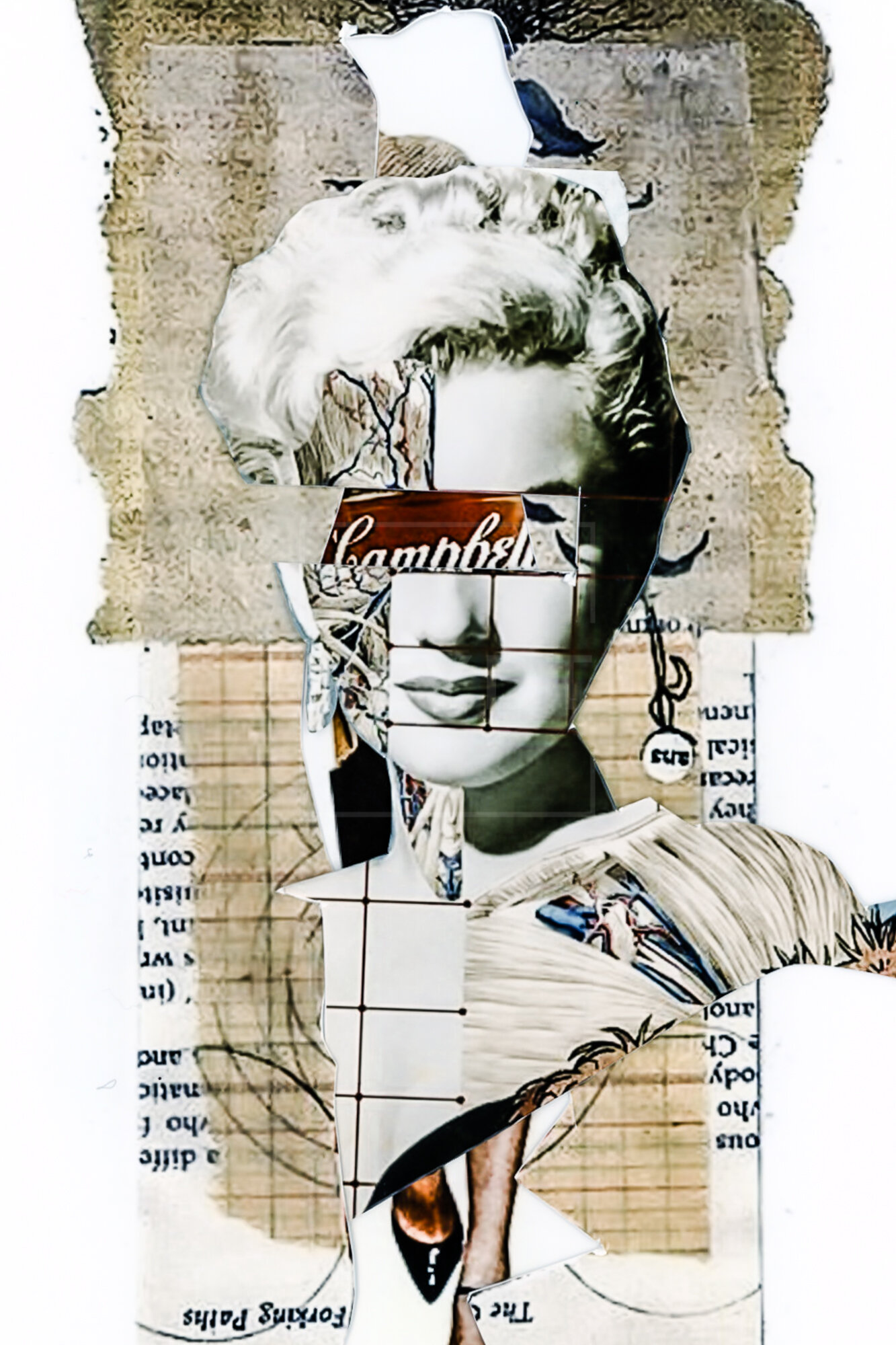
Your Face In Mine | HEYDT | 2020 | Analog Assemblage | 20in x 30in | Edition: $1500 | Original: $10,000
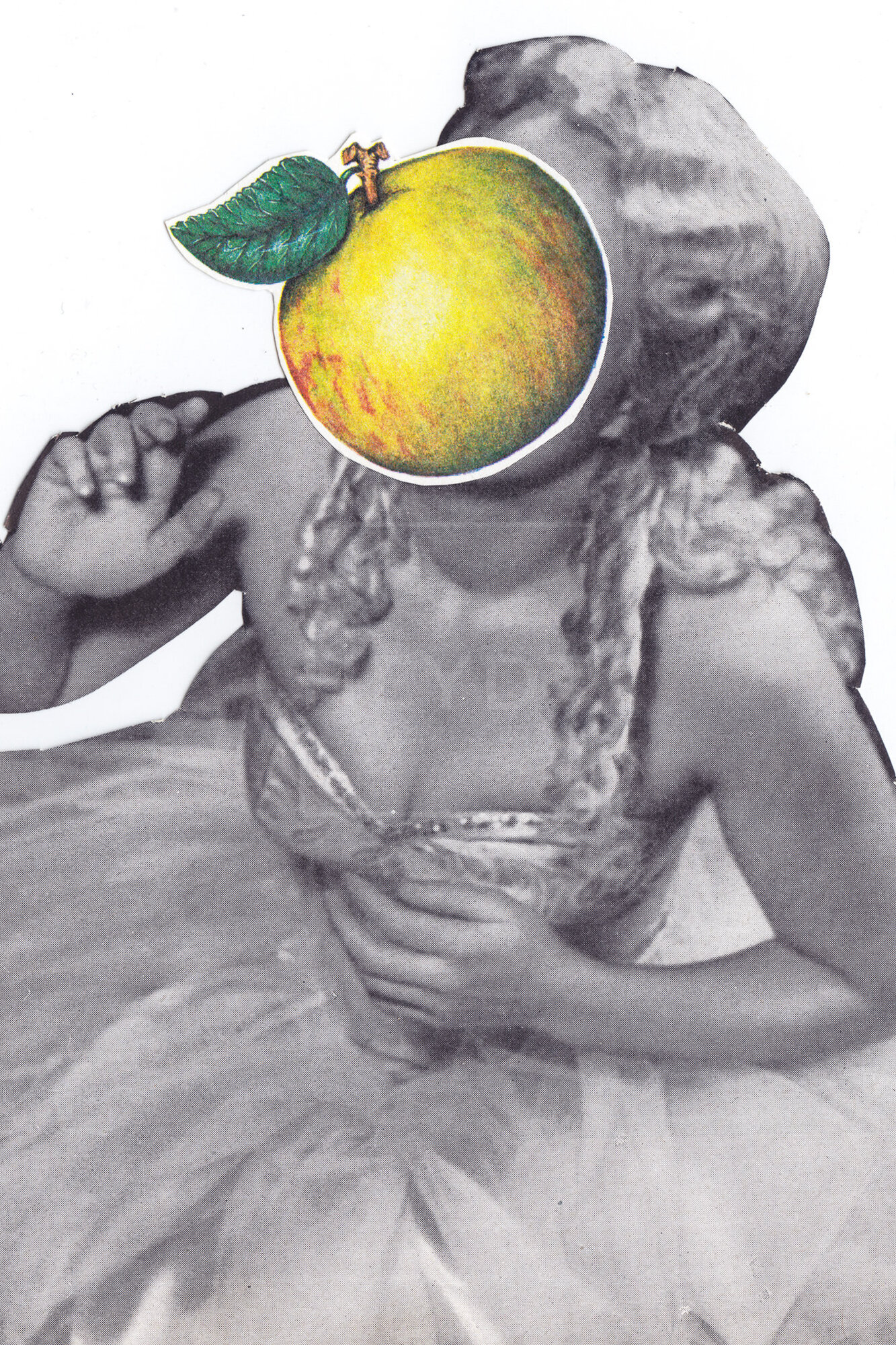
Your Face In Mine | HEYDT | 2020 | Analog Assemblage | 20in x 30in | Edition: $1500 | Original: $10,000

Your Face In Mine | HEYDT | 2020 | Analog Assemblage | 20in x 30in | Edition: $1500 | Original: $10,000
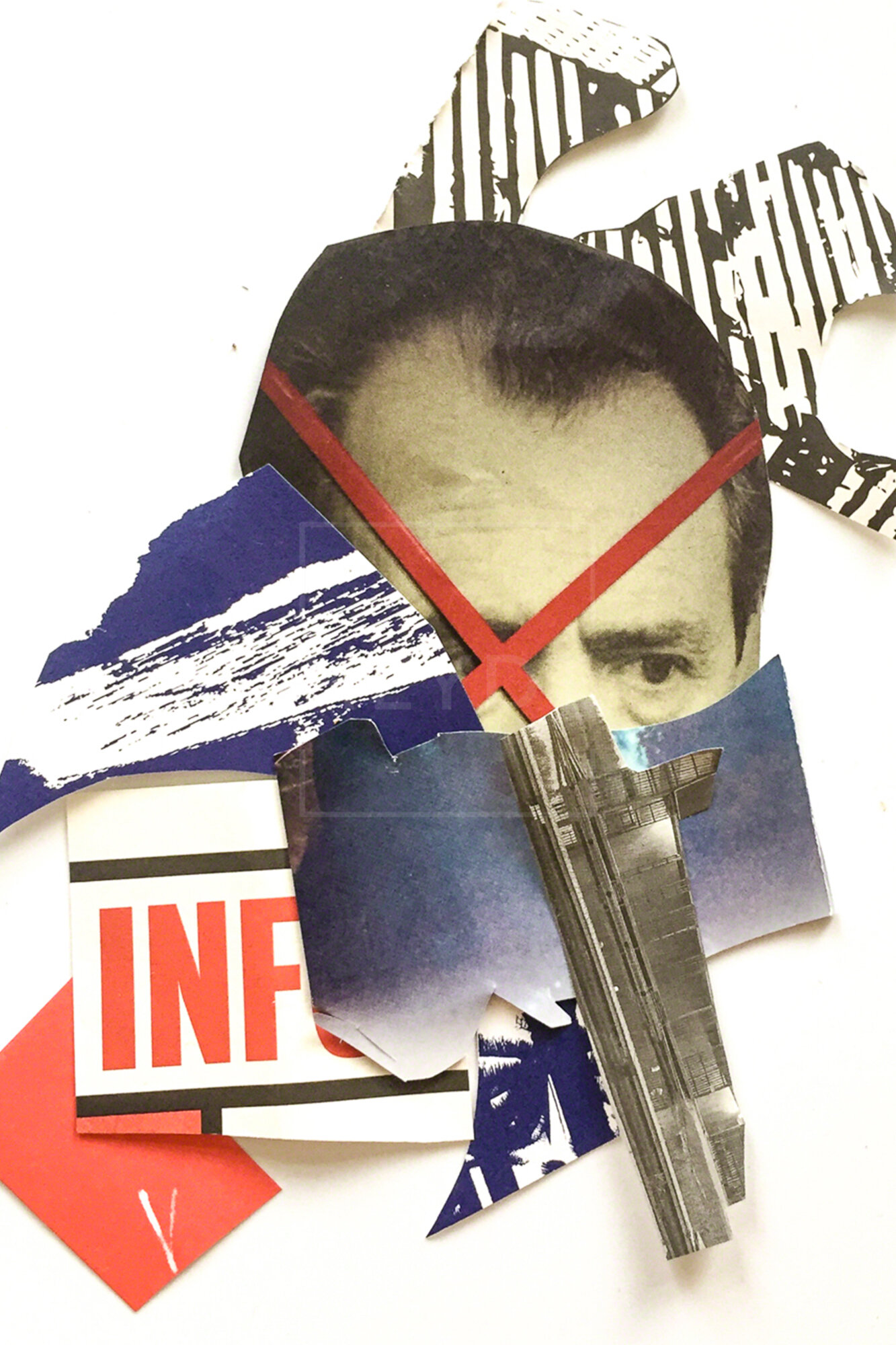
Your Face In Mine | HEYDT | 2020 | Analog Assemblage | 20in x 30in | Edition: $1500 | Original: $10,000

Your Face In Mine | HEYDT | 2020 | Analog Assemblage | 20in x 30in | Edition: $1500 | Original: $10,000

Your Face In Mine | HEYDT | 2020 | Analog Assemblage | 20in x 30in | Edition: $1500 | Original: $10,000
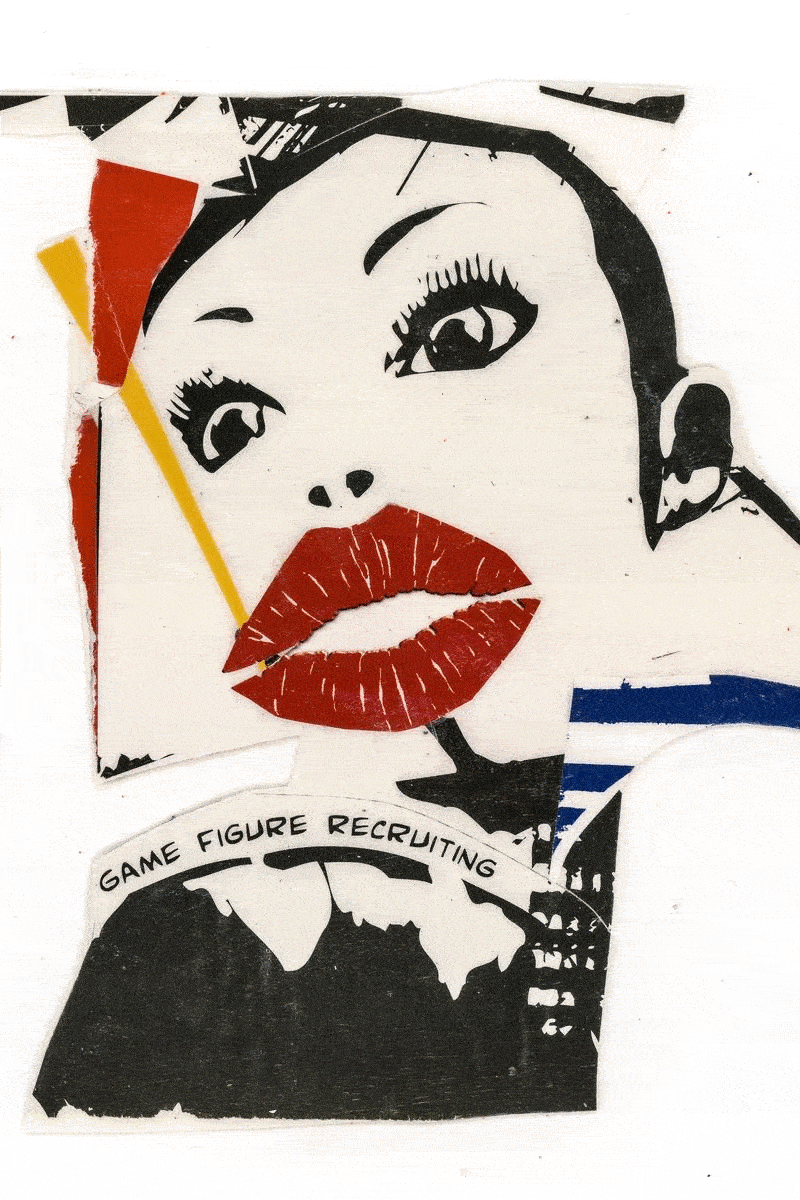
Your Face In Mine | HEYDT | 2020 | Analog Assemblage | 20in x 30in | Edition: $1500 | Original: $10,000

Your Face In Mine | HEYDT | 2020 | Analog Assemblage | 20in x 30in | Edition: $1500 | Original: $10,000

Your Face In Mine | HEYDT | 2020 | Analog Assemblage | 20in x 30in | Edition: $1500 | Original: $10,000

Your Face In Mine | HEYDT | 2020 | Analog Assemblage | 20in x 30in | Edition: $1500 | Original: $10,000
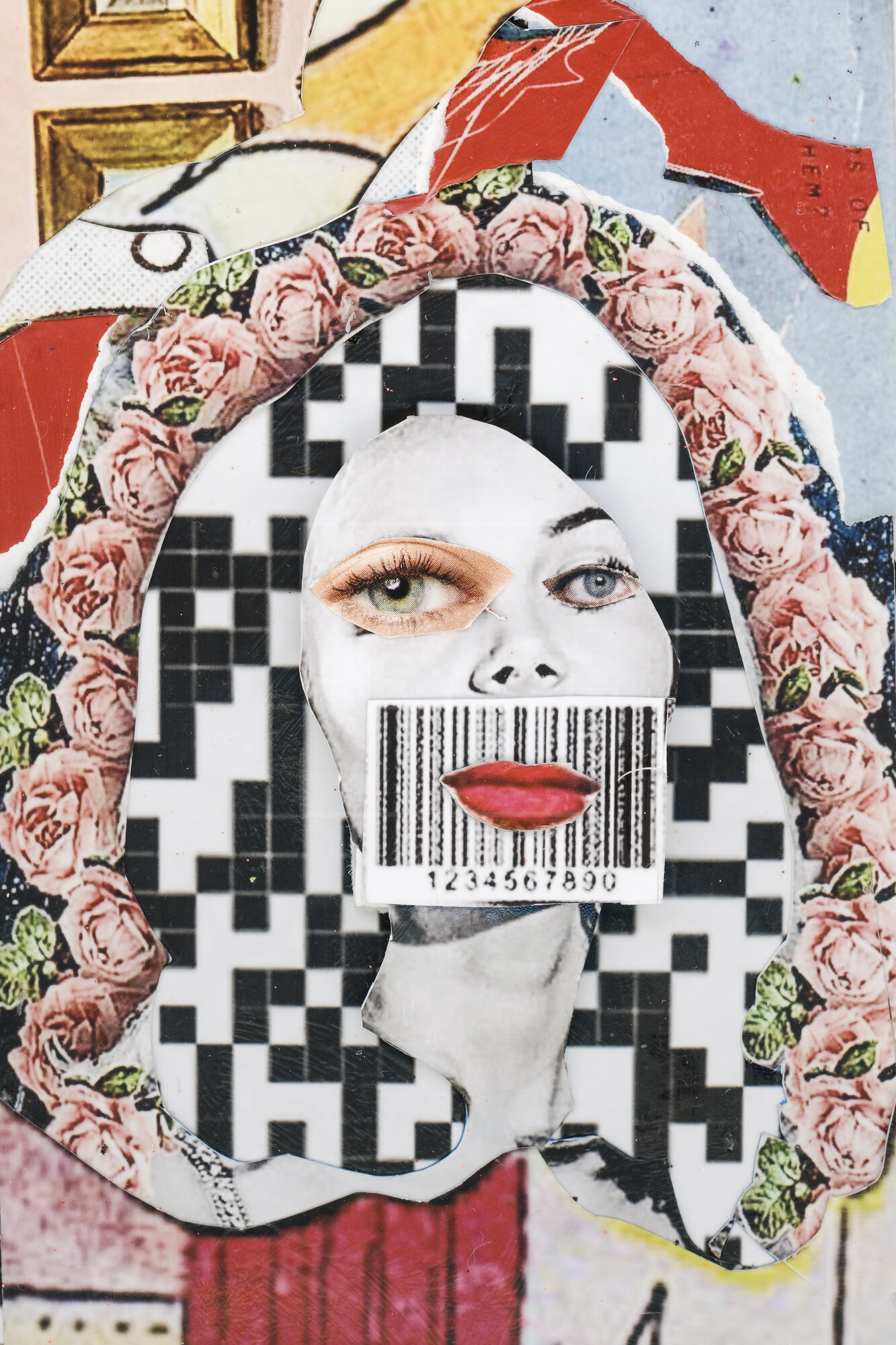
Your Face In Mine | HEYDT | 2020 | Analog Assemblage | 20in x 30in | Edition: $1500 | Original: $10,000
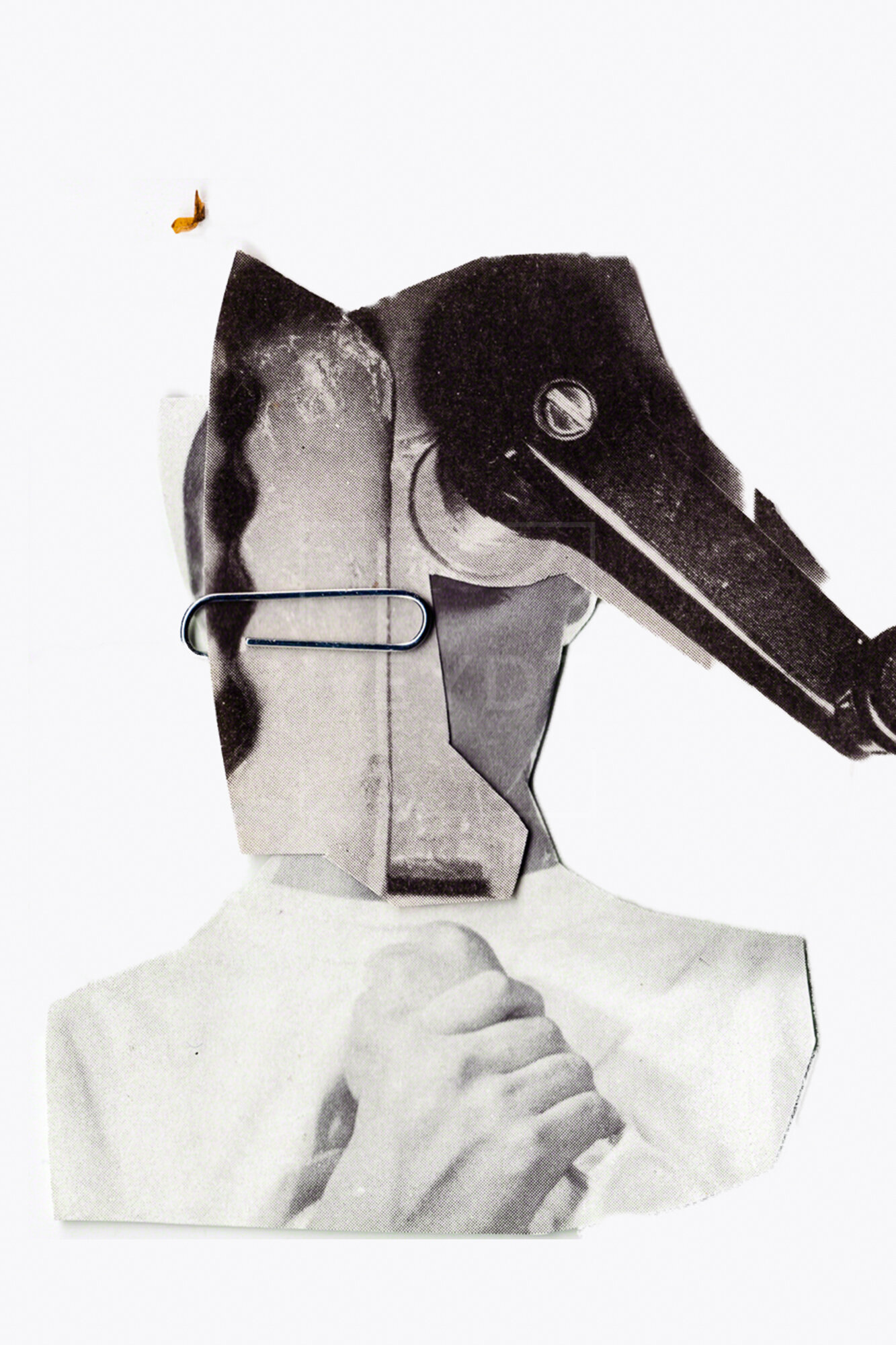
Your Face In Mine | HEYDT | 2020 | Analog Assemblage | 20in x 30in | Edition: $1500 | Original: $10,000

Your Face In Mine | HEYDT | 2020 | Analog Assemblage | 20in x 30in | Edition: $1500 | Original: $10,000
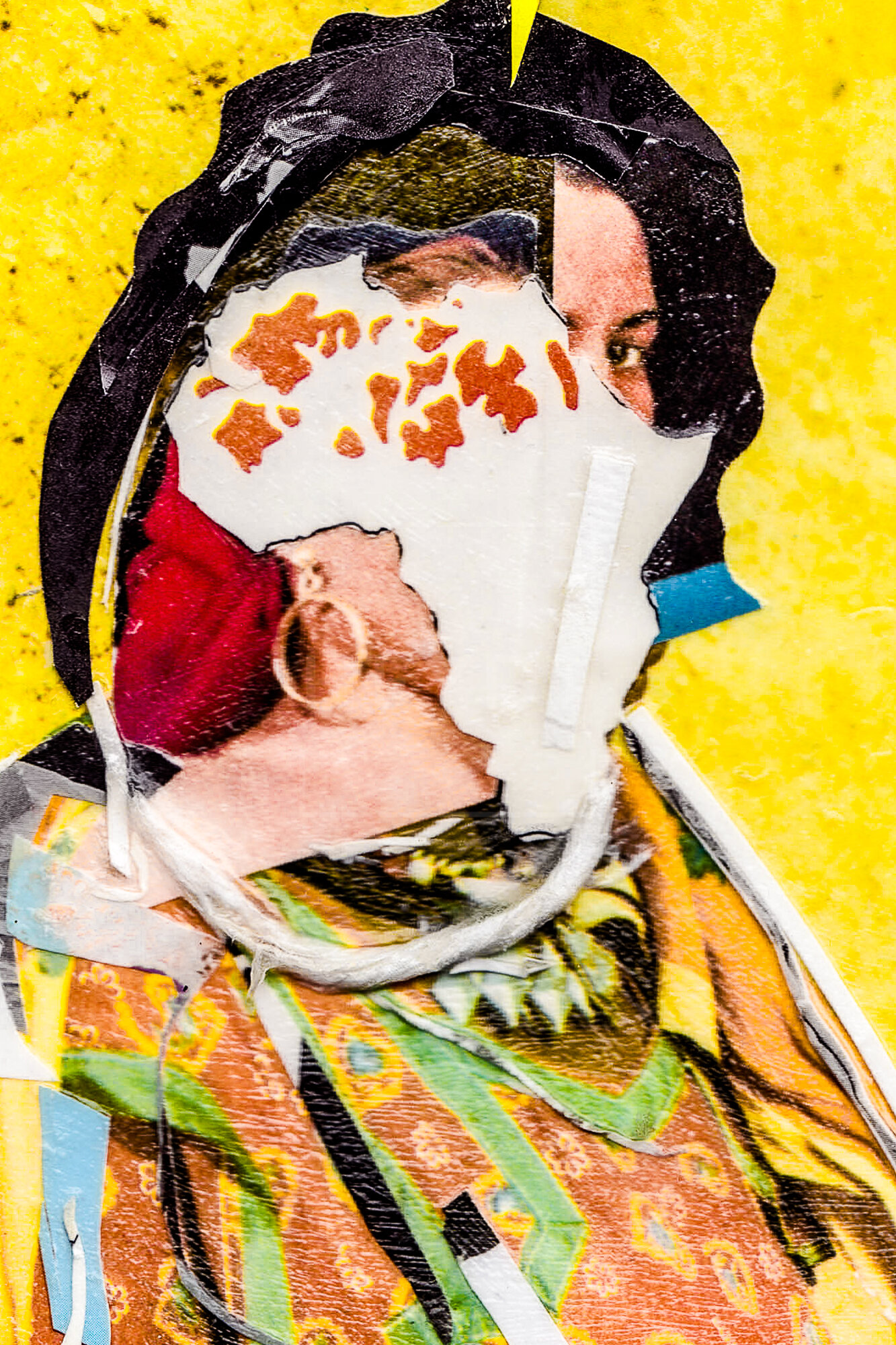
Your Face In Mine | HEYDT | 2020 | Analog Assemblage | 20in x 30in | Edition: $1500 | Original: $10,000

Your Face In Mine | HEYDT | 2020 | Analog Assemblage | 20in x 30in | Edition: $1500 | Original: $10,000
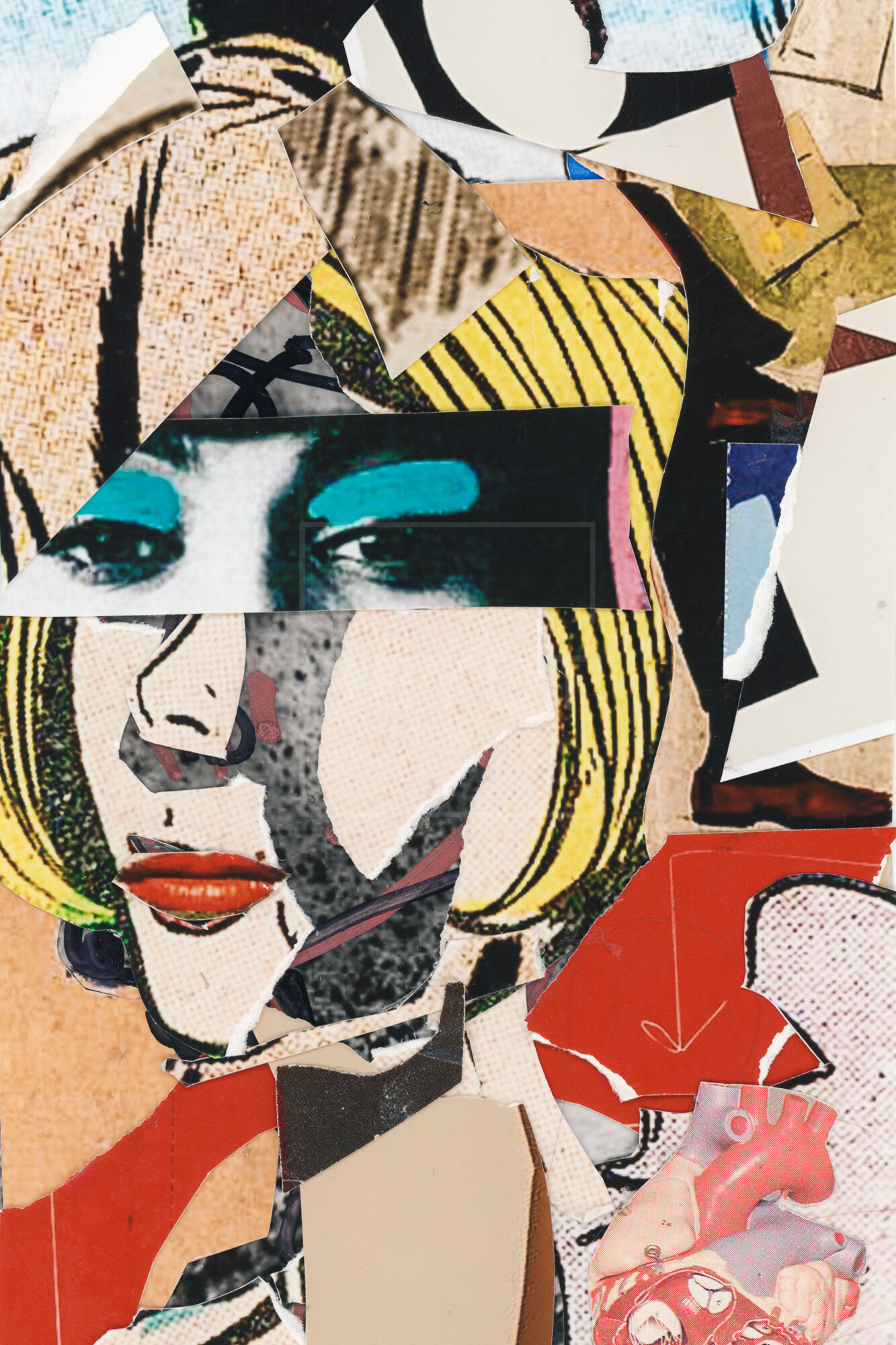
Your Face In Mine | HEYDT | 2020 | Analog Assemblage | 20in x 30in | Edition: $1500 | Original: $10,000

Your Face In Mine | HEYDT | 2020 | Analog Assemblage | 20in x 30in | Edition: $1500 | Original: $10,000
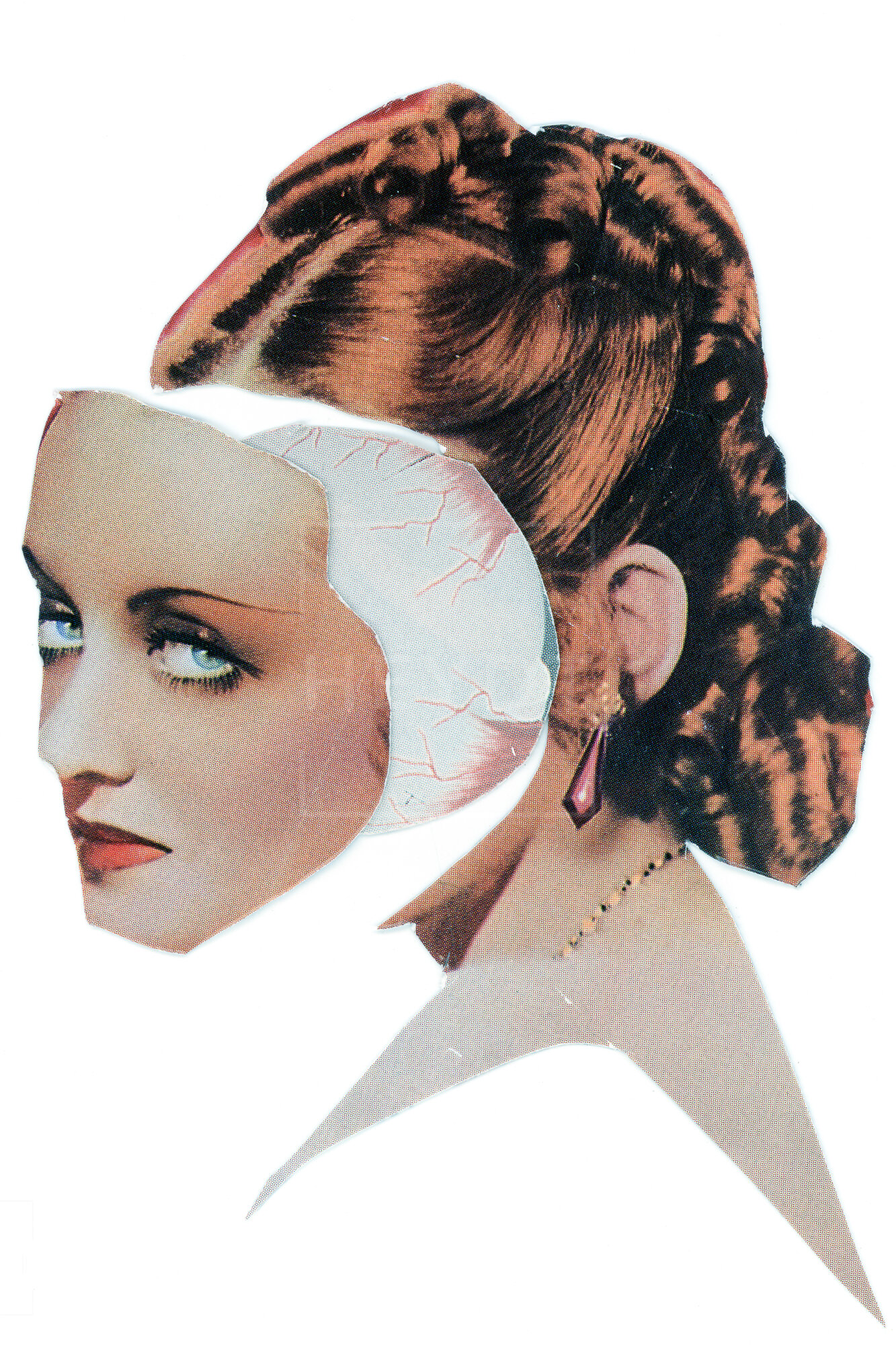
Your Face In Mine | HEYDT | 2020 | Analog Assemblage | 20in x 30in | Edition: $1500 | Original: $10,000

Your Face In Mine | HEYDT | 2020 | Analog Assemblage | 20in x 30in | Edition: $1500 | Original: $10,000
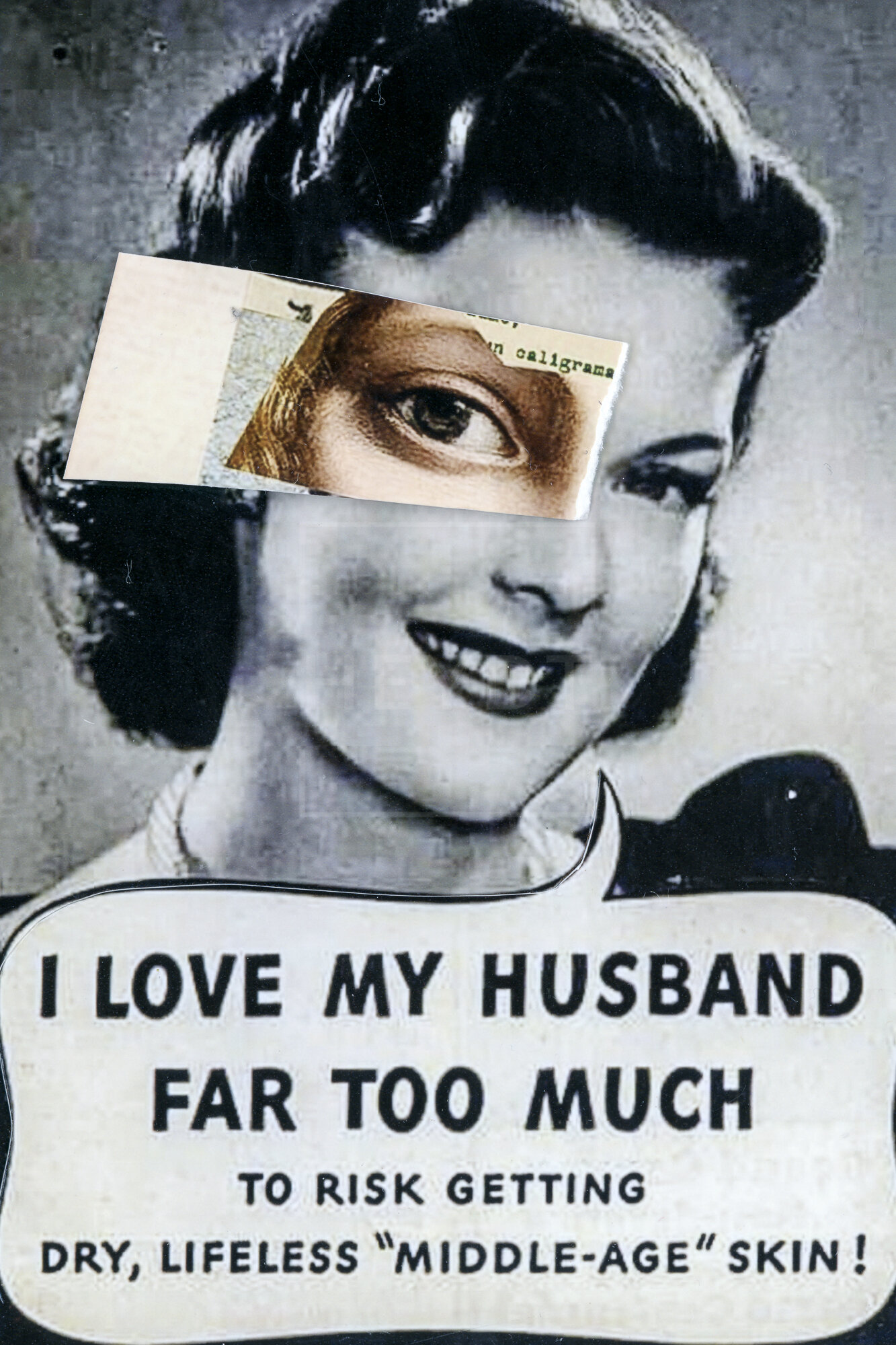
Your Face In Mine | HEYDT | 2020 | Analog Assemblage | 20in x 30in | Edition: $1500 | Original: $10,000
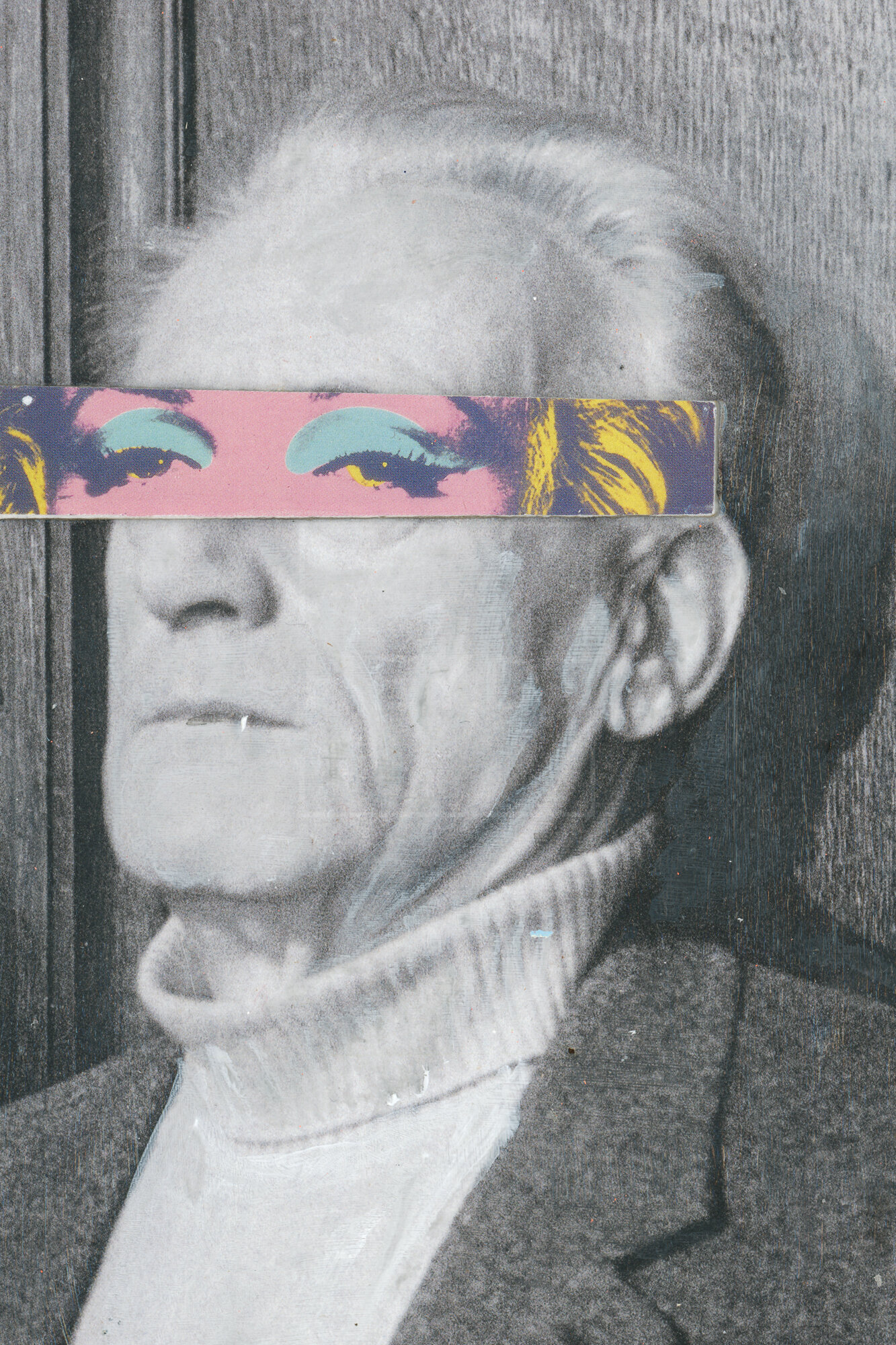
Your Face In Mine | HEYDT | 2020 | Analog Assemblage | 20in x 30in | Edition: $1500 | Original: $10,000

Your Face In Mine | HEYDT | 2020 | Analog Assemblage | 20in x 30in | Edition: $1500 | Original: $10,000
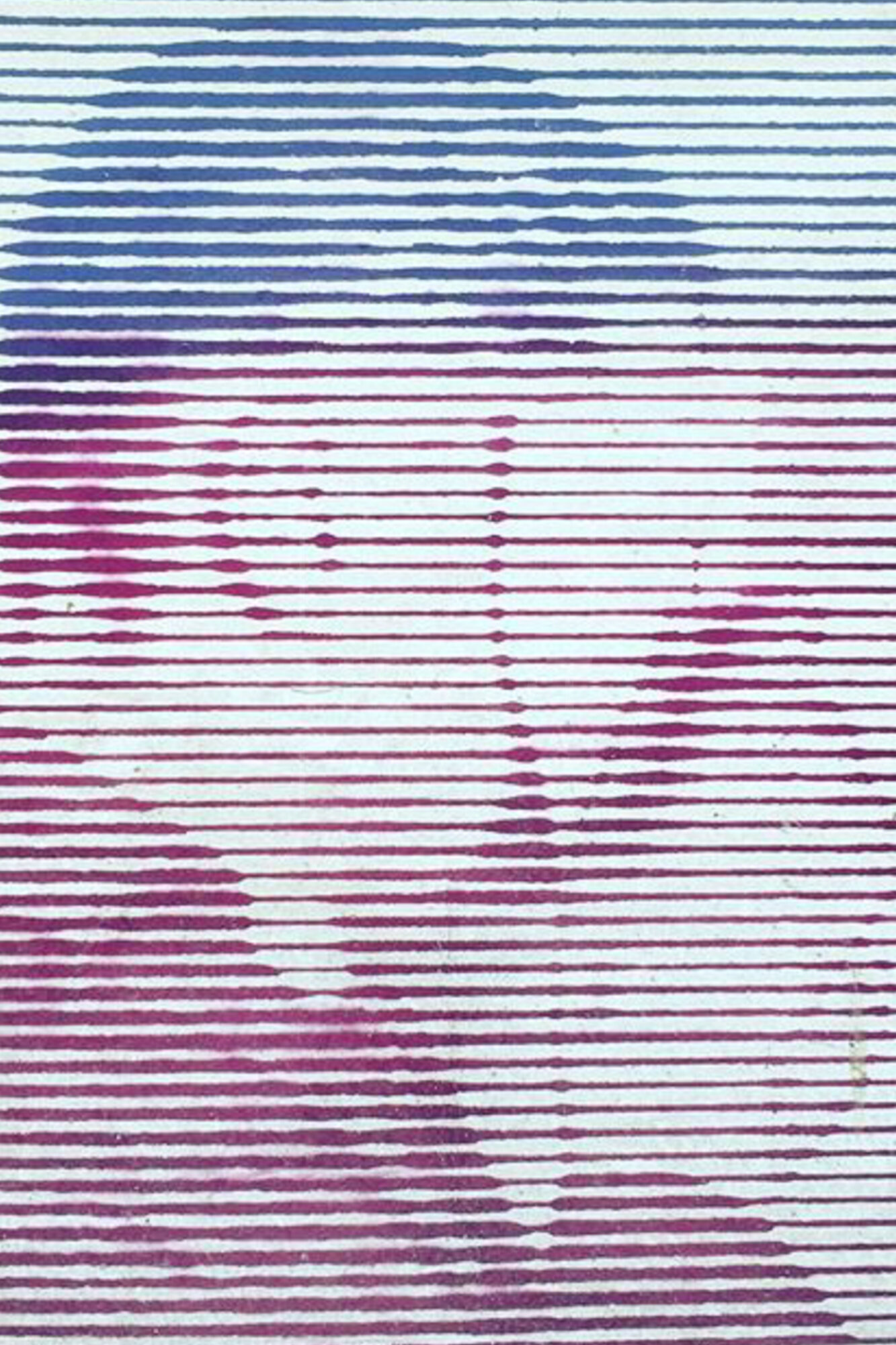
Your Face In Mine | HEYDT | 2020 | Analog Assemblage | 20in x 30in | Edition: $1500 | Original: $10,000
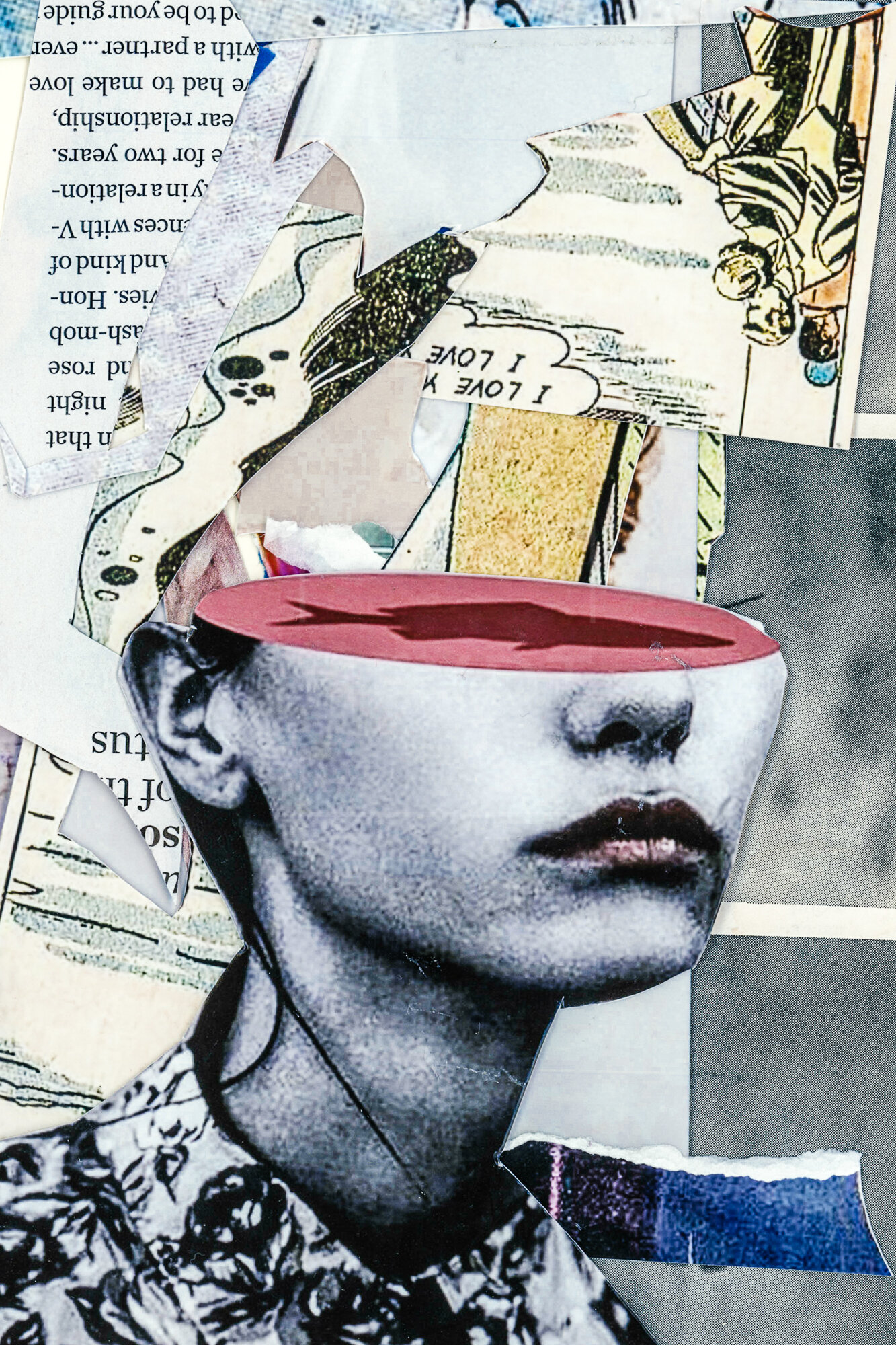
Your Face In Mine | HEYDT | 2020 | Analog Assemblage | 20in x 30in | Edition: $1500 | Original: $10,000

Your Face In Mine | HEYDT | 2020 | Analog Assemblage | 20in x 30in | Edition: $1500 | Original: $10,000

Your Face In Mine | HEYDT | 2020 | Analog Assemblage | 20in x 30in | Edition: $1500 | Original: $10,000

Your Face In Mine | HEYDT | 2020 | Analog Assemblage | 20in x 30in | Edition: $1500 | Original: $10,000
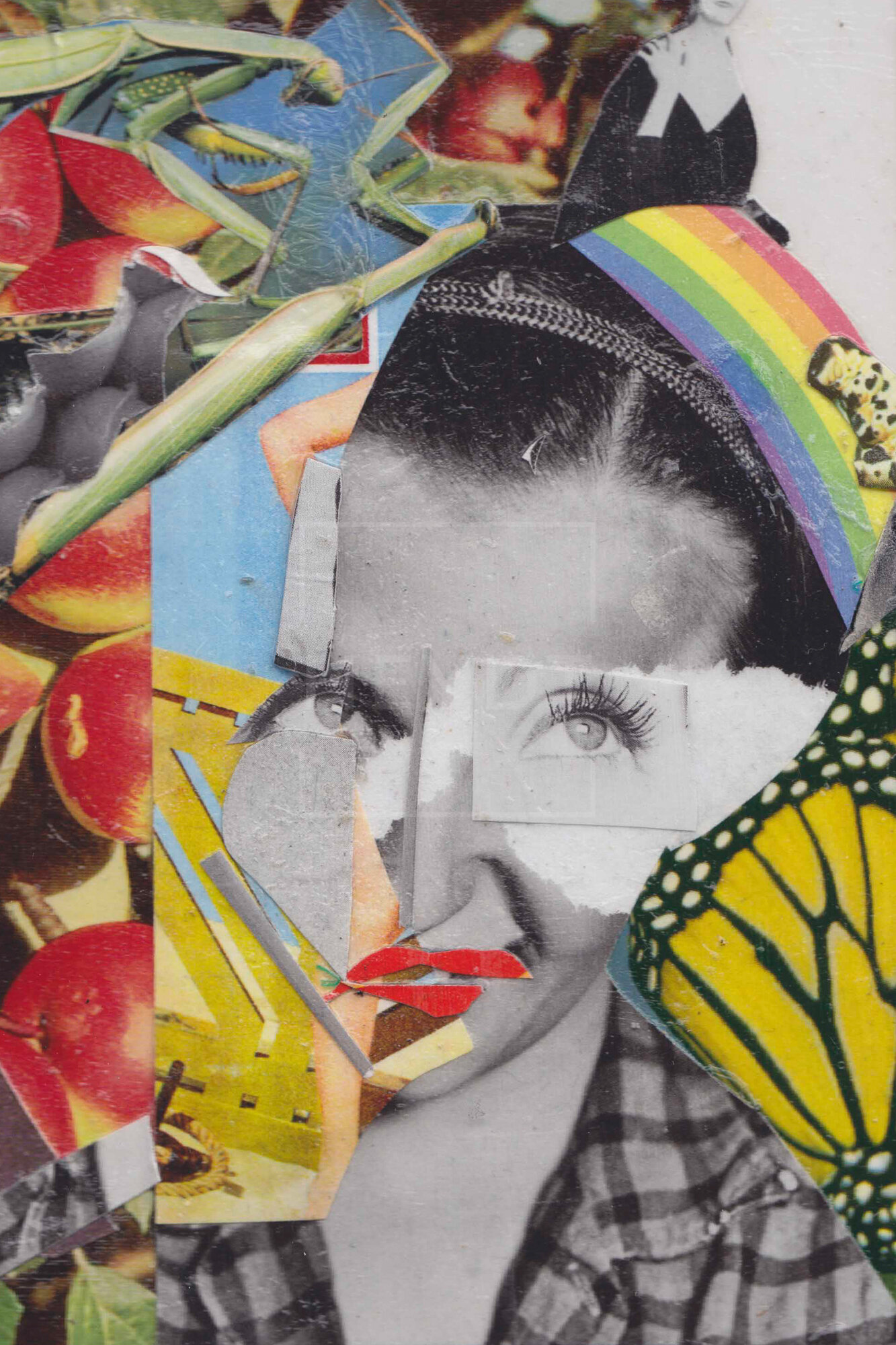
Your Face In Mine | HEYDT | 2020 | Analog Assemblage | 20in x 30in | Edition: $1500 | Original: $10,000

Your Face In Mine | HEYDT | 2020 | Analog Assemblage | 20in x 30in | Edition: $1500 | Original: $10,000

Your Face In Mine | HEYDT | 2020 | Analog Assemblage | 20in x 30in | Edition: $1500 | Original: $10,000

Your Face In Mine | HEYDT | 2020 | Analog Assemblage | 24in x 36in | Edition: $4200 | Original: $10,000

Your Face In Mine | HEYDT | 2020 | Analog Assemblage | 20in x 30in | Edition: $1500 | Original: $10,000

Your Face In Mine | HEYDT | 2020 | Analog Assemblage | 20in x 30in | Edition: $1500 | Original: $10,000

Your Face In Mine | HEYDT | 2020 | Analog Assemblage | 20in x 30in | Edition: $1500 | Original: $10,000

Your Face In Mine | HEYDT | 2020 | Analog Assemblage | 20in x 30in | Edition: $1500 | Original: $10,000

Your Face In Mine | HEYDT | 2020 | Analog Assemblage | 20in x 30in | Edition: $3000 | Original: $10,000
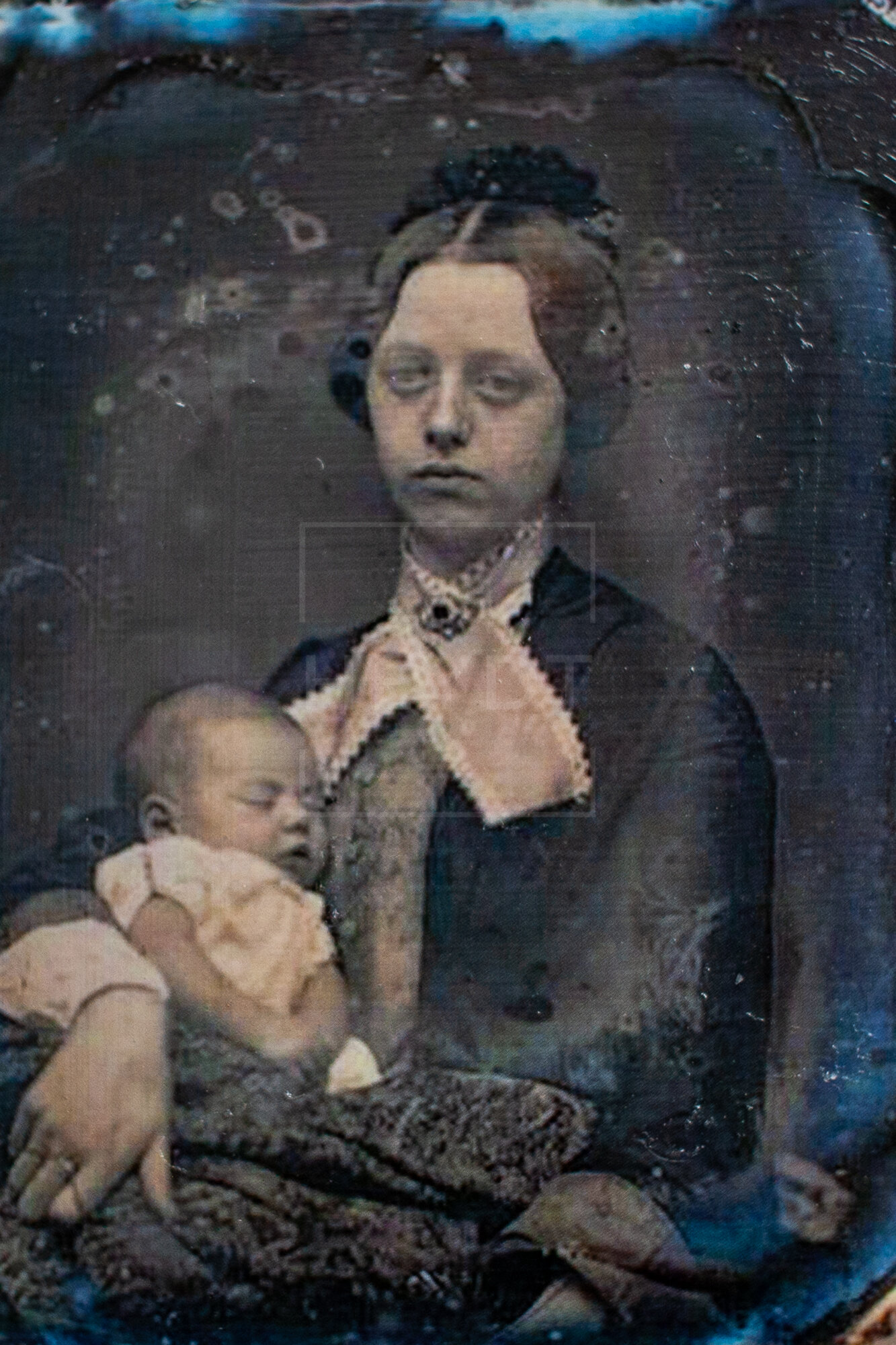
Your Face In Mine | HEYDT | 2020 | Analog Assemblage | 20in x 30in | Edition: $1500 | Original: $10,000
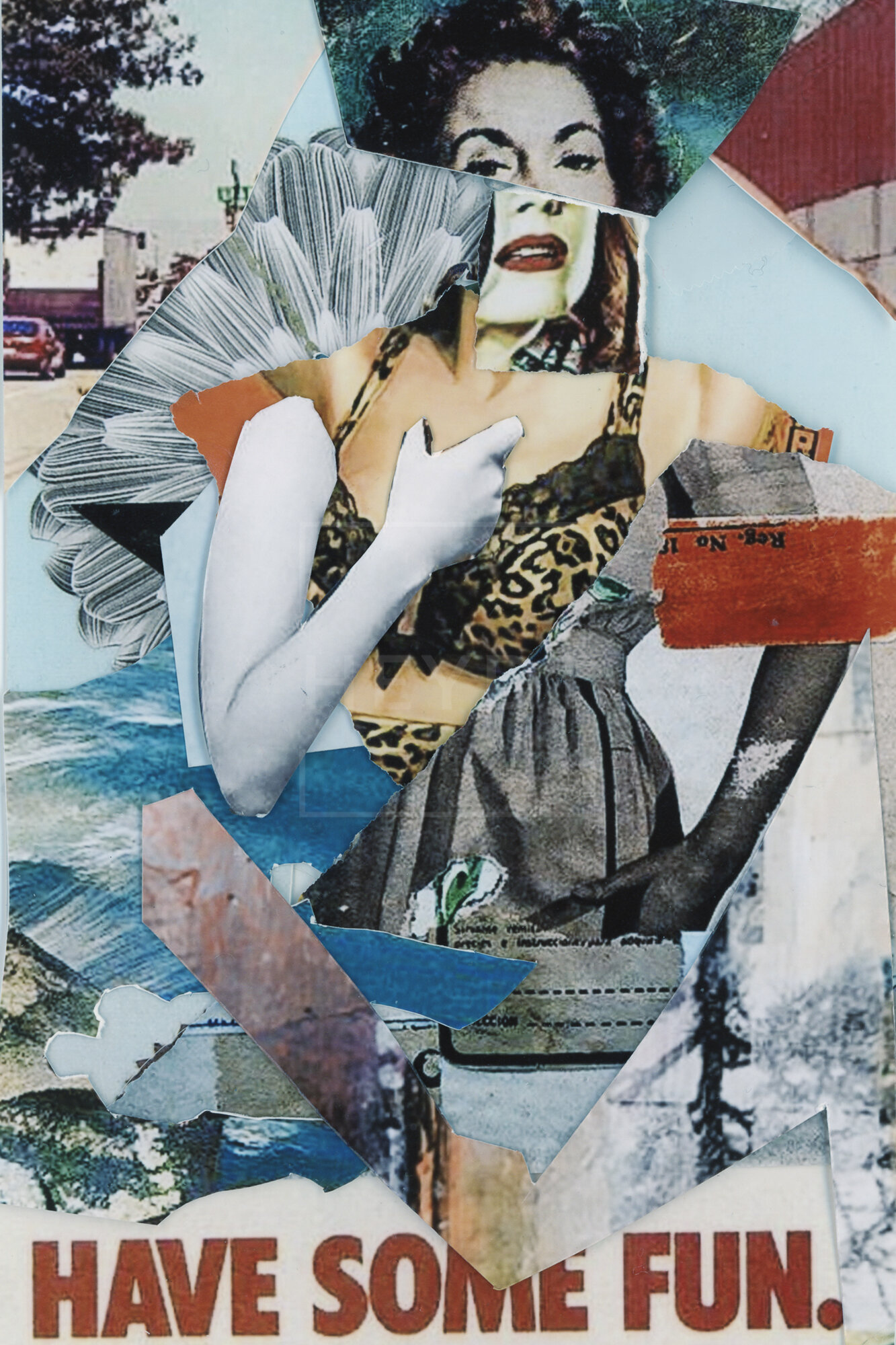
Your Face In Mine | HEYDT | 2020 | Analog Assemblage | 20in x 30in | Edition: $1500 | Original: $10,000
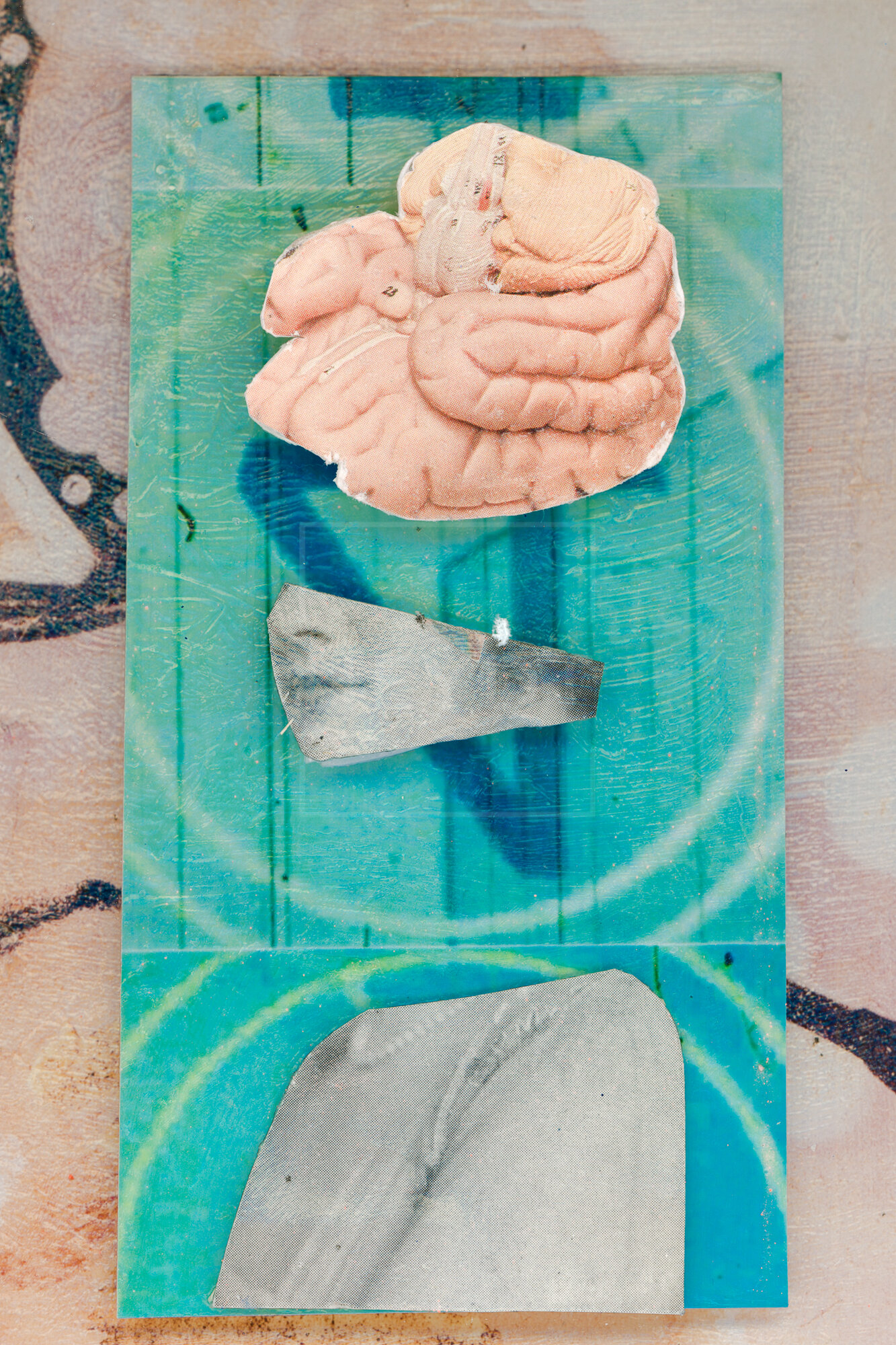
Your Face In Mine | HEYDT | 2020 | Analog Assemblage | 20in x 30in | Edition: $1500 | Original: $10,000
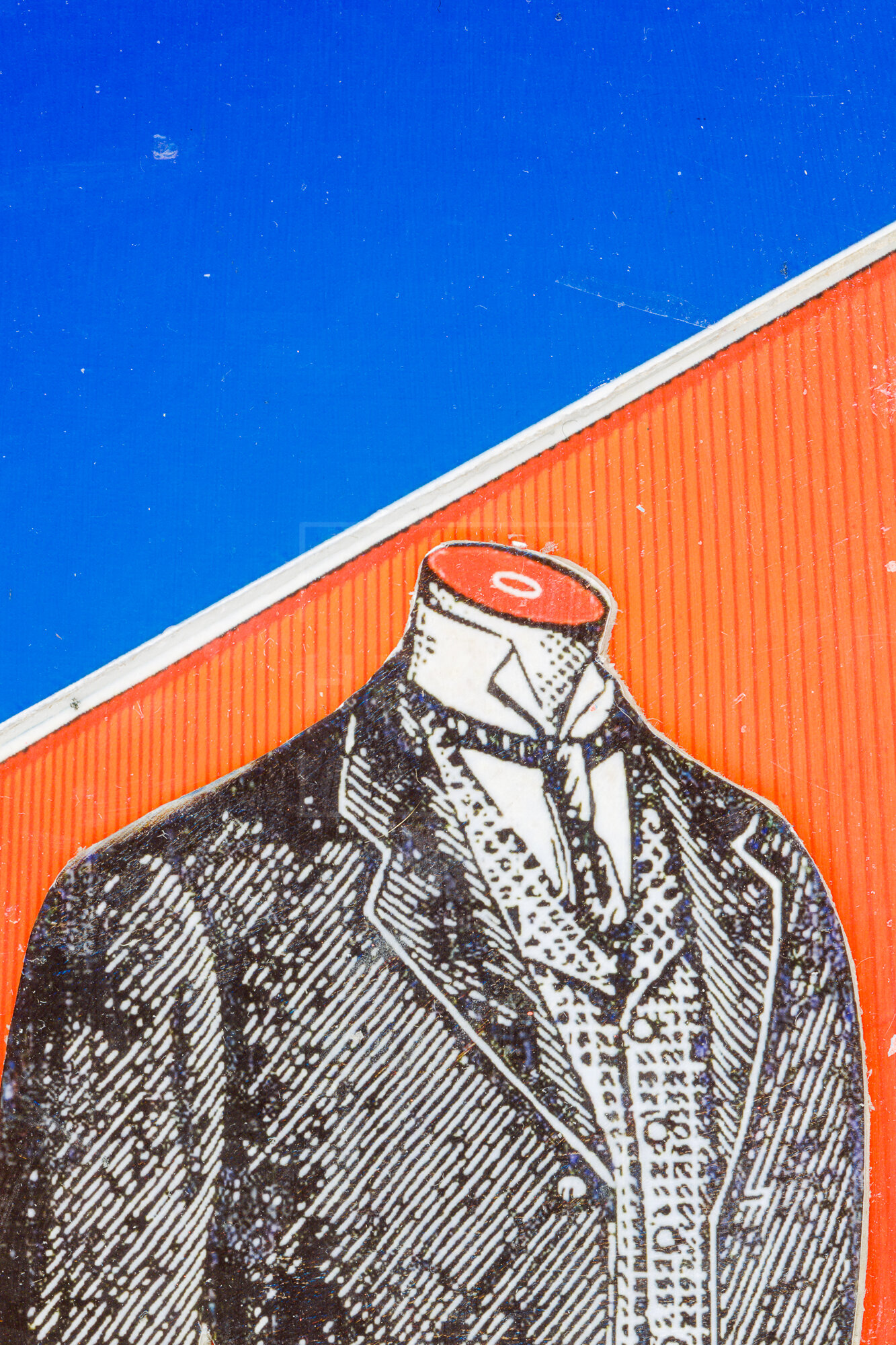
Your Face In Mine | HEYDT | 2020 | Analog Assemblage | 20in x 30in | Edition: $1500 | Original: $10,000
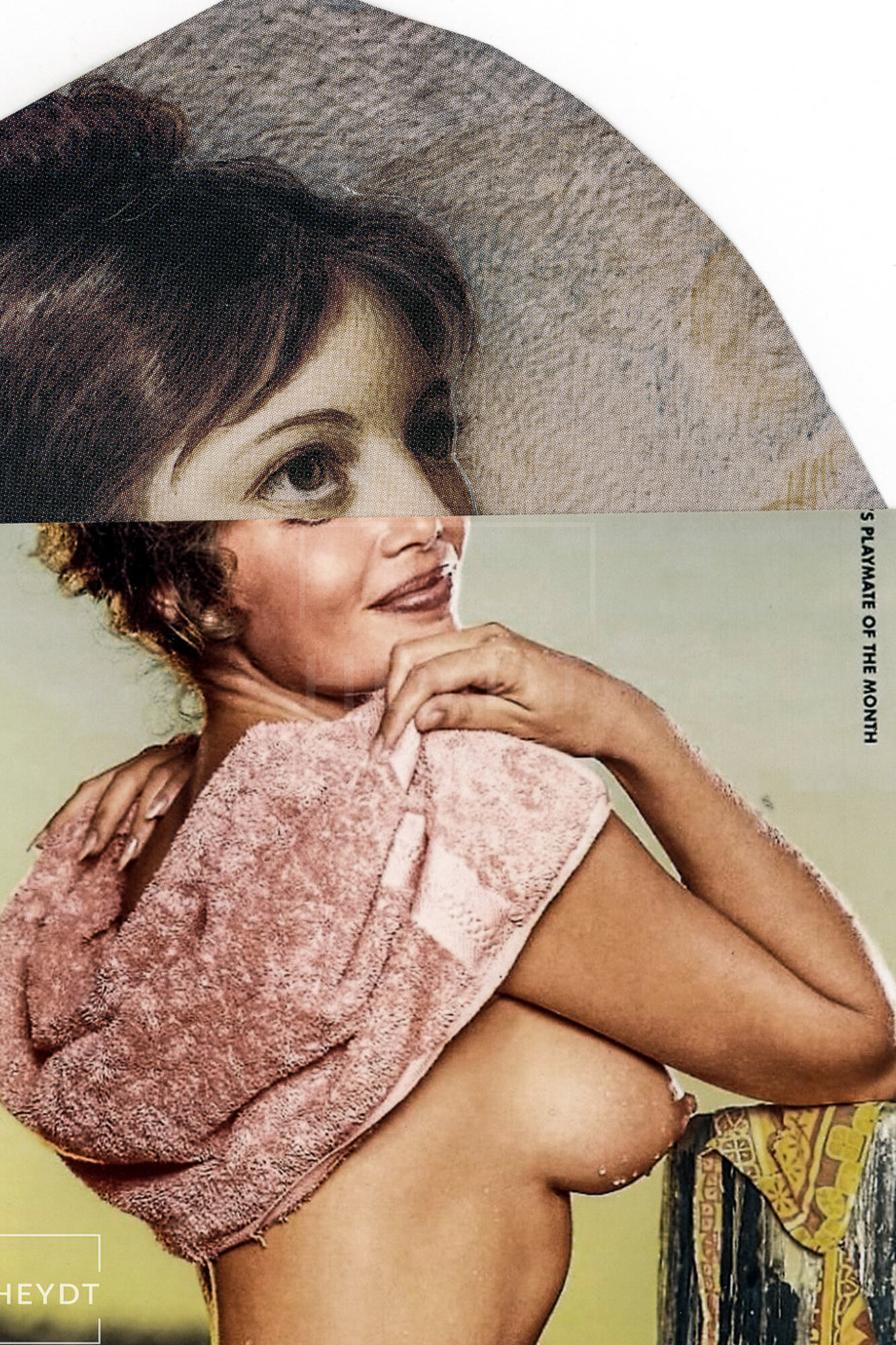
Your Face In Mine | HEYDT | 2020 | Analog Assemblage | 20in x 30in | Edition: $1500 | Original: $10,000
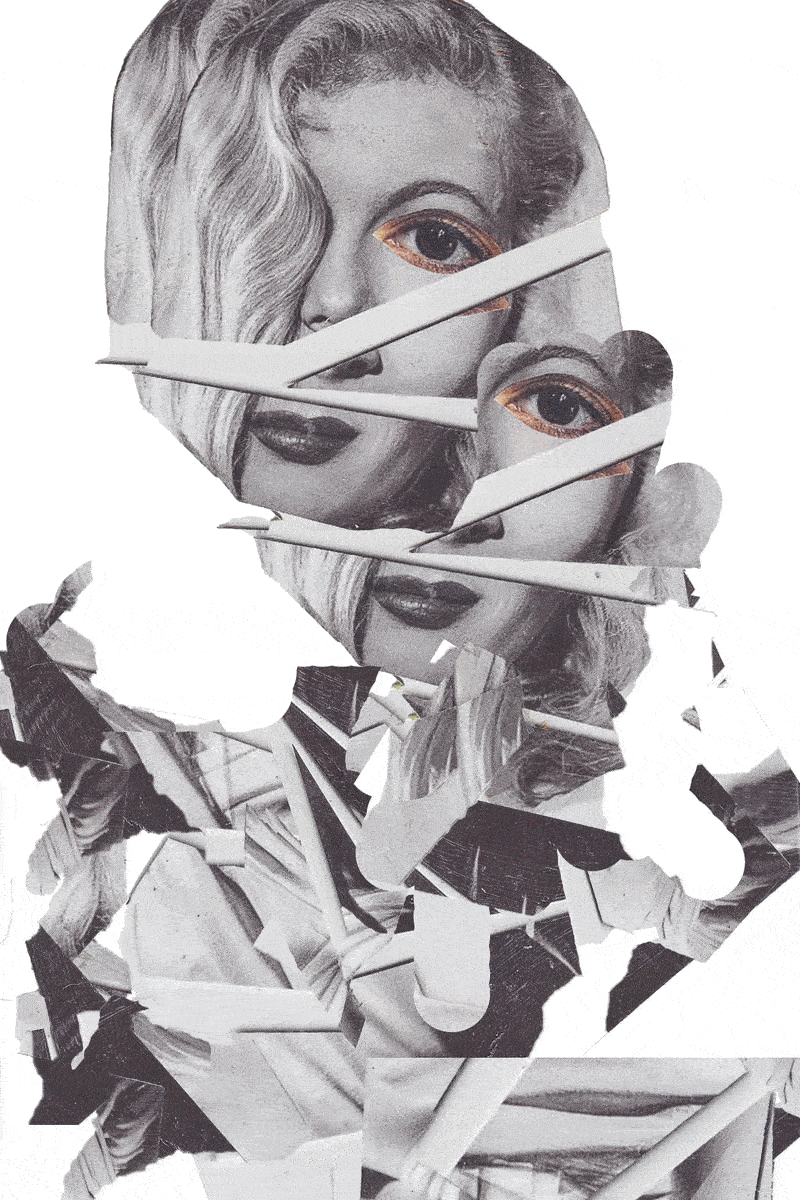
Your Face In Mine | HEYDT | 2020 | Analog Assemblage | 20in x 30in | Edition: $1500 | Original: $10,000

Your Face In Mine | HEYDT | 2020 | Analog Assemblage | 20in x 30in | Edition: $1500 | Original: $10,000
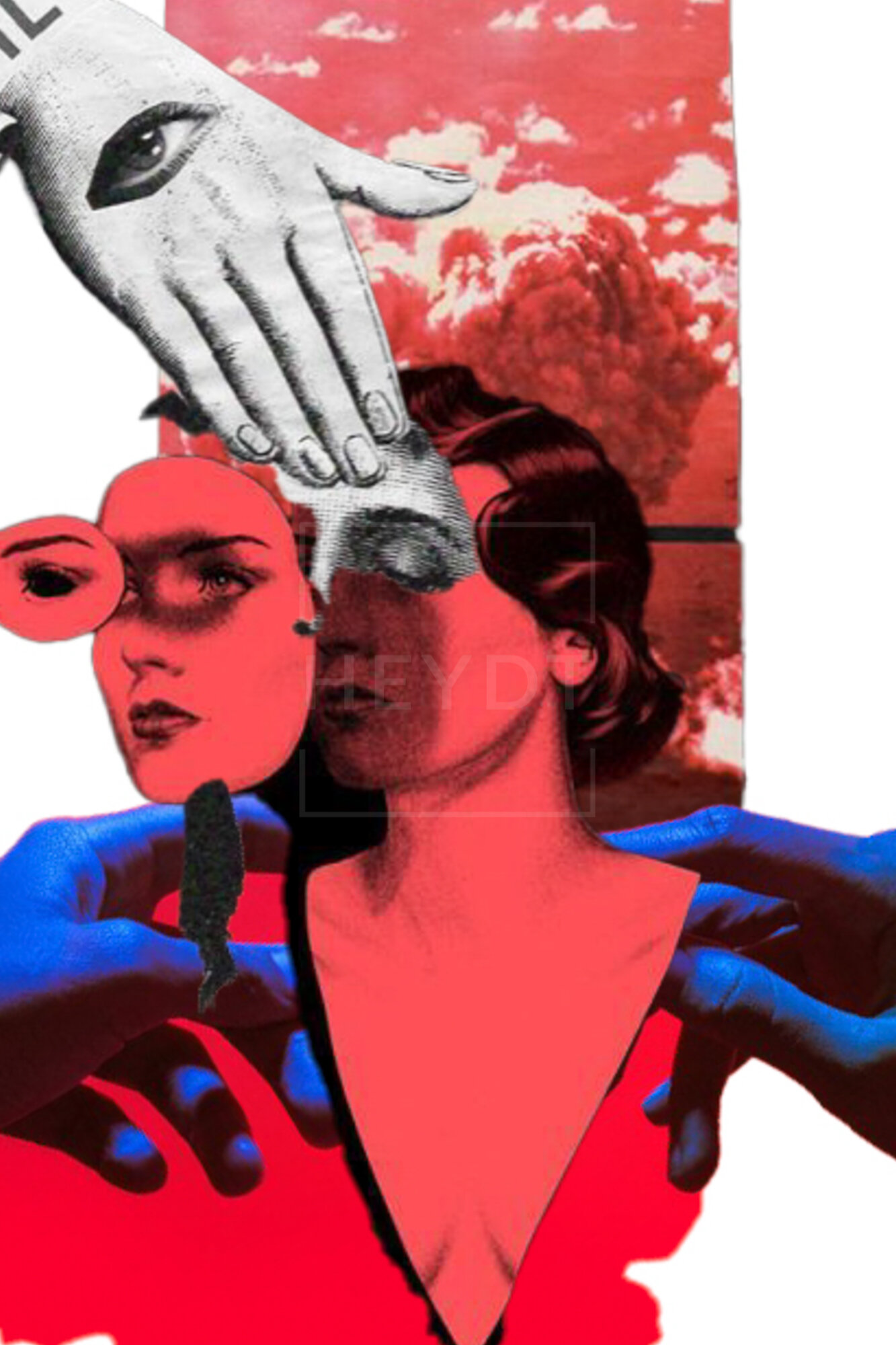
Your Face In Mine | HEYDT | 2020 | Analog Assemblage | 20in x 30in | Edition: $1500 | Original: $10,000
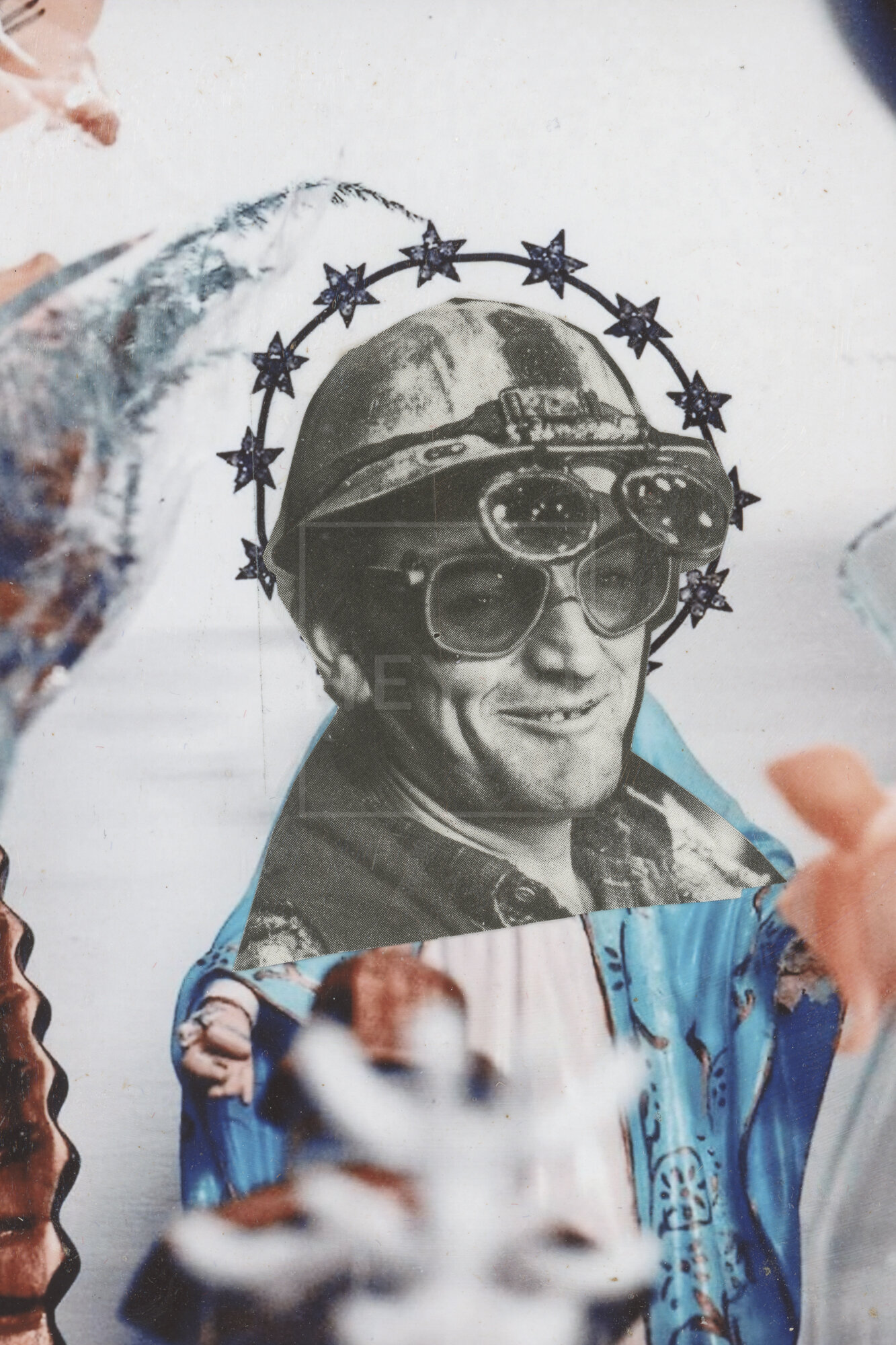
Your Face In Mine | HEYDT | 2020 | Analog Assemblage | 20in x 30in | Edition: $1500 | Original: $10,000
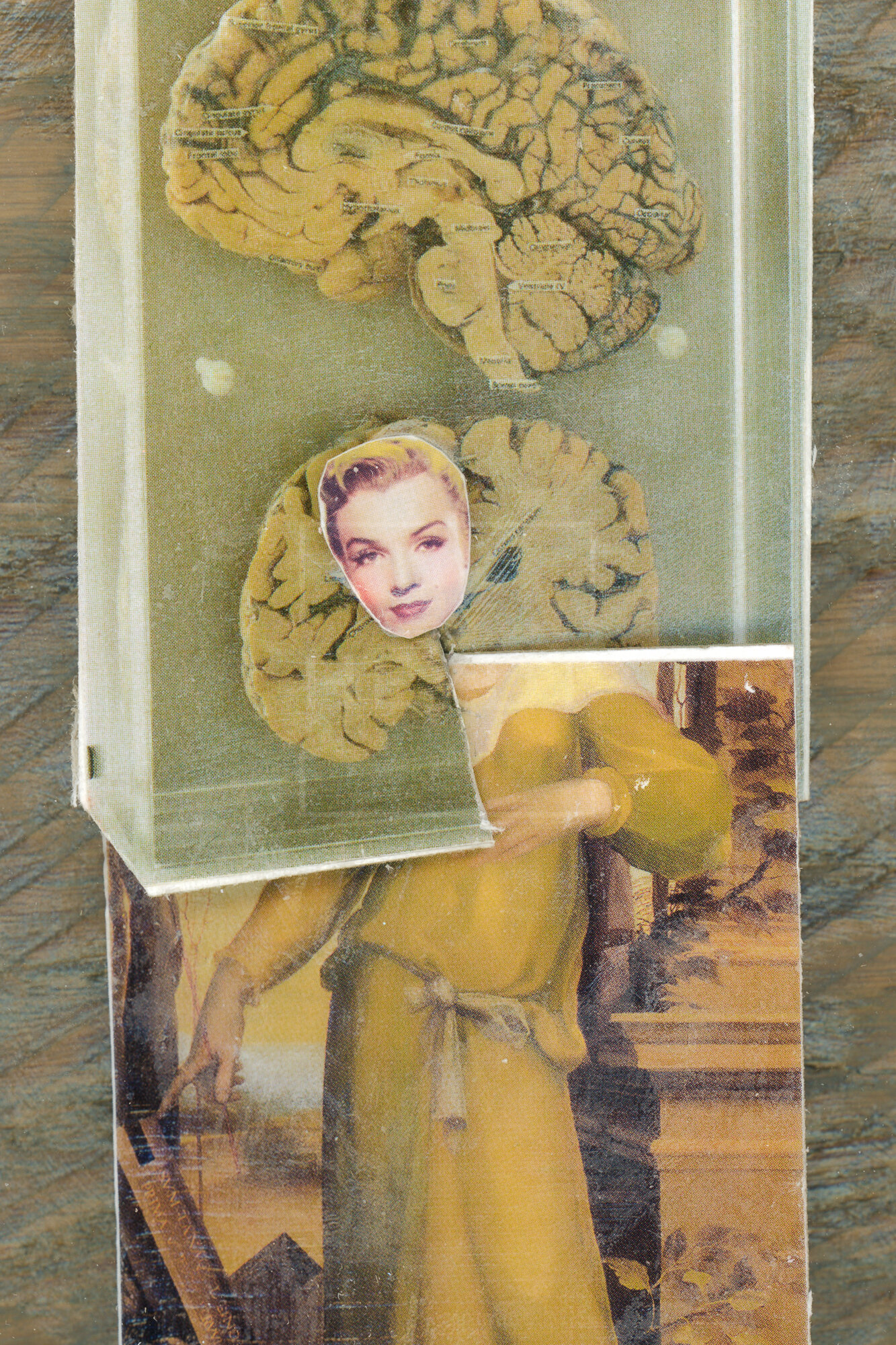
Your Face In Mine | HEYDT | 2020 | Analog Assemblage | 20in x 30in | Edition: $1500 | Original: $10,000

Your Face In Mine | HEYDT | 2020 | Analog Assemblage | 20in x 30in | Edition: $1500 | Original: $10,000
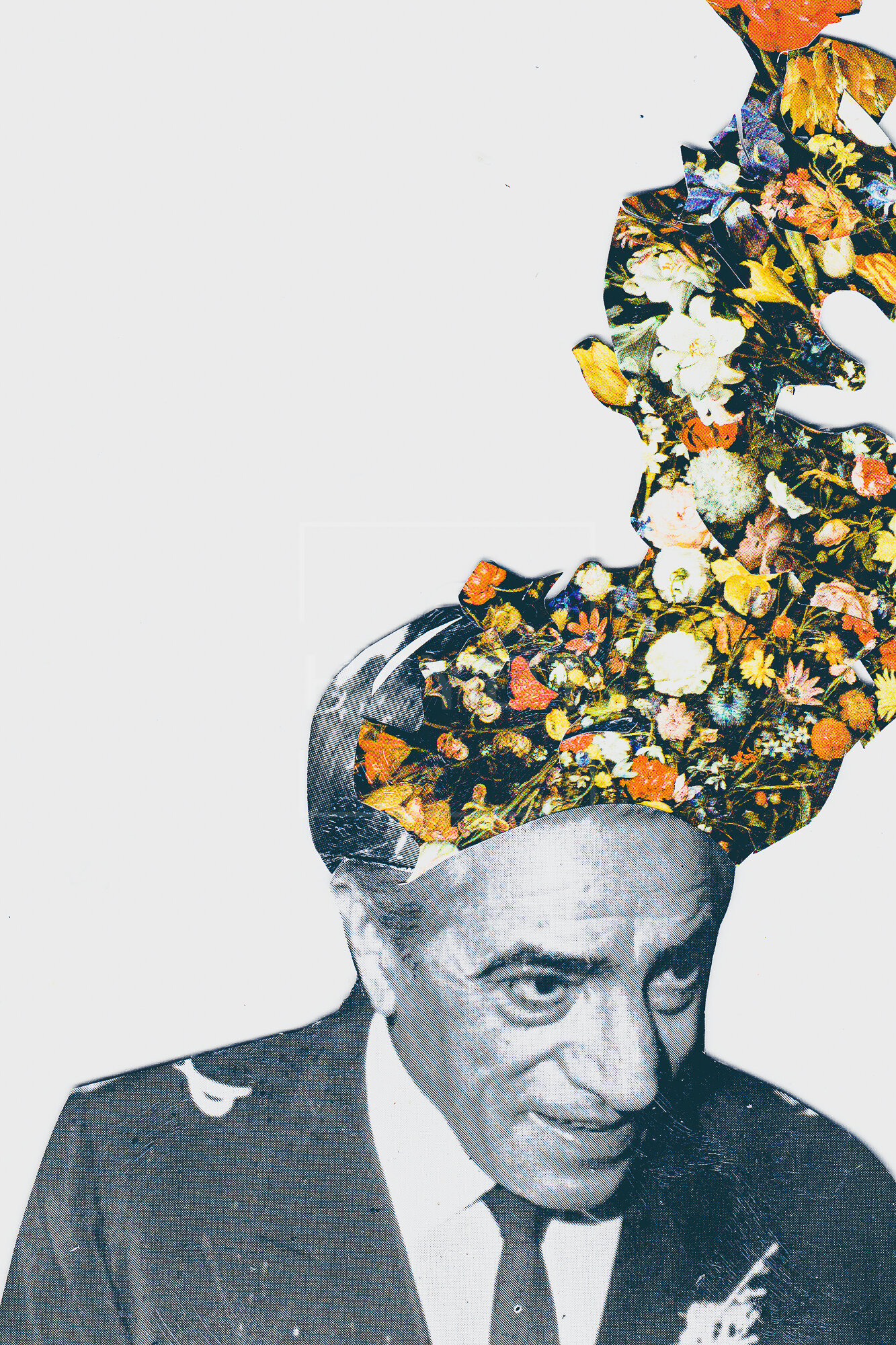
Your Face In Mine | HEYDT | 2020 | Analog Assemblage | 20in x 30in | Edition: $1500 | Original: $10,000
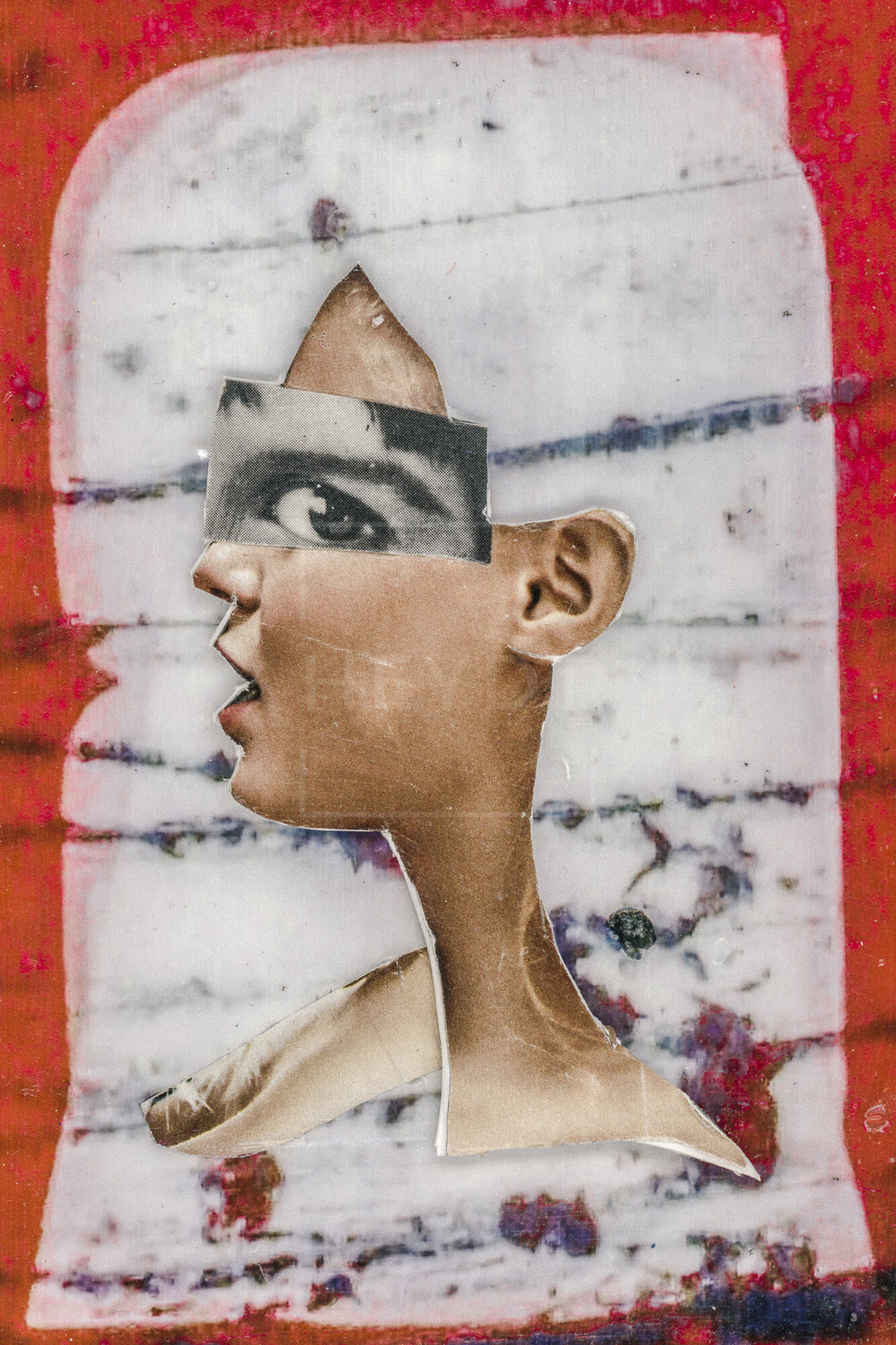
Your Face In Mine | HEYDT | 2020 | Analog Assemblage | 20in x 30in | Edition: $1500 | Original: $10,000

Your Face In Mine | HEYDT | 2020 | Analog Assemblage | 20in x 30in | Edition: $1500 | Original: $10,000
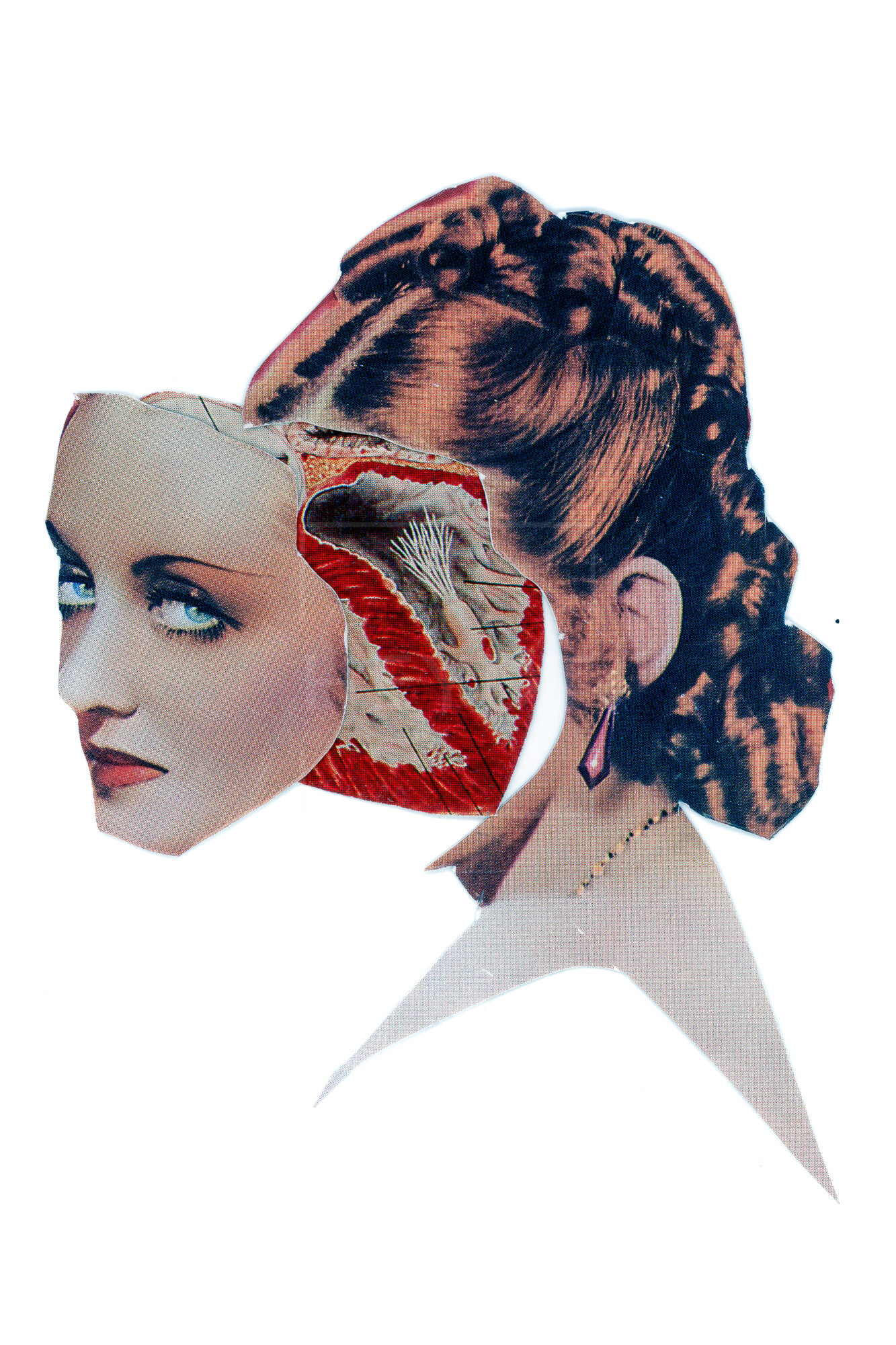
Your Face In Mine | HEYDT | 2020 | Analog Assemblage | 20in x 30in | Edition: $1500 | Original: $10,000

Your Face In Mine | HEYDT | 2020 | Analog Assemblage | 20in x 30in | Edition: $1500 | Original: $10,000
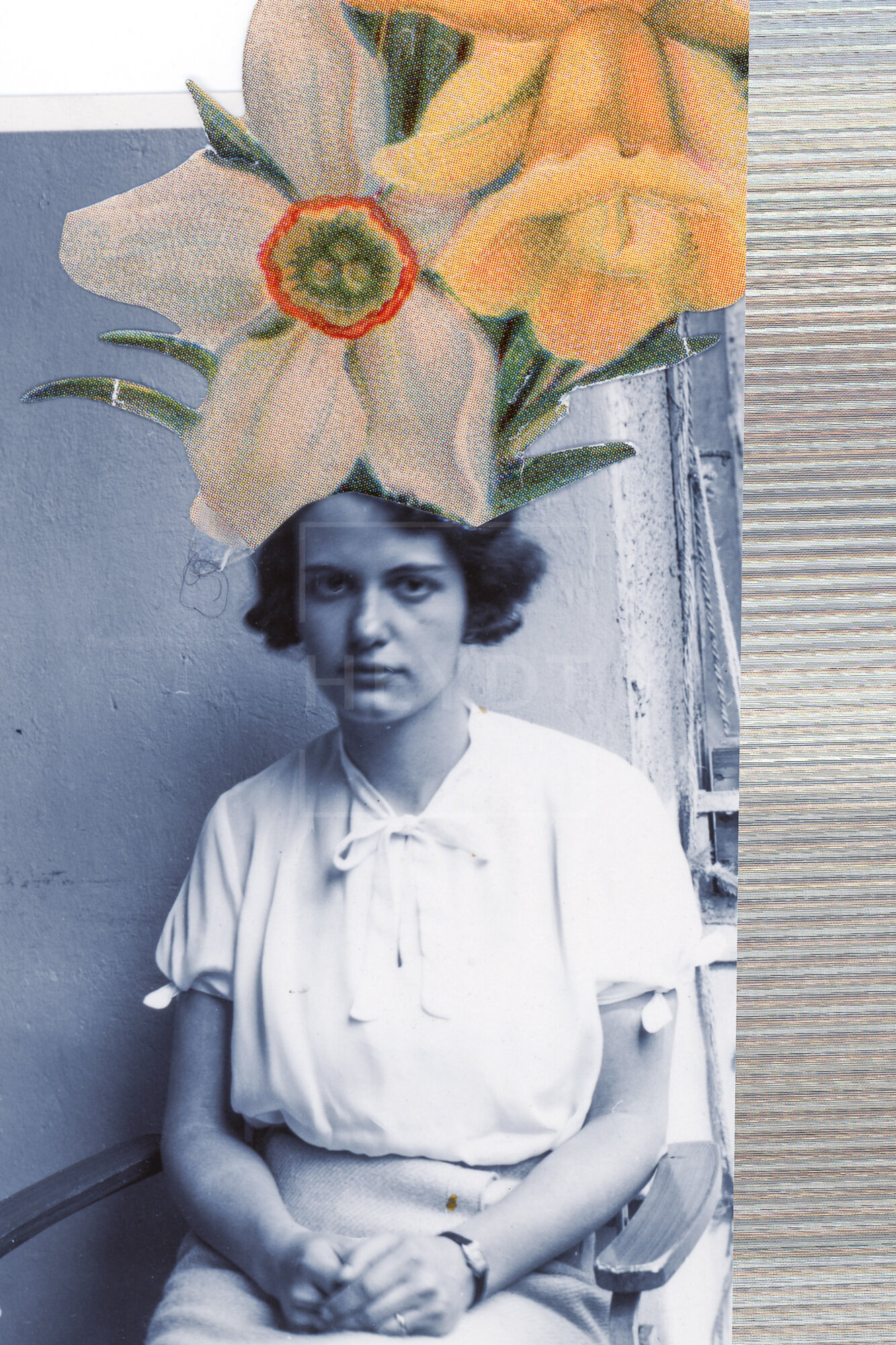
Your Face In Mine | HEYDT | 2020 | Analog Assemblage | 20in x 30in | Edition: $1500 | Original: $10,000
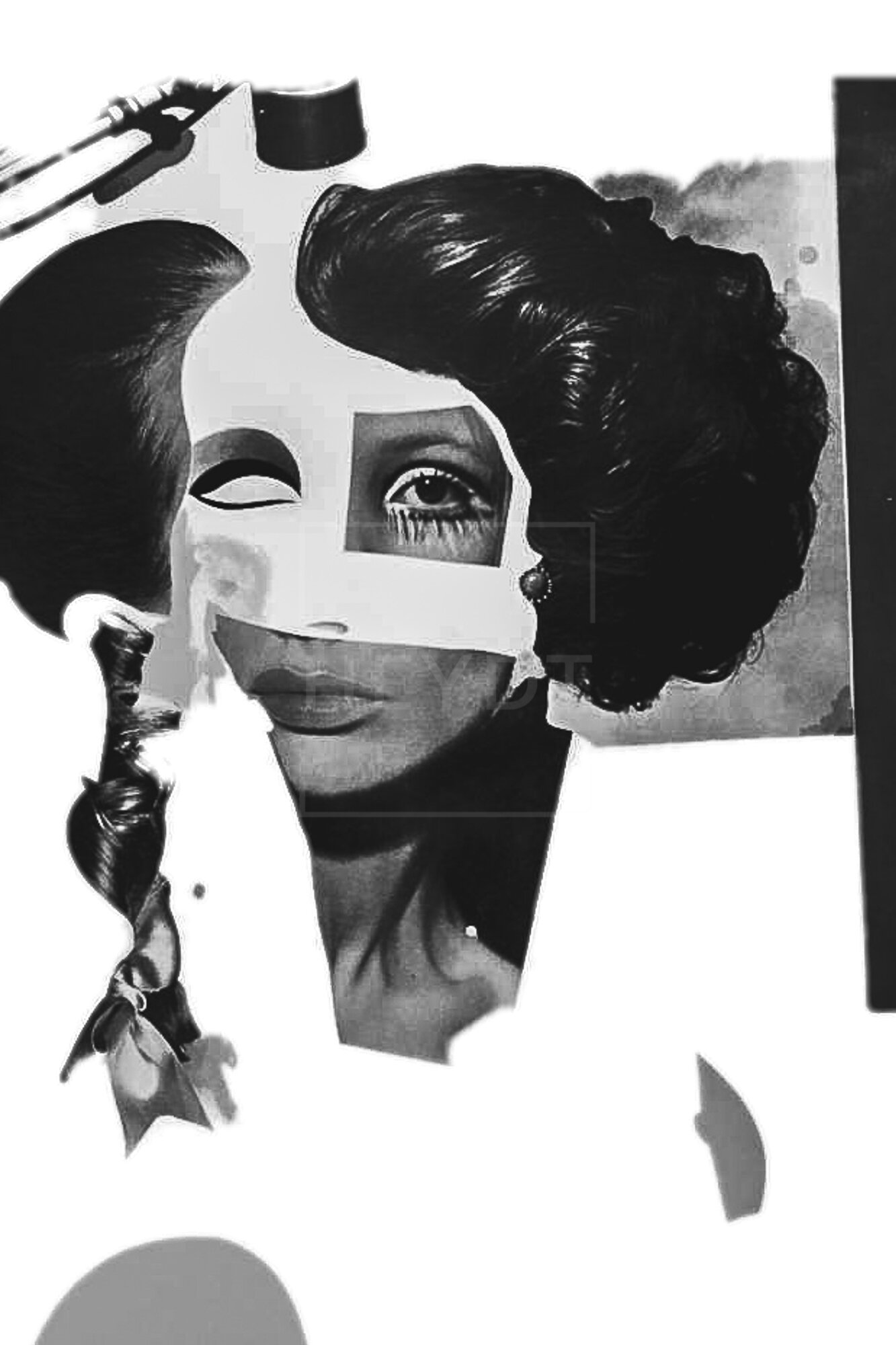
Your Face In Mine | HEYDT | 2020 | Analog Assemblage | 20in x 30in | Edition: $1500 | Original: $10,000
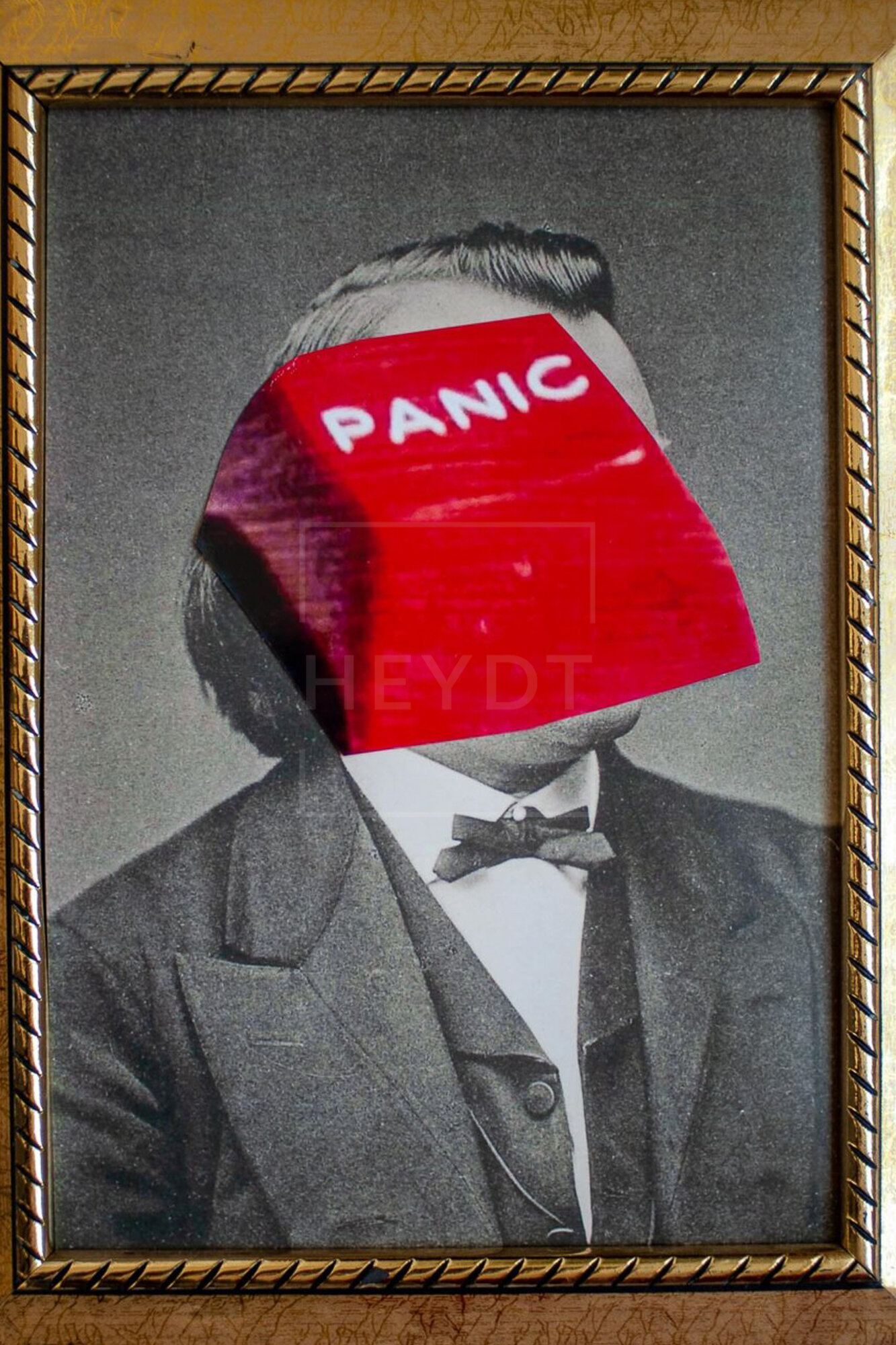
Your Face In Mine | HEYDT | 2020 | Analog Assemblage | 20in x 30in | Edition: $1500 | Original: $10,000
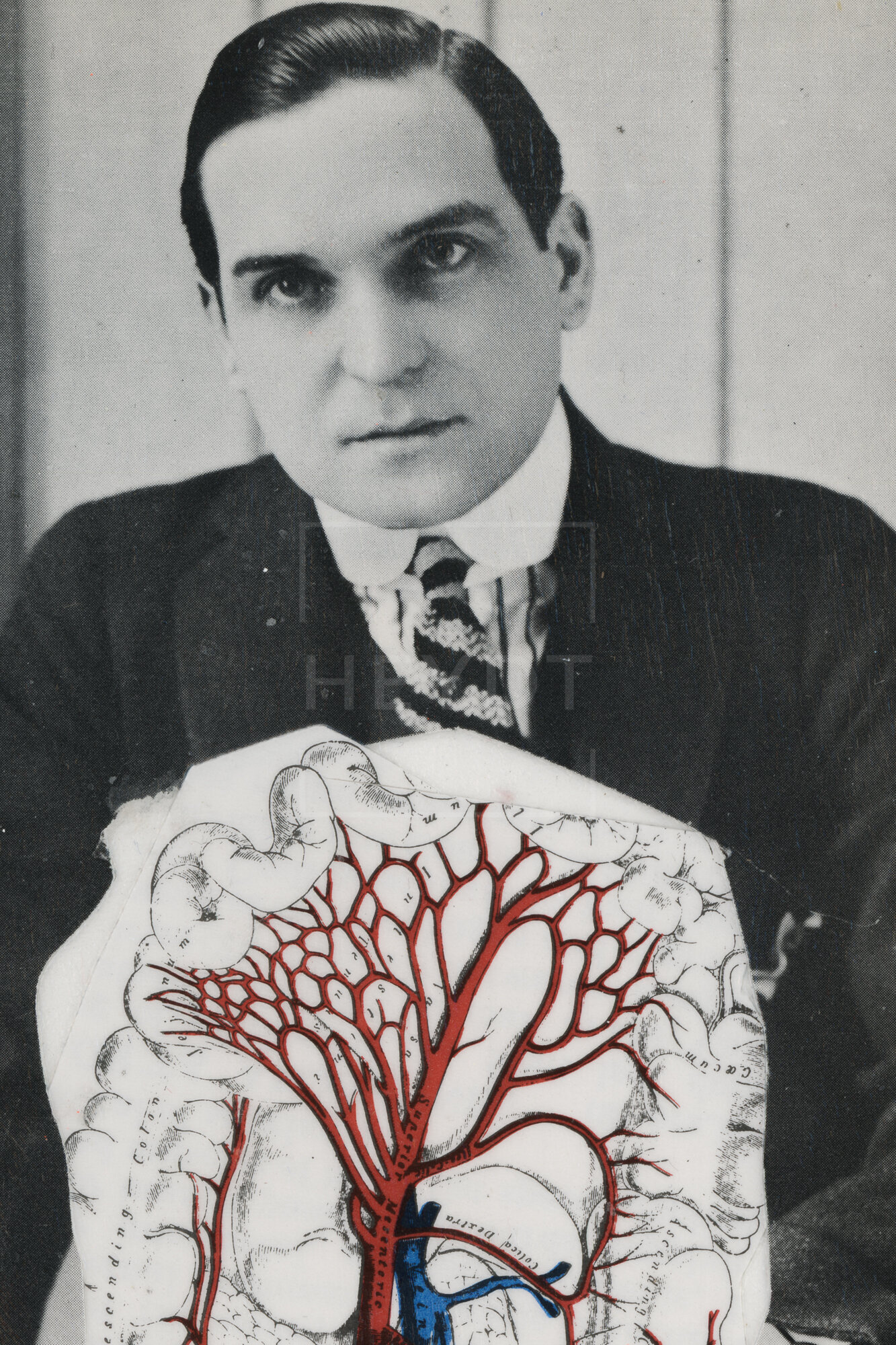
Your Face In Mine | HEYDT | 2020 | Analog Assemblage | 20in x 30in | Edition: $1500 | Original: $10,000

Your Face In Mine | HEYDT | 2020 | Analog Assemblage | 20in x 30in | Edition: $1500 | Original: $10,000
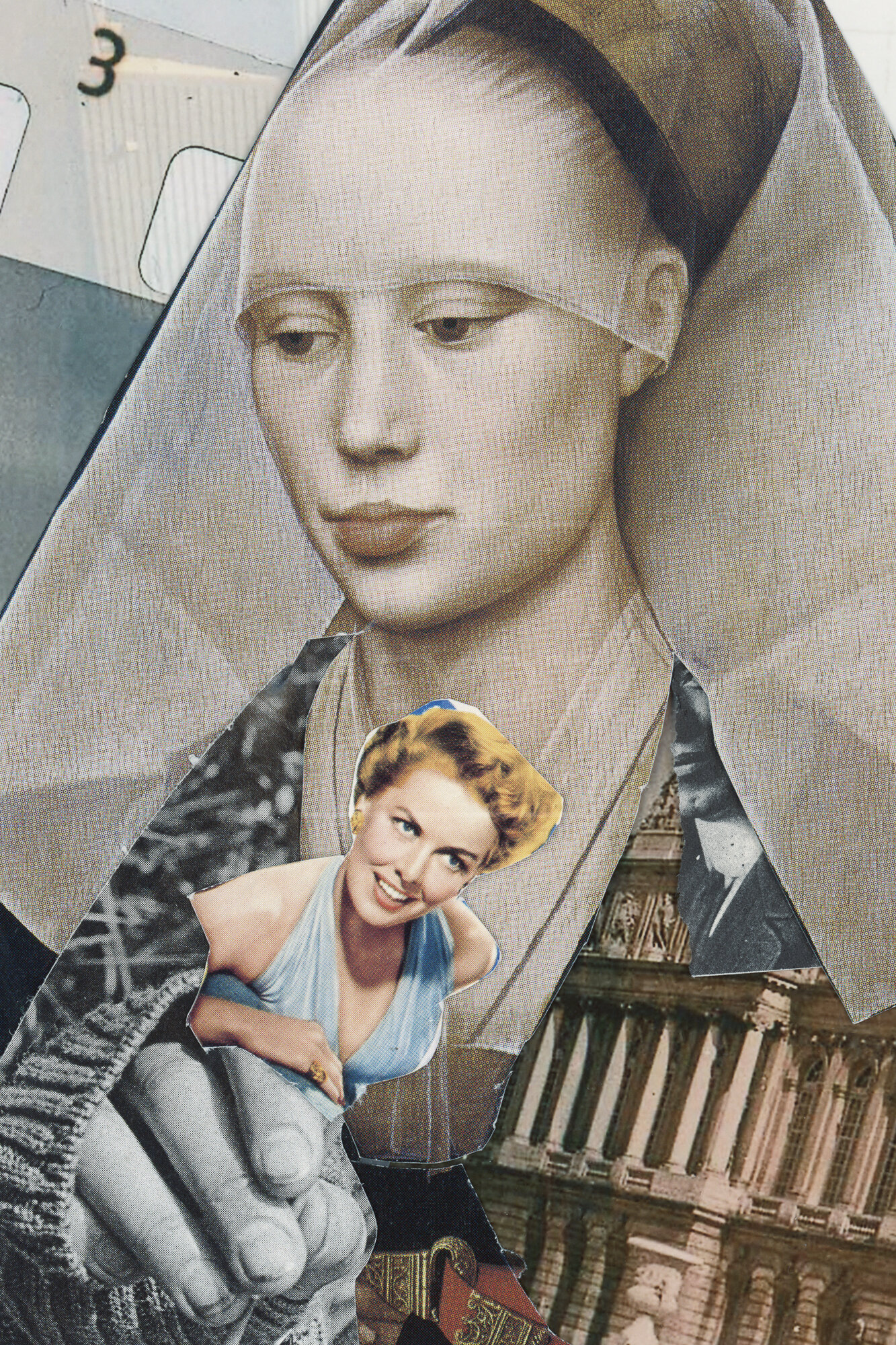
Your Face In Mine | HEYDT | 2020 | Analog Assemblage | 20in x 30in | Edition: $1500 | Original: $10,000
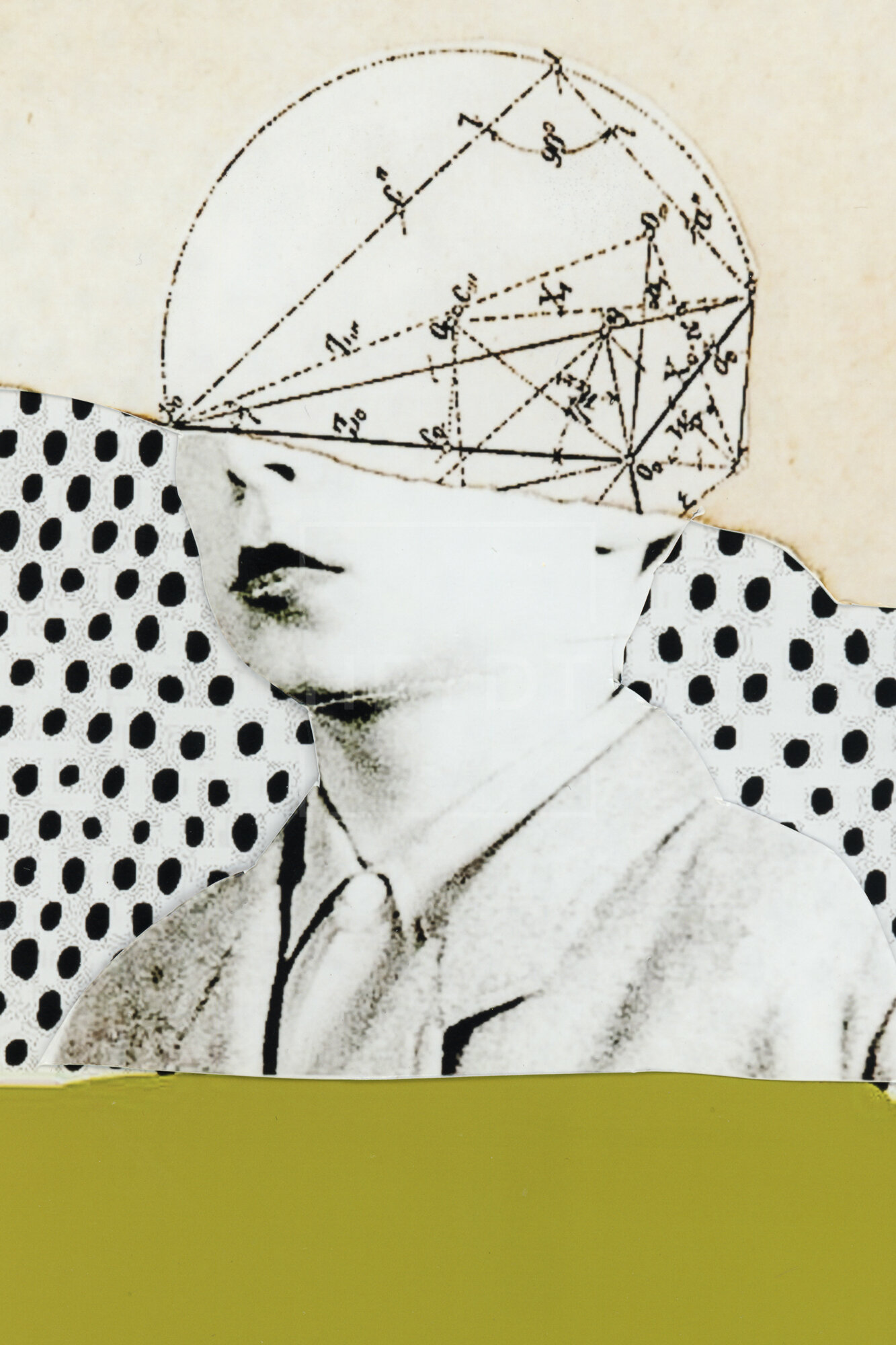
Your Face In Mine | HEYDT | 2020 | Analog Assemblage | 20in x 30in | Edition: $1500 | Original: $10,000
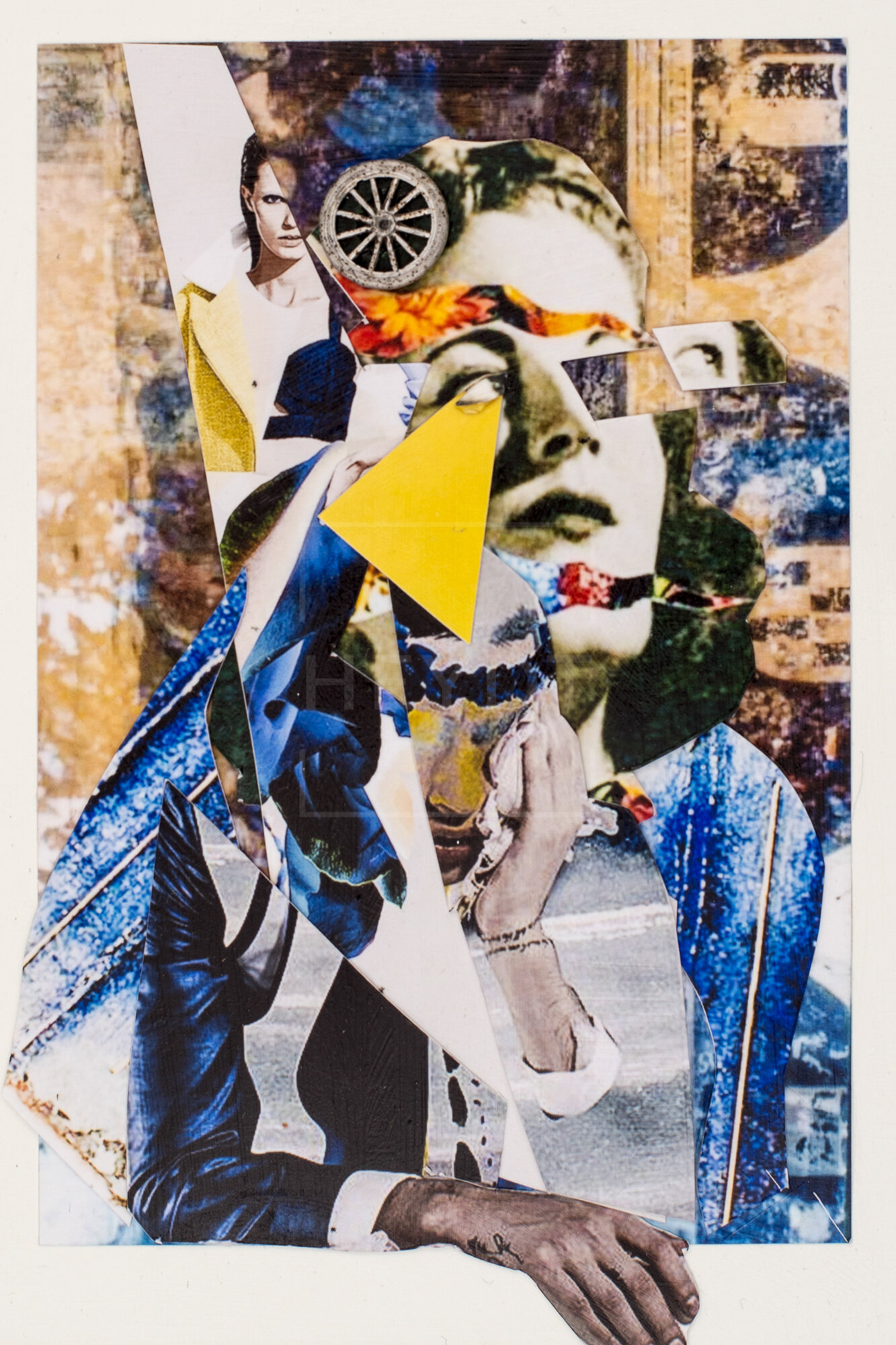
Your Face In Mine | HEYDT | 2020 | Analog Assemblage | 20in x 30in | Edition: $1500 | Original: $10,000
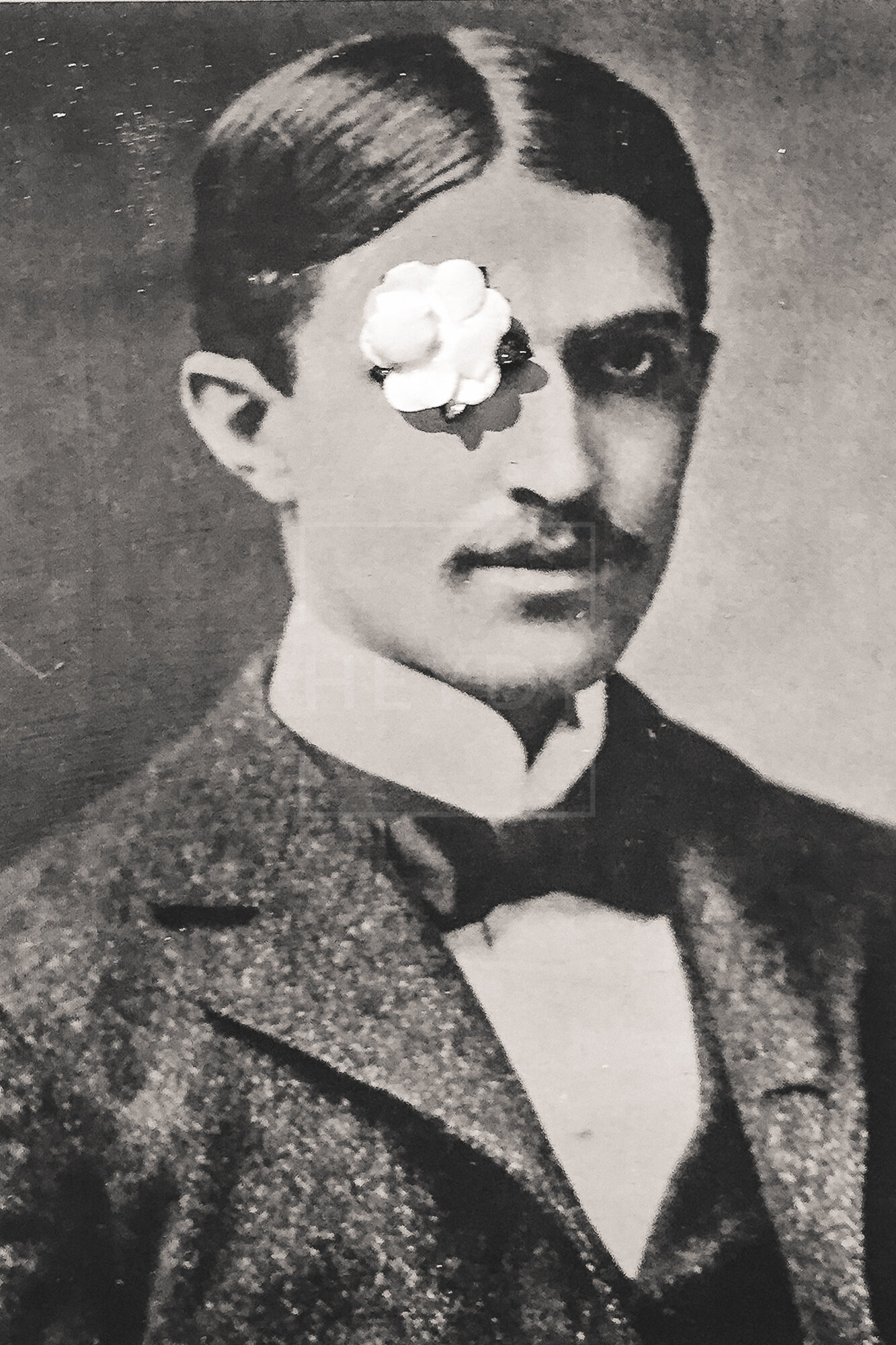
Your Face In Mine | HEYDT | 2020 | Analog Assemblage | 20in x 30in | Edition: $1500 | Original: $10,000
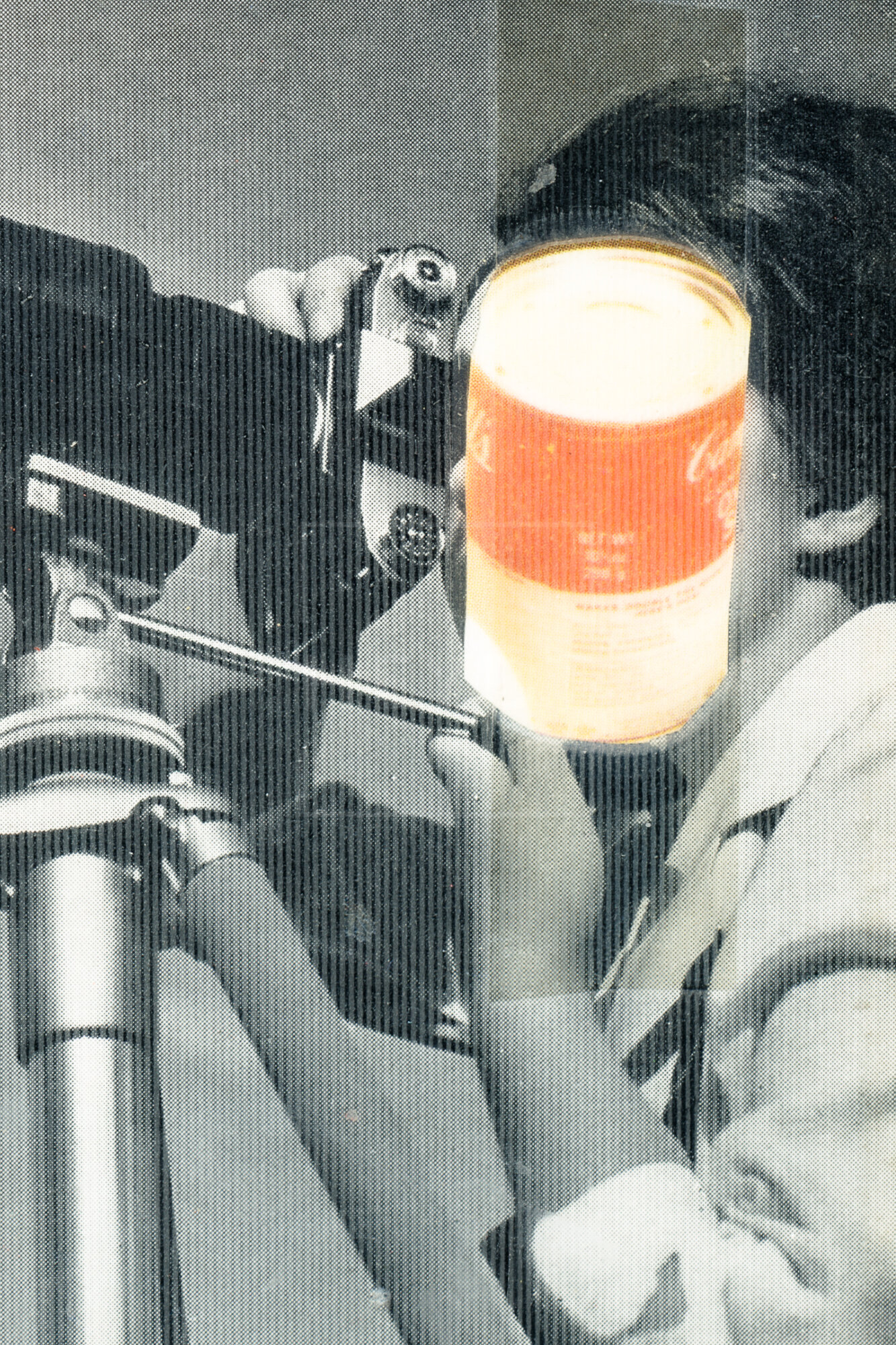
Your Face In Mine | HEYDT | 2020 | Analog Assemblage | 20in x 30in | Edition: $1500 | Original: $10,000
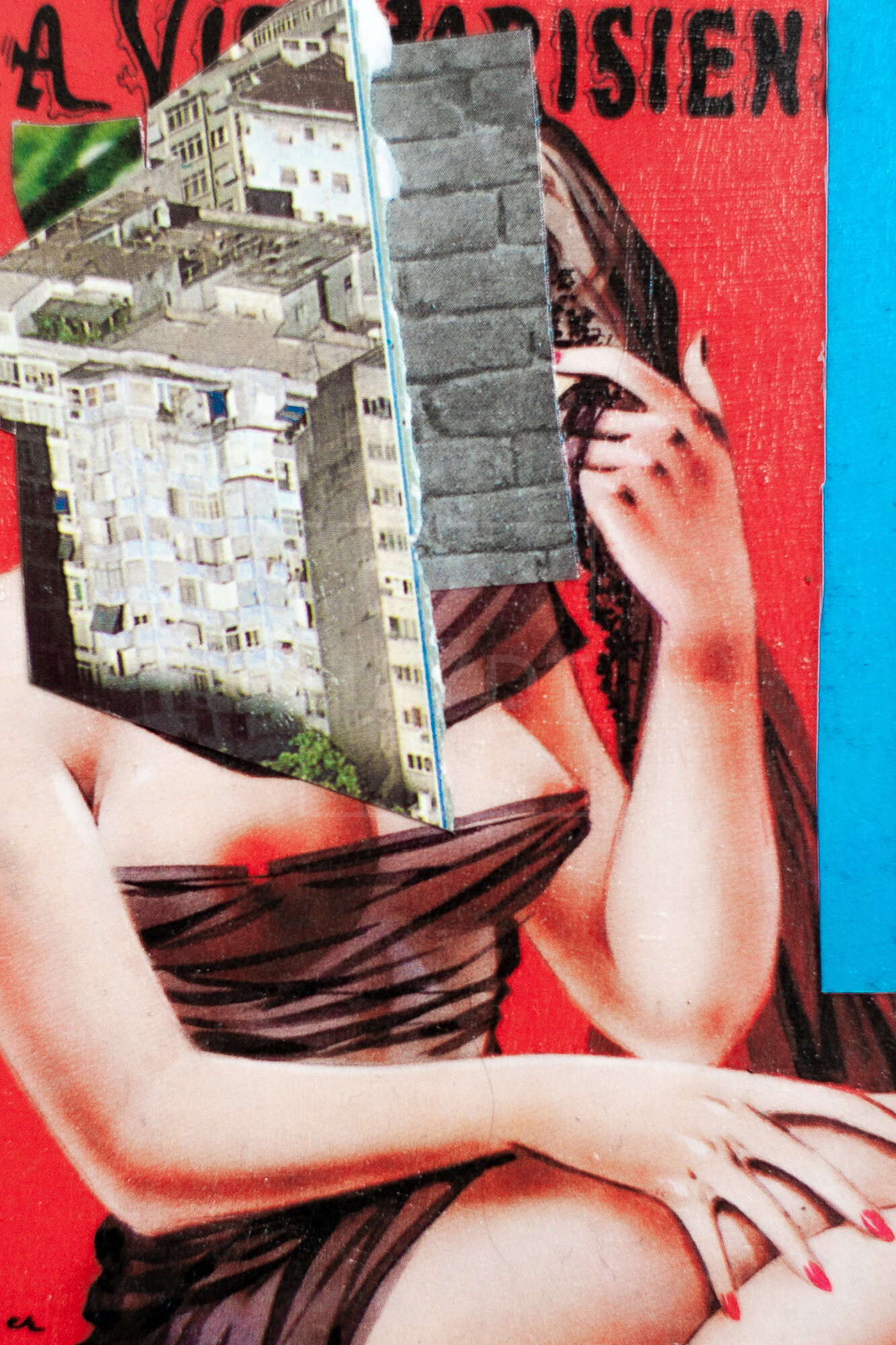
Your Face In Mine | HEYDT | 2020 | Analog Assemblage | 20in x 30in | Edition: $1500 | Original: $10,000

Your Face In Mine | HEYDT | 2020 | Analog Assemblage | 20in x 30in | Edition: $1500 | Original: $10,000

Your Face In Mine | HEYDT | 2020 | Analog Assemblage | 20in x 30in | Edition: $1500 | Original: $10,000

Your Face In Mine | HEYDT | 2020 | Analog Assemblage | 20in x 30in | Edition: $1500 | Original: $10,000
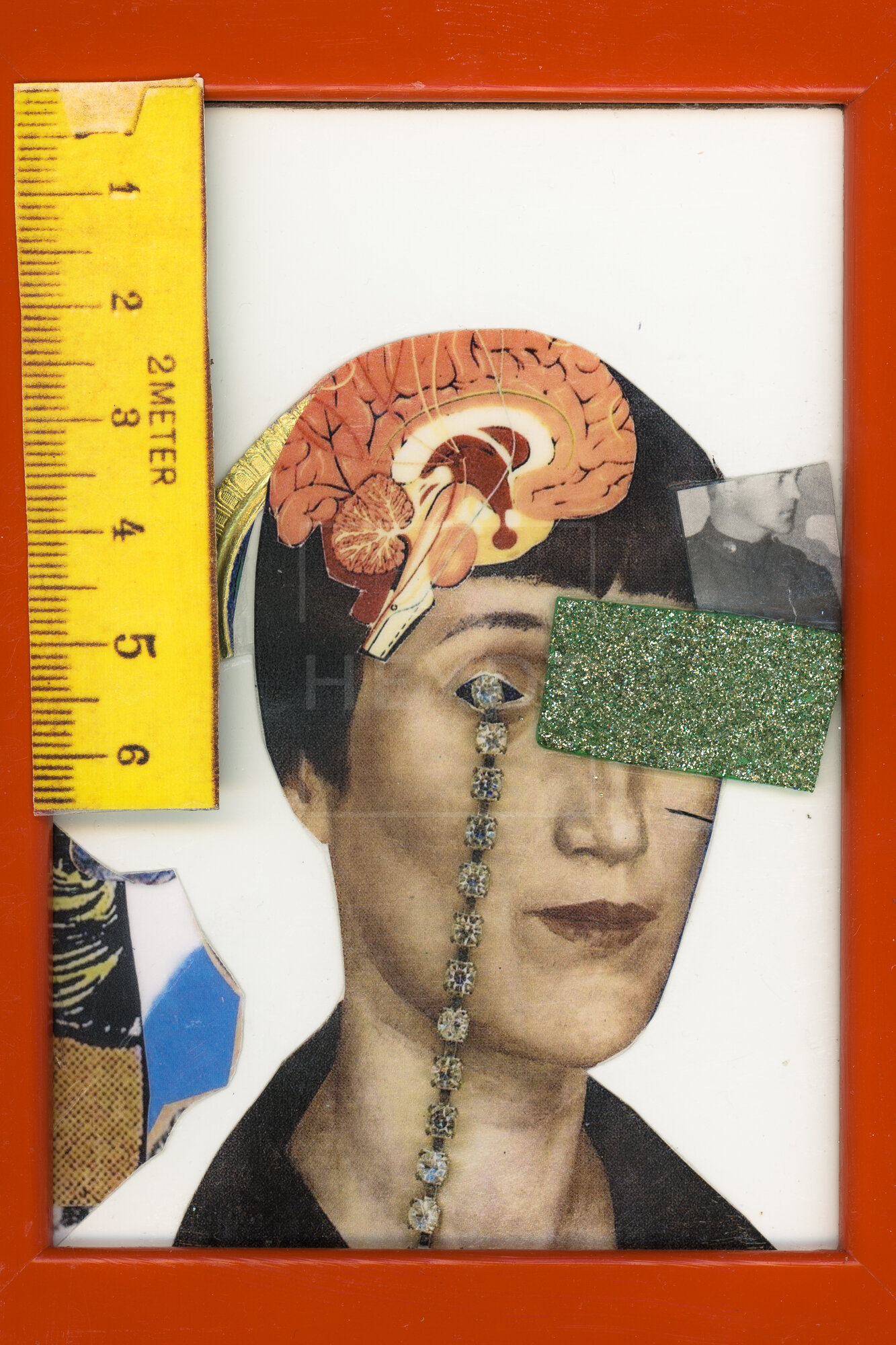
Your Face In Mine | HEYDT | 2020 | Analog Assemblage | 20in x 30in | Edition: $1500 | Original: $10,000
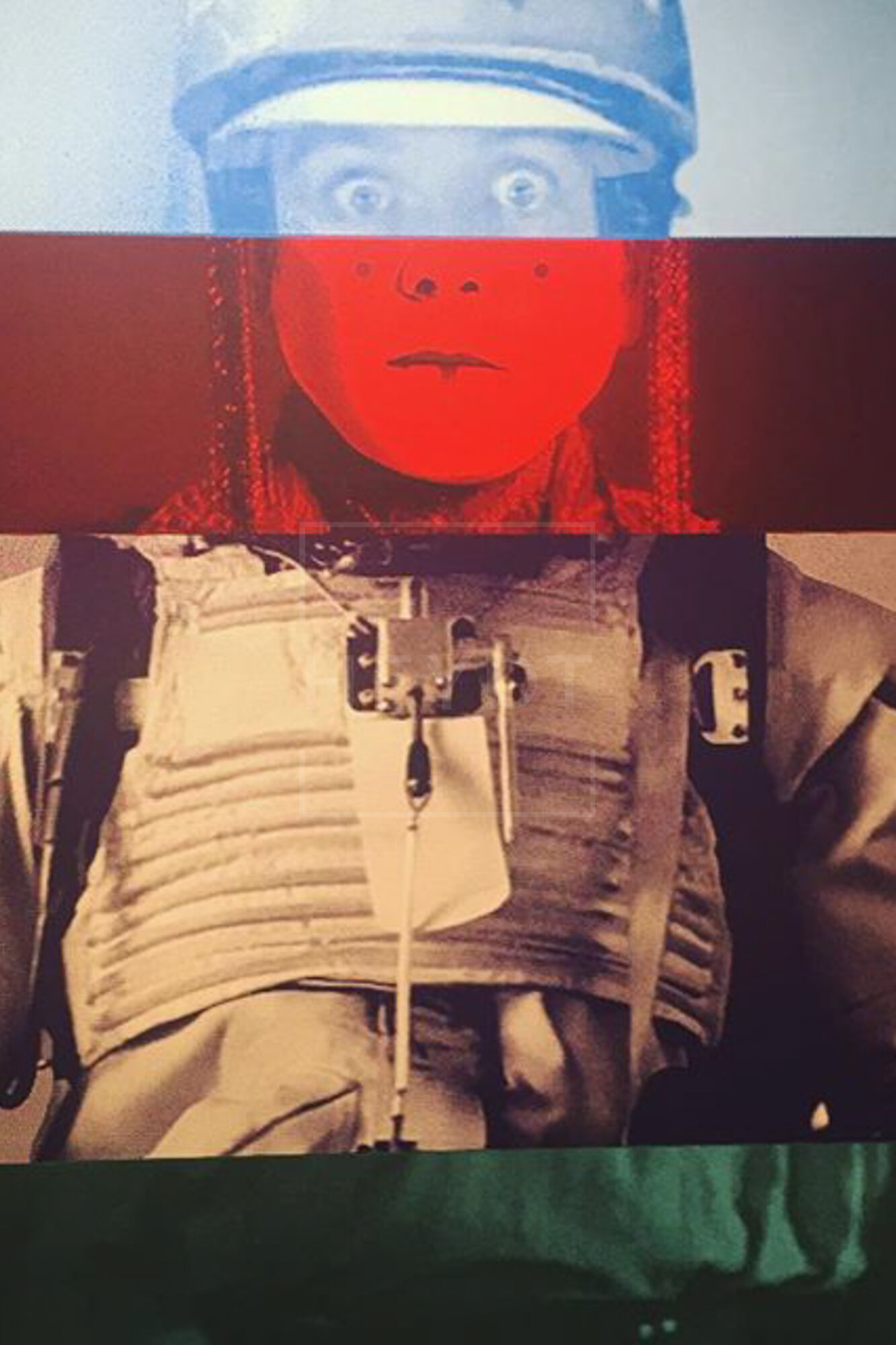
Your Face In Mine | HEYDT | 2020 | Analog Assemblage | 20in x 30in | Edition: $1500 | Original: $10,000

Your Face In Mine | HEYDT | 2020 | Analog Assemblage | 20in x 30in | Edition: $1500 | Original: $10,000

Your Face In Mine | HEYDT | 2020 | Analog Assemblage | 20in x 30in | Edition: $1500 | Original: $10,000

Your Face In Mine | HEYDT | 2020 | Analog Assemblage | 20in x 30in | Edition: $1500 | Original: $10,000

Your Face In Mine | HEYDT | 2020 | Analog Assemblage | 20in x 30in | Edition: $1500 | Original: $10,000
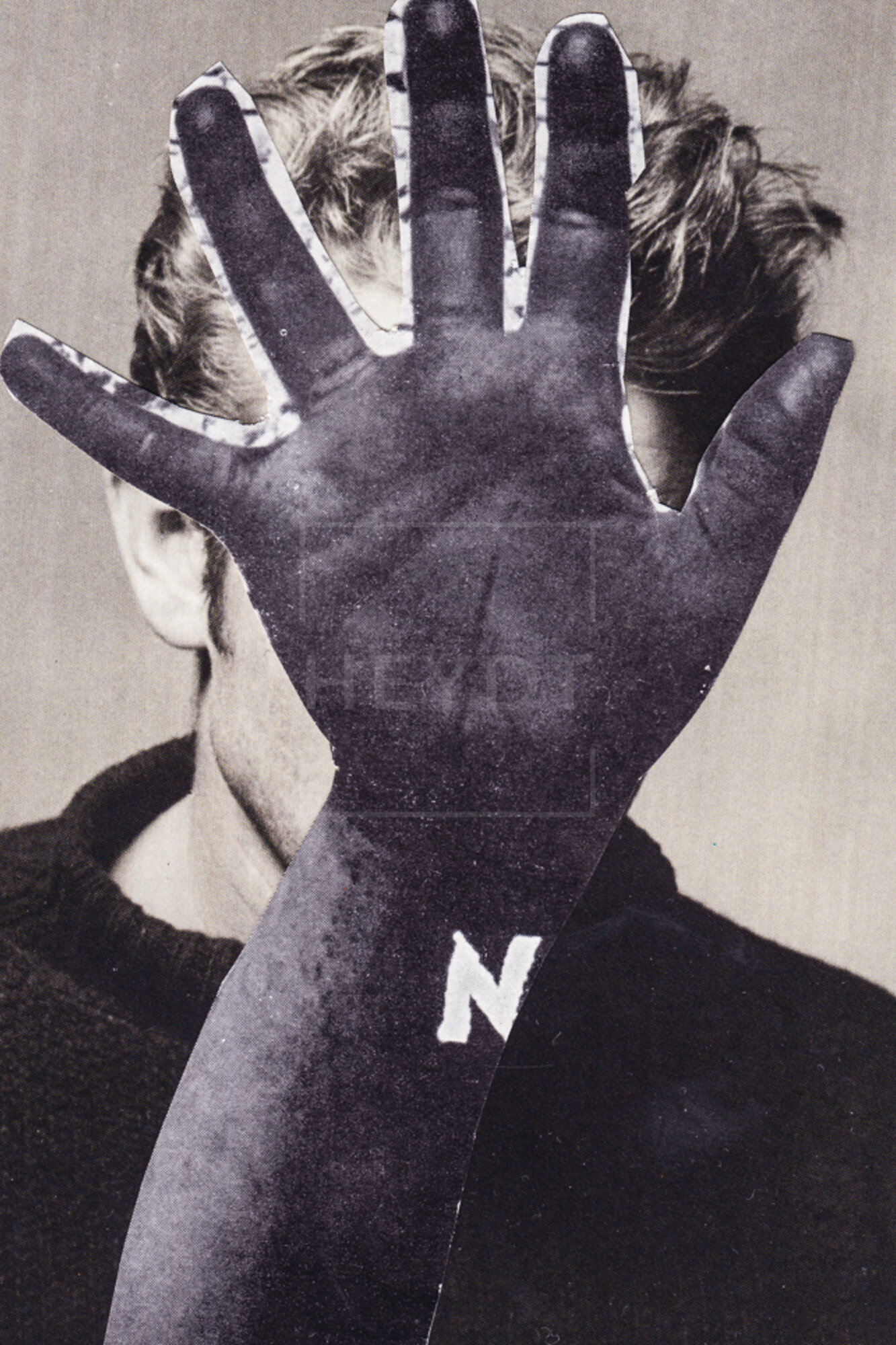
Your Face In Mine | HEYDT | 2020 | Analog Assemblage | 20in x 30in | Edition: $1500 | Original: $10,000

Your Face In Mine | HEYDT | 2020 | Analog Assemblage | 20in x 30in | Edition: $1500 | Original: $10,000
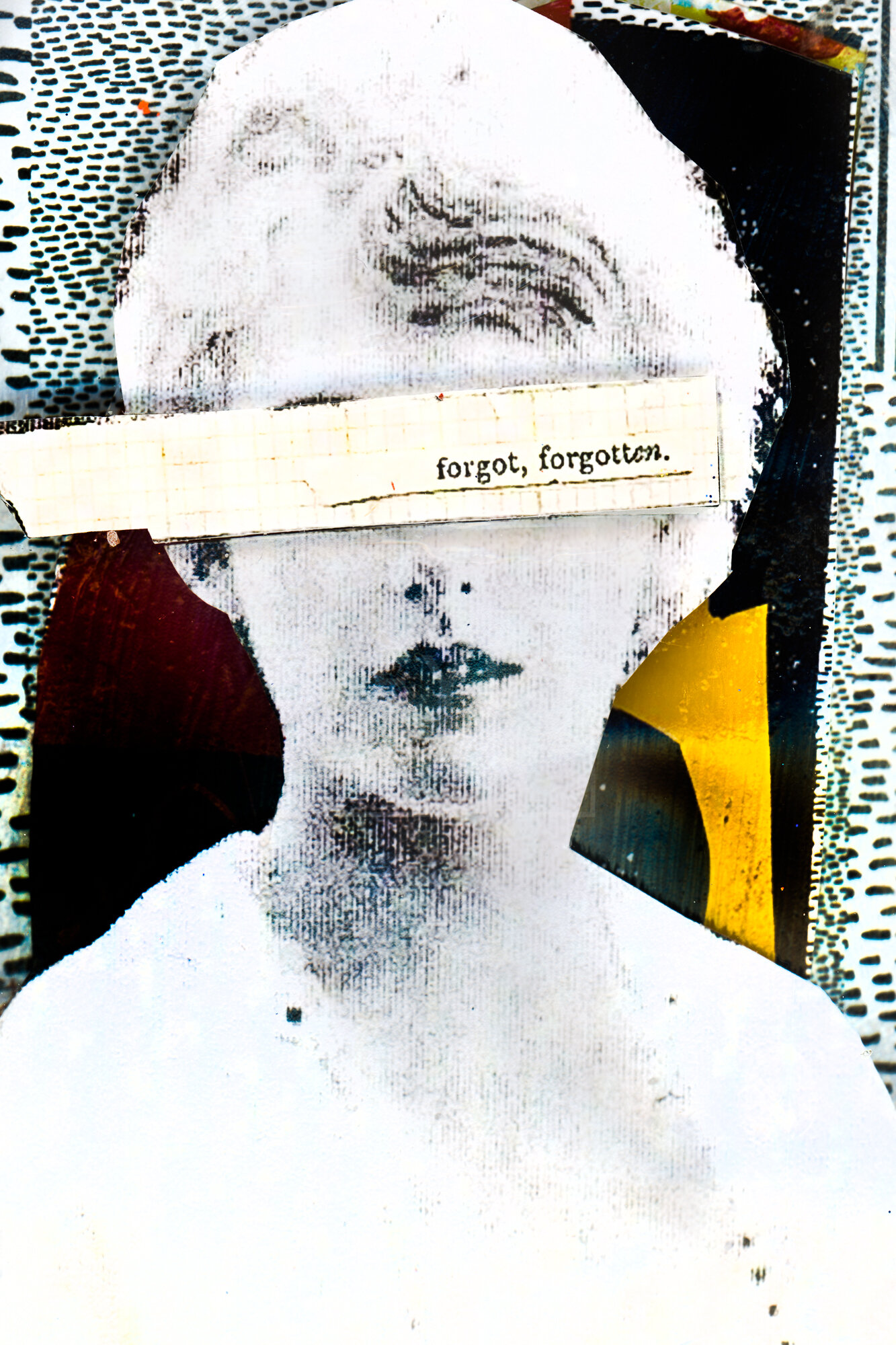
Your Face In Mine | HEYDT | 2020 | Analog Assemblage | 20in x 30in | Edition: $1500 | Original: $10,000

Your Face In Mine | HEYDT | 2020 | Analog Assemblage | 20in x 30in | Edition: $1500 | Original: $10,000
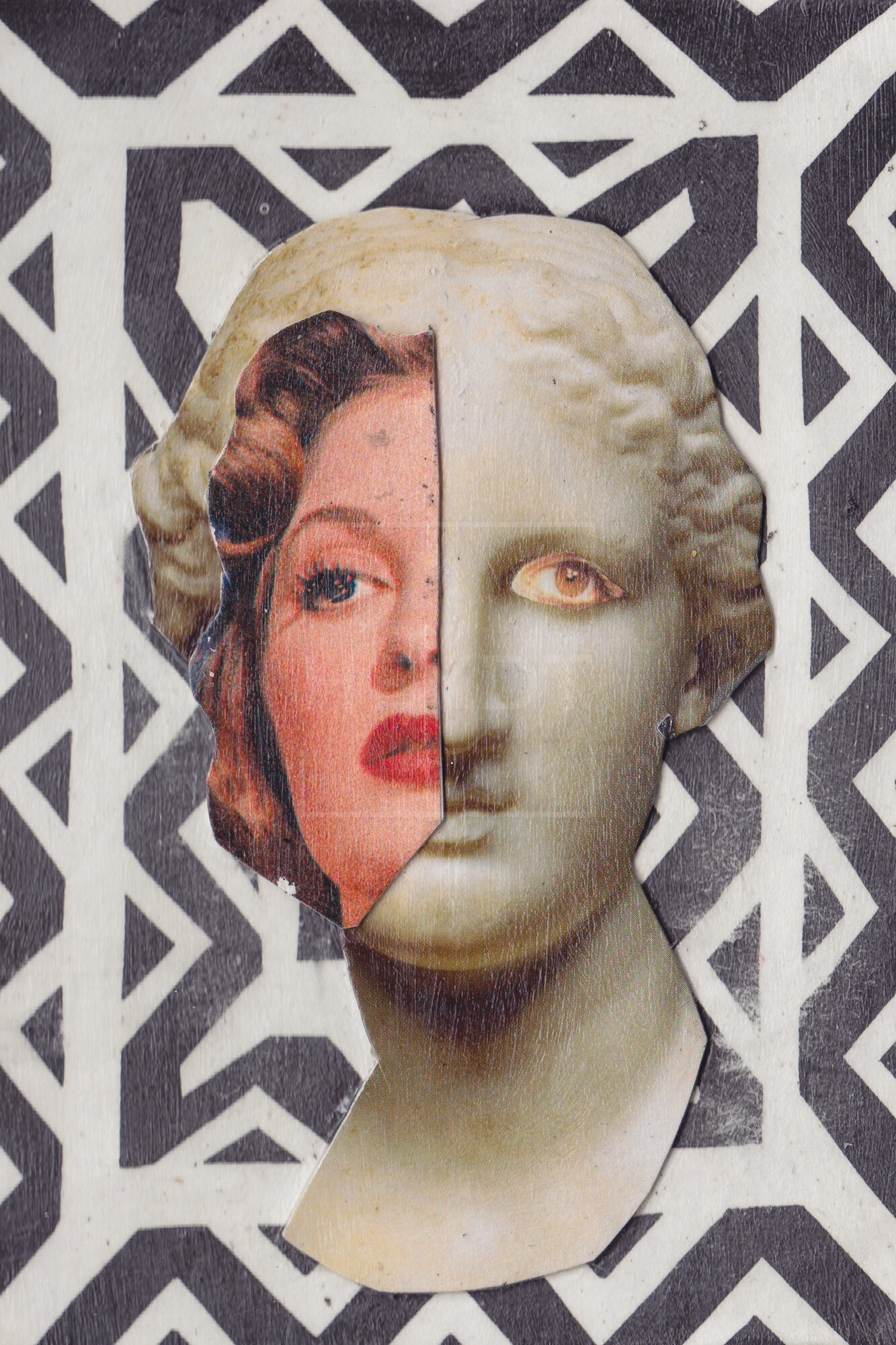
Your Face In Mine | HEYDT | 2020 | Analog Assemblage | 20in x 30in | Edition: $1500 | Original: $10,000

Your Face In Mine | HEYDT | 2020 | Analog Assemblage | 20in x 30in | Edition: $1500 | Original: $10,000

Your Face In Mine | HEYDT | 2020 | Analog Assemblage | 20in x 30in | Edition: $1500 | Original: $10,000
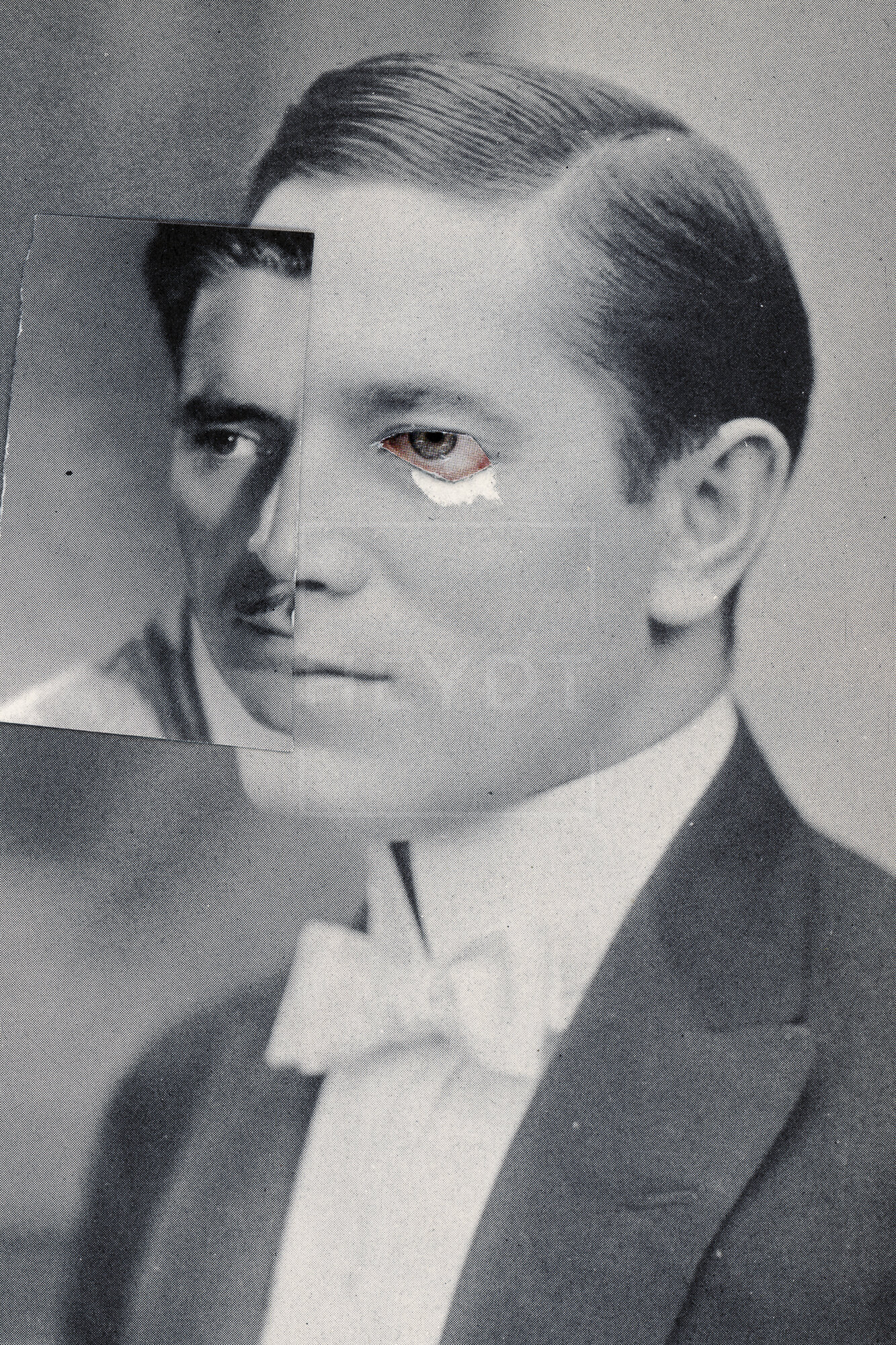
Your Face In Mine | HEYDT | 2020 | Analog Assemblage | 20in x 30in | Edition: $1500 | Original: $10,000
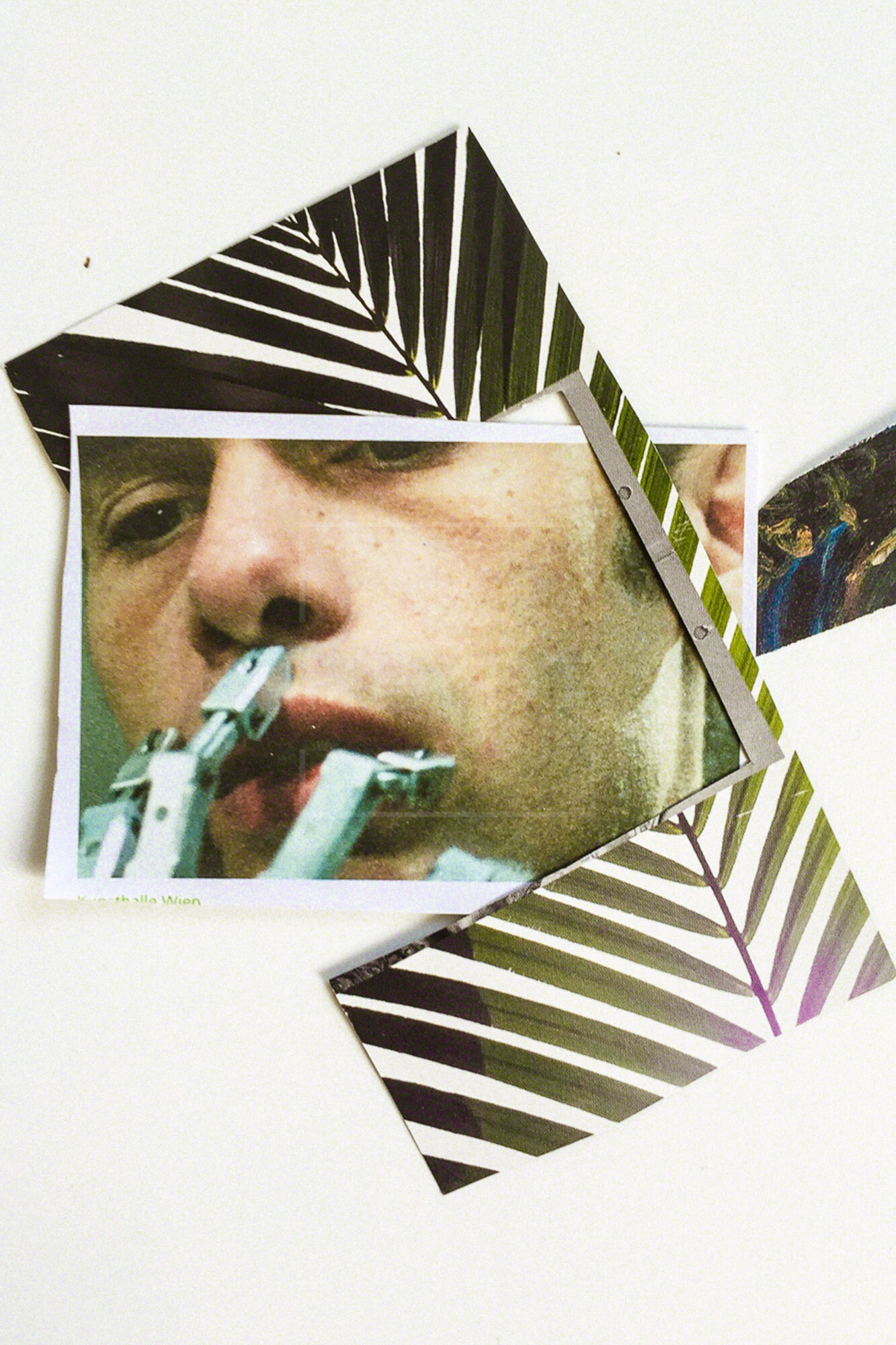
Your Face In Mine | HEYDT | 2020 | Analog Assemblage | 20in x 30in | Edition: $1500 | Original: $10,000
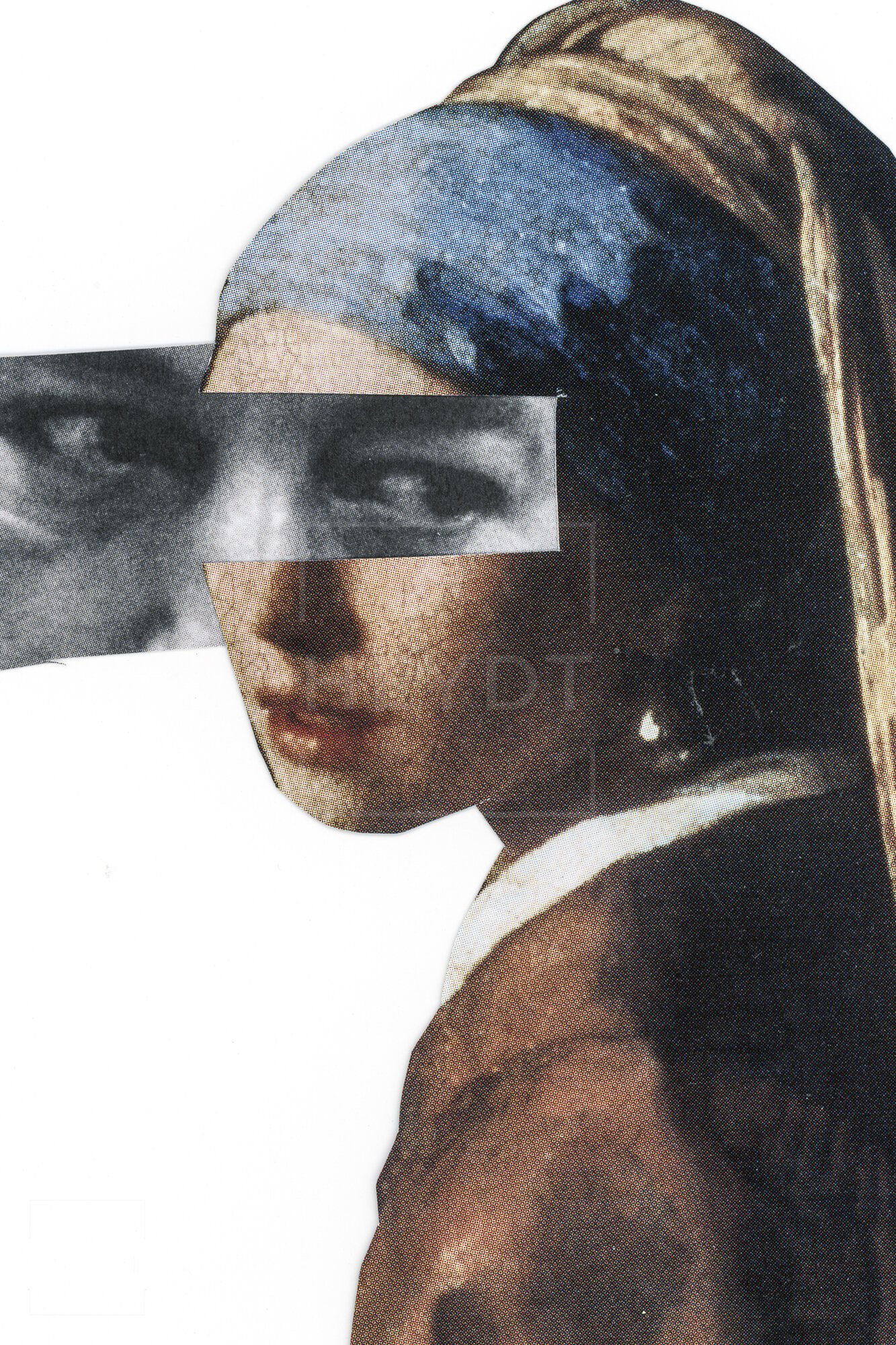
Your Face In Mine | HEYDT | 2020 | Analog Assemblage | 20in x 30in | Edition: $1500 | Original: $10,000

Your Face In Mine | HEYDT | 2020 | Analog Assemblage | 20in x 30in | Edition: $1500 | Original: $10,000
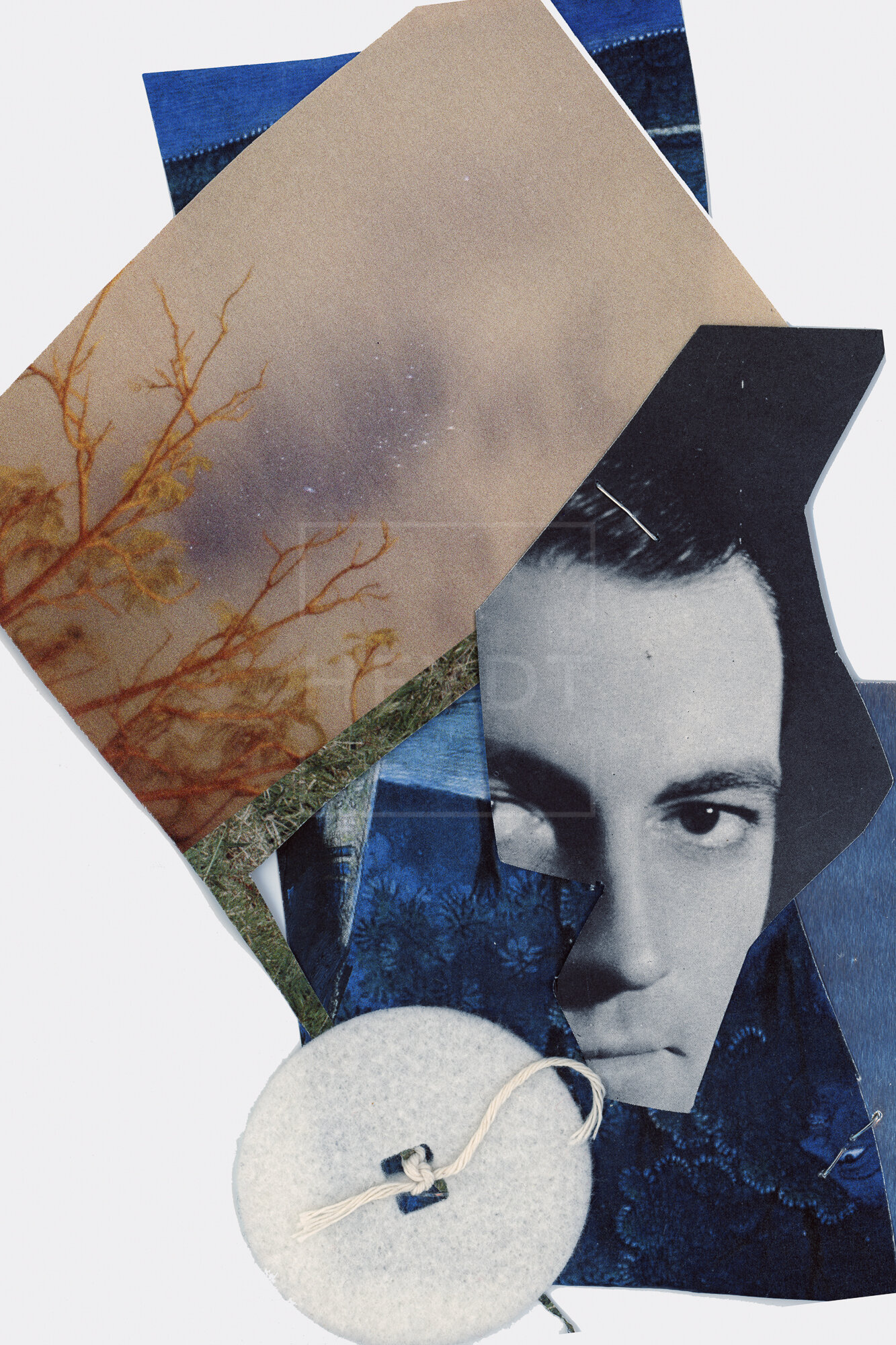
Your Face In Mine | HEYDT | 2020 | Analog Assemblage | 20in x 30in | Edition: $1500 | Original: $10,000
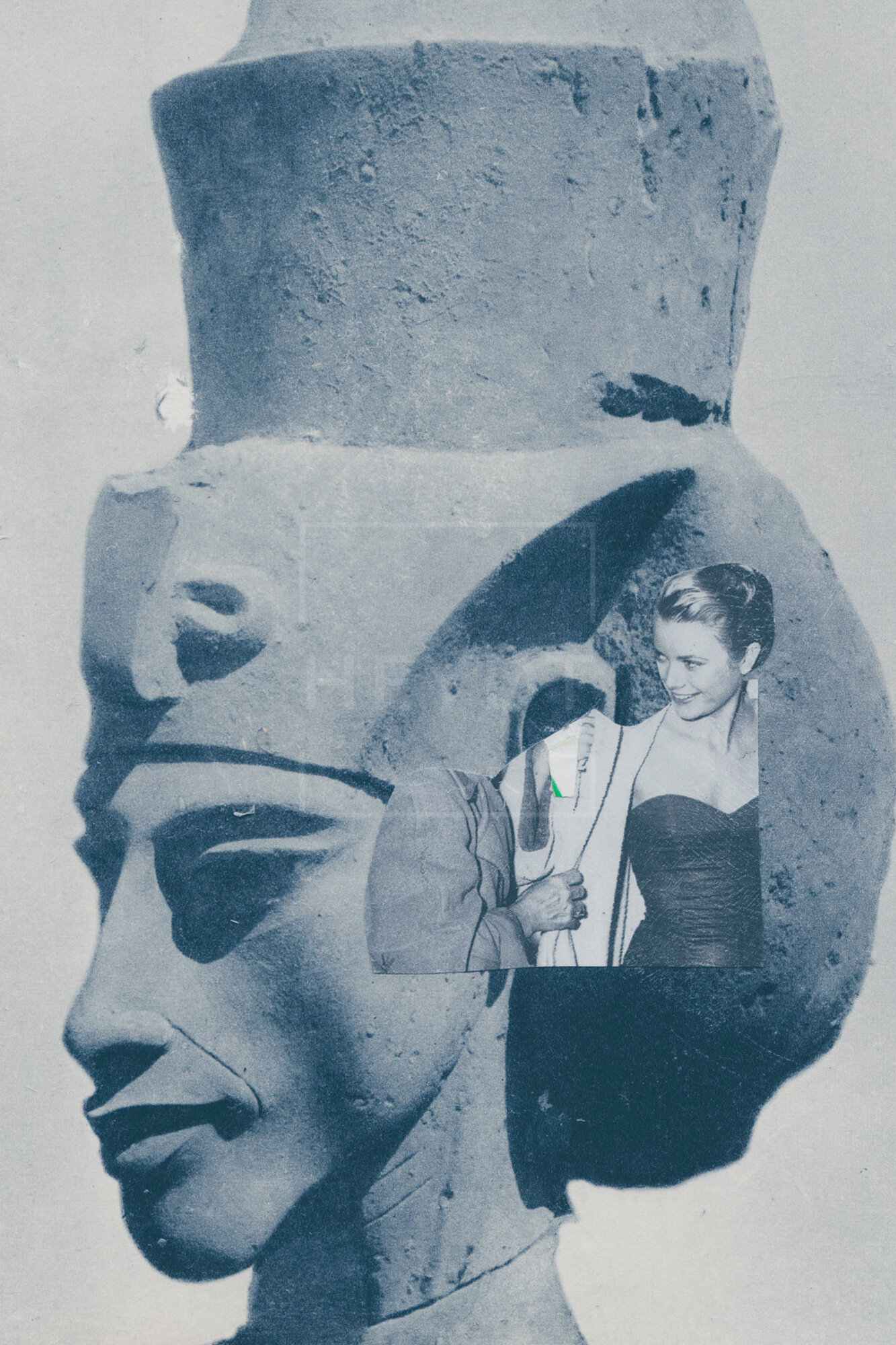
Your Face In Mine | HEYDT | 2020 | Analog Assemblage | 20in x 30in | Edition: $1500 | Original: $10,000
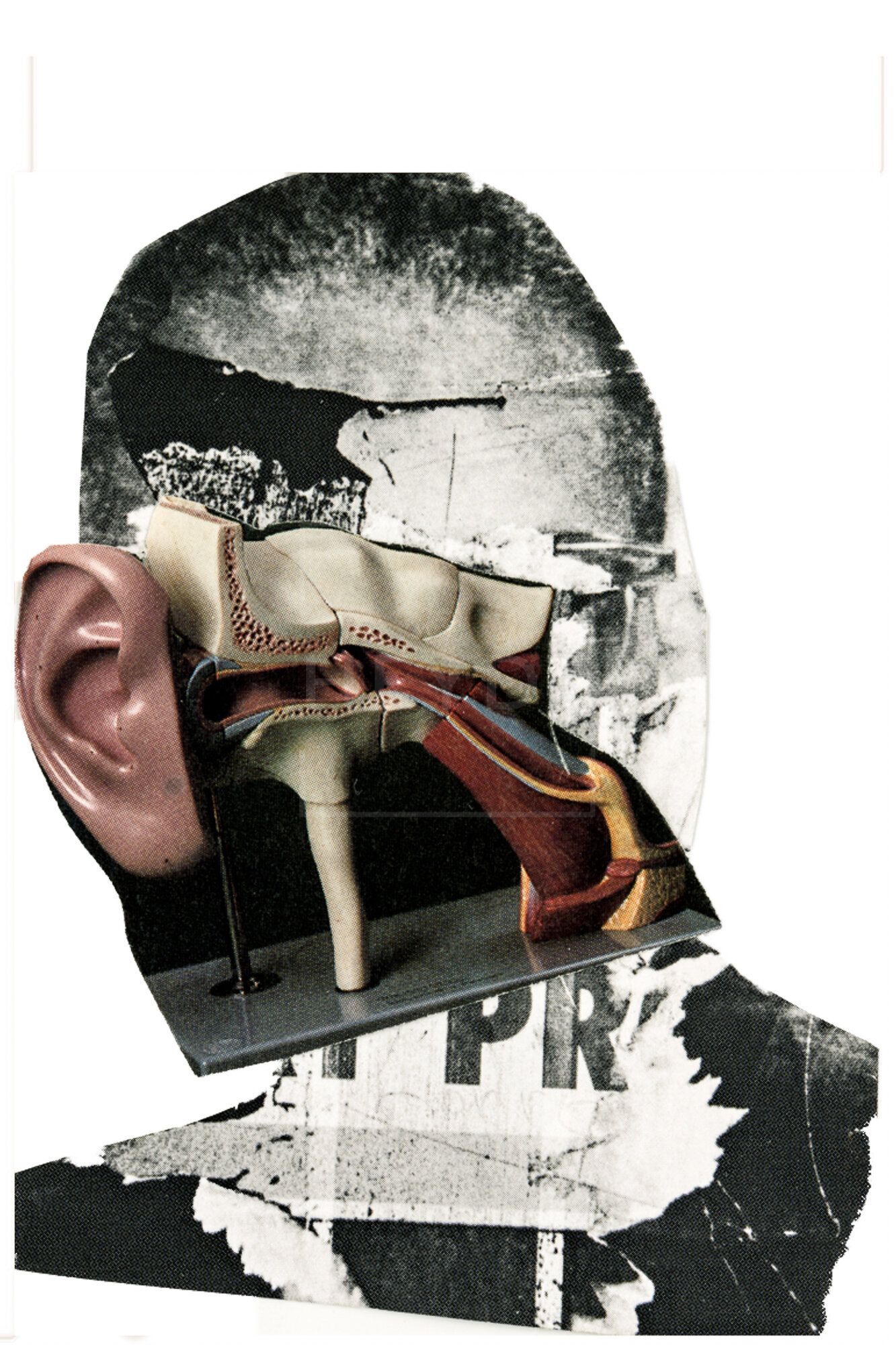
Your Face In Mine | HEYDT | 2020 | Analog Assemblage | 20in x 30in | Edition: $1500 | Original: $10,000
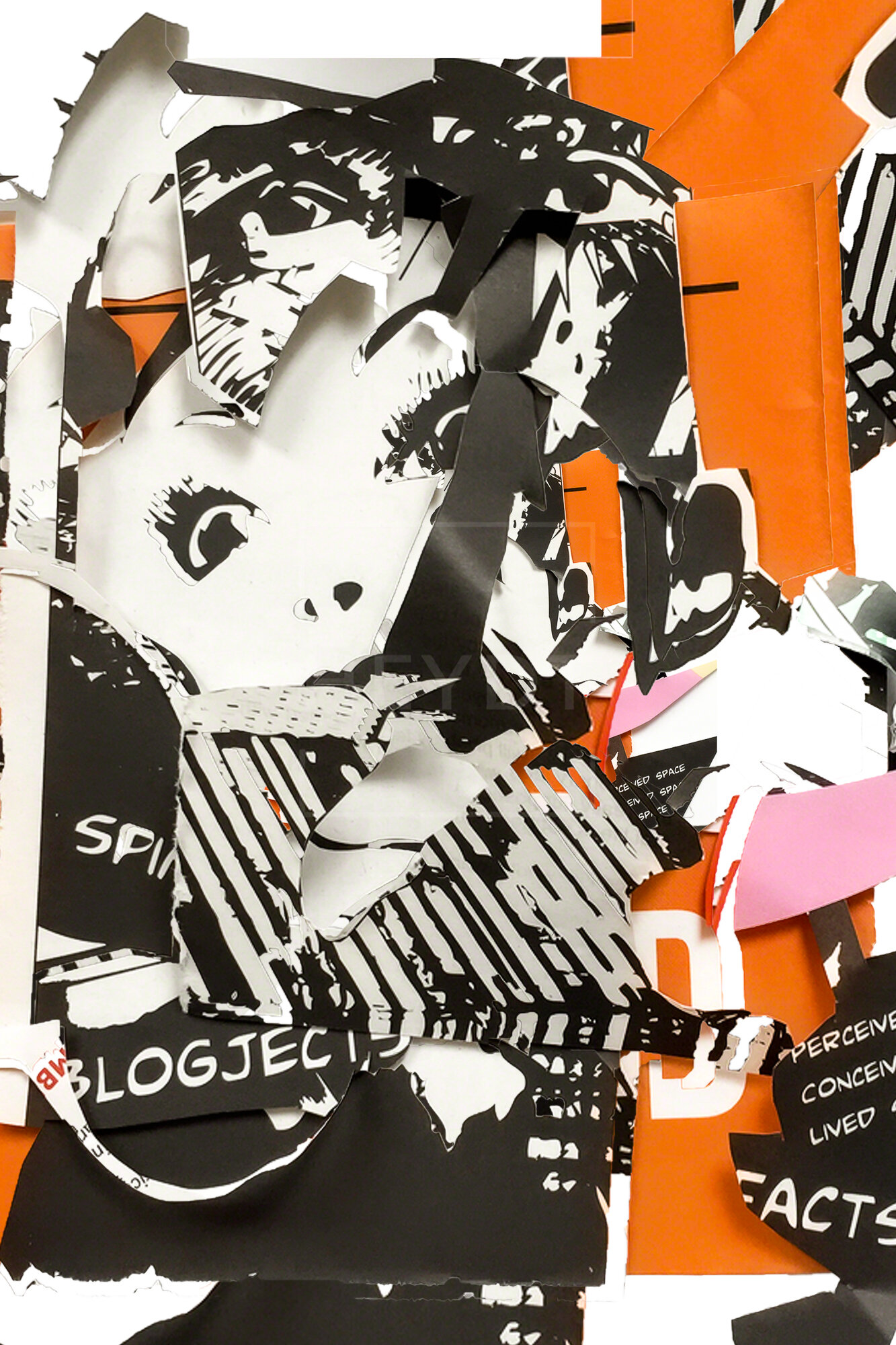
Your Face In Mine | HEYDT | 2020 | Analog Assemblage | 20in x 30in | Edition: $1500 | Original: $10,000
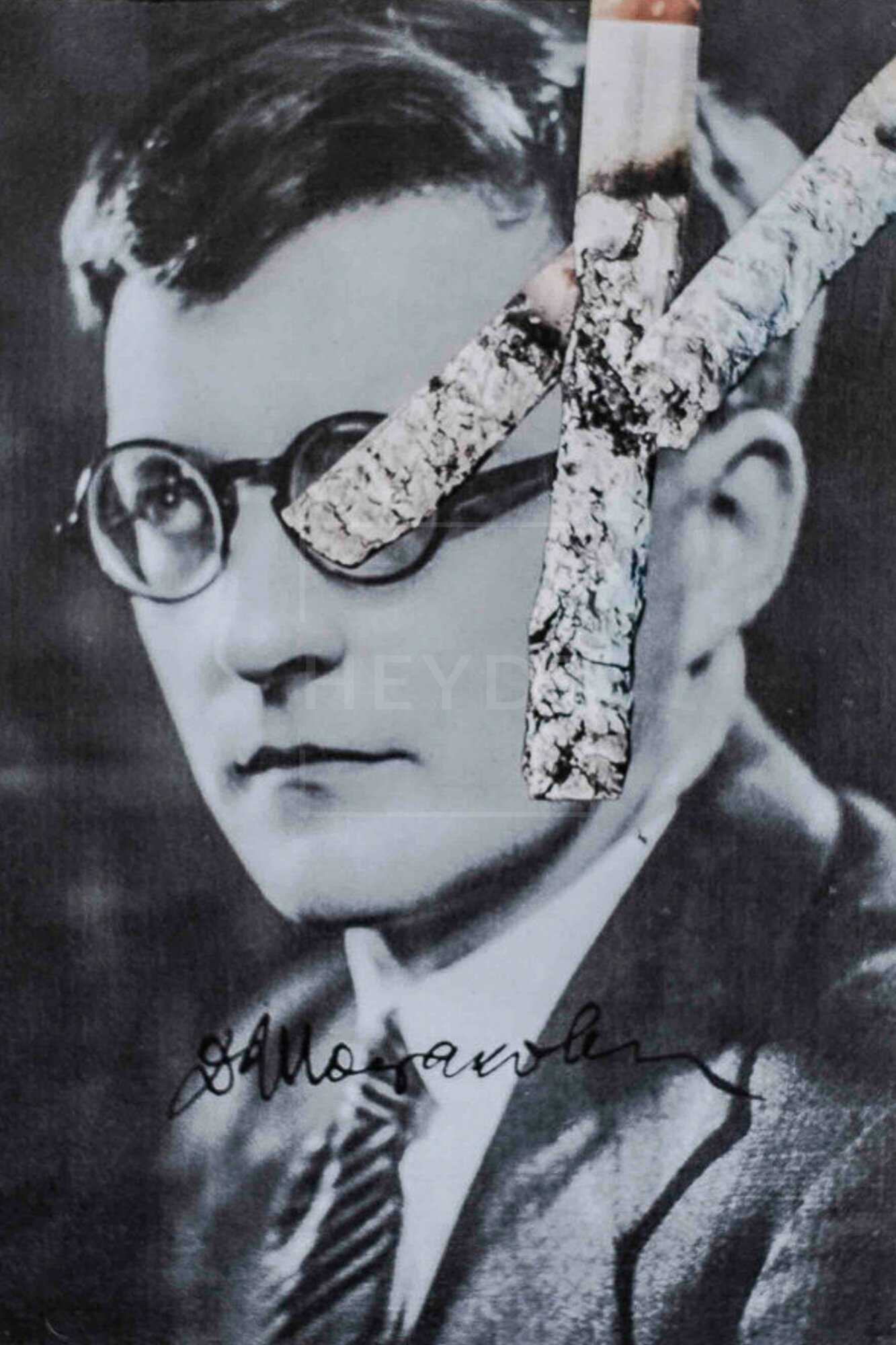
Your Face In Mine | HEYDT | 2020 | Analog Assemblage | 20in x 30in | Edition: $1500 | Original: $10,000

Your Face In Mine | HEYDT | 2020 | Analog Assemblage | 20in x 30in | Edition: $1500 | Original: $10,000

Your Face In Mine | HEYDT | 2020 | Analog Assemblage | 20in x 30in | Edition: $1500 | Original: $10,000
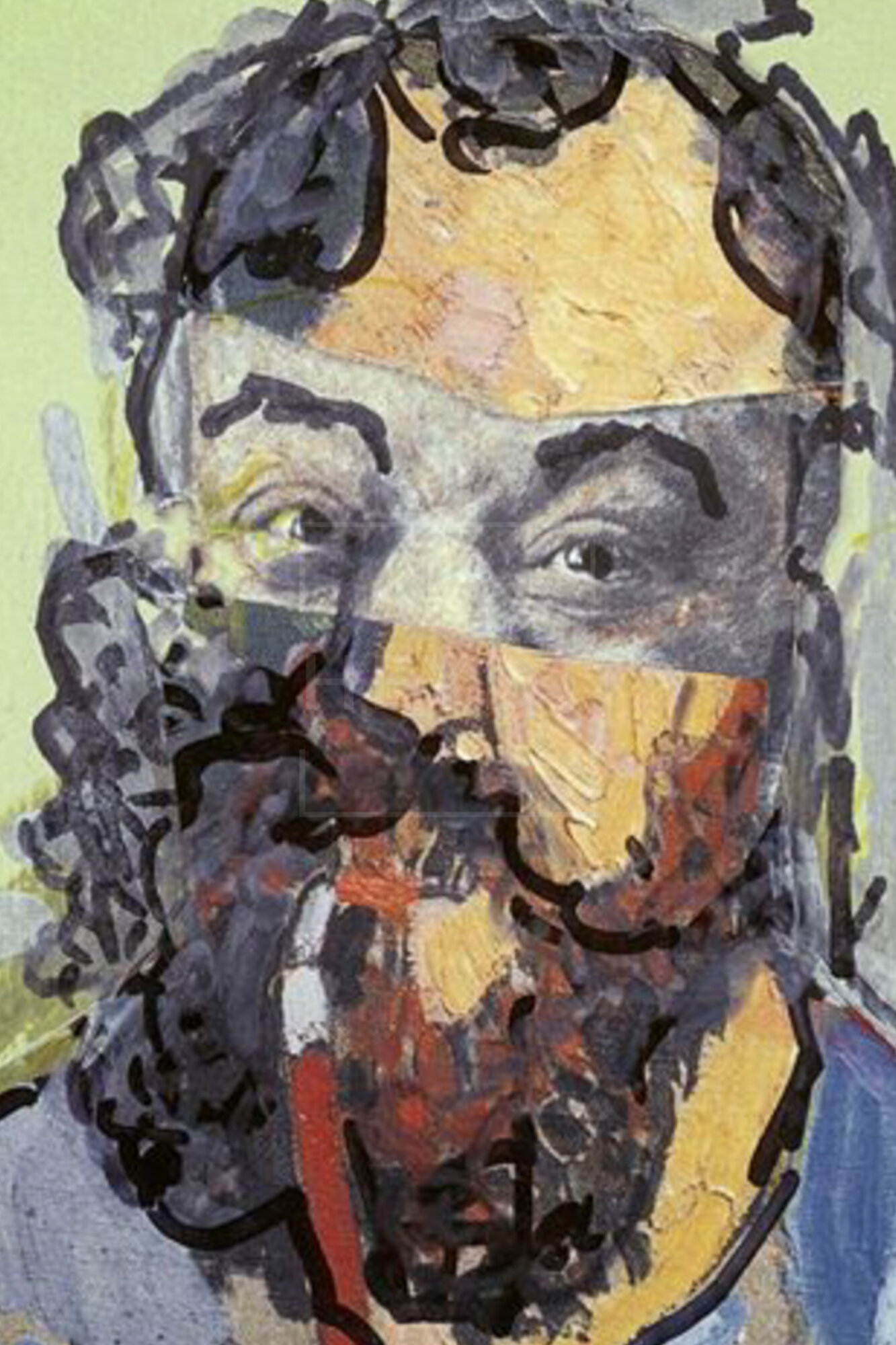
Your Face In Mine | HEYDT | 2020 | Analog Assemblage | 20in x 30in | Edition: $1500 | Original: $10,000
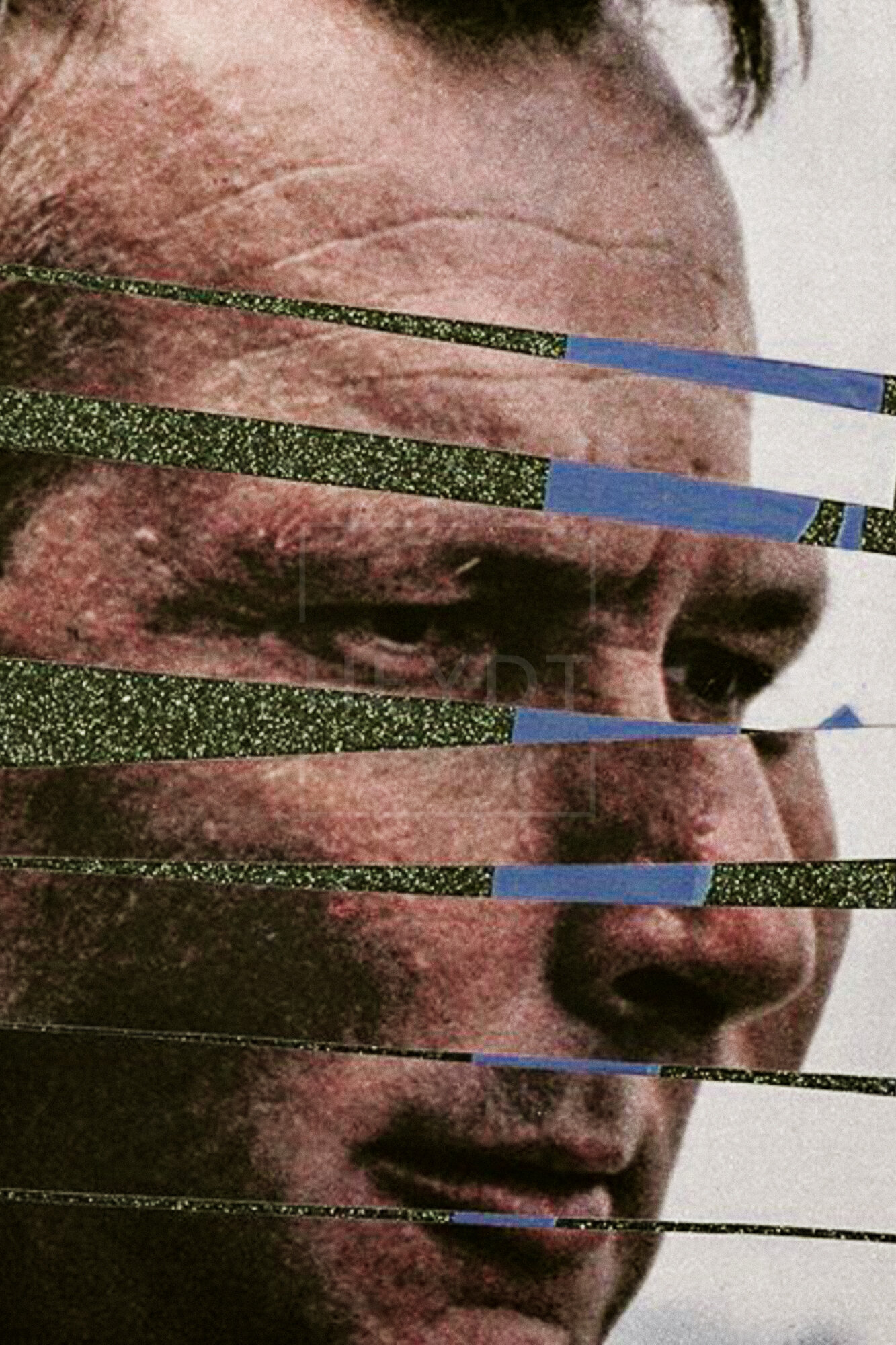
Your Face In Mine | HEYDT | 2020 | Analog Assemblage | 20in x 30in | Edition: $1500 | Original: $10,000

Your Face In Mine | HEYDT | 2020 | Analog Assemblage | 20in x 30in | Edition: $1500 | Original: $10,000
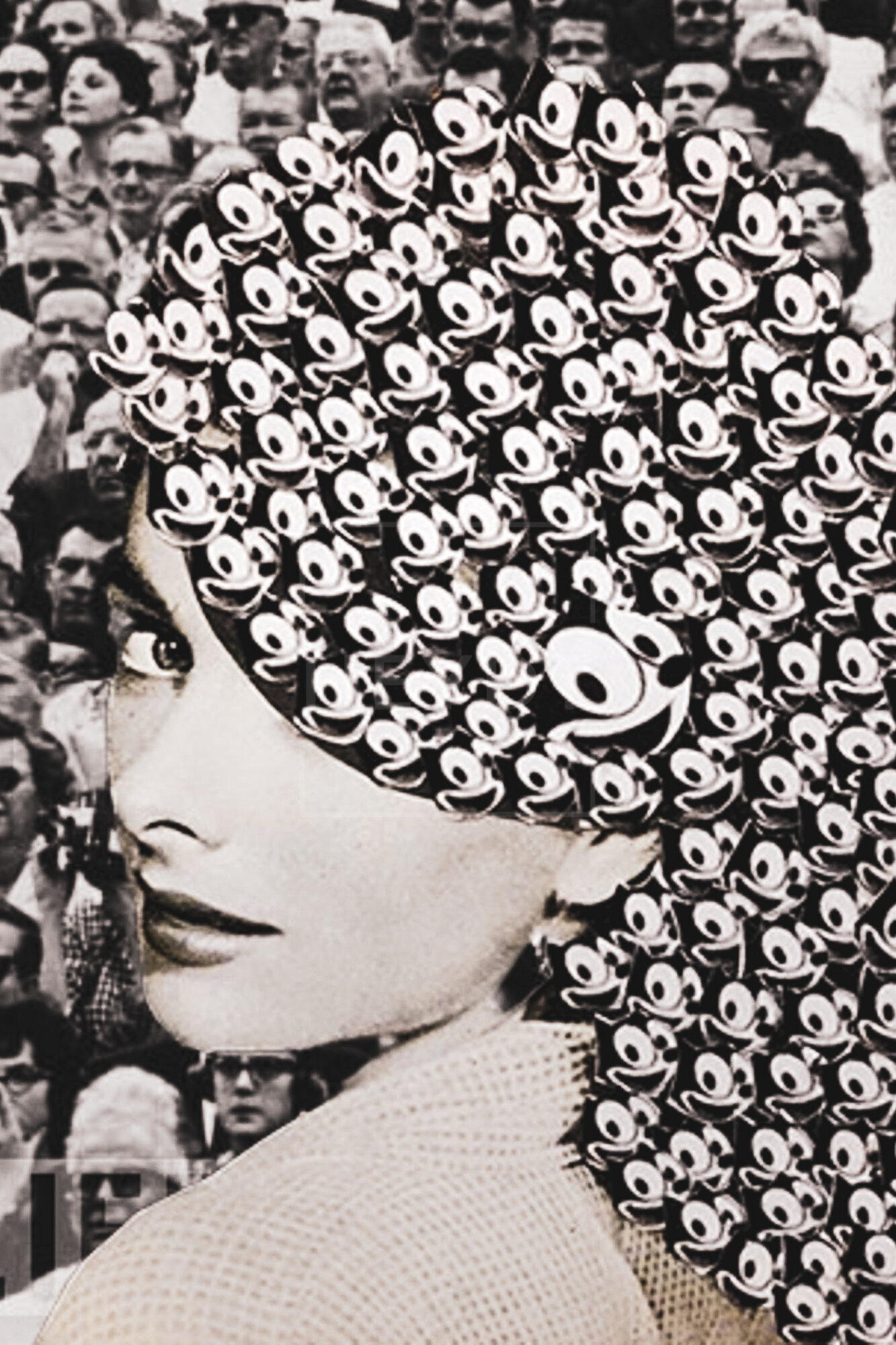
Your Face In Mine | HEYDT | 2020 | Analog Assemblage | 20in x 30in | Edition: $1500 | Original: $10,000

Your Face In Mine | HEYDT | 2020 | Analog Assemblage | 20in x 30in | Edition: $1500 | Original: $10,000

Your Face In Mine | HEYDT | 2020 | Analog Assemblage | 20in x 30in | Edition: $1500 | Original: $10,000
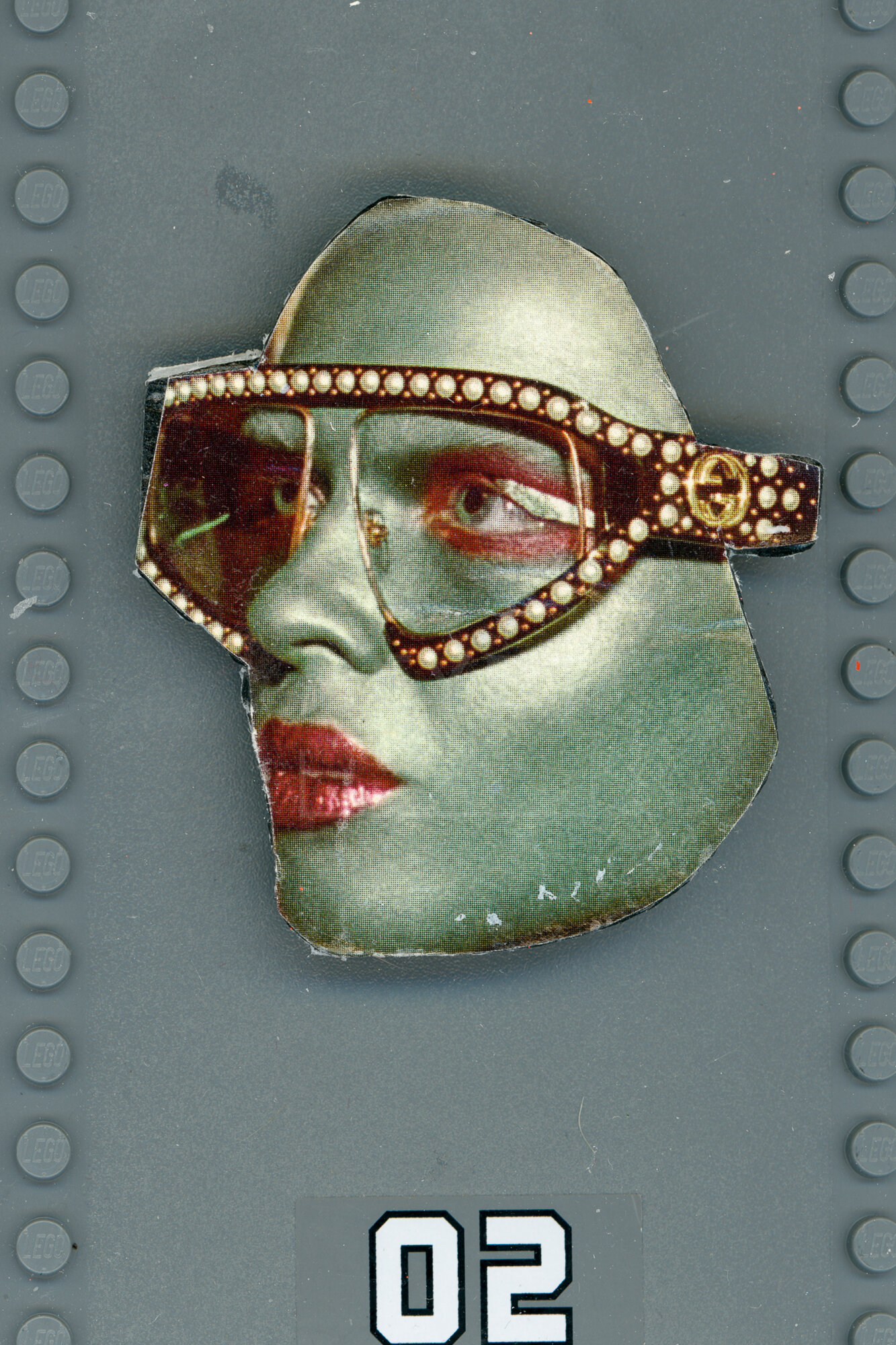
Your Face In Mine | HEYDT | 2020 | Analog Assemblage | 20in x 30in | Edition: $1500 | Original: $10,000

Your Face In Mine | HEYDT | 2020 | Analog Assemblage | 20in x 30in | Edition: $1500 | Original: $10,000

Your Face In Mine | HEYDT | 2020 | Analog Assemblage | 20in x 30in | Edition: $1500 | Original: $10,000

Your Face In Mine | HEYDT | 2020 | Analog Assemblage | 20in x 30in | Edition: $1500 | Original: $10,000

Your Face In Mine | HEYDT | 2020 | Analog Assemblage | 20in x 30in | Edition: $1500 | Original: $10,000
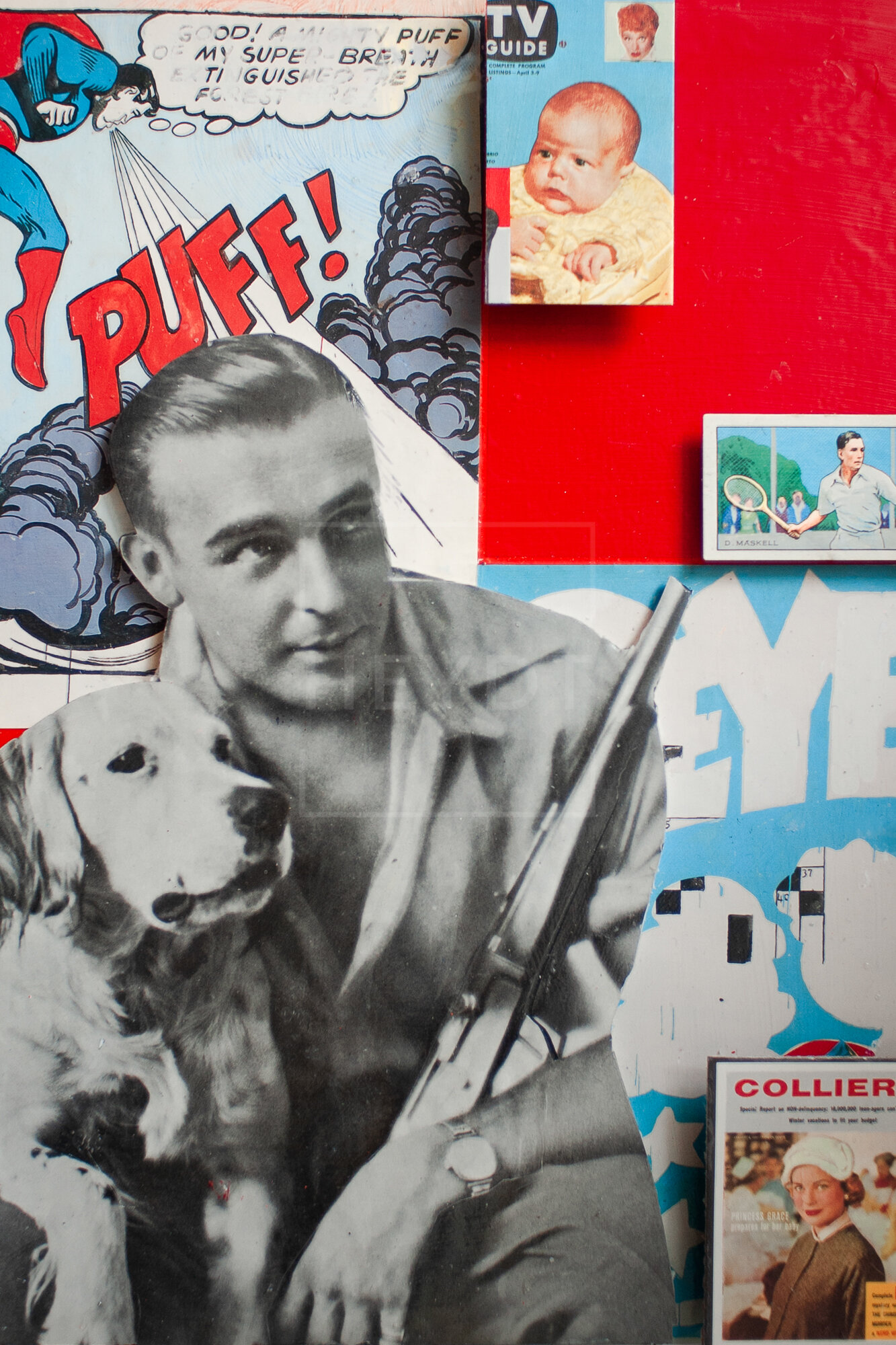
Your Face In Mine | HEYDT | 2020 | Analog Assemblage | 20in x 30in | Edition: $1500 | Original: $10,000

Your Face In Mine | HEYDT | 2020 | Analog Assemblage | 20in x 30in | Edition: $1500 | Original: $10,000

Your Face In Mine | HEYDT | 2020 | Analog Assemblage | 20in x 30in | Edition: $1500 | Original: $10,000

Your Face In Mine | HEYDT | 2020 | Analog Assemblage | 20in x 30in | Edition: $1500 | Original: $10,000

Your Face In Mine | HEYDT | 2020 | Analog Assemblage | 20in x 30in | Edition: $1500 | Original: $10,000

Your Face In Mine | HEYDT | 2020 | Analog Assemblage | 20in x 30in | Edition: $1500 | Original: $10,000

Your Face In Mine | HEYDT | 2020 | Analog Assemblage | 20in x 30in | Edition: $1500 | Original: $10,000

Your Face In Mine | HEYDT | 2020 | Analog Assemblage | 20in x 30in | Edition: $1500 | Original: $10,000

Your Face In Mine | HEYDT | 2020 | Analog Assemblage | 20in x 30in | Edition: $1500 | Original: $10,000

Your Face In Mine | HEYDT | 2020 | Analog Assemblage | 20in x 30in | Edition: $1500 | Original: $10,000

Your Face In Mine | HEYDT | 2020 | Analog Assemblage | 20in x 30in | Edition: $1500 | Original: $10,000

Your Face In Mine | HEYDT | 2020 | Analog Assemblage | 20in x 30in | Edition: $1500 | Original: $10,000

Your Face In Mine | HEYDT | 2020 | Analog Assemblage | 20in x 30in | Edition: $1500 | Original: $10,000

Your Face In Mine | HEYDT | 2020 | Analog Assemblage | 20in x 30in | Edition: $1500 | Original: $10,000

Your Face In Mine | HEYDT | 2020 | Analog Assemblage | 20in x 30in | Edition: $1500 | Original: $10,000

Your Face In Mine | HEYDT | 2020 | Analog Assemblage | 20in x 30in | Edition: $1500 | Original: $10,000

Your Face In Mine | HEYDT | 2020 | Analog Assemblage | 20in x 30in | Edition: $1500 | Original: $10,000
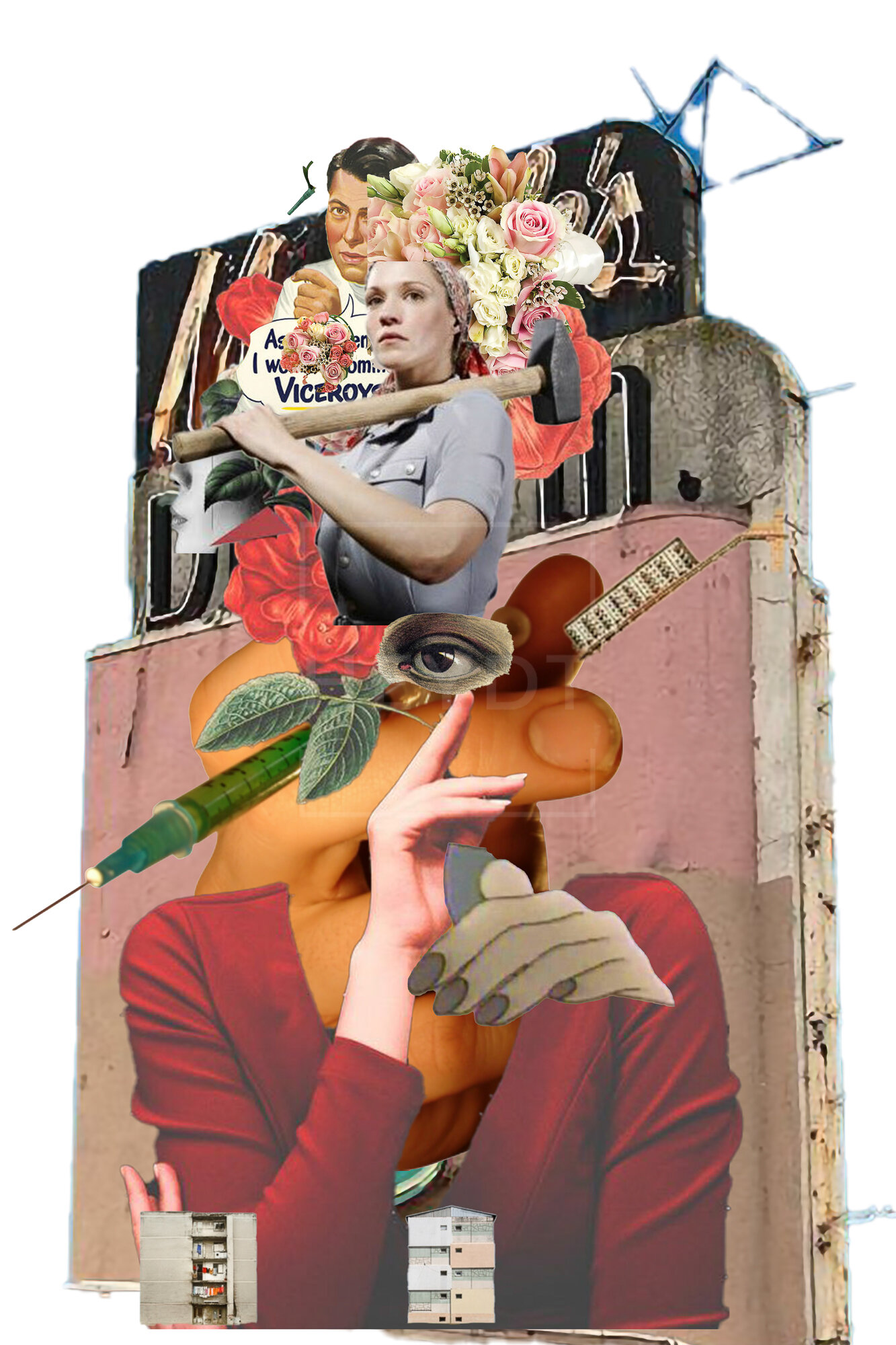
Your Face In Mine | HEYDT | 2020 | Analog Assemblage | 20in x 30in | Edition: $1500 | Original: $10,000

Your Face In Mine | HEYDT | 2020 | Analog Assemblage | 20in x 30in | Edition: $1500 | Original: $10,000

Your Face In Mine | HEYDT | 2020 | Analog Assemblage | 20in x 30in | Edition: $1500 | Original: $10,000

Your Face In Mine | HEYDT | 2020 | Analog Assemblage | 20in x 30in | Edition: $1500 | Original: $10,000

Your Face In Mine | HEYDT | 2020 | Analog Assemblage | 20in x 30in | Edition: $1500 | Original: $10,000

Your Face In Mine | HEYDT | 2020 | Analog Assemblage | 20in x 30in | Edition: $1500 | Original: $10,000

Your Face In Mine | HEYDT | 2020 | Analog Assemblage | 20in x 30in | Edition: $1500 | Original: $10,000

Your Face In Mine | HEYDT | 2020 | Analog Assemblage | 20in x 30in | Edition: $1500 | Original: $10,000

Your Face In Mine | HEYDT | 2020 | Analog Assemblage | 20in x 30in | Edition: $1500 | Original: $10,000

Your Face In Mine | HEYDT | 2020 | Analog Assemblage | 20in x 30in | Edition: $1500 | Original: $10,000

Your Face In Mine | HEYDT | 2020 | Analog Assemblage | 20in x 30in | Edition: $1500 | Original: $10,000

Your Face In Mine | HEYDT | 2020 | Analog Assemblage | 20in x 30in | Edition: $1500 | Original: $10,000

Your Face In Mine | HEYDT | 2020 | Analog Assemblage | 20in x 30in | Edition: $1500 | Original: $10,000

Your Face In Mine | HEYDT | 2020 | Analog Assemblage | 20in x 30in | Edition: $1500 | Original: $10,000

Your Face In Mine | HEYDT | 2020 | Analog Assemblage | 20in x 30in | Edition: 20x20in - $3000 | Original: 60in x 60in -$10,000

Your Face In Mine | HEYDT | 2020 | Analog Assemblage | 20in x 30in | Edition: $1500 | Original: $10,000

Your Face In Mine | HEYDT | 2020 | Analog Assemblage | 20in x 30in | Edition: $1500 | Original: $10,000

Your Face In Mine | HEYDT | 2020 | Analog Assemblage | 20in x 30in | Edition: $1500 | Original: $10,000

Your Face In Mine | HEYDT | 2020 | Analog Assemblage | 20in x 30in | Edition: $1500 | Original: $10,000

Your Face In Mine | HEYDT | 2020 | Analog Assemblage | 20in x 30in | Edition: $1500 | Original: $10,000

Your Face In Mine | HEYDT | 2020 | Analog Assemblage | 20in x 30in | Edition: $1500 | Original: $10,000

Your Face In Mine | HEYDT | 2020 | Analog Assemblage | 20in x 30in | Edition: $1500 | Original: $10,000

Your Face In Mine | HEYDT | 2020 | Analog Assemblage | 20in x 30in | Edition: $1500 | Original: $10,000

Your Face In Mine | HEYDT | 2020 | Analog Assemblage | 20in x 30in | Edition: $1500 | Original: $10,000

Your Face In Mine | HEYDT | 2020 | Analog Assemblage | 20in x 30in | Edition: $1500 | Original: $10,000

Your Face In Mine | HEYDT | 2020 | Analog Assemblage | 20in x 30in | Edition: $1500 | Original: $10,000

Your Face In Mine | HEYDT | 2020 | Analog Assemblage | 20in x 30in | Edition: $1500 | Original: $10,000

Your Face In Mine | HEYDT | 2020 | Analog Assemblage | 20in x 30in | Edition: $1500 | Original: $10,000

Your Face In Mine | HEYDT | 2020 | Analog Assemblage | | Edition: 20in x 30in - $3500 | Original: 40in x 60in - 6$10,000

Your Face In Mine | HEYDT | 2020 | Analog Assemblage | 20in x 30in | Edition: $1500 | Original: $10,000

Your Face In Mine | HEYDT | 2020 | Analog Assemblage | 20in x 30in | Edition: $1500 | Original: $10,000

Your Face In Mine | HEYDT | 2020 | Analog Assemblage | 20in x 30in | Edition: $1500 | Original: $10,000

Your Face In Mine | HEYDT | 2020 | Analog Assemblage | 20in x 30in | Edition: $1500 | Original: $10,000

Your Face In Mine | HEYDT | 2020 | Analog Assemblage | 20in x 30in | Edition: $1500 | Original: $10,000

Your Face In Mine | HEYDT | 2020 | Analog Assemblage | 20in x 30in | Edition: $1500 | Original: $10,000
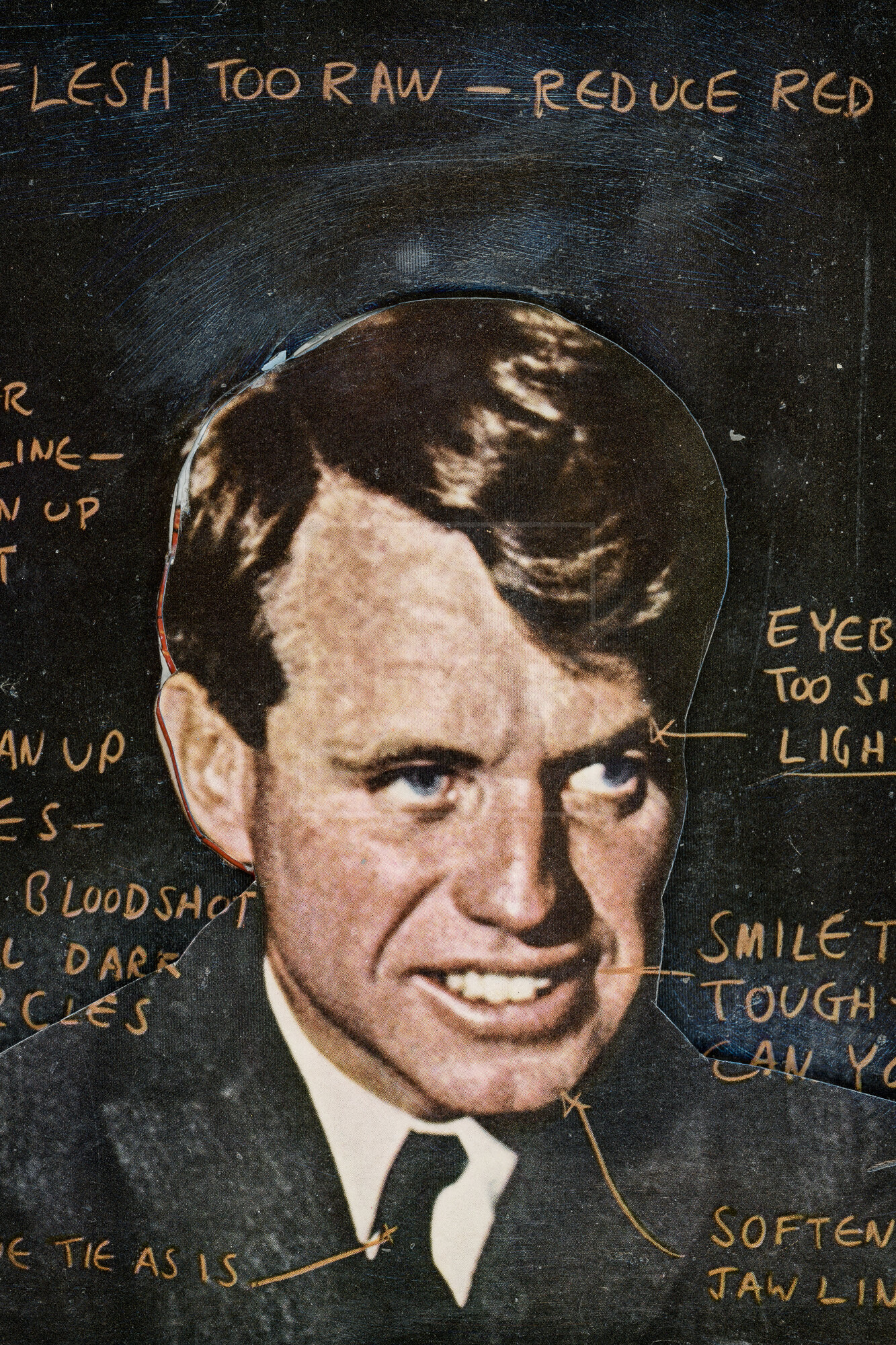
Your Face In Mine | HEYDT | 2020 | Analog Assemblage | 20in x 30in | Edition: $1500 | Original: $10,000

Your Face In Mine | HEYDT | 2020 | Analog Assemblage | 20in x 30in | Edition: $1500 | Original: $10,000

Your Face In Mine | HEYDT | 2020 | Analog Assemblage | 20in x 30in | Edition: $1500 | Original: $10,000

Your Face In Mine | HEYDT | 2020 | Analog Assemblage | 20in x 30in | Edition: $1500 | Original: $10,000

Your Face In Mine | HEYDT | 2020 | Analog Assemblage | 20in x 30in | Edition: $1500 | Original: $10,000

Your Face In Mine | HEYDT | 2020 | Analog Assemblage | 20in x 30in | Edition: $1500 | Original: $10,000

Your Face In Mine | HEYDT | 2020 | Analog Assemblage | 20in x 30in | Edition: $1500 | Original: $10,000

Your Face In Mine | HEYDT | 2020 | Analog Assemblage | 20in x 30in | Edition: $1500 | Original: $10,000

Your Face In Mine | HEYDT | 2020 | Analog Assemblage | 20in x 30in | Edition: $1500 | Original: $10,000

Your Face In Mine | HEYDT | 2020 | Analog Assemblage | 20in x 30in | Edition: $1500 | Original: $10,000
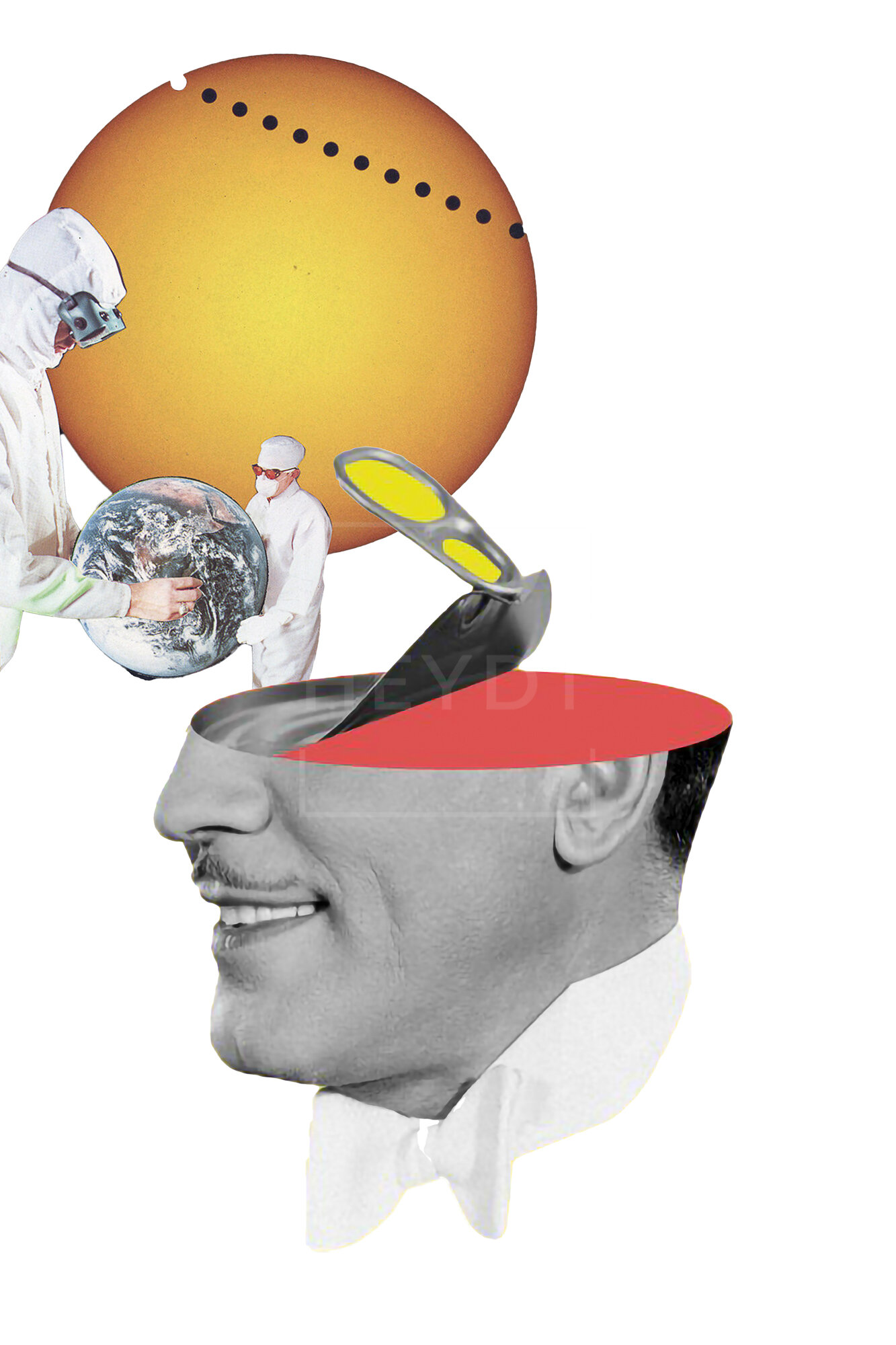
Your Face In Mine | HEYDT | 2020 | Analog Assemblage | 20in x 30in | Edition: $1500 | Original: $10,000

Your Face In Mine | HEYDT | 2020 | Analog Assemblage | 20in x 30in | Edition: $1500 | Original: $10,000

Your Face In Mine | HEYDT | 2020 | Analog Assemblage | 20in x 30in | Edition: $1500 | Original: $10,000

Your Face In Mine | HEYDT | 2020 | Analog Assemblage | 20in x 30in | Edition: $1500 | Original: $10,000

Your Face In Mine | HEYDT | 2020 | Analog Assemblage | 20in x 30in | Edition: $1500 | Original: $10,000

Your Face In Mine | HEYDT | 2020 | Analog Assemblage | 20in x 30in | Edition: $1500 | Original: $10,000

Your Face In Mine | HEYDT | 2020 | Analog Assemblage | 20in x 30in | Edition: $1500 | Original: $10,000

Your Face In Mine | HEYDT | 2020 | Analog Assemblage | 20in x 30in | Edition: $1500 | Original: $10,000

Your Face In Mine | HEYDT | 2020 | Analog Assemblage | 20in x 30in | Edition: $1500 | Original: $10,000

Your Face In Mine | HEYDT | 2020 | Analog Assemblage | 20in x 30in | Edition: $1500 | Original: $10,000

Your Face In Mine | HEYDT | 2020 | Analog Assemblage | 20in x 30in | Edition: $1500 | Original: $10,000

Your Face In Mine | HEYDT | 2020 | Analog Assemblage | 20in x 30in | Edition: $3000 | Original: $10,000

Your Face In Mine | HEYDT | 2020 | Analog Assemblage | 20in x 30in | Edition: $1500 | Original: $10,000

Your Face In Mine | HEYDT | 2020 | Analog Assemblage | 20in x 30in | Edition: $1500 | Original: $10,000

Your Face In Mine | HEYDT | 2020 | Analog Assemblage | 20in x 30in | Edition: $1500 | Original: $10,000

Your Face In Mine | HEYDT | 2020 | Analog Assemblage | 20in x 30in | Edition: $1500 | Original: $10,000

Your Face In Mine | HEYDT | 2020 | Analog Assemblage | 20in x 30in | Edition: $1500 | Original: $10,000
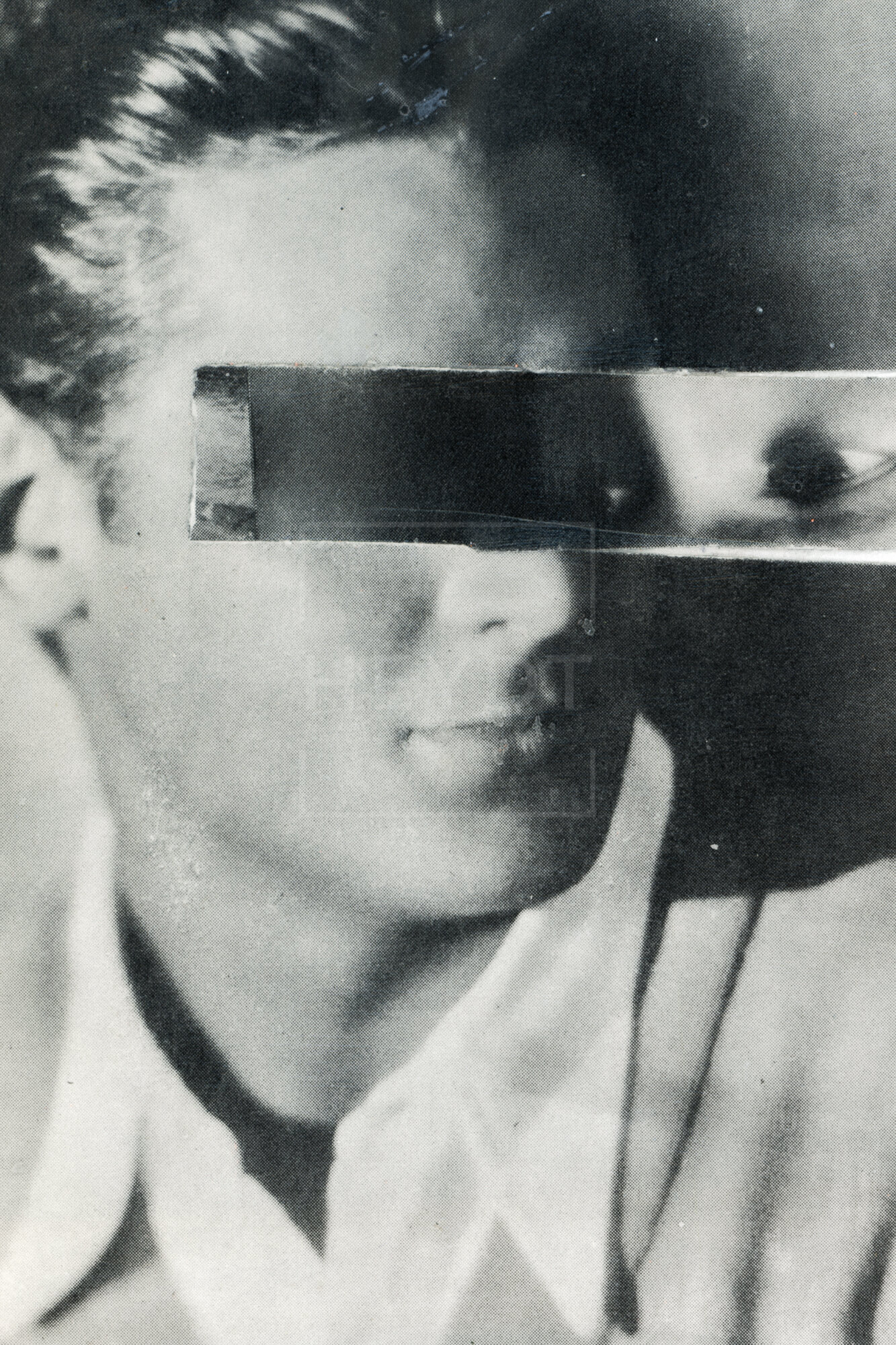
Your Face In Mine | HEYDT | 2020 | Analog Assemblage | 20in x 30in | Edition: $1500 | Original: $10,000

Your Face In Mine | HEYDT | 2020 | Analog Assemblage | 20in x 30in | Edition: $1500 | Original: $10,000

Your Face In Mine | HEYDT | 2020 | Analog Assemblage | 20in x 30in | Edition: $1500 | Original: $10,000

Your Face In Mine | HEYDT | 2020 | Analog Assemblage | 20in x 30in | Edition: $1500 | Original: $10,000

Your Face In Mine | HEYDT | 2020 | Analog Assemblage | 20in x 30in | Edition: $1500 | Original: $10,000

Your Face In Mine | HEYDT | 2020 | Analog Assemblage | 20in x 30in | Edition: $1500 | Original: $10,000

Your Face In Mine | HEYDT | 2020 | Analog Assemblage | 20in x 30in | Edition: $1500 | Original: $10,000

Your Face In Mine | HEYDT | 2020 | Analog Assemblage | 20in x 30in | Edition: $1500 | Original: $10,000

Your Face In Mine | HEYDT | 2020 | Analog Assemblage | 20in x 30in | Edition: $1500 | Original: $10,000

Your Face In Mine | HEYDT | 2020 | Analog Assemblage | 20in x 30in | Edition: $1500 | Original: $10,000

Your Face In Mine | HEYDT | 2020 | Analog Assemblage | 20in x 30in | Edition: $1500 | Original: $10,000

Your Face In Mine | HEYDT | 2020 | Analog Assemblage | 20in x 30in | Edition: $1500 | Original: $10,000

Your Face In Mine | HEYDT | 2020 | Analog Assemblage | 20in x 30in | Edition: $1500 | Original: $10,000

Your Face In Mine | HEYDT | 2020 | Analog Assemblage | 20in x 30in | Edition: $1500 | Original: $10,000

Your Face In Mine | HEYDT | 2020 | Analog Assemblage | 20in x 30in | Edition: $1500 | Original: $10,000

Your Face In Mine | HEYDT | 2020 | Analog Assemblage | 20in x 30in | Edition: $1500 | Original: $10,000

Your Face In Mine | HEYDT | 2020 | Analog Assemblage | 20in x 30in | Edition: $1500 | Original: $10,000

Your Face In Mine | HEYDT | 2020 | Analog Assemblage | 20in x 30in | Edition: $1500 | Original: $10,000

Your Face In Mine | HEYDT | 2020 | Analog Assemblage | 20in x 30in | Edition: $1500 | Original: $10,000

Your Face In Mine | HEYDT | 2020 | Analog Assemblage | 20in x 30in | Edition: $1500 | Original: $10,000

Your Face In Mine | HEYDT | 2020 | Analog Assemblage | 20in x 30in | Edition: $1500 | Original: $10,000

Your Face In Mine | HEYDT | 2020 | Analog Assemblage | 20in x 30in | Edition: $1500 | Original: $10,000

Your Face In Mine | HEYDT | 2020 | Analog Assemblage | | Edition: 10x16in -$1800 | Original: 20in x 30in - $10,000

Your Face In Mine | HEYDT | 2020 | Analog Assemblage | 25in x 40in | Edition: $4800 | Original: $10,000

Your Face In Mine | HEYDT | 2020 | Analog Assemblage | 20in x 30in | Edition: $1500 | Original: $10,000

Your Face In Mine | HEYDT | 2020 | Analog Assemblage | 20in x 30in | Edition: $1500 | Original: $10,000

Your Face In Mine | HEYDT | 2020 | Analog Assemblage | 20in x 30in | Edition: $1500 | Original: $10,000

Your Face In Mine | HEYDT | 2020 | Analog Assemblage | 20in x 30in | Edition: $1500 | Original: $10,000

Your Face In Mine | HEYDT | 2020 | Analog Assemblage | 20in x 30in | Edition: $1500 | Original: $10,000

Your Face In Mine | HEYDT | 2020 | Analog Assemblage | 20in x 30in | Edition: $1500 | Original: $10,000

Your Face In Mine | HEYDT | 2020 | Analog Assemblage | 20in x 30in | Edition: $1500 | Original: $10,000

Your Face In Mine | HEYDT | 2020 | Analog Assemblage | 20in x 30in | Edition: $1500 | Original: $10,000

Your Face In Mine | HEYDT | 2020 | Analog Assemblage | 20in x 30in | Edition: $1500 | Original: $10,000

Your Face In Mine | HEYDT | 2020 | Analog Assemblage | 20in x 30in | Edition: $1500 | Original: $10,000
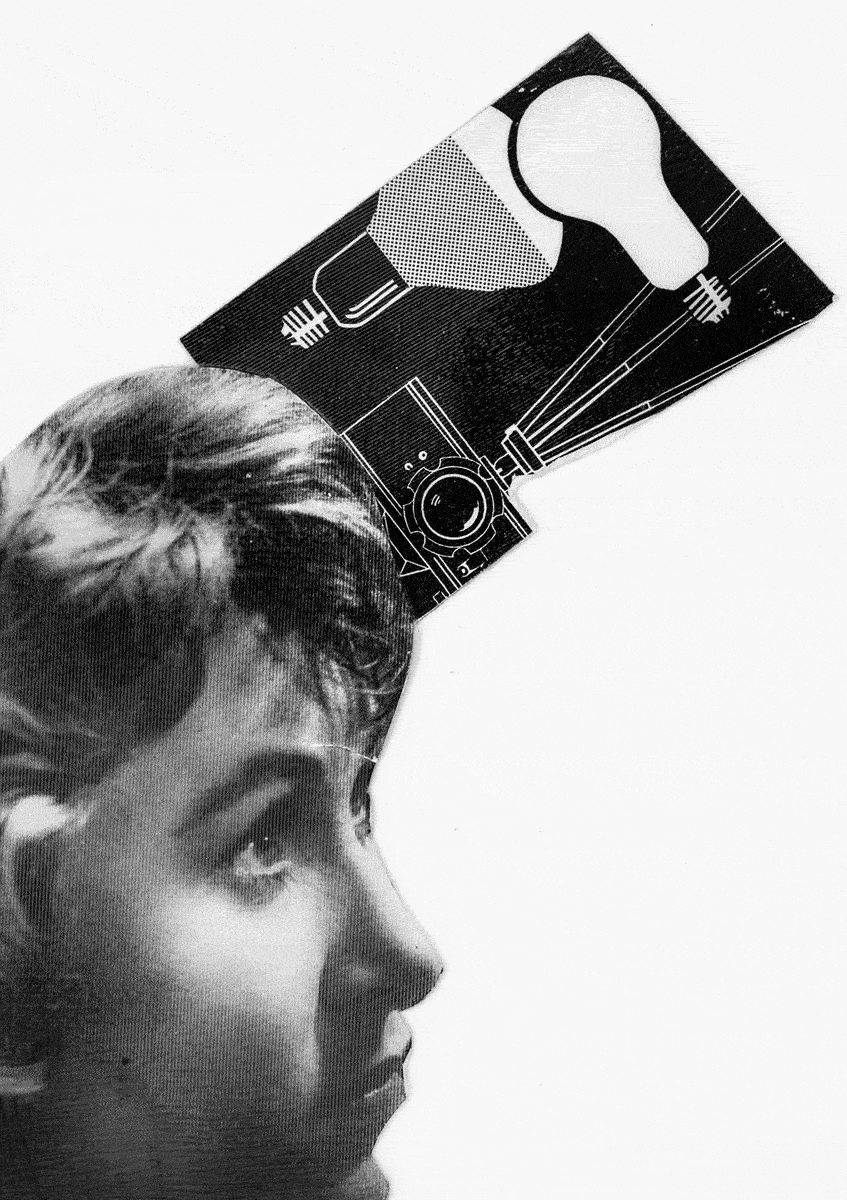
Your Face In Mine | HEYDT | 2020 | Analog Assemblage | 20in x 30in | Edition: $1500 | Original: $10,000

Your Face In Mine | HEYDT | 2020 | Analog Assemblage | 20in x 30in | Edition: $1500 | Original: $10,000

Your Face In Mine | HEYDT | 2020 | Analog Assemblage | 20in x 30in | Edition: $1500 | Original: $10,000

Your Face In Mine | HEYDT | 2020 | Analog Assemblage | 20in x 30in | Edition: $1500 | Original: $10,000

Your Face In Mine | HEYDT | 2020 | Analog Assemblage | 20in x 30in | Edition: $1500 | Original: $10,000

Your Face In Mine | HEYDT | 2020 | Analog Assemblage | 20in x 30in | Edition: $1500 | Original: $10,000

Your Face In Mine | HEYDT | 2020 | Analog Assemblage | 20in x 30in | Edition: $1500 | Original: $10,000

Your Face In Mine | HEYDT | 2020 | Analog Assemblage | 20in x 30in | Edition: $1500 | Original: $10,000

Your Face In Mine | HEYDT | 2020 | Analog Assemblage | 20in x 30in | Edition: $1500 | Original: $10,000

Your Face In Mine | HEYDT | 2020 | Analog Assemblage | 20in x 30in | Edition: $1500 | Original: $10,000
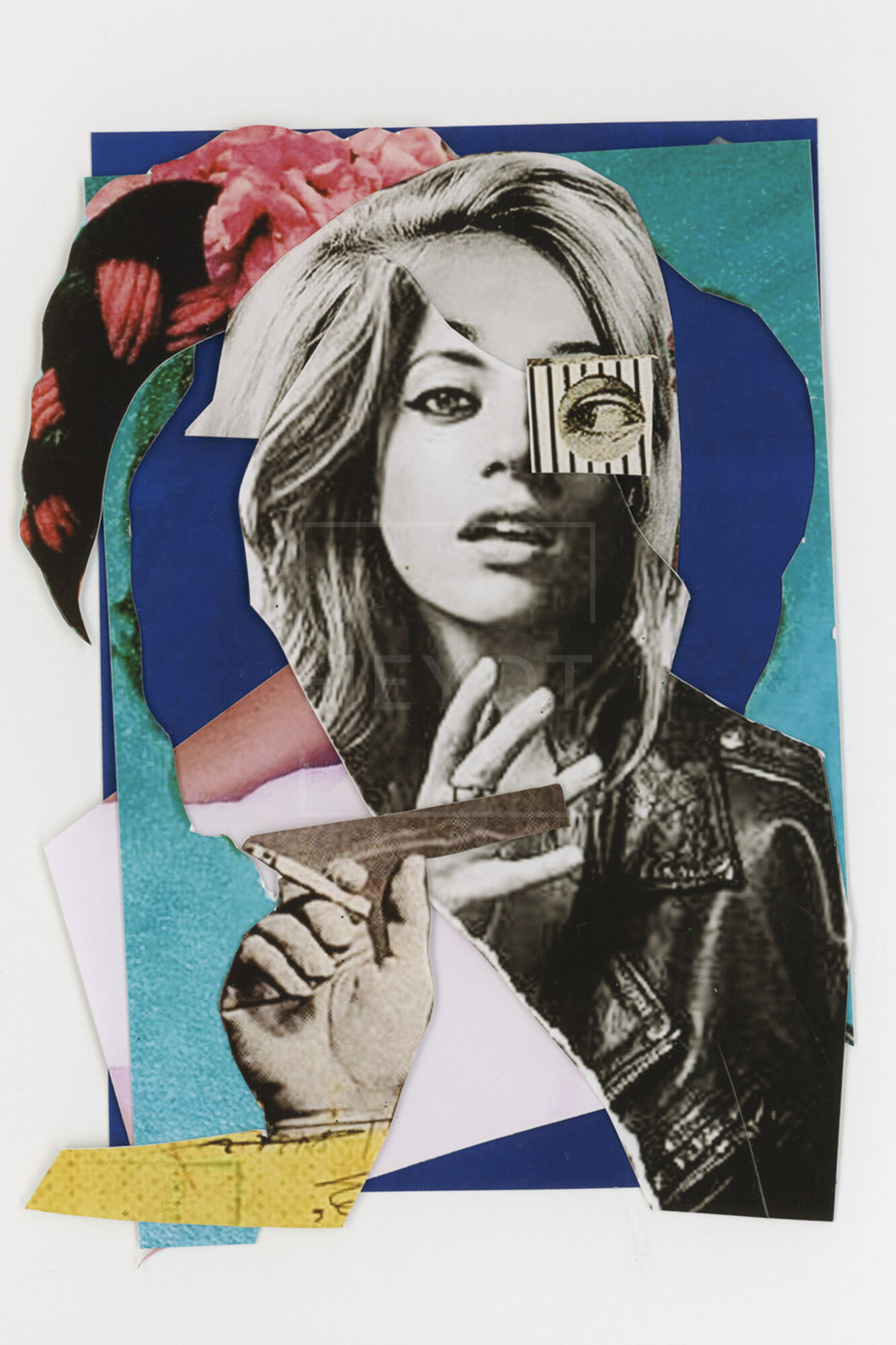
Your Face In Mine | HEYDT | 2020 | Analog Assemblage | 20in x 30in | Edition: $1500 | Original: $10,000

Your Face In Mine | HEYDT | 2020 | Analog Assemblage | 20in x 30in | Edition: $1500 | Original: $10,000

Your Face In Mine | HEYDT | 2020 | Analog Assemblage | 20in x 30in | Edition: $1500 | Original: $10,000

Your Face In Mine | HEYDT | 2020 | Analog Assemblage | 20in x 30in | Edition: $1500 | Original: $10,000

Your Face In Mine | HEYDT | 2020 | Analog Assemblage | 20in x 30in | Edition: $1500 | Original: $10,000

Your Face In Mine | HEYDT | 2020 | Analog Assemblage | 20in x 30in | Edition: $1500 | Original: $10,000

Your Face In Mine | HEYDT | 2020 | Analog Assemblage | 20in x 30in | Edition: $1500 | Original: $10,000

Your Face In Mine | HEYDT | 2020 | Analog Assemblage | 20in x 30in | Edition: $1500 | Original: $10,000

Your Face In Mine | HEYDT | 2020 | Analog Assemblage | 20in x 30in | Edition: $1500 | Original: $10,000

Your Face In Mine | HEYDT | 2020 | Analog Assemblage | 20in x 30in | Edition: $1500 | Original: $10,000

Your Face In Mine | HEYDT | 2020 | Analog Assemblage | 20in x 30in | Edition: $1500 | Original: $10,000

Your Face In Mine | HEYDT | 2020 | Analog Assemblage | 20in x 30in | Edition: $1500 | Original: $10,000

Your Face In Mine | HEYDT | 2020 | Analog Assemblage | 20in x 30in | Edition: $1500 | Original: $10,000

Your Face In Mine | HEYDT | 2020 | Analog Assemblage | 20in x 30in | Edition: $1500 | Original: $10,000

Your Face In Mine | HEYDT | 2020 | Analog Assemblage | 20in x 30in | Edition: $1500 | Original: $10,000

Your Face In Mine | HEYDT | 2020 | Analog Assemblage | 20in x 30in | Edition: $1500 | Original: $10,000

Your Face In Mine | HEYDT | 2020 | Analog Assemblage | 20in x 30in | Edition: $1500 | Original: $10,000

Your Face In Mine | HEYDT | 2020 | Analog Assemblage | 20in x 30in | Edition: $1500 | Original: $10,000

Your Face In Mine | HEYDT | 2020 | Analog Assemblage | 20in x 30in | Edition: $1500 | Original: $10,000

Your Face In Mine | HEYDT | 2020 | Analog Assemblage | 20in x 30in | Edition: $1500 | Original: $10,000


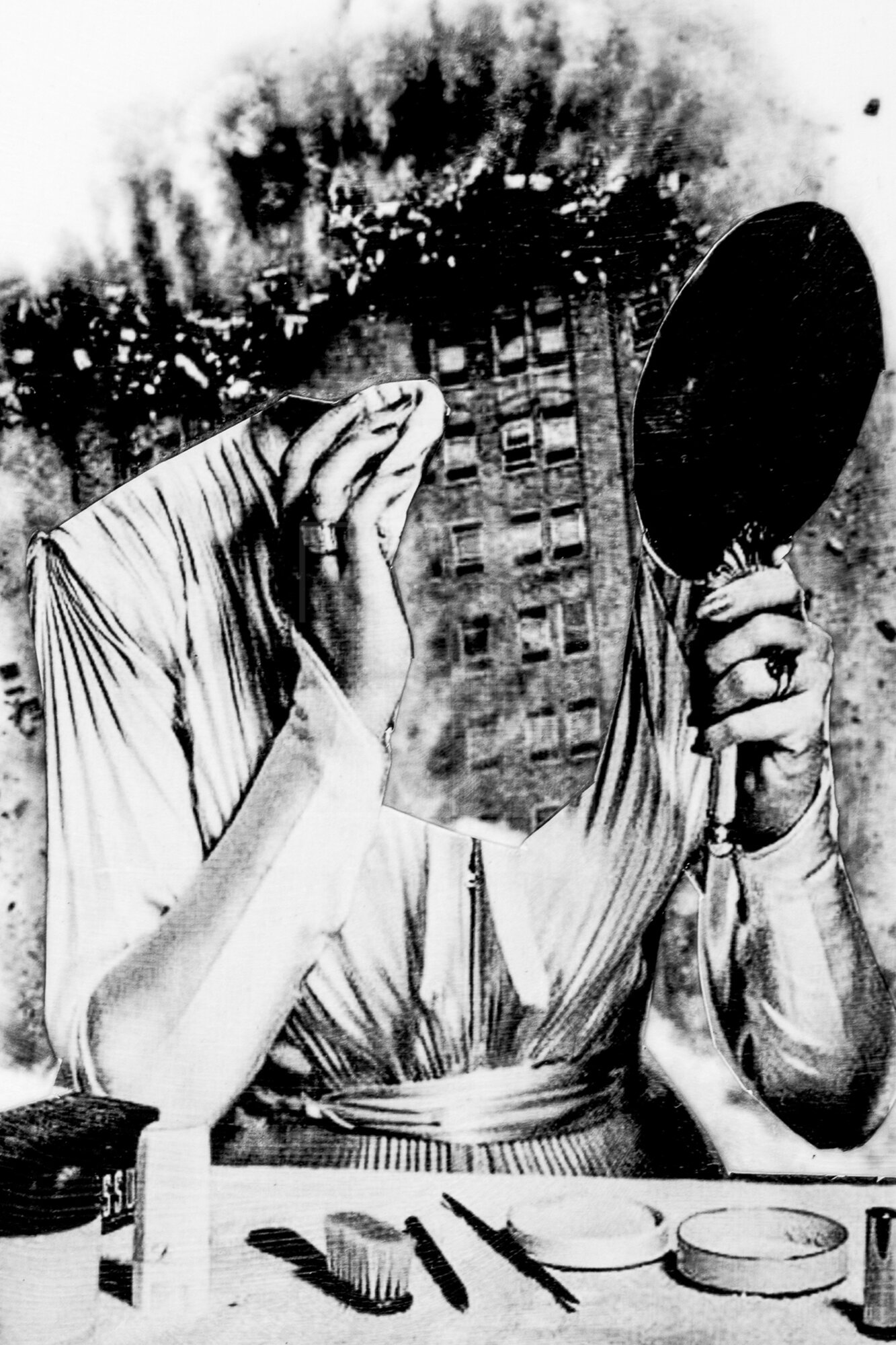
Your Face In Mine | HEYDT | 2020 | Analog Assemblage | 20in x 30in | Edition: $1500 | Original: $10,000

Your Face In Mine | HEYDT | 2020 | Analog Assemblage | 20in x 30in | Edition: $1500 | Original: $10,000

Your Face In Mine | HEYDT | 2020 | Analog Assemblage | 20in x 30in | Edition: $1500 | Original: $10,000

Your Face In Mine | HEYDT | 2020 | Analog Assemblage | 20in x 30in | Edition: $1500 | Original: $10,000

Your Face In Mine | HEYDT | 2020 | Analog Assemblage | 20in x 30in | Edition: $1500 | Original: $10,000

Your Face In Mine | HEYDT | 2020 | Analog Assemblage | 20in x 30in | Edition: $1500 | Original: $10,000

Your Face In Mine | HEYDT | 2020 | Analog Assemblage | 20in x 30in | Edition: $1500 | Original: $10,000

Your Face In Mine | HEYDT | 2020 | Analog Assemblage | 20in x 30in | Edition: $5000 | Original: $10,000

Your Face In Mine | HEYDT | 2020 | Analog Assemblage | 20in x 30in | Edition: $1500 | Original: $10,000

Your Face In Mine | HEYDT | 2020 | Analog Assemblage | 20in x 30in | Edition: $1500 | Original: $10,000

Your Face In Mine | HEYDT | 2020 | Analog Assemblage | 20in x 30in | Edition: $1500 | Original: $10,000

Your Face In Mine | HEYDT | 2020 | Analog Assemblage | 20in x 30in | Edition: $1500 | Original: $10,000

Your Face In Mine | HEYDT | 2020 | Analog Assemblage | 20in x 30in | Edition: $1500 | Original: $10,000

Your Face In Mine | HEYDT | 2020 | Analog Assemblage | 20in x 30in | Edition: $1500 | Original: $10,000

Your Face In Mine | HEYDT | 2020 | Analog Assemblage | 20in x 30in | Edition: $1500 | Original: $10,000

Your Face In Mine | HEYDT | 2020 | Analog Assemblage | 9x12in - $2100 | 20in x 30in - $10,000

Your Face In Mine | HEYDT | 2020 | Analog Assemblage | 20in x 30in | Edition: $1500 | Original: $10,000

Your Face In Mine | HEYDT | 2020 | Analog Assemblage | 20in x 30in | Edition: $1500 | Original: $10,000

Your Face In Mine | HEYDT | 2020 | Analog Assemblage | 20in x 30in | Edition: $1500 | Original: $10,000

Your Face In Mine | HEYDT | 2020 | Analog Assemblage | 20in x 30in | Edition: $1500 | Original: $10,000

Your Face In Mine | HEYDT | 2020 | Analog Assemblage | 20in x 30in | Edition: $1500 | Original: $10,000

Your Face In Mine | HEYDT | 2020 | Analog Assemblage | 20in x 30in | Edition: $1500 | Original: $10,000

Your Face In Mine | HEYDT | 2020 | Analog Assemblage | 20in x 30in | Edition: $1500 | Original: $10,000

Your Face In Mine | HEYDT | 2020 | Analog Assemblage | 20in x 30in | Edition: $1500 | Original: $10,000

Your Face In Mine | HEYDT | 2020 | Analog Assemblage | 20in x 30in | Edition: $1500 | Original: $10,000

Your Face In Mine | HEYDT | 2020 | Analog Assemblage | 20in x 30in | Edition: $1500 | Original: $10,000

Your Face In Mine | HEYDT | 2020 | Analog Assemblage | 20in x 30in | Edition: $1500 | Original: $10,000

Your Face In Mine | HEYDT | 2020 | Analog Assemblage | 20in x 30in | Edition: $1500 | Original: $10,000

Your Face In Mine | HEYDT | 2020 | Analog Assemblage | 20in x 30in | Edition: $1500 | Original: $10,000

Your Face In Mine | HEYDT | 2020 | Analog Assemblage | 20in x 30in | Edition: $1500 | Original: $10,000

Your Face In Mine | HEYDT | 2020 | Analog Assemblage | 20in x 30in | Edition: $1500 | Original: $10,000

Subjectivity is no longer dictated exclusively by your biographical realities, but manipulated by the mnemonic medium of mainstream media and multiplicity of curated digital identities yielded by social media. The virtual world has become integrated in the chronology of social time and life, the screen - a liminal area between two worlds which combines heterogeneous spaces both on and off screen. We live two lives. There’s the real us, and our avatar- which looks and sounds like us, but it’s not really us. It’s the persona we adopt in the public sphere. Our avatar is a sanitized projection of ourselves, a virtual expression stemming from rampant narcissism. Self-expression, be it in person or digital, is ultimately an affectation, identity- a dynamic process—neither permanent, nor static. Even our private selves are socially constructed and informed by a cumulative storm of social conditioning, subliminal and overt advertising.
We are experiencing a cultural shift in the way we dedicate ourselves to the past and our own histories. Childhood was once a construct recorded by adults and mirrored back to children through carefully curated family photo album. This is no longer the case. Through the implementation of new technology, the youth now have the capacity to produce a narrative of their lives, to choose what to remember and what to contribute to our own mythos. Long before children were able to create, edit, and curate images of their lives, they were already doing so on a psychic level. Freud called these images “screen memories”—no pun intended—and he thought that we used them to soften or obscure painful experiences. Humans have always tried to cope with the difficulty of memory, to turn it from an intolerable horror to something which is reassuringly innocuous and familiar. Social media just makes us more adept at it.
The shift from “media” to “social media” in the digital age has implications for processes of identity. Constantly confronted with evidence of our past, have we traded “screen memories for screens”? This is of particular import for those who yearn to establish new identities. People who transition, for instance, often rely on having a clean break, visually, with their previous appearances. Now that the Internet is more permanent, and more pervasive, it’s hard to avoid the relics of past identities.

